

Search Smartraveller

Latest update
Exercise a high degree of caution in Indonesia overall due to security risks.
Higher levels apply in some areas.

Indonesia (PDF 699.19 KB)
Asia (PDF 2.21 MB)
Local emergency contacts
Fire services, ambulance and rescue services, medical emergencies.
Call 110 or 112.
Tourist Police, Bali
Call (+0361) 759 687.
Tourist Police, Jakarta
Call (+201) 526 4073.
Advice levels
Exercise a high degree of caution in Indonesia overall.
Reconsider your need to travel to the provinces of Papua (Papua), Papua Highlands (Papua Pegunungan), Central Papua (Papua Tengah) and South Papua (Papua Selatan).
Reconsider your need to travel to the provinces of Papua, Papua Pegunungan, Papua Tengah and Papua Selatan due to the risk of serious security incidents or demonstrations that may turn violent.
- There's an ongoing risk of terrorist attack in Indonesia. Be alert to possible threats. Take official warnings seriously and follow the advice of local authorities. Popular tourist areas may be the target of terrorist attacks.
- Public protests and events that draw large groups of people occur regularly and can turn violent with little notice. Expect traffic delays and restricted access to locations if there are protests. Avoid protests and demonstrations and monitor local media for the latest updates.
- Many of Indonesia's volcanoes are active and can erupt without warning. Adhere to exclusion zones around volcanoes, which can change at short notice, and follow the advice of local authorities. Domestic and international flights can be disrupted. Monitor Indonesia's Volcano Observatory Notice for the latest volcanic activity (Bahasa Indonesia and English), Global Disaster Alert and Coordination System and the Volcanic Ash Advisory Centre for updates.
- There's been tension, including demonstrations and violence, in certain towns in the provinces of Papua, Papua Pegunungan, Papua Tengah and Papua Selatan in recent years. Armed groups have stated that they're targeting foreigners, including Australians. Our ability to provide consular support in these provinces is limited. Armed groups have shot at aircraft, including commercial planes, in remote airports in Papua Pegunungan and Papua Tengah provinces.
- Petty and violent crime occurs in Indonesia. Opportunistic crime, such as pickpocketing occurs. Drinks may be spiked or mixed with toxic substances. Crimes involving taxis and taxi drivers occur. Solo women are at higher risk. Be alert in taxis, public transport, crowds, bars and nightclubs.
- Legal disputes over real estate are common, including in Bali. Before entering into an agreement or providing financial details, do your research and get legal advice.
- Natural disasters such as severe weather, floods, landslides, earthquakes, volcanic eruptions and tsunamis occur regularly. Weather conditions can change quickly during the wet season (October – April). Regularly check weather reports, monitor media and speak to your travel provider before continuing with planned activities. Follow the advice of local authorities.
- When undertaking adventure activities, ensure that functioning safety equipment is available, that you have travel insurance and that your policy covers you for these activities.
Full travel advice: Safety
- The standard of medical facilities in Indonesia is generally lower than in Australia. Many regional hospitals only provide basic facilities.
- Some medications, including prescription medications, drugs for attention deficit hyperactivity disorder (ADHD), all cannabis-based products including medicinal cannabis, cannabis-based oils and creams, hemp-based products, CBD, THC, hash and edibles, are illegal in Indonesia. Harsh penalties, such as arrest and jail time, can apply even if you have a prescription. Make sure your medication is legal in Indonesia .
- Purchasing prescription medication online or over the counter in Indonesia without an Indonesian prescription is illegal. Ensure you provide a valid prescription from an Indonesian doctor before purchasing prescription medication and confirm that it's accepted by the seller before your purchase.
Full travel advice: Health
- Indonesia has revised its criminal code, which includes penalties for cohabitation and sex outside of marriage. These revisions will not come into force until January 2026.
- Penalties for drug offences include heavy fines, long prison sentences and the death penalty. Police target tourist destinations.
- Some medications are illegal in Indonesia. Harsh penalties can apply even if you have a prescription. It is also illegal to purchase prescription medications online or over the counter without an Indonesian prescription. Ensure you have a valid Indonesian prescription. See ' Health '.
The death penalty exists for some crimes in Indonesia.
- Standards of dress and behaviour are conservative in many parts of Indonesia. Learn about local customs. Take care not to offend.
- Aceh province upholds aspects of sharia law. Sharia law applies to everyone, including travellers. Inform yourself about the laws, and be careful not to offend or break local laws. If in doubt, seek local advice.
Full travel advice: Local laws
- The Bali Provincial Government has introduced a new tourist levy of IDR 150,000 per person to foreign tourists entering Bali. The tourist levy is separate from the e-Visa on Arrival or the Visa on Arrival. Cashless payments can be made online prior to travel or on arrival at designated payment counters at Bali's airport and seaport. See the Bali Provincial Government's official website and FAQs for further information.
- If you're travelling to Indonesia for tourism, official government duties or business meetings, you can apply for an e-Visa on Arrival (e-VOA) online at least 48 hours before your travel to Indonesia. This also applies if you're transiting through Indonesia at international airports, seaports and land crossings. You can get a Visa on Arrival (VOA) at some international airports, seaports or land crossings.
- To apply for the e-VOA or VOA, you must have an ordinary (non-emergency) passport with at least 6 months of validity from the date you plan to enter (we also recommend having at least 6 months of passport validity from the date you plan to leave Indonesia, to avoid any issues for your departure or onward travel) and a return or onward flight booking to another country.
- You may need to apply for a visa in advance to enter Indonesia for purposes not covered by the e-VOA or VOA. Check the latest entry requirements with your travel provider or an Embassy or Consulate of Indonesia before travel. Entry, exit and transit conditions can change at short notice. Monitor media for the latest updates.
- You'll be required to complete an e-customs declaration for arrival. You can complete this within 3 days of departure to Indonesia.
- Travel requirements may change at short notice, including travel to Bali and Jakarta by air, land or sea. Contact your travel provider and monitor media for up-to-date details.
Full travel advice: Travel
Local contacts
- The Consular Services Charter tells you what the Australian Government can and can't do to help when you're overseas.
- For consular help, contact the Australian Embassy, Jakarta , the Australian Consulate-General, Bali , the Australian Consulate-General, Makassar or the Australian Consulate-General, Surabaya .
- To stay up to date with local information, follow the Embassy's social media accounts.
Full travel advice: Local contacts
Full advice
The terrorist threat in Indonesia is ongoing. Attacks could happen anywhere and anytime. This includes places that foreigners visit.
Be alert to possible threats. Take official warnings seriously and follow the advice of local authorities. Remain respectful of religious and local customs.
Indonesian authorities continue to investigate and disrupt terrorist groups in Indonesia, including Bali.
Terrorist attacks are motivated by extreme beliefs. Both local grievances as well as events in other parts of the world could motivate extremists in Indonesia towards violence.
Recent terrorist attacks
In December 2022, an explosion occurred at a police station in Bandung, Jawa Barat, killing 2 and injuring 11.
In March 2021, 2 suicide bombers attacked a church in Makassar, injuring dozens.
In the past, police have said that terrorist suspects remain at large and may seek Western targets.
Indonesian security agencies continue to conduct operations against terrorist groups.
Terrorists in Indonesia may carry out small-scale violent attacks with little or no warning.
Be alert in places of worship, especially during periods of religious significance.
Terrorists have targeted places of worship in:
As well as places of worship, other possible targets by terrorists include:
- Indonesian government facilities, premises and symbols associated with the Indonesian Government
- police stations and checkpoints
- bars, nightclubs, cafes and restaurants
- cinemas and theatres
- shopping centres, public transport and transport hubs
- airports and airlines
- clubs, including sporting clubs
- tourist areas and attractions, tour buses and tour groups
- outdoor recreation events
Supporters have committed additional acts of violence in response to high-profile extremists being detained or killed.
To protect yourself during a terrorist attack:
- leave the area as soon as it's safe
- follow the advice of local authorities
- don't gather in a group after an attack
- don't gather in a group if you're evacuated from a building
Security remains at a high level at:
- the Australian Embassy in Jakarta
- the Consulates-General in Bali, Makassar and Surabaya
More information:
Civil unrest and political tension
Most events are announced before they happen; however, protests may occur with little or no notice.
Protests and events are often held near major government buildings and embassies in Jakarta, including the Australian Embassy.
Protests may also occur at any of Australia's Consulates-General in Surabaya, Bali and Makassar, at government buildings, or the offices of international organisations in Indonesia.
You can expect traffic delays and restricted access to locations if there are protests.
Phone or email ahead for an appointment before going to the Embassy or the Consulates-General (see Local contacts ).
Demonstrations and acts of violence can happen when courts try and sentence extremists.
Conflict between different communities can sometimes occur, including in the provinces of Papua, Papua Pegunungan, Papua Tengah and Papua Selatan. Our ability to provide consular support in these provinces is limited.
Local violence can also be directed at minority groups in other parts of Indonesia, including in Java.
If you're found to endanger security or public order, you may be prosecuted under Indonesia's Immigration laws, which may result in imprisonment or deportation.
To protect yourself from possible violence:
- avoid protests and demonstrations
- monitor local media for the latest security updates
- plan your activities to avoid potential unrest on significant dates
- be prepared to change your travel plans
- Demonstrations and civil unrest
Armed conflict
The provinces of Papua, Papua Pegunungan, Papua Tengah and Papua Selatan experience regular violent clashes involving armed groups, civilians, Indonesian police, and the military. Armed groups have stated that they are targeting foreigners, including Australians. Our ability to provide consular support in these provinces is limited.
Many people have been killed and injured in clashes. This includes members of security forces, armed groups and civilians. Violent attacks have occurred in several areas of these provinces, including in and around Jayapura. There's a risk of more attacks.
On 23 February 2023, a riot broke out in Wamena, Papua Pegunungan, when a crowd attacked Indonesian security personnel following the arrest of two people accused of child kidnapping. 12 civilians and rioters were killed.
Violent attacks have occurred around the Freeport Mine in Papua Tengah.
Armed groups have:
- taken a New Zealand pilot hostage in Paro, Papua Pegunungan
- shot at aircraft, including commercial planes, at Beoga airport in Pupua Tengah province and Nop Goliat Dekai airport in Papua Pegunungan province.
- killed people in attacks, including one Australian
- attacked vehicles using the road between Grasberg and Timika
- killed people in violent attacks in Puncak Jaya District, Papua Tengah
- more attacks are possible and could target infrastructure and national institutions.
A range of crimes, including violent crime, occur in Indonesia. Crimes can happen in popular tourist locations in Bali.
To protect yourself from crime:
- be aware of your surroundings
- be alert in crowds
- understand the potential crime risks
Theft, robbery and bag and phone snatching have occurred. These crimes can sometimes involve violence. Opportunistic crime such as pickpocketing occurs.
Be careful of thieves:
- on motorcycles targeting pedestrians
- in upmarket shopping malls
- in crowded public transport
- at traffic lights targeting people in stopped cars
- at bars and nightclubs
- when entering accommodation, including villas in Bali
Keep bags and valuables out of sight in vehicles.
If you're travelling on foot, walk:
- on footpaths
- away from the curb
- with your bag held away from traffic
Sexual assault
If you're a victim of sexual assault :
- get immediate medical assistance. If you have any doubts about seeking medical assistance after a sexual assault, contact your nearest Australian Embassy or Consulate in Indonesia (see Local contacts ) as quickly as possible.
- make a full statement to local police, in person, so they can conduct a criminal investigation. You may wish to seek consular help before you visit the police station. Contact your nearest Australian Embassy or Consulate (see Local contacts ).
Local police can only investigate a crime after you've left Indonesia if you've reported it.
Your sworn statement, or statements by witnesses, can be used as evidence in criminal court proceedings.
You don't always need to be in Indonesia for trial. Neither do witnesses who live outside of Indonesia.
Counselling support
Should you wish to speak to a counsellor, you can call the 24-hour Consular Emergency Centre on +61 2 6261 3305 or contact your nearest Australian Embassy or Consulate (see Local contacts ). They can connect you to counselling hotlines and services.
- Reducing the risk of sexual assault
Bars and nightclubs
Be alert in bars and nightclubs. Drink-spiking and snatching of valuables may occur if you're not alert.
Drinks may be contaminated with drugs or toxic substances. See Health .
Don't leave your food or drinks unattended.
Never accept drinks, food, gum, cigarettes, vapes or e-cigarettes from people you've just met.
- Partying safely
Credit card and ATM fraud
Credit card, online banking and ATM fraud occurs in Indonesia.
Check your bank statements.
Make sure your bank doesn't block your cards. Tell your bank you'll be visiting Indonesia.
Never let your card out of your sight. This includes when you pay in restaurants.
Shield your PIN from sight.
Some vendors install hidden cameras and use card skimmers.
Don’t click on unknown links in WhatsApp or mobile phone text messages, particularly if your phone is linked to mobile banking.
Use ATMs at controlled and secure places, such as:
- shopping centres
Scams and confidence tricks
Beware of scams and confidence tricks.
Only exchange money at authorised money changers. Authorised money changers can also be found on the Bali Foreign Exchange website . Unauthorised money changers have been known to scam foreign tourists in Bali and elsewhere.
All types of gambling are illegal in Indonesia.
Australians have lost large sums of money in card game scams run by organised gambling gangs, particularly in Bali. See Local laws
Some tourists have been robbed or planted with drugs after taking new acquaintances back to their hotel rooms. In some cases, their drinks were spiked.
Legal disputes over the purchase of real estate are common, including in Bali, involving:
- holiday clubs and resorts
- timeshare schemes
Before entering into an agreement or providing financial details:
- thoroughly research the proposal
- get legal advice and know your rights, especially before you sign any documents
Using taxis
Only use licensed official metered taxis. Crimes involving unregistered taxis include:
- taxis departing before the passenger can take their baggage from the vehicle
- taxi drivers robbing or temporarily holding passengers, including in urban areas
- taxi drivers forcing passengers to withdraw money at ATMs before releasing them
Lone female travellers are at higher risk of crime.
If you're in an incident involving a taxi, leave the taxi and the immediate area if it's safe to do so.
To protect yourself from overcharging and scams:
- only travel in licensed taxis with signage, a "taxi" roof sign and meters working
- ensure the driver's identification card is visible
- book via your phone, on an official taxi company mobile app, from inside an airport, or at stands at major hotels
See Travel .
Cyber security
You may be at risk of cyber-based threats during overseas travel to any country. Digital identity theft is a growing concern. Your devices and personal data can be compromised, especially if you're connecting to Wi-Fi, using or connecting to shared or public computers, or to Bluetooth.
Social media can also be risky in destinations where there are social or political tensions, or laws that may seem unreasonable by Australian standards. Travellers have been arrested for things they have said on social media. Don't comment on local or political events on your social media.
- Cyber security when travelling overseas
Kidnapping occurs across the world with political, ideological and criminal motives. Foreigners, including Australians, have been kidnapped overseas while travelling. Kidnaps can happen anywhere, anytime, including destinations that are typically at lower risk.
On 7 February 2023, a New Zealand pilot was taken hostage by an armed group in Paro, Papua Pegunungan.
The Australian Government's longstanding policy is that it doesn't make payments or concessions to kidnappers.
Adventure activities
Many businesses don't follow safety and maintenance standards. This includes transport and tour operators, water sports providers, hotels, restaurants and shops.
It may affect adventure activities, such as:
- bungee jumping
- scuba diving and snorkelling
- chairlift or gondola rides
In the past, Australians have been seriously injured or died while participating in adventure activities. If you require intensive care medical treatment, emergency surgery or medical evacuation. The Australian Government won't pay for these costs.
If you plan to do an adventure activity :
- check if your travel insurance policy covers it
- ask about safety, search and rescue procedures
- ask about and insist on minimum safety requirements
- always use available safety gear, such as life jackets or seatbelts
- check with your travel provider on vessel capacity limits before embarking on sea, land or air travel
- check weather and ocean conditions, and whether the vessel has had any mechanical issues, on the day and before continuing with water activities or sea travel
- check where the nearest medical facilities are
If proper safety equipment isn't available or you're unsure of the provider's safety or maintenance procedures, use another provider.
Trekking and climbing
Some mountain treks suit only experienced climbers. Travel with a guide and check the level of difficulty beforehand.
Many trekking options may be on or around an active volcano. Many of Indonesia's volcanoes are active and can erupt without warning. Volcanic and seismic activity may continue for some time. Adhere to exclusion zones around volcanoes, which can change at short notice, and follow the advice of local authorities. If you're planning to travel to an area near an active volcano, check with local authorities before climbing and check:
- Bureau of Meteorology Volcanic Ash Advisory Centre
- MAGMA Indonesia (Bahasa Indonesia) for daily updates on status and alert levels
- National Disaster Management Authority (BNPB) (Bahasa Indonesia)
- Global Disaster Alert and Coordination System
Swimming safety
People have drowned in coastal areas, including in Bali, due to rough seas, strong currents, or from swimming, snorkelling or scuba diving in areas where there is frequent passage of boats, resulting in collisions.
Local beach rescue services may not be of the same standard as in Australia.
Saltwater crocodiles are in rivers throughout Indonesia. Avoid swimming around river estuaries and seek local advice in other locations.
If you plan to spend time in or on the water:
- regularly check weather reports as sea conditions can change rapidly
- take warnings seriously
- check media and local sources for information about potential dangers
- speak to your travel provider about safety equipment and weather conditions before continuing with planned activities
- take a friend or family member with you when you undertake swimming or water activities
- be careful when swimming, snorkelling or scuba diving near motor-powered boats or where there is frequent passage of boats
- ensure you have travel insurance and that your policy covers you for planned activities
Ensure you have travel insurance and that your policy covers you for planned activities.
Climate and natural disasters
Indonesia experiences natural disasters and severe weather , including:
- landslides and mudslides
- volcanic eruptions
- earthquakes
- storms resulting in turbulent sea conditions
- tsunamis and high wave events
If there's a natural disaster or severe weather:
- always carry your passport in a waterproof bag
- keep in contact with family and friends
- check the media and local sources for information
- don't undertake sea, land or air travel if it's not safe to do so
- Indonesian Meteorology, Climatology and Geophysics Agency (BMKG) (English and Bahasa Indonesia)
- BMKG Multi-Hazard Early Warning System app (English and Bahasa Indonesia)
Floods and mudslides
Floods , landslides and mudslides occur regularly during the wet season from October to April, with some severe events resulting in injury, displacement, death or damaged infrastructure.
Heavy rains can cause significant flooding in urban areas, including the greater Jakarta region, causing disruption to transportation. Monitor the local media for updates.
Walking and driving in flooded areas can be dangerous. Flood waters may hide uncovered drainage ditches.
Volcanic activity may escalate with little or no notice, leading to flight disruptions and airport closures, including in surrounding provinces. Contact your airline for the latest flight information.
There are 147 volcanoes in Indonesia. 76 of them are active volcanoes and could erupt at any time.
Volcanic alert levels and exclusion zones may rise quickly. You may be ordered to evacuate at short notice. Volcanic activity can disrupt domestic and international flights. There are 4 volcano alert levels in Indonesia; 1 - normal, 2 - advisory, 3 - watch, 4 - warning.
Before you travel to areas that are prone to volcanic activity, monitor media and ensure you read the Indonesian Government's latest advice on current volcanic activity, including:
- Volcanic Activity Report by Indonesia's Multiplatform Application for Geohazard Mitigation and Assessment (MAGMA) (Bahasa Indonesia)
- Volcano Activity and Observatory Notices (English and Bahasa Indonesia)
- MAGMA Indonesia Map of Latest Volcano Levels and Climate Information (Bahasa Indonesia)
- Bureau of Meteorology's Volcanic Ash Advisory Centre
If there's volcanic activity:
- avoid the area
- take official warnings seriously and adhere to exclusion zones
- follow the instructions and advice of local authorities
- follow evacuation orders
- read our advice on Volcanic eruptions while travelling
Volcanic ash can cause breathing difficulties. The risk is higher for people with chronic respiratory illnesses, including:
Recent and frequent volcanic activity has included:
- Mount Ile Lewetolok in East Nusa Tenggara (Nusa Tenggara Timur)
- Mount Lewotobi Laki Laki in East Flores Regency, Nusa Tenggara Timur
- Mount Marapi in West Sumatra
- Mount Anak Krakatau, to the south of Sumatra
- Mount Merapi, near Yogyakarta
- Mt Dukono in North Sulawesi
- Mount Semeru, near Malang, East Java
- Mount Agung in Bali
- Mount Sinabung in North Sumatra
Some trekking routes are on or near active volcanoes, including Mount Agung and Mount Batur in Bali, Mount Marapi in West Sumatra, Mount Merapi near Yogyakarta, Mount Rinjani in Lombok, Mount Bromo and Mount Ijen in East Java. See 'Trekking and climbing'.
If you're planning to travel to an area near an active volcano, make sure you have comprehensive travel insurance and check if any restrictions apply.
If a volcanic eruption occurs:
- make a backup plan in case you're affected
- contact your airline or travel insurer to confirm flight schedules and get help
- keep in touch with family and friends
- Learn more about volcanic eruptions (Geoscience Australia)
- See practical advice and information about volcanic eruptions (US CDC)
- See worldwide volcanic activity reports in real-time (GDACS)
Earthquakes
Indonesia is in an active earthquake region. It has a high level of earthquake activity, that sometimes triggers tsunamis.
There are approximately 4,000 earthquakes across Indonesia every year. Around 70 to 100 of these are over 5.5 magnitude.
Earthquakes can cause death, injury and significant damage to infrastructure.
Strong earthquakes can occur anywhere in Indonesia. They are less common in Kalimantan and south-west Sulawesi.
To stay safe during an earthquake:
- know the emergency plans at your accommodation
- take precautions to avoid exposure to debris and hazardous materials, including asbestos
- MAGMA Indonesia (Bahasa Indonesia)
- Indonesia's Meteorology, Climatology and Geophysics Agency (Bahasa Indonesia) or BMKG Multi-Hazard Early Warning System app (English and Indonesia)
- Indonesia's Centre for Volcanology and Geological Disaster Mitigation (Bahasa Indonesia)
- US Federal Emergency Management Agency advice on what to do before, during and after an earthquake (English)
Forest fires and smoke haze
During the dry season in April to November, widespread forest fires can cause smoke haze resulting in poor air quality across parts of Indonesia, particularly the Riau Islands, central Sumatra and Kalimantan.
Smoke haze could affect your health and travel plans.
Keep up to date with local information and seek medical advice on appropriate precautions.
- ASEAN Regional Haze Situation
- Smartraveller advice on Bushfires
Tsunamis and high wave events
The Indian and Pacific Oceans experience more frequent, large and destructive tsunamis than other parts of the world.
There are many large earthquakes along major tectonic plate boundaries and ocean trenches.
High wave events can happen throughout coastal regions and between islands. They're caused by strong weather conditions and storms.
If you plan to surf, undertake water activities or travel by sea, check local conditions regularly.
If there’s a tsunami or high wave event:
- don't travel by sea if it's not safe to do so
- Indonesia Tsunami Early Warning Centre issues warnings when a potential tsunami with significant impact is expected
- Indonesia's Meteorology, Climatology and Geophysics Agency with the latest list of earthquakes with a magnitude greater than 5.0 on the Richter scale (Bahasa Indonesia) or BMKG Multi-Hazard Early Warning System app (English and Bahasa Indonesia)
- US Federal Emergency Management Agency page on what to do before, during and after an earthquake
Piracy occurs in the coastal areas of Indonesia.
The International Maritime Bureau (IMB) issues weekly piracy reports.
If you decide to travel by boat in these regions:
- check IMB piracy reports
- get local advice
- arrange security measures
- Travelling by boat
- Going on a cruise
- International Maritime Bureau
Travel insurance
Get comprehensive travel insurance before you leave.
Your policy needs to cover all overseas medical costs, including emergency treatment and medical evacuation. The Australian Government won't pay for these costs.
If you can't afford travel insurance, you can't afford to travel. This applies to everyone, no matter how healthy and fit you are.
If you're not insured, you may have to pay many thousands of dollars up-front for medical care.
Before you travel, confirm:
- what activities and care your policy covers
- that your insurance covers you for the whole time you'll be away, including on all forms of transport you plan to take
- whether it covers medical evacuation in the event of hospitalisation or injury
- any exclusions to your policy
Physical and mental health
Consider your physical and mental health before you travel, especially if you have an existing medical condition.
See your doctor or travel clinic to:
- have a basic health check-up
- ask if your travel plans may affect your health
- plan any vaccinations you need
Do this at least 8 weeks before you leave.
If you have immediate concerns for your welfare or the welfare of another Australian, call the 24-hour Consular Emergency Centre on +61 2 6261 3305 or contact your nearest Australian Embassy, High Commission or Consulate to discuss counselling hotlines and services available in your location.
- General health advice
- Healthy holiday tips (Healthdirect Australia)
Not all medication available over the counter or by prescription in Australia is available in other countries. Some may even be considered illegal or a controlled substance, even if prescribed by an Australian doctor.
Some drugs used to treat attention deficit hyperactivity disorder (ADHD) are illegal in Indonesia.
If you plan to bring over-the-counter or prescription medication, check if it's legal in Indonesia by contacting the Indonesian Embassy in Canberra well in advance of your planned travel. Take enough legal medicine for your trip and carry it in its original packaging. Purchasing prescription medication online in Indonesia without an Indonesian prescription is illegal. Ensure you provide a valid prescription from an Indonesian doctor before purchasing prescription medication and confirm that it's accepted by the seller prior to your purchase.
Carry a copy of your prescription and a letter from your doctor stating:
- what the medicine is
- your required dosage
- that it's for medical treatment or use
If you're caught with illegal medicine, you could face detention, fines or harsher penalties. You could face charges even if an Australian doctor prescribed the medication.
Ask the Indonesian Embassy in Canberra for advice before you travel.
Medicinal cannabis and cannabis-based products
Cannabis-based products such as cannabis oil and creams, hemp, CBD, THC, hash and edibles remain illegal in Indonesia, including for medicinal purposes. A medical prescription does not make it legal. If you take such products to Indonesia or purchase or use them in Indonesia, you can be arrested and face imprisonment, fines, deportation or the death penalty.
- Medications
Health Risks
Critical care for Australians who become seriously ill, including in Bali, is significantly below the standard available in Australia. Medical evacuation may not be possible.
The Australian Government cannot guarantee your access to hospitals and other health services in Indonesia.
Medical evacuation to Australia for medical conditions, is possible but is very expensive and may not be covered by travel insurance. Check your policy before you travel.
Ban on sale of liquid/syrup medication
The Indonesian Ministry of Health (MoH) has advised local health workers and pharmacists to stop selling liquid/syrup medication, including commonly used medications containing paracetamol and cough syrups. MoH and the Indonesian Paediatrician Association (IDAI) received reports of a sharp increase in cases of Atypical Progressive Acute Kidney Injury (AKI) in children , especially under the age of 5 years.
Insect-borne illnesses
Insect-borne illnesses are common throughout the year.
To protect yourself from disease:
- research your destination
- ask locals for advice
- make sure your accommodation is mosquito-proof
- use insect repellent
- wear long, loose, light-coloured clothing
Dengue occurs throughout Indonesia, including Bali, Jakarta and other major cities.
Dengue is common during the rainy season.
Australian health authorities have reported an increase in dengue infections in people returning from Bali in recent years.
Consult your travel doctor for further information on available vaccines and their suitability for your individual circumstances.
Zika virus can occur in Indonesia.
Protect yourself from mosquito bites.
The Australian Department of Health and Aged Care advises pregnant women to:
- discuss any travel plans with their doctor
- consider deferring non-essential travel to affected areas
Malaria , including chloroquine-resistant strains, is widespread in rural areas, particularly in the provinces of Papua, Papua Pegunungan, Papua Tengah, Papua Selatan, Papua Barat Daya, Papua Barat, Maluku and Nusa Tenggara Timur. There is no malaria transmission in Jakarta.
- Consider taking medicine to prevent malaria.
Japanese encephalitis and filariasis
Japanese encephalitis and filariasis occur in Indonesia, especially in rural agricultural areas.
Japanese encephalitis has been present in Australian travellers returning from Indonesia, including Bali.
Vaccination is recommended for certain groups of travellers.
- Infectious diseases
Drink poisoning
People have been poisoned by alcoholic drinks contaminated with harmful substances, including methanol and arak (a traditional rice-based spirit). Locals and foreigners, including Australians, have died or become seriously ill from poisoned drinks.
Cases of drink poisoning have been reported in Bali and Lombok.
Contaminated drinks have included:
- local spirits
- spirit-based drinks, such as cocktails
- brand name alcohol
To protect yourself from drink poisoning:
- consider the risks when drinking alcoholic beverages
- be careful drinking cocktails and drinks made with spirits
- drink only at reputable licensed premises
- avoid home-made alcoholic drinks
Labels on bottles aren't always accurate.
Symptoms of methanol poisoning can be similar to drinking too much. However, they are usually stronger.
Symptoms of methanol poisoning include:
- vision problems
Vision problems may include:
- blindness, blurred or snowfield vision
- changes in colour perception
- difficulty looking at bright lights
- dilated pupils
- flashes of light
- tunnel vision
If you suspect that you or someone you're travelling with may have been poisoned, act quickly. Urgent medical attention could save your life or save you from permanent disability.
Report suspected cases of methanol poisoning to the Indonesian police.
Magic mushrooms
Don't consume magic mushrooms. They're illegal.
Australians have become sick or injured after taking magic mushrooms.
Australians have been in trouble with local police after taking magic mushrooms, particularly in Bali.
Magic mushrooms can cause major health problems, including:
- erratic behaviour
- severe hallucinations
Rabies is a risk throughout Indonesia, especially in:
- Nusa Tenggara Timur, including Labuan Bajo
- South Sulawesi
- West Kalimantan
- Nias, off the west coast of Sumatra
To protect yourself from rabies:
- avoid direct contact with dogs
- don't feed or pat animals
- avoid contact with other animals, including bats and monkeys.
Talk to your doctor about getting a pre-exposure rabies vaccination.
If bitten or scratched by an animal:
- immediately use soap and water to wash the wound thoroughly for 15 minutes
- seek urgent medical attention.
Rabies treatment in Indonesia may be limited, including the rabies vaccine and immunoglobulin availability. If you're bitten, you may need to return to Australia or travel to another country for immediate treatment.
You're at risk of contracting rabies if you visit a market where live animals and fresh food are sold because:
- live rabies-positive dogs may be present
- rabies-positive dog meat may be sold as food
Selling dog meat for human consumption is a breach of government disease control regulations.
Avoid contact with monkeys, even in places where you're encouraged to interact with them. This includes:
- popular markets
- tourist destinations
- sanctuaries
Legionnaires' disease
Cases of Legionnaires' disease have been reported in people who have travelled to Bali. Travellers who are unwell with flu-like symptoms within 10 days of returning from Bali are advised to consult their GPs.
- Legionnaires' disease warning for Bali travellers (Western Australian Government Department of Health)
- Legionnaires’ disease (Better Health Channel, Victorian Government Department of Health)
- Legionnaires' disease (World Health Organization)
Cases of poliovirus (type 1) have been reported in the provinces of Papua, Papua Pegunungan, Papua Tengah and Papua Selatan. Poliovirus (type 2) cases have been reported in the provinces of Aceh, East, West and Central Java. There may be unreported cases in other provinces in Indonesia.
Ensure that you're vaccinated against polio.
- Factsheet on poliovirus types (World Health Organization)
- Health emergencies information for Indonesia (World Health Organization)
Periodic outbreaks of measles continue to be reported in Indonesia, including Bali.
You need 2 doses of vaccine 4 weeks apart to be fully vaccinated against measles.
If you have symptoms of measles, seek medical attention.
Measles is highly infectious. Call before attending a healthcare facility.
Nipah Virus and Yellow Fever
There are no cases of Nipah virus or Yellow Fever in Indonesia. You may be temperature checked on arrival at international and domestic airports. If you have fever symptoms, you may be referred to the airport clinic for further tests and asked to seek medical treatment. See your doctor or travel clinic before you travel to plan any vaccinations you need.
HIV/AIDS is a risk for travellers. Take steps to reduce your risk of exposure to the virus.
Other health risks
Waterborne, foodborne, parasitic and other infectious diseases are widespread. These include:
- tuberculosis
Serious outbreaks sometimes occur.
To protect yourself from illness:
- boil drinking water or drink bottled water
- avoid ice cubes
- avoid raw food, such as salads
To minimise the risk of food poisoning, only eat meat from reputable suppliers.
Seek urgent medical attention if you suspect food poisoning or have a fever or diarrhoea.
Seafood toxins
You can become sick from naturally occurring seafood toxins, including:
- ciguatera fish poisoning
- scombroid (histamine fish poisoning)
- toxins in shellfish
Avoid temporary black henna tattoos. The dye often causes serious skin reactions.
Before you get any tattoo, check the hygiene and safety of your tattoo provider.
Medical care
Medical facilities.
The standard of medical facilities in Indonesia is generally lower than Australia. Many regional hospitals only provide basic facilities.
Hospitals expect families to provide support to patients, including all financial support.
Psychiatric and psychological services are limited in Indonesia. Hospital staff may use physical restraints on patients.
When diving in Indonesia, there is a risk that you may experience decompression illness. An illness may occur when a diver ascends to the water surface too quickly and may have severe consequences. Understand the risks before you dive.
Decompression chambers are available in various areas, including the following locations:
- Bali's Sanglah General Hospital
- Siloam Hospital in Labuan Bajo
- Hospitals in Jakarta, Balikpapan, Bintan, Medan, Makassar, Raja Ampat (Waisai), Maluku, Tual and Manado near popular dive sites
Before admitting patients, hospitals usually need:
- guarantee of payment from the patient or their next of kin (family or friend)
- confirmation of medical insurance
- deposit payment
There's no reciprocal healthcare agreement between Australia and Indonesia.
The Australian Government cannot provide guarantee of payment, confirmation of medical insurance or a deposit payment for services.
If you become seriously ill or injured, you may need to be evacuated to a place with better care. Medical evacuation can be very expensive. Check your insurance policy before you travel. The Australian Government won't pay for these costs. It's best to check with your travel provider on the location and functionality of decompression chambers and other medical facilities available in the area before undertaking remote travel.
You're subject to all local laws and penalties, including those that may appear harsh by Australian standards. Research local laws before travelling.
Indonesian Parliament has passed revisions to its criminal code, which includes penalties for cohabitation and sex outside of marriage. These revisions will not come into force until January 2026.
Indonesia has signed into law revisions to the Electronic and Information Transactions Law (ITE Law). Tough penalties apply for defamation, hate speech, spreading hoaxes and uploading immoral content to the Internet. The law applies both within and outside Indonesia.
If you're arrested or jailed, the Australian Government will do what it can to help you under our Consular Services Charter . But we can't get you out of trouble or out of jail.
- Arrested or jailed
Penalties for drug offences are severe. They include the death penalty.
You may face heavy fines or jail for consuming or possessing even small amounts of drugs, including marijuana. Cannabis-based products such as cannabis oil and cream, hemp, CBD, THC, hash and edibles remain illegal in Indonesia, including for medicinal purposes. A medical prescription does not make it legal. If you take such products to Indonesia or purchase or use them in Indonesia, you can be arrested and face imprisonment, fines, deportation or the death penalty.
Some prescription medications that are available in Australia are illegal in Indonesia. Purchasing prescription medication online or over the counter in Indonesia without an Indonesian prescription is illegal. Ensure you provide a valid prescription from an Indonesian doctor before purchasing prescription medication and confirm that it's accepted by the seller before your purchase.
Magic mushrooms are illegal. Indonesian police work to prevent their distribution.
Police target illegal drug use and possession across Indonesia. Police often target popular places and venues in Bali, Lombok and Jakarta.
- Carrying or using drugs
Local labour laws can change at short notice. This can affect expatriate workers.
Under Indonesian law, you must always carry identification. For example, your:
- Australian passport; and
- Resident's Stay Permit (if applicable)
Gambling is illegal.
Property laws are strict, seek legal advice before acquiring property in Indonesia.
It's sometimes illegal to take photographs in Indonesia. Obey signs banning photography. If in doubt, get advice from local officials. See Safety .
Australian laws
Some Australian criminal laws still apply when you're overseas. If you break these laws, you may face prosecution in Australia.
- Staying within the law and respecting customs
Local customs
Standards of dress and behaviour are conservative in many parts of Indonesia. Take care not to offend.
Find out what customs apply at your destination.
If in doubt, seek local advice.
LGBTQIA+ information
Same-sex relationships are legal in Indonesia, except in the province of Aceh. Same-sex relationships in Aceh may attract corporal punishment. Visible displays of same sex relationships could draw unwanted attention.
Some laws and regulations can be applied in a way that discriminates against the LGBTI community, including for pornography and prostitution.
- Advice for LGBTI travellers
The Islamic holiday month of Ramadan is observed in Indonesia. Respect religious and cultural customs and laws at this time.
During Ramadan, eating, drinking and smoking may be illegal in public during this time. If you're not fasting, avoid these activities around people who are. Seek local advice to avoid offence and follow the advice of local authorities.
Explore our Ramadan page to learn more, including dates for Ramadan.
Aceh is governed as a special territory, not a province, and has a degree of special autonomy.
Some aspects of sharia law are upheld. This includes regulations and punishments that don't apply in other parts of Indonesia.
Local sharia police enforce sharia law.
Sharia law applies to anyone in Aceh, including:
- foreigners (expats and travellers)
- non-Muslims
Sharia law doesn't allow:
- drinking alcohol
- prostitution
- same-sex relationships
- extra-marital sex
- co-habitation before marriage
It also requires a conservative standard of dress.
Learn about the laws in Aceh. If in doubt, seek local advice.
Dual citizenship
Indonesia doesn't allow dual nationality for adults, and you may be prosecuted by Immigration authorities should you be found to hold valid passports of two nationalities. If you entered Indonesia on your non-Australian citizenship passport, Indonesian Immigration will require you to exit Indonesia on that nationality's passport.
A child of Indonesian and Australian parents can maintain citizenship of both countries until the age of 18 years. Before a dual Australian-Indonesian citizen minor travels from Indonesia, additional identity documentation may be required from Indonesian Immigration. Check with Indonesian Immigration or the Indonesian Embassy in Canberra well in advance of your planned travel.
- Embassy and Consulate of Indonesia
- Information on limited dual citizenship
- Dual nationals
Visas and border measures
Every country or territory decides who can enter or leave through its borders. For specific information about the evidence you'll need to enter a foreign destination, check with the nearest embassy, consulate or immigration department of the destination you're entering.
Bali Tourism Levy
The Bali Provincial Government has introduced a new tourist levy of IDR 150,000 per person to foreign tourists entering Bali. The tourist levy is separate from the e-Visa on Arrival or the Visa on Arrival. Cashless payments can be made online prior to travel or on arrival at designated payment counters at Bali's airport and seaport. Exemption from payment of the levy applies to transit passengers and certain visa holders. See the Bali Provincial Government's official website and FAQs for further information.
e-Visa on Arrival and Visa on Arrival
You can apply for an e-Visa on Arrival (e-VOA) no later than 48 hours prior to travelling to Indonesia if you are travelling for tourism, business meetings, purchasing goods or transiting only. Check the e-VOA requirements from Indonesian Immigration before applying.
You can still apply for a regular Visa on Arrival (VOA) at certain international airports, seaports and land crossings, including Jakarta, Bali, Surabaya, Makassar, Lombok, Batam, Medan, Manado, Aceh, Padang, Tanjung Pinang and Yogyakarta, if you do not apply for an e-VOA at least 48 hours in advance of your travel to Indonesia.
The e-VOA or VOA can be used for tourism, official government duties, business meetings, or to transit through Indonesia. You cannot transit in Indonesia without an e-VOA or VOA.
Additional requirements apply if you are travelling on government duties.
For the latest list of entry points for the e-VOA or VOA, refer to the Directorate General of Immigration's list of land border crossings, international airports, and international seaports .
The e-VOA and VOA cost IDR 500,000 (approximately $A 50), with the e-VOA charging a small online processing fee.
For the VOA, some airports, including Jakarta's international airport, are only accepting cash payment. Card payment facilities are available at Bali's international airport. ATM facilities may be in high demand. Be prepared to pay in cash if required.
The visa is valid for a 30 day stay and can be extended once (for a maximum of 30 days) by applying at an immigration office within Indonesia. Ensure you extend your visa within the initial 30 days to avoid an overstay fine and deportation.
To apply for a regular VOA, you must show:
- your ordinary (non-emergency) passport with at least 6 months of validity from the date you plan to enter (we also recommend having at least 6 months passport validity from the date you plan to leave Indonesia, to avoid any issues for your departure or onward travel)
- a return flight booking to Australia or onward flight booking to another country
Contact your travel agent, airline, or your nearest Embassy or Consulate of Indonesia for details.
Other visas
If you're entering Indonesia from a port or airport that does not issue a visa on arrival, or you're visiting Indonesia for a purpose not allowed under the e-VOA or VOA conditions, you must apply for a visa in advance of travel. Check the Indonesian Immigration website for further information, or contact your nearest Embassy or Consulate of Indonesia .
Overstaying your permit may result in fines, detention and/or deportation.
- check your visa and permit, and contact the Directorate General of Immigration (DGI) for advice specific to your needs
- if you use an agent to extend your visa or stay permit, use only reputable companies
- if you have specific enquiries on visas or stay permits, contact DGI's Customer Service team via WhatsApp on +62 821 1295 3298
Entry and exit conditions can change at short notice. Contact the nearest Embassy or Consulate for details about visas, currency, customs and entry rules.
You can't work or conduct research in Indonesia unless you have the appropriate visa. Fines of IDR1,000,000 (approx. $A 100) per day apply for the maximum 60 day overstay period.
If you breach Indonesian immigration regulations, you may face:
- deportation
- re-entry bans
You may not be allowed to enter Indonesia if you have a criminal record. This is regardless of how long ago the offence took place. If you're concerned, contact an Embassy or Consulate of Indonesia before you travel.
Indonesian Immigration and visa decisions are final. The Australian Government can't help you.
- Embassy or Consulate of Indonesia
Border measures
You'll be required to complete an e-customs declaration for arrival . You can complete this within 3 days of departure to Indonesia.
Check entry requirements with your travel provider or the nearest Embassy or Consulate of Indonesia before you travel.
You may be temperature checked on arrival at international and domestic airports. If you have fever symptoms, you may be referred to the airport clinic for further tests and asked to seek medical treatment. See your doctor or travel clinic before you travel to plan any vaccinations you need.
Departure from Indonesia
Indonesia, including Bali, currently has an outbreak of foot-and-mouth disease affecting animals. In preparing to travel to Australia, read Smartraveller's advice on biosecurity and border controls . Measures include cleaning dirty shoes, clothing or equipment before boarding your flight to Australia and not packing meat or dairy products. On your Incoming Passenger Declaration, you must declare any meat, dairy or animal products and any of your travel in rural areas or near animals (e.g., farms, zoos, markets).
Other formalities
If you're staying in a private residence, not a hotel, register when you arrive with both:
- the local Rukun Tetangga Office
- local police
If you plan to be in Indonesia for more than 30 days:
- register with the local immigration office
- make sure you have the right visa
- Embassy of Indonesia in Canberra
Indonesia won't let you enter unless your passport is valid for 6 months after you plan to leave Indonesia. This can apply even if you're just transiting or stopping over. You can end up stranded or returned back to your previous port overseas at your own cost, if your passport is not valid for more than 6 months from the date you enter and the date you plan to leave Indonesia.
Indonesia does not accept entry with an emergency passport, even if it is valid for more than 6 months. Ensure you enter Indonesia on a valid ordinary, official, or diplomatic passport.
Some foreign governments and airlines apply these rules inconsistently. Travellers can receive conflicting advice from different sources.
The Australian Government does not set these rules. Check your passport's expiry date before you travel. If you're not sure it'll be valid for long enough, consider getting a new passport .
Lost or stolen passport
Your passport is a valuable document. It's attractive to people who may try to use your identity to commit crimes.
Some people may try to trick you into giving them your passport. Always keep it in a safe place.
If your passport is lost or stolen, tell the Australian Government as soon as possible:
- In Australia, contact the Australian Passport Information Service .
- If you're overseas, contact the nearest Australian Embassy, Consulate or High Commission.
Damaged Passports
Indonesian authorities have strict standards for damaged passports, and travellers have been refused entry into Indonesia with a damaged passport. Normal wear and tear, including water damage, minor tears or rips to the pages, can be considered damaged.
It's important that:
- there are no tears or cuts in the passport pages, especially the photo page
- everything on the photo page is legible and clear
- there are no marks across your photo or in the Machine Readable Zone (MRZ) on the photo page
- no pages have been removed
- there is no alteration or tampering
If you're not sure about the condition of your passport, call the Australian Passport Office on 131 232 or contact your nearest Australian embassy or consulate overseas . We may need to see your passport to assess it.
- Passport Services
- Damaged and faulty passports
- Using and protecting your passport
Passport with ‘X’ gender identifier
Although Australian passports comply with international standards for sex and gender, we can’t guarantee that a passport showing 'X' in the sex field will be accepted for entry or transit by another country. Contact the nearest embassy, high commission or consulate of your destination before you arrive at the border to confirm if authorities will accept passports with 'X' gender markers.
The local currency is the Indonesian Rupiah (IDR).
Declare cash in excess of IDR100,000,000 or equivalent when you arrive and leave. This covers all forms of currency, not only cash.
IDR100,000,000 is worth about $A10,000.
Local travel
Travel permits.
You may need a travel permit or Surat Keterangan Jalan to travel to some areas of the Papua provinces.
Check if you need a permit with the nearest Embassy or Consulate of Indonesia or with your travel provider.
Mobile Phone Reception and Wi-Fi
Mobile phone reception and Wi-Fi are not always available, including in remote areas and some resort islands.
If you plan to stay in Indonesia for more than 90 days and would like to use your mobile phone purchased overseas, you'll need to register your mobile phone IMEI number with Indonesian Customs within the first 60 days of your stay.
If you plan to stay in Indonesia for less than 90 days, you can visit the local cellular operator/provider booth at the airport to get an access period to use the Indonesian cellular network, which is only valid for 90 days and includes data roaming.
A customs payment may be required, or a tourist SIM card can be purchased for short-term stays. You can use Wi-Fi networks without registration.
To stay in communication and avoid mobile service interruptions:
- check mobile coverage with your service provider
- register your mobile device with Indonesian Customs on arrival if you plan to connect to the mobile network
Driving permit
To drive in Indonesia, you need either:
- an Indonesian licence
- an International Driving Permit (IDP)
Check that your licence or permit is appropriate for the type of vehicle you're driving.
Your Australian licence isn't enough.
Your travel insurer will deny any claims you make if:
- you're unlicensed
- you don't hold the correct class of licence
Road travel
Traffic can be extremely congested.
Road users are often unpredictable or undisciplined.
You're more likely to be killed in a motor vehicle accident in Indonesia than in Australia. Drive defensively. Some traffic incidents can escalate into violent disputes quickly.
Consider hiring a taxi or a driver who is familiar with local roads and traffic conditions.
- Driving or riding
Motorcycles
Motorcycle accidents have killed and injured foreigners, including Australians. This includes in tourist areas, particularly Bali, Lombok and the Gili Islands.
If you're riding a motorbike and there's an accident, you'll often be assumed to be at fault. You may be expected to compensate all parties.
If you hire a motorbike:
- make sure your insurance policy covers you
- check if any policy restrictions apply, for example if you're not licensed to ride a motorcycle in Australia
Always wear a helmet.
Public transport
Buses, trains and the metro rail can be crowded, particularly:
- around public holidays
- during peak commute times
Safety standards may not be observed.
- Transport and getting around safely
Only use licensed official metered taxis.
- only travel in licensed taxis with signage, a "taxi" roof sign and meters
- book via phone or an official taxi company mobile app
You can book licensed official metered taxis
- on the taxi company's official mobile app
- from inside airports
- at stands at major hotels
Unofficial operators can have taxis that look similar to those run by reputable companies. Make sure the taxi meter is working before you get into the taxi.
See Safety .
Rail travel
Inter-city rail networks operate on the islands of Java, Sumatra and Sulawesi.
Commuter trains operate in Java, including Jakarta.
Trains can be crowded, particularly:
- during peak commuter times
Travel between islands
Travel by ferry or boat can be dangerous.
Passenger and luggage limits aren't always observed.
Equipment may not be properly maintained, and they may not have GPS or emergency communications equipment.
There may not be enough life jackets. It's unlikely that the crew will have life jackets for children.
In March 2024, a ferry sank in the Thousand Islands off the coast of Jakarta, resulting in one death, and a liveaboard boat caught fire and sank in Raja Ampat, Papua Barat Daya, requiring several passengers to be rescued.
In August 2023, two crew died after a boat carrying passengers sank in the Banyak Islands, Aceh, and three people went missing after a ship sank in the Thousand Islands off the coast of Jakarta.
In July 2023, 15 people died after a ferry sank off Sulawesi Island.
In January 2023, 23 passengers and 6 crew were rescued after an inter-island ferry sank while returning from Nusa Penida to Sanur Beach, Bali.
In May 2022, 19 people died after a ferry sank in the Makassar Strait.
In June 2018, a ferry sank on Lake Toba in Sumatra and 100s of people died.
If you plan to travel by sea between islands:
- make sure any ferry or boat you board has appropriate safety equipment, GPS and communication equipment, and life jackets
- wear a life jacket at all times
- take enough life jackets for all children travelling with you
- ask your tour operator or crew about safety standards before you travel
- check sea, weather conditions and forecasts before embarking on boat or ferry travel, and delay travel if conditions are not safe
If appropriate safety equipment isn't available, use another provider.
Avoid travelling by water after dark unless the vessel is properly equipped. Avoid travel during wet weather or storms.
DFAT doesn't provide information on the safety of individual commercial airlines or flight paths.
Check Indonesia's air safety profile with the Aviation Safety Network.
The European Union (EU) has published a list of airlines that have operating bans or restrictions within the EU. See the EU list of banned airlines .
Australian travellers should make their own decisions on which airlines to travel with.
Emergencies
Depending on what you need, contact your:
- family and friends
- travel agent
- insurance provider
Search and rescue services
Medical emergencies and ambulance.
SMS 1717 for Jakarta Police
Police Stations in Bali
Refer to the Bali Tourism Board’s list of police stations in Bali
Always get a police report when you report a crime.
Your insurer should have a 24-hour emergency number.
Consular contacts
Read the Consular Services Charter for what the Australian Government can and can't do to help you overseas.
Australian Embassy, Jakarta
Jalan Patra Kuningan Raya Kav. 1-4 Jakarta Selatan 12950
Phone: (+62 21) 2550 5555 Email: [email protected] Website: indonesia.embassy.gov.au Facebook: Australian Embassy Jakarta, Indonesia X: @DubesAustralia Instagram: @KeDubesAustralia
Make an appointment online or call (+62 21) 2550 5500 or (+62 21) 2550 5555.
Australian Consulate-General, Bali
Jalan Tantular 32 Renon Denpasar Bali 80234
Phone: (+62 361) 2000 100 Email: [email protected] Website: bali.indonesia.embassy.gov.au X: @KonJenBali Instagram: @konjenbali
Australian Consulate-General, Makassar
Wisma Kalla Lt. 7 Jalan Dr Sam Ratulangi No. 8 Makassar South Sulawesi 90125
Phone: (+62 411) 366 4100 Email: [email protected] Website: makassar.consulate.gov.au Facebook: Australian Consulate-General, Makassar, Sulawesi X: @KonJenMakassar Instagram: @konjenmakassar
Australian Consulate-General, Surabaya
Level 3 ESA Sampoerna Center Jl. Dokter.Ir. H. Soekarno No. 198 Klampis Ngasem, Sukolilo, Surabaya
Phone: (+62 31) 9920 3200 Email: [email protected] Website: surabaya.consulate.gov.au Instagram: @KonJenSurabaya
Check the websites for details about opening hours and any temporary closures.
24-hour Consular Emergency Centre
In a consular emergency, if you can't contact an embassy, call the 24-hour Consular Emergency Centre on:
- +61 2 6261 3305 from overseas
- 1300 555 135 in Australia

Travelling to Indonesia?
Sign up to get the latest travel advice updates..
Be the first to know official government advice when travelling.
You are using an outdated browser. Upgrade your browser today or install Google Chrome Frame to better experience this site.
Indonesia Traveler View
Travel health notices, vaccines and medicines, non-vaccine-preventable diseases, stay healthy and safe.
- Packing List
After Your Trip
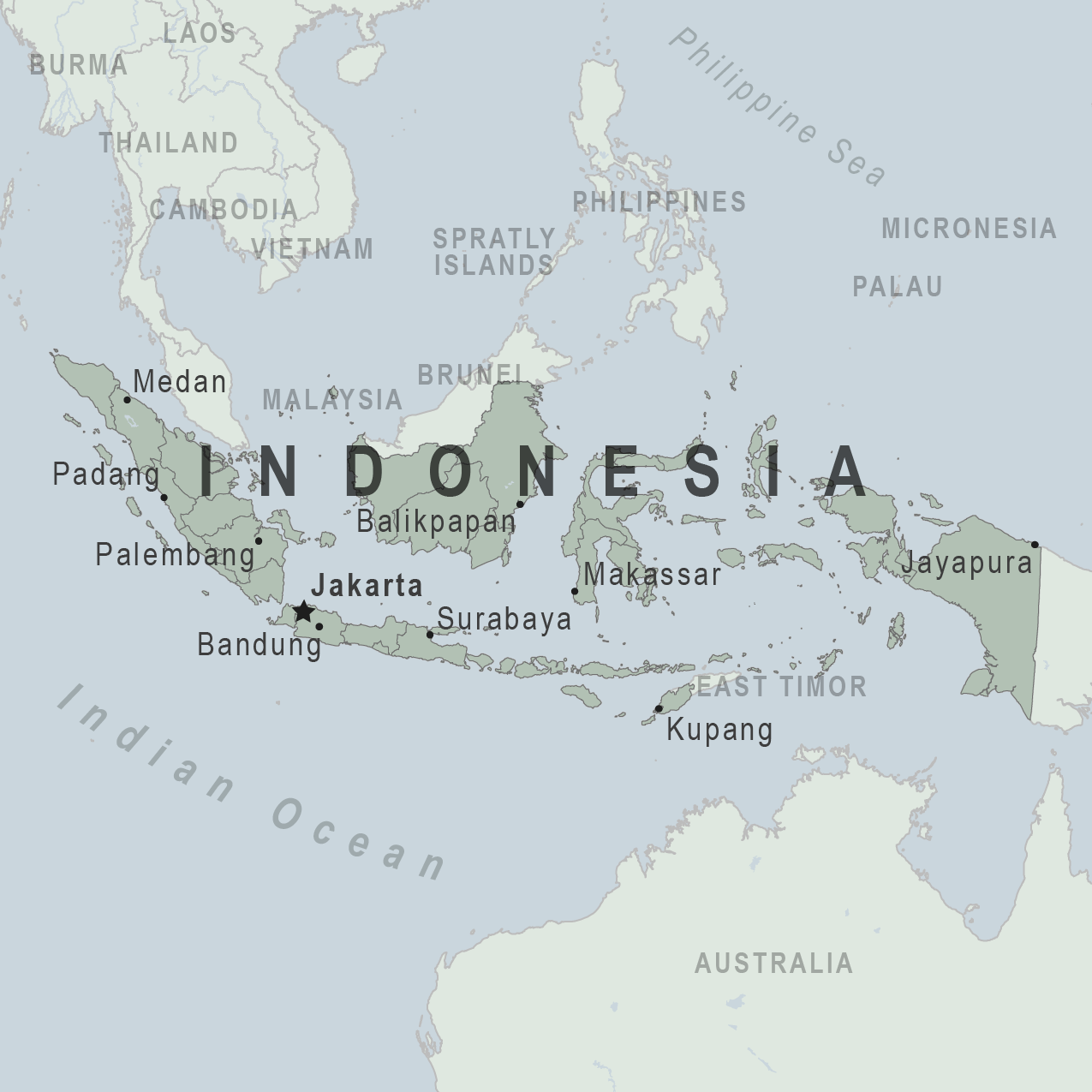
Be aware of current health issues in Indonesia. Learn how to protect yourself.
Level 2 Practice Enhanced Precautions
- Updated Global Polio April 26, 2024 Some international destinations have circulating poliovirus. Before any international travel, make sure you are up to date on your polio vaccines. Destination List: Afghanistan, Algeria, Angola, Benin, Botswana, Burkina Faso, Burundi, Cameroon, Central African Republic, Chad, Côte d'Ivoire (Ivory Coast), Democratic Republic of the Congo, Egypt, Guinea, Indonesia, Kenya, Liberia, Madagascar, Malawi, Mali, Mauritania, Mozambique, Niger, Nigeria, Pakistan, Republic of the Congo, Senegal, Sierra Leone, Somalia, Sudan, Tanzania, including Zanzibar, Yemen, Zambia, Zimbabwe
Level 1 Practice Usual Precautions
- Updated Global Measles April 26, 2024 Many international destinations are reporting increased numbers of cases of measles. Destination List: Afghanistan, Angola, Armenia, Azerbaijan, Benin, Burkina Faso, Burundi, Cameroon, Central African Republic, Chad, Côte d'Ivoire (Ivory Coast), Democratic Republic of the Congo, Djibouti, Equatorial Guinea, Ethiopia, Gabon, Ghana, India, Indonesia, Kazakhstan, Kyrgyzstan, Lebanon, Liberia, Libya, Malaysia, Mauritania, Nepal, Niger, Nigeria, Pakistan, Philippines, Qatar, Republic of South Sudan, Republic of the Congo, Romania, Russia, Senegal, Somalia, Sri Lanka, Sudan, Syria, Tajikistan, Timor-Leste (East Timor), Togo, Turkey, United Arab Emirates, Uzbekistan, Yemen, Zambia
- Dengue in Asia and the Pacific Islands April 18, 2024 Dengue is a risk in many parts of Asia and the Pacific Islands. Some countries are reporting increased numbers of cases of the disease. Travelers to Asia and the Pacific Islands can protect themselves by preventing mosquito bites. Destination List: Cambodia, Indonesia, Laos, Malaysia, Singapore, Sri Lanka
⇧ Top
Check the vaccines and medicines list and visit your doctor at least a month before your trip to get vaccines or medicines you may need. If you or your doctor need help finding a location that provides certain vaccines or medicines, visit the Find a Clinic page.
Routine vaccines
Recommendations.
Make sure you are up-to-date on all routine vaccines before every trip. Some of these vaccines include
- Chickenpox (Varicella)
- Diphtheria-Tetanus-Pertussis
- Flu (influenza)
- Measles-Mumps-Rubella (MMR)
Immunization schedules
All eligible travelers should be up to date with their COVID-19 vaccines. Please see Your COVID-19 Vaccination for more information.
COVID-19 vaccine
Hepatitis A
Recommended for unvaccinated travelers one year old or older going to Indonesia.
Infants 6 to 11 months old should also be vaccinated against Hepatitis A. The dose does not count toward the routine 2-dose series.
Travelers allergic to a vaccine component or who are younger than 6 months should receive a single dose of immune globulin, which provides effective protection for up to 2 months depending on dosage given.
Unvaccinated travelers who are over 40 years old, immunocompromised, or have chronic medical conditions planning to depart to a risk area in less than 2 weeks should get the initial dose of vaccine and at the same appointment receive immune globulin.
Hepatitis A - CDC Yellow Book
Dosing info - Hep A
Hepatitis B
Recommended for unvaccinated travelers of all ages traveling to Indonesia.
Hepatitis B - CDC Yellow Book
Dosing info - Hep B
Japanese Encephalitis
Recommended for travelers who
- Are moving to an area with Japanese encephalitis to live
- Spend long periods of time, such as a month or more, in areas with Japanese encephalitis
- Frequently travel to areas with Japanese encephalitis
Consider vaccination for travelers
- Spending less than a month in areas with Japanese encephalitis but will be doing activities that increase risk of infection, such as visiting rural areas, hiking or camping, or staying in places without air conditioning, screens, or bed nets
- Going to areas with Japanese encephalitis who are uncertain of their activities or how long they will be there
Not recommended for travelers planning short-term travel to urban areas or travel to areas with no clear Japanese encephalitis season.
Japanese encephalitis - CDC Yellow Book
Japanese Encephalitis Vaccine for US Children
CDC recommends that travelers going to certain areas of Indonesia take prescription medicine to prevent malaria. Depending on the medicine you take, you will need to start taking this medicine multiple days before your trip, as well as during and after your trip. Talk to your doctor about which malaria medication you should take.
Find country-specific information about malaria.
Malaria - CDC Yellow Book
Considerations when choosing a drug for malaria prophylaxis (CDC Yellow Book)
Malaria information for Indonesia.
Cases of measles are on the rise worldwide. Travelers are at risk of measles if they have not been fully vaccinated at least two weeks prior to departure, or have not had measles in the past, and travel internationally to areas where measles is spreading.
All international travelers should be fully vaccinated against measles with the measles-mumps-rubella (MMR) vaccine, including an early dose for infants 6–11 months, according to CDC’s measles vaccination recommendations for international travel .
Measles (Rubeola) - CDC Yellow Book
In Indonesia poliovirus has been identified in the past year.
Travelers to Indonesia are at increased risk of exposure to poliovirus.
Vaccine recommendations : Adults traveling to Indonesia who received a complete polio vaccination series as children may receive a single lifetime booster dose of inactivated polio vaccine; travelers who are unvaccinated or not fully vaccinated should receive a complete polio vaccination series before travel. Children who are not fully vaccinated will be considered for an accelerated vaccination schedule .
Polio - CDC Yellow Book
Polio: For Travelers
Rabid dogs are commonly found in Indonesia. If you are bitten or scratched by a dog or other mammal while in Indonesia, there may be limited or no rabies treatment available.
Consider rabies vaccination before your trip if your activities mean you will be around dogs or wildlife.
Travelers more likely to encounter rabid animals include
- Campers, adventure travelers, or cave explorers (spelunkers)
- Veterinarians, animal handlers, field biologists, or laboratory workers handling animal specimens
- Visitors to rural areas
Since children are more likely to be bitten or scratched by a dog or other animals, consider rabies vaccination for children traveling to Indonesia.
Rabies - CDC Yellow Book
Recommended for most travelers, especially those staying with friends or relatives or visiting smaller cities or rural areas.
Typhoid - CDC Yellow Book
Dosing info - Typhoid
Yellow Fever
Required for travelers ≥9 months old arriving from countries with risk for YF virus transmission. 1
Yellow Fever - CDC Yellow Book
- Avoid contaminated water
Leptospirosis
How most people get sick (most common modes of transmission)
- Touching urine or other body fluids from an animal infected with leptospirosis
- Swimming or wading in urine-contaminated fresh water, or contact with urine-contaminated mud
- Drinking water or eating food contaminated with animal urine
- Avoid contaminated water and soil
Clinical Guidance
Schistosomiasis
- Wading, swimming, bathing, or washing in contaminated freshwater streams, rivers, ponds, lakes, or untreated pools.
Avoid bug bites
Chikungunya
- Mosquito bite
- Avoid Bug Bites
- Mosquito bite
- An infected pregnant woman can spread it to her unborn baby
Airborne & droplet
Avian/bird flu.
- Being around, touching, or working with infected poultry, such as visiting poultry farms or live-animal markets
- Avoid domestic and wild poultry
- Breathing in air or accidentally eating food contaminated with the urine, droppings, or saliva of infected rodents
- Bite from an infected rodent
- Less commonly, being around someone sick with hantavirus (only occurs with Andes virus)
- Avoid rodents and areas where they live
- Avoid sick people
Tuberculosis (TB)
- Breathe in TB bacteria that is in the air from an infected and contagious person coughing, speaking, or singing.
Learn actions you can take to stay healthy and safe on your trip. Vaccines cannot protect you from many diseases in Indonesia, so your behaviors are important.
Eat and drink safely
Food and water standards around the world vary based on the destination. Standards may also differ within a country and risk may change depending on activity type (e.g., hiking versus business trip). You can learn more about safe food and drink choices when traveling by accessing the resources below.
- Choose Safe Food and Drinks When Traveling
- Water Treatment Options When Hiking, Camping or Traveling
- Global Water, Sanitation and Hygiene | Healthy Water
- Avoid Contaminated Water During Travel
You can also visit the Department of State Country Information Pages for additional information about food and water safety.
Prevent bug bites
Bugs (like mosquitoes, ticks, and fleas) can spread a number of diseases in Indonesia. Many of these diseases cannot be prevented with a vaccine or medicine. You can reduce your risk by taking steps to prevent bug bites.
What can I do to prevent bug bites?
- Cover exposed skin by wearing long-sleeved shirts, long pants, and hats.
- Use an appropriate insect repellent (see below).
- Use permethrin-treated clothing and gear (such as boots, pants, socks, and tents). Do not use permethrin directly on skin.
- Stay and sleep in air-conditioned or screened rooms.
- Use a bed net if the area where you are sleeping is exposed to the outdoors.
What type of insect repellent should I use?
- FOR PROTECTION AGAINST TICKS AND MOSQUITOES: Use a repellent that contains 20% or more DEET for protection that lasts up to several hours.
- Picaridin (also known as KBR 3023, Bayrepel, and icaridin)
- Oil of lemon eucalyptus (OLE) or para-menthane-diol (PMD)
- 2-undecanone
- Always use insect repellent as directed.
What should I do if I am bitten by bugs?
- Avoid scratching bug bites, and apply hydrocortisone cream or calamine lotion to reduce the itching.
- Check your entire body for ticks after outdoor activity. Be sure to remove ticks properly.
What can I do to avoid bed bugs?
Although bed bugs do not carry disease, they are an annoyance. See our information page about avoiding bug bites for some easy tips to avoid them. For more information on bed bugs, see Bed Bugs .
For more detailed information on avoiding bug bites, see Avoid Bug Bites .
Stay safe outdoors
If your travel plans in Indonesia include outdoor activities, take these steps to stay safe and healthy during your trip.
- Stay alert to changing weather conditions and adjust your plans if conditions become unsafe.
- Prepare for activities by wearing the right clothes and packing protective items, such as bug spray, sunscreen, and a basic first aid kit.
- Consider learning basic first aid and CPR before travel. Bring a travel health kit with items appropriate for your activities.
- If you are outside for many hours in heat, eat salty snacks and drink water to stay hydrated and replace salt lost through sweating.
- Protect yourself from UV radiation : use sunscreen with an SPF of at least 15, wear protective clothing, and seek shade during the hottest time of day (10 a.m.–4 p.m.).
- Be especially careful during summer months and at high elevation. Because sunlight reflects off snow, sand, and water, sun exposure may be increased during activities like skiing, swimming, and sailing.
- Very cold temperatures can be dangerous. Dress in layers and cover heads, hands, and feet properly if you are visiting a cold location.
Stay safe around water
- Swim only in designated swimming areas. Obey lifeguards and warning flags on beaches.
- Practice safe boating—follow all boating safety laws, do not drink alcohol if driving a boat, and always wear a life jacket.
- Do not dive into shallow water.
- Do not swim in freshwater in developing areas or where sanitation is poor.
- Avoid swallowing water when swimming. Untreated water can carry germs that make you sick.
- To prevent infections, wear shoes on beaches where there may be animal waste.
Schistosomiasis, a parasitic infection that can be spread in fresh water, is found in Indonesia. Avoid swimming in fresh, unchlorinated water, such as lakes, ponds, or rivers.
Keep away from animals
Most animals avoid people, but they may attack if they feel threatened, are protecting their young or territory, or if they are injured or ill. Animal bites and scratches can lead to serious diseases such as rabies.
Follow these tips to protect yourself:
- Do not touch or feed any animals you do not know.
- Do not allow animals to lick open wounds, and do not get animal saliva in your eyes or mouth.
- Avoid rodents and their urine and feces.
- Traveling pets should be supervised closely and not allowed to come in contact with local animals.
- If you wake in a room with a bat, seek medical care immediately. Bat bites may be hard to see.
All animals can pose a threat, but be extra careful around dogs, bats, monkeys, sea animals such as jellyfish, and snakes. If you are bitten or scratched by an animal, immediately:
- Wash the wound with soap and clean water.
- Go to a doctor right away.
- Tell your doctor about your injury when you get back to the United States.
Consider buying medical evacuation insurance. Rabies is a deadly disease that must be treated quickly, and treatment may not be available in some countries.
Reduce your exposure to germs
Follow these tips to avoid getting sick or spreading illness to others while traveling:
- Wash your hands often, especially before eating.
- If soap and water aren’t available, clean hands with hand sanitizer (containing at least 60% alcohol).
- Don’t touch your eyes, nose, or mouth. If you need to touch your face, make sure your hands are clean.
- Cover your mouth and nose with a tissue or your sleeve (not your hands) when coughing or sneezing.
- Try to avoid contact with people who are sick.
- If you are sick, stay home or in your hotel room, unless you need medical care.
Avoid sharing body fluids
Diseases can be spread through body fluids, such as saliva, blood, vomit, and semen.
Protect yourself:
- Use latex condoms correctly.
- Do not inject drugs.
- Limit alcohol consumption. People take more risks when intoxicated.
- Do not share needles or any devices that can break the skin. That includes needles for tattoos, piercings, and acupuncture.
- If you receive medical or dental care, make sure the equipment is disinfected or sanitized.
Know how to get medical care while traveling
Plan for how you will get health care during your trip, should the need arise:
- Carry a list of local doctors and hospitals at your destination.
- Review your health insurance plan to determine what medical services it would cover during your trip. Consider purchasing travel health and medical evacuation insurance.
- Carry a card that identifies, in the local language, your blood type, chronic conditions or serious allergies, and the generic names of any medications you take.
- Some prescription drugs may be illegal in other countries. Call Indonesia’s embassy to verify that all of your prescription(s) are legal to bring with you.
- Bring all the medicines (including over-the-counter medicines) you think you might need during your trip, including extra in case of travel delays. Ask your doctor to help you get prescriptions filled early if you need to.
Many foreign hospitals and clinics are accredited by the Joint Commission International. A list of accredited facilities is available at their website ( www.jointcommissioninternational.org ).
In some countries, medicine (prescription and over-the-counter) may be substandard or counterfeit. Bring the medicines you will need from the United States to avoid having to buy them at your destination.
Malaria is a risk in some parts of Indonesia. If you are going to a risk area, fill your malaria prescription before you leave, and take enough with you for the entire length of your trip. Follow your doctor’s instructions for taking the pills; some need to be started before you leave.
Select safe transportation
Motor vehicle crashes are the #1 killer of healthy US citizens in foreign countries.
In many places cars, buses, large trucks, rickshaws, bikes, people on foot, and even animals share the same lanes of traffic, increasing the risk for crashes.
Be smart when you are traveling on foot.
- Use sidewalks and marked crosswalks.
- Pay attention to the traffic around you, especially in crowded areas.
- Remember, people on foot do not always have the right of way in other countries.
Riding/Driving
Choose a safe vehicle.
- Choose official taxis or public transportation, such as trains and buses.
- Ride only in cars that have seatbelts.
- Avoid overcrowded, overloaded, top-heavy buses and minivans.
- Avoid riding on motorcycles or motorbikes, especially motorbike taxis. (Many crashes are caused by inexperienced motorbike drivers.)
- Choose newer vehicles—they may have more safety features, such as airbags, and be more reliable.
- Choose larger vehicles, which may provide more protection in crashes.
Think about the driver.
- Do not drive after drinking alcohol or ride with someone who has been drinking.
- Consider hiring a licensed, trained driver familiar with the area.
- Arrange payment before departing.
Follow basic safety tips.
- Wear a seatbelt at all times.
- Sit in the back seat of cars and taxis.
- When on motorbikes or bicycles, always wear a helmet. (Bring a helmet from home, if needed.)
- Avoid driving at night; street lighting in certain parts of Indonesia may be poor.
- Do not use a cell phone or text while driving (illegal in many countries).
- Travel during daylight hours only, especially in rural areas.
- If you choose to drive a vehicle in Indonesia, learn the local traffic laws and have the proper paperwork.
- Get any driving permits and insurance you may need. Get an International Driving Permit (IDP). Carry the IDP and a US-issued driver's license at all times.
- Check with your auto insurance policy's international coverage, and get more coverage if needed. Make sure you have liability insurance.
- Avoid using local, unscheduled aircraft.
- If possible, fly on larger planes (more than 30 seats); larger airplanes are more likely to have regular safety inspections.
- Try to schedule flights during daylight hours and in good weather.
Medical Evacuation Insurance
If you are seriously injured, emergency care may not be available or may not meet US standards. Trauma care centers are uncommon outside urban areas. Having medical evacuation insurance can be helpful for these reasons.
Helpful Resources
Road Safety Overseas (Information from the US Department of State): Includes tips on driving in other countries, International Driving Permits, auto insurance, and other resources.
The Association for International Road Travel has country-specific Road Travel Reports available for most countries for a minimal fee.
For information traffic safety and road conditions in Indonesia, see Travel and Transportation on US Department of State's country-specific information for Indonesia .
Traffic flows on the left side of the road in Indonesia.
- Always pay close attention to the flow of traffic, especially when crossing the street.
- LOOK RIGHT for approaching traffic.
Maintain personal security
Use the same common sense traveling overseas that you would at home, and always stay alert and aware of your surroundings.
Before you leave
- Research your destination(s), including local laws, customs, and culture.
- Monitor travel advisories and alerts and read travel tips from the US Department of State.
- Enroll in the Smart Traveler Enrollment Program (STEP) .
- Leave a copy of your itinerary, contact information, credit cards, and passport with someone at home.
- Pack as light as possible, and leave at home any item you could not replace.
While at your destination(s)
- Carry contact information for the nearest US embassy or consulate .
- Carry a photocopy of your passport and entry stamp; leave the actual passport securely in your hotel.
- Follow all local laws and social customs.
- Do not wear expensive clothing or jewelry.
- Always keep hotel doors locked, and store valuables in secure areas.
- If possible, choose hotel rooms between the 2nd and 6th floors.
Healthy Travel Packing List
Use the Healthy Travel Packing List for Indonesia for a list of health-related items to consider packing for your trip. Talk to your doctor about which items are most important for you.
Why does CDC recommend packing these health-related items?
It’s best to be prepared to prevent and treat common illnesses and injuries. Some supplies and medicines may be difficult to find at your destination, may have different names, or may have different ingredients than what you normally use.
If you are not feeling well after your trip, you may need to see a doctor. If you need help finding a travel medicine specialist, see Find a Clinic . Be sure to tell your doctor about your travel, including where you went and what you did on your trip. Also tell your doctor if you were bitten or scratched by an animal while traveling.
If your doctor prescribed antimalarial medicine for your trip, keep taking the rest of your pills after you return home. If you stop taking your medicine too soon, you could still get sick.
Malaria is always a serious disease and may be a deadly illness. If you become ill with a fever either while traveling in a malaria-risk area or after you return home (for up to 1 year), you should seek immediate medical attention and should tell the doctor about your travel history.
For more information on what to do if you are sick after your trip, see Getting Sick after Travel .
Map Disclaimer - The boundaries and names shown and the designations used on maps do not imply the expression of any opinion whatsoever on the part of the Centers for Disease Control and Prevention concerning the legal status of any country, territory, city or area or of its authorities, or concerning the delimitation of its frontiers or boundaries. Approximate border lines for which there may not yet be full agreement are generally marked.
Other Destinations
If you need help finding travel information:
Message & data rates may apply. CDC Privacy Policy
File Formats Help:
- Adobe PDF file
- Microsoft PowerPoint file
- Microsoft Word file
- Microsoft Excel file
- Audio/Video file
- Apple Quicktime file
- RealPlayer file
- Zip Archive file
Exit Notification / Disclaimer Policy
- The Centers for Disease Control and Prevention (CDC) cannot attest to the accuracy of a non-federal website.
- Linking to a non-federal website does not constitute an endorsement by CDC or any of its employees of the sponsors or the information and products presented on the website.
- You will be subject to the destination website's privacy policy when you follow the link.
- CDC is not responsible for Section 508 compliance (accessibility) on other federal or private website.
Cookies on GOV.UK
We use some essential cookies to make this website work.
We’d like to set additional cookies to understand how you use GOV.UK, remember your settings and improve government services.
We also use cookies set by other sites to help us deliver content from their services.
You have accepted additional cookies. You can change your cookie settings at any time.
You have rejected additional cookies. You can change your cookie settings at any time.
- Passports, travel and living abroad
- Travel abroad
- Foreign travel advice
Before you travel check that:
- your destination can provide the healthcare you may need
- you have appropriate travel insurance for local treatment or unexpected medical evacuation
This is particularly important if you have a health condition or are pregnant.
Emergency medical number
Dial 118 and ask for an ambulance.
Contact your insurance or medical assistance company promptly if you’re referred to a medical facility for treatment.
Air pollution
Air quality in Indonesia’s major cities can reach levels considered ‘unhealthy for sensitive groups’ or ‘unhealthy’. Current air quality data for Jakarta can be found on the Air Quality Index website .
Ash plumes from volcanoes can affect air quality and have an impact on health, particularly for anyone with pre-existing respiratory conditions. If you’re in the vicinity of a volcanic eruption and affected by subsequent ash fall, you can find further information in digital pamphlets issued by the International Volcanic Health Hazard Network (IVHHN) , which cover the potential health hazards of volcanic ash and offer advice on how to prepare and cope with ash fall.
During the dry season (May to November), widespread forest fires can cause smoke haze resulting in poor air quality across parts of Indonesia, particularly Riau Islands, central Sumatra and Kalimantan. The haze can cause disruption to local and regional air travel, and the air pollution may have an impact on public health. Keep up to date with local information and seek medical advice on appropriate precautions. A regional haze map is available from the Singapore Meteorological Service .
Tap water is not safe to drink in Indonesia.
Polio virus
TravelHealthPro contains information about the Polio outbreak and vaccination recommendations.
Vaccinations and health risks
At least 8 weeks before your trip check:
the latest information on health risks and find out what vaccinations you need for Indonesia on TravelHealthPro
where to get vaccines and whether you have to pay on the NHS travel vaccinations page
See what health risks you’ll face in Indonesia , including:
- avian influenza
- polio virus
The legal status and regulation of some medicines prescribed or bought in the UK can be different in other countries.
TravelHealthPro explains best practice when travelling with medicines .
The NHS has information on whether you can take your medicine abroad .
Healthcare facilities in Indonesia
The standard of local medical care can be poor and some medical tests cannot be done reliably. Psychological and psychiatric services are also limited.
Good medical care can be expensive and in remote areas attention for serious injuries or illness is likely to be unavailable. Medical evacuation can cost tens of thousands of pounds. Make sure you have adequate travel health insurance and accessible funds to cover the cost of any medical treatment abroad and repatriation.
You can view a list of English speaking doctors in Indonesia .
Travel and mental health
Read FCDO guidance on travel and mental health . There is also guidance on TravelHealthPro .
Related content
Is this page useful.
- Yes this page is useful
- No this page is not useful
Help us improve GOV.UK
Don’t include personal or financial information like your National Insurance number or credit card details.
To help us improve GOV.UK, we’d like to know more about your visit today. We’ll send you a link to a feedback form. It will take only 2 minutes to fill in. Don’t worry we won’t send you spam or share your email address with anyone.

Last verified: Tuesday, 30. April 2024 at 08:30 AM
Indonesia Travel Advisory
- South-Eastern Asia
- Indonesia Travel Advice
We advise caution when travelling to Indonesia
Local situation: 3.4 / 5.
We advise caution when travelling to Indonesia. We detected travel advisories from 7 sources for this specific country.
Regional Situation: 3.3 / 5
Indonesia shares a land border with 3 neighbouring states. For this region of countries (including Indonesia), the Advisory Index is 3.3 (average value over all countries). All countries have some reported advisories: Papua New Guinea (3.8), East Timor with 3.2 and Malaysia with 2.8 (of 5).
Current informationen on Covid-19 in Indonesia
There are currently no officially reported cases of infections with SARS-CoV-2 (or Coronavirus) in Indonesia. As reported by the European Centre for Disease Prevention and Control this morning (~8:30am CET).
There are currently no officially reported deaths related to this disease in Indonesia.
Source: www.ecdc.europa.eu
Advice scoring history for Indonesia
Chart of the risk level over that last 200 days. This is the daily calculated travel risk for Indonesia.
Chart of the number of sources over that last 200 days. This is the daily number of advisory sources (of any rating) that have been active on that day.
Note: Changes happening on the 28th/29th of July 2019 are related to a change in the software and number of sources processed.
Rating Details (single travel warnings)
These are the individual advisories published by other countries about the destination Indonesia from a travellers perspective. The scoring of all messages combined is the foundation for the current rating 3.4 out of 5.0 .
This is the general advisory usually covering the country as a whole.
Advisory issued by: New Zealand

Exercise increased caution elsewhere in Indonesia, including in Jakarta, Surabaya, elsewhere in Sulawesi and in Bali, due to the ongoing threat of terrorism (level 2 of 4).
Source: https://www.safetravel.govt.nz/indonesia
This is a regional information covering specific areas of Indonesia.
Issued by: New Zealand government
Info: If you are planning international travel at this time, please read our COVID-19 related travel advice here, alongside our destination specific travel advice below.
Info: Avoid non-essential travel to Papua, South Papua, Central Papua, Highland Papua and West Papua provinces due to civil unrest and the risk of kidnapping (level 3 of 4). Avoid non-essential travel to Poso regency in Central Sulawesi due to the risk of terrorism (level 3 of 4).

Advisory issued by: United States

Reissued with obsolete COVID-19 page links removed. Exercise increased caution in Indonesia due to terrorism and natural disasters. Some areas have increased risk. Read the entire Travel Advisory. Do Not travel to: The provinces of Central Papua (Papua Tengah) and Highland Papua (Papua Pegunungan) due to civil unrest. Terrorists continue plotting ...
Source: http://travel.state.gov/content/travel/en/traveladvisories/traveladvisories/indonesia-travel-advisory.html
Advisory issued by: Canada

The Canadian goverment suggests: Exercise a high degree of caution (with regional advisories)
Source: https://travel.gc.ca/destinations/indonesia
Advisory issued by: Finland

Iaktta särskild försiktighet - Risk för terrordåd. Undvik stora folksamlingar. Mycket naturkatastrofer.
Source: https://um.fi/resemeddelande/-/c/ID
Individual rating changes for Indonesia
This is the recent history of individual changes of travel advices that affected the total asessment of Indonesia. Most recent events first.
Changes from August 8th 2020
The total rating for Indonesia changed from 3.9 to 4.0 . Here are the influencing details:

The United States government increased their existing warning for Indonesia to 5.0 (of 5.0) from the previous rating of 4.0 (by +1.0).
Changes from August 7th 2020
The total rating for Indonesia changed from 4.0 to 3.9 . Here are the influencing details:
The United States government decreased their existing warning for Indonesia to 4.0 (of 5.0) from the previous rating of 5.0 (by -1.0).
Changes from April 9th 2020

The Austrian government issued a new warning for Indonesia with a rating of 5.0.
Changes from March 27th 2020
The total rating for Indonesia changed from 3.4 to 3.9 . Here are the influencing details:
The United States government increased their existing warning for Indonesia to 5.0 (of 5.0) from the previous rating of 2.0 (by +3.0).
Changes from March 22nd 2020
The total rating for Indonesia changed from 3.1 to 3.4 . Here are the influencing details:

The Canadian government increased their existing warning for Indonesia to 4.0 (of 5.0) from the previous rating of 2.0 (by +2.0).
Changes from March 18th 2020
The total rating for Indonesia changed from 3.0 to 3.1 . Here are the influencing details:

The Australian government increased their existing warning for Indonesia to 5.0 (of 5.0) from the previous rating of 4.0 (by +1.0).
Changes from March 17th 2020
The total rating for Indonesia changed from 2.9 to 3.0 . Here are the influencing details:

The Irish government increased their existing warning for Indonesia to 4.0 (of 5.0) from the previous rating of 3.0 (by +1.0).
Changes from March 14th 2020
The total rating for Indonesia changed from 2.5 to 2.9 . Here are the influencing details:
The Australian government issued a new warning for Indonesia with a rating of 4.0.

The Danish government increased their existing warning for Indonesia to 4.0 (of 5.0) from the previous rating of 3.0 (by +1.0).
Changes from September 25th 2019
The total rating for Indonesia changed from 0.0 to 0.0 . Here are the influencing details:
The United States government issued a new warning for Indonesia with a rating of 2.0.
The Canadian government issued a new warning for Indonesia with a rating of 2.0.

The New Zealand government issued a new warning for Indonesia with a rating of 2.0.
The Irish government issued a new warning for Indonesia with a rating of 3.0.

The Finnish government issued a new warning for Indonesia with a rating of 3.0.
The Danish government issued a new warning for Indonesia with a rating of 3.0.
About Indonesia
Indonesia with its capital Jakarta is a country in Asia (South-Eastern Asia), slightly less than three times the size of Texas (1,919,440 km²). The country is located Southeastern Asia, archipelago between the Indian Ocean and the Pacific Ocean. The climate can be described as tropical; hot, humid; more moderate in highlands. The landscape is mostly coastal lowlands; larger islands have interior mountains. With a population of about 237.51 million citizens.
Indonesian flag

Introduction Video
Basic Statistics and Facts
Environmental problems and natural hazzards.
These are problems Indonesia is facing. Environmental issues refer to damages of the nature due to industry and society. Natural hazzards refer to potential dangers originating in nature.
Environmental problems
- air pollution in urban areas
- deforestation
- smoke and haze from forest fires
- water pollution from industrial wastes
Natural hazzards
- earthquakes
- forest fires
- Indonesia contains the most volcanoes of any country in the world - some 76 are historically active; significant volcanic activity occurs on Java, Sumatra, the Sunda Islands, Halmahera Island, Sulawesi Island, Sangihe Island, and in the Banda Sea; Merapi
- occasional floods
- severe droughts
Top Industries and Agricultural Products
These are the main product industries and agricultural products of Indonesia. This list indicates what this country is good at producing.
- chemical fertilizers
- electrical appliances
- handicrafts
- medical instruments
Agriculture products
- essential oil
- forest products
- medicinal herbs
Indonesian Imports and Exports
These are the main product categories of imports and exports to and from Indonesia.
Export products
- animal or vegetable fats (includes palm oil)
- electrical machinery
- mechanical appliance parts
- mineral fuels
Import products
- electric machinery
- mechanical parts
Frequently Asked Questions
What is the current travel advisory for indonesia.
Indonesia is currently rated at 3,4 out of a possible 5.0. Collected from 7 official sources. We advise caution when travelling to Indonesia.
Is it safe to travel Indonesia in 2024?
Visiting the country Indonesia is usually fine. The score is at 3,4 Just keep an eye open, obey local rules and you'll most likely be fine.
How many travel advisories do you know for Indonesia?
We currently evaluate 11 official sources each morning. Today, we know of active advisories from 7 individual sources for Indonesia.
What is the current Corona virus situation in Indonesia?
There are currently no officially reported cases of infections with SARS-CoV-2 (or Coronavirus) in Indonesia. As reported by the European Centre for Disease Prevention and Control this morning (~8:30am CET). There are currently no officially reported deaths related to this disease in Indonesia.
What is the size of Indonesia?
Indonesia has a size of 1,919,440 km² or 741,100 mi² which is slightly less than three times the size of Texas.
Common Frequently Asked Questions
For non-country specific questions, please check our global F.A.Q.
Travel safety map for Indonesia and bordering countries.
If you want to embed Indonesia travel warning information into your website or application, check out these tools.
- Is Indonesia safe to travel?
- What's the safety situation in Indonesia?
- Are there security warnings for Indonesia?

2020-03-10: Integrated data from European Centre for Disease Prevention and Control (COVID-19/ SARS-CoV-2/ Coronavirus).
2019-09-01: Added timeline charts for risk level and number of advisories.
2019-07-29: Added two more sources (Finland and Denmark). Affects country ratings.
2019-07-15: South-Sudan was missing and was added today.
2019-05-18: Performance improvements for API users.
2019-03-23: Introduced professional API with more data.
2019-02-13: Added three more sources (Cyprus, Ireland and Malta). Affects country ratings.
Update April 12, 2024
Information for u.s. citizens in the middle east.
- Travel Advisories |
- Contact Us |
- MyTravelGov |
Find U.S. Embassies & Consulates
Travel.state.gov, congressional liaison, special issuance agency, u.s. passports, international travel, intercountry adoption, international parental child abduction, records and authentications, popular links, travel advisories, mytravelgov, stay connected, legal resources, legal information, info for u.s. law enforcement, replace or certify documents.
Share this page:
Indonesia Travel Advisory
Travel advisory july 24, 2023, indonesia - level 2: exercise increased caution.
Reissued with obsolete COVID-19 page links removed.
Exercise increased caution in Indonesia due to terrorism and natural disasters. Some areas have increased risk. Read the entire Travel Advisory.
Do Not travel to:
- The provinces of Central Papua (Papua Tengah) and Highland Papua (Papua Pegunungan) due to civil unrest.
Terrorists continue plotting possible attacks in Indonesia. Terrorists may attack with little or no warning, targeting police stations, places of worship, hotels, bars, nightclubs, markets/shopping malls, and restaurants.
Natural disasters such as earthquakes, tsunamis or volcanic eruptions may result in disruptions to transportation, infrastructure, sanitation, and the availability of health services.
Demonstrations occur frequently and have the potential to become violent. Avoid demonstrations and crowds.
Indonesia’s revised criminal code, which takes effect January 2026, includes penalties for defamation, blasphemy, cohabitation, and sex outside of marriage. It is unclear how Indonesian authorities will implement the revised criminal code.
Read the country information page for additional information on travel to Indonesia.
If you decide to travel to Indonesia:
- Monitor local media for breaking events and be prepared to adjust your plans.
- Visit the websites for Badan Geologi (Indonesian Geological Agency, Indonesian language only) for the latest information from the Government of Indonesia on current natural disasters.
- Review the CDC’s suggestions on how to prepare for natural disasters.
- Be aware of your personal safety and security at all times.
- Enroll in the Smart Traveler Enrollment Program ( STEP ) to receive alerts and make it easier to locate you in an emergency.
- Ensure your passport is valid for at least six months beyond your intended stay.
- Follow the Department of State Facebook and Twitter . Follow the U.S. Embassy Jakarta on Facebook , Instagram , and Twitter .
- Review the Country Security Report for Indonesia.
- Prepare a contingency plan for emergency situations. Review the Traveler’s Checklist .
Central Papua and Highland Papua– Level 4: Do Not Travel
In Central Papua and Highland Papua, violent demonstrations and conflict could result in injury or death to U.S. citizens. Avoid demonstrations and crowds. Armed separatists may kidnap foreign nationals.
The U.S. government has limited ability to provide emergency services to U.S. citizens in Central Papua and Highland Papua as U.S. government employees must obtain special authorization before traveling to those areas.
Travel Advisory Levels
Assistance for u.s. citizens, indonesia map, search for travel advisories, external link.
You are about to leave travel.state.gov for an external website that is not maintained by the U.S. Department of State.
Links to external websites are provided as a convenience and should not be construed as an endorsement by the U.S. Department of State of the views or products contained therein. If you wish to remain on travel.state.gov, click the "cancel" message.
You are about to visit:
- Skip to main content
- Skip to "About this site"
Language selection
Search travel.gc.ca.
Help us to improve our website. Take our survey !
COVID-19: travel health notice for all travellers
Indonesia travel advice
Latest updates: Natural disasters and climate – removed information on the Ruang Volcano eruption
Last updated: April 25, 2024 09:28 ET
On this page
Safety and security, entry and exit requirements, laws and culture, natural disasters and climate, indonesia - exercise a high degree of caution.
Exercise a high degree of caution in Indonesia due to political and social tensions and the threat of terrorism throughout the country.
Indonesian Papua - Avoid non-essential travel
Avoid non-essential travel to all the provinces of Indonesia Papua due to the regular occurrence of violent incidents, threats made against foreigners by militant groups and risk of kidnapping.
Back to top
- Indonesian Papua
Political tension and regular violent incidents continue to occur in Indonesian Papua.
In February 2023, militant groups threatened to attack and take hostages, specifically referencing foreigners. You may also face increased threats of violence or kidnapping if you travel to Indonesian Papua.
Labour disputes at the Freeport-McMoRan mine near Timika have led to demonstrations, public transportation disruptions and violence.
Fatal attacks have occurred on roads near the mine. Foreigners have been targeted by local militants.
There is a heightened police and military presence in this area.
There is a threat of terrorism in Indonesia.
While effective counterterrorism measures by Indonesian authorities are in place, terrorist cells are active and have the capacity to carry out attacks throughout the country.
Attacks have targeted:
- military and government facilities
- tourist attractions and popular public places
- nightclubs and entertainment venues
- public transportation
Further attacks are likely, and terrorists may also target:
- crowded places
- places with high pedestrian traffic and where foreigners may gather
- commercial establishments
- local government offices
- public transit stations
- busy streets
- long lineups at tourist attractions
- places of worship
Stay at hotels that have robust security measures, including metal detectors, guards and security cameras. Keep in mind, however, that even the most secure locations cannot be considered completely free of risk.
Be particularly vigilant during religious holidays and other public celebrations, as terrorists have used such occasions to mount attacks.
- Always be aware of your surroundings when in public places and identify ways to leave the area in case of emergency
- Monitor local media
- Follow the instructions of the local authorities
Violent crime
Violent crime, such as armed robberies, occurs regularly. Be particularly cautious on the road from Banda Aceh to Medan, where armed robberies have occurred.
Foreigners travelling alone and those travelling at night are at particular risk.
Standards of police services differ considerably from those in Canada.
- Avoid showing signs of affluence
- Ensure that your personal belongings, including your passport and other travel documents, are secure at all times
- If you’re travelling by car, keep valuable belongings out of sight, windows closed and doors locked
Petty crime
Petty crime, such as pickpocketing and purse snatching, occurs throughout Indonesia, specifically in tourist areas, such as Bali and Lombok. Criminals sometimes force people to withdraw cash from ATMs.
Merchants don’t always honour pricing agreements. Use good judgment in engaging services of tourist guides, especially in places that tourists rarely visit.
There is a threat of kidnapping, particularly in the provinces of Indonesian Papua and Aceh province. Foreign travellers have been kidnapped and killed. Terrorist groups have also kidnapped tourists in East and West Kalimantan.
- Be extra vigilant if travelling in these areas
- Avoid travelling alone and after dusk
- Use varied routes and schedules when moving from one place to another
Women's safety
Women travelling alone may face some forms of harassment and verbal abuse.
Advice for women travellers
Demonstrations
Demonstrations take place from time to time. Even peaceful demonstrations can turn violent at any time. They can also lead to disruptions to traffic and public transportation.
- Avoid areas where demonstrations and large gatherings are taking place
- Follow the instructions of local authorities
- Monitor local media for information on ongoing demonstrations
Mass gatherings (large-scale events)
Political and social tension
There are long-standing sectarian and social tensions throughout Indonesia, particularly in the provinces of:
- Central Sulawesi, in Palu, Poso and Tentena
- Maluku, especially in Ambon
Sectarian violence targeting civilians has occurred. The potential for violence remains, despite ongoing security operations efforts from local authorities. Be aware of your surroundings.
There is a very high rate of credit and debit card fraud in Indonesia, including online fraud.
When using debit or credit cards:
- pay careful attention if other people are handling your cards
- use ATMs located in public areas or inside a bank or business
- avoid using card readers with an irregular or unusual feature
- cover the keypad with one hand when entering your PIN
- check for any unauthorized transactions on your account statements
Romance scams
If you’re travelling to Indonesia to meet someone you’ve only met online, keep it mind that you may be the victim of a scam. Be wary of unsolicited emails or requests for a wire transfer.
Don’t send money to someone you have never met in person.
Overseas fraud
Spiked food and drinks
Even if the wrapping or container appears intact, snacks, beverages, gum and cigarettes may contain drugs that could put you at risk of sexual assault and robbery.
- Be wary of accepting these items from new acquaintances
- Never leave food or drinks unattended or in the care of strangers
People have died after drinking methanol-adulterated alcohol. Counterfeits of well-known alcohol brands often contain dangerous amounts of methanol. Poisoning incidents have happened at hotels, bars, and shops in tourist areas like Bali, Lombok, the Gili Islands and Sumatra.
- Be cautious if you choose to drink alcohol
- Be wary of lesser-known or illegal brands
- Avoid buying alcohol from individuals
- Seek medical assistance if you begin to feel sick
Alcohol, drugs and travel
Road safety
Road conditions and road safety vary greatly throughout the country. Driving conditions may be hazardous during the rainy season.
Road travel in Indonesia can be very challenging due to:
- reckless driving
- perilous road conditions
- inadequate lighting
- poor signage
- high traffic congestion
If you plan to rent a car, consider hiring a driver.
Avoid driving after dark outside of major cities or major roads as some drivers do not use lights.
You may face mob anger if you are involved in an accident that causes serious injury. In such cases, remain in your vehicle and wait for a police officer to arrive.
Motorcycles and scooters
Motorcycle and scooter accidents are the main cause of death and serious injury among foreigners visiting many parts of Indonesia, including Bali.
Rental motorcycles are also often targeted and stolen. In such cases, you may have to pay the replacement cost for a new motorcycle.
Public transport
Public transport can be crowded and safety standards are poor. Many remote parts of Indonesia have poor transportation networks.
Crashes involving overcrowded buses are common. Large buses are generally available only on Java. Minibuses are available elsewhere.
If you choose to travel by bus,
- keep in mind that minibus drivers may try to overcharge foreigners
- keep your belongings secure due to pickpocketing
The condition of taxis varies. Foreign travellers using taxis have been victims of armed robbery, either by the driver or other passengers.
- Pre-arrange transportation with a safe and reliable taxi company
- Only use a taxi company whose vehicles are equipped with a meter
- Never enter a cab if it already has one or more passengers
- Don’t hail taxis off the street and avoid using unmarked taxi services
Reliable taxis are available from Bluebird, Thunderbird and Express. Be careful of “lookalike” taxis from competitors.
Ferry accidents are common and are often caused by poor safety practices or extreme weather conditions.
If you choose to travel by ferry:
- make sure the vessel you are boarding is carrying appropriate safety equipment and that life jackets are provided for all passengers and accessible at all times
- don’t board vessels that appear overloaded or unseaworthy
- verify the safety standards of ferries with your tour operator
We do not make assessments on the compliance of foreign domestic airlines with international safety standards.
Information about foreign domestic airlines
Every country or territory decides who can enter or exit through its borders. The Government of Canada cannot intervene on your behalf if you do not meet your destination’s entry or exit requirements.
We have obtained the information on this page from the Indonesian authorities. It can, however, change at any time.
Verify this information with the Foreign Representatives in Canada .
Entry requirements vary depending on the type of passport you use for travel.
Before you travel, check with your transportation company about passport requirements. Its rules on passport validity may be more stringent than the country’s entry rules.
Regular Canadian passport
Your passport must be valid for at least 6 months beyond the date of entry into Indonesia and must contain at least one blank page for the placement of the Indonesian visa or entry stamp.
Passport for official travel
Different entry rules may apply.
Official travel
Passport with “X” gender identifier
While the Government of Canada issues passports with an “X” gender identifier, it cannot guarantee your entry or transit through other countries. You might face entry restrictions in countries that do not recognize the “X” gender identifier. Before you leave, check with the closest foreign representative for your destination.
Other travel documents
Different entry rules may apply when travelling with a temporary passport or an emergency travel document. Before you leave, check with the closest foreign representative for your destination.
Useful links
- Foreign Representatives in Canada
- Canadian passports
Tourist visa: required Business visa: required Social-cultural visit visa: required
Indonesia strictly enforces its immigration and visa requirements. Foreign travellers have been detained in immigration detention centres for visa violations or overstays. Those in violation may be subject to substantial fines and deportation.
A round-trip or onward airline ticket is required to obtain all types of visas.
Tourist visa
If you are travelling for tourism with a regular Canadian passport, you may obtain a visa in advance or on arrival at select points of entry.
Business and social-cultural visas
If you are travelling to Indonesia for business or social-cultural purposes (e.g. volunteer work), you must obtain a visa prior to your arrival. You must provide a letter from both the sponsoring organization in Indonesia and the sending organization in Canada to obtain your visa.
A business or social-cultural single-entry visa is extendable from within Indonesia.
Aid workers
Aid workers must have a sponsor in Indonesia to obtain a visa. Those going to Aceh also require prior authorization from the Directorate General of Immigration in Aceh or Jakarta.
Journalists
Journalists visiting Indonesia for reporting and filming purposes must obtain authorization from the Directorate General of Immigration in Jakarta before applying for a visa.
Directorate General of Immigration – Ministry of Law and Human Rights of Indonesia
Restricted areas
You must obtain a permit to travel to Indonesian Papua.
Entry regulations and permission to remain in Indonesian Papua may change at any time.
Other entry requirements
Starting February 14, 2024, tourists entering Bali will be subject to a new tax, the Love Bali Tourist Levy. This fee will be in addition to the visa fees paid to enter Indonesia.
If your are travelling to Bali, you must pay directly though the Provincial Government of Bali website.
Levy for Foreign Tourists – Provincial Government of Bali
Customs officials may ask you to show them a return or onward ticket and proof of sufficient funds to cover your stay.
Children and travel
Learn more about travelling with children .
Yellow fever
Learn about potential entry requirements related to yellow fever (vaccines section).
Relevant Travel Health Notices
- Global Measles Notice - 13 March, 2024
- Zika virus: Advice for travellers - 31 August, 2023
- COVID-19 and International Travel - 13 March, 2024
- Polio: Advice for travellers - 17 April, 2024
- Dengue: Advice for travellers - 8 April, 2024
This section contains information on possible health risks and restrictions regularly found or ongoing in the destination. Follow this advice to lower your risk of becoming ill while travelling. Not all risks are listed below.
Consult a health care professional or visit a travel health clinic preferably 6 weeks before you travel to get personalized health advice and recommendations.
Routine vaccines
Be sure that your routine vaccinations , as per your province or territory , are up-to-date before travelling, regardless of your destination.
Some of these vaccinations include measles-mumps-rubella (MMR), diphtheria, tetanus, pertussis, polio, varicella (chickenpox), influenza and others.
Pre-travel vaccines and medications
You may be at risk for preventable diseases while travelling in this destination. Talk to a travel health professional about which medications or vaccines may be right for you, based on your destination and itinerary.
Yellow fever is a disease caused by a flavivirus from the bite of an infected mosquito.
Travellers get vaccinated either because it is required to enter a country or because it is recommended for their protection.
- There is no risk of yellow fever in this country.
Country Entry Requirement*
- Proof of vaccination is required if you are coming from a country where yellow fever occurs.
Recommendation
- Vaccination is not recommended.
- Discuss travel plans, activities, and destinations with a health care professional.
- Contact a designated Yellow Fever Vaccination Centre well in advance of your trip to arrange for vaccination.
About Yellow Fever
Yellow Fever Vaccination Centre
* It is important to note that country entry requirements may not reflect your risk of yellow fever at your destination. It is recommended that you contact the nearest diplomatic or consular office of the destination(s) you will be visiting to verify any additional entry requirements.
There is a risk of hepatitis A in this destination. It is a disease of the liver. People can get hepatitis A if they ingest contaminated food or water, eat foods prepared by an infectious person, or if they have close physical contact (such as oral-anal sex) with an infectious person, although casual contact among people does not spread the virus.
Practise safe food and water precautions and wash your hands often. Vaccination is recommended for all travellers to areas where hepatitis A is present.
The best way to protect yourself from seasonal influenza (flu) is to get vaccinated every year. Get the flu shot at least 2 weeks before travelling.
The flu occurs worldwide.
- In the Northern Hemisphere, the flu season usually runs from November to April.
- In the Southern Hemisphere, the flu season usually runs between April and October.
- In the tropics, there is flu activity year round.
The flu vaccine available in one hemisphere may only offer partial protection against the flu in the other hemisphere.
The flu virus spreads from person to person when they cough or sneeze or by touching objects and surfaces that have been contaminated with the virus. Clean your hands often and wear a mask if you have a fever or respiratory symptoms.
Malaria is a serious and sometimes fatal disease that is caused by parasites spread through the bites of mosquitoes. There is a risk of malaria in certain areas and/or during a certain time of year in this destination.
Antimalarial medication may be recommended depending on your itinerary and the time of year you are travelling. Consult a health care professional or visit a travel health clinic before travelling to discuss your options. It is recommended to do this 6 weeks before travel, however, it is still a good idea any time before leaving. Protect yourself from mosquito bites at all times: • Cover your skin and use an approved insect repellent on uncovered skin. • Exclude mosquitoes from your living area with screening and/or closed, well-sealed doors and windows. • Use insecticide-treated bed nets if mosquitoes cannot be excluded from your living area. • Wear permethrin-treated clothing. If you develop symptoms similar to malaria when you are travelling or up to a year after you return home, see a health care professional immediately. Tell them where you have been travelling or living.
In this destination, rabies is commonly carried by dogs and some wildlife, including bats. Rabies is a deadly disease that spreads to humans primarily through bites or scratches from an infected animal. While travelling, take precautions , including keeping your distance from animals (including free-roaming dogs), and closely supervising children.
If you are bitten or scratched by a dog or other animal while travelling, immediately wash the wound with soap and clean water and see a health care professional. In this destination, rabies treatment may be limited or may not be available, therefore you may need to return to Canada for treatment.
Before travel, discuss rabies vaccination with a health care professional. It may be recommended for travellers who are at high risk of exposure (e.g., occupational risk such as veterinarians and wildlife workers, children, adventure travellers and spelunkers, and others in close contact with animals).
Polio (poliomyelitis) is an infectious disease that can be prevented by vaccination. It is caused by poliovirus type 1, 2 or 3. Circulating vaccine-derived poliovirus 2 (cVDPV2) is present in this country. Polio is spread from person to person and through contaminated food and water. Infection with the polio virus can cause paralysis and death in individuals of any age who are not immune.
Recommendations:
- Be sure that your polio vaccinations are up to date before travelling. Polio is part of the routine vaccine schedule for children in Canada.
- One booster dose of the polio vaccine is recommended as an adult .
Measles is a highly contagious viral disease. It can spread quickly from person to person by direct contact and through droplets in the air.
Anyone who is not protected against measles is at risk of being infected with it when travelling internationally.
Regardless of where you are going, talk to a health care professional before travelling to make sure you are fully protected against measles.
Japanese encephalitis is a viral infection that can cause swelling of the brain. It is spread to humans through the bite of an infected mosquito. Risk is very low for most travellers. Travellers at relatively higher risk may want to consider vaccination for JE prior to travelling.
Travellers are at higher risk if they will be:
- travelling long term (e.g. more than 30 days)
- making multiple trips to endemic areas
- staying for extended periods in rural areas
- visiting an area suffering a JE outbreak
- engaging in activities involving high contact with mosquitos (e.g., entomologists)
Hepatitis B is a risk in every destination. It is a viral liver disease that is easily transmitted from one person to another through exposure to blood and body fluids containing the hepatitis B virus. Travellers who may be exposed to blood or other bodily fluids (e.g., through sexual contact, medical treatment, sharing needles, tattooing, acupuncture or occupational exposure) are at higher risk of getting hepatitis B.
Hepatitis B vaccination is recommended for all travellers. Prevent hepatitis B infection by practicing safe sex, only using new and sterile drug equipment, and only getting tattoos and piercings in settings that follow public health regulations and standards.
Coronavirus disease (COVID-19) is an infectious viral disease. It can spread from person to person by direct contact and through droplets in the air.
It is recommended that all eligible travellers complete a COVID-19 vaccine series along with any additional recommended doses in Canada before travelling. Evidence shows that vaccines are very effective at preventing severe illness, hospitalization and death from COVID-19. While vaccination provides better protection against serious illness, you may still be at risk of infection from the virus that causes COVID-19. Anyone who has not completed a vaccine series is at increased risk of being infected with the virus that causes COVID-19 and is at greater risk for severe disease when travelling internationally.
Before travelling, verify your destination’s COVID-19 vaccination entry/exit requirements. Regardless of where you are going, talk to a health care professional before travelling to make sure you are adequately protected against COVID-19.
Safe food and water precautions
Many illnesses can be caused by eating food or drinking beverages contaminated by bacteria, parasites, toxins, or viruses, or by swimming or bathing in contaminated water.
- Learn more about food and water precautions to take to avoid getting sick by visiting our eat and drink safely abroad page. Remember: Boil it, cook it, peel it, or leave it!
- Avoid getting water into your eyes, mouth or nose when swimming or participating in activities in freshwater (streams, canals, lakes), particularly after flooding or heavy rain. Water may look clean but could still be polluted or contaminated.
- Avoid inhaling or swallowing water while bathing, showering, or swimming in pools or hot tubs.
Travellers' diarrhea is the most common illness affecting travellers. It is spread from eating or drinking contaminated food or water.
Risk of developing travellers' diarrhea increases when travelling in regions with poor standards of hygiene and sanitation. Practise safe food and water precautions.
The most important treatment for travellers' diarrhea is rehydration (drinking lots of fluids). Carry oral rehydration salts when travelling.
Typhoid is a bacterial infection spread by contaminated food or water. Risk is higher among children, travellers going to rural areas, travellers visiting friends and relatives or those travelling for a long period of time.
Travellers visiting regions with a risk of typhoid, especially those exposed to places with poor sanitation, should speak to a health care professional about vaccination.
There is a risk of schistosomiasis in this destination. Schistosomiasis is a parasitic disease caused by tiny worms (blood flukes) which can be found in freshwater (lakes, rivers, ponds, and wetlands). The worms can break the skin, and their eggs can cause stomach pain, diarrhea, flu-like symptoms, or urinary problems. Schistosomiasis mostly affects underdeveloped and r ural communities, particularly agricultural and fishing communities.
Most travellers are at low risk. Travellers should avoid contact with untreated freshwater such as lakes, rivers, and ponds (e.g., swimming, bathing, wading, ingesting). There is no vaccine or medication available to prevent infection.
Insect bite prevention
Many diseases are spread by the bites of infected insects such as mosquitoes, ticks, fleas or flies. When travelling to areas where infected insects may be present:
- Use insect repellent (bug spray) on exposed skin
- Cover up with light-coloured, loose clothes made of tightly woven materials such as nylon or polyester
- Minimize exposure to insects
- Use mosquito netting when sleeping outdoors or in buildings that are not fully enclosed
To learn more about how you can reduce your risk of infection and disease caused by bites, both at home and abroad, visit our insect bite prevention page.
Find out what types of insects are present where you’re travelling, when they’re most active, and the symptoms of the diseases they spread.
There is a risk of chikungunya in this country. The risk may vary between regions of a country. Chikungunya is a virus spread through the bite of an infected mosquito. Chikungunya can cause a viral disease that typically causes fever and pain in the joints. In some cases, the joint pain can be severe and last for months or years.
Protect yourself from mosquito bites at all times. There is no vaccine available for chikungunya.
Zika virus is a risk in this country.
Zika virus is primarily spread through the bite of an infected mosquito. It can also be sexually transmitted. Zika virus can cause serious birth defects.
During your trip:
- Prevent mosquito bites at all times.
- Use condoms correctly or avoid sexual contact, particularly if you are pregnant.
If you are pregnant or planning a pregnancy, you should discuss the potential risks of travelling to this destination with your health care provider. You may choose to avoid or postpone travel.
For more information, see Zika virus: Pregnant or planning a pregnancy.
Lymphatic filariasis , also known as elephantiasis, is caused by filariae (tiny worms) spread to humans through the bite of an infected mosquito. It can cause a range of illnesses. Risk is generally low for most travellers. Protect yourself from mosquito bites. There is no vaccine available for lymphatic filariasis although drug treatments exist.
- In this country, dengue is a risk to travellers. It is a viral disease spread to humans by mosquito bites.
- Dengue can cause flu-like symptoms. In some cases, it can lead to severe dengue, which can be fatal.
- The level of risk of dengue changes seasonally, and varies from year to year. The level of risk also varies between regions in a country and can depend on the elevation in the region.
- Mosquitoes carrying dengue typically bite during the daytime, particularly around sunrise and sunset.
- Protect yourself from mosquito bites . There is no vaccine or medication that protects against dengue.
Animal precautions
Some infections, such as rabies and influenza, can be shared between humans and animals. Certain types of activities may increase your chance of contact with animals, such as travelling in rural or forested areas, camping, hiking, and visiting wet markets (places where live animals are slaughtered and sold) or caves.
Travellers are cautioned to avoid contact with animals, including dogs, livestock (pigs, cows), monkeys, snakes, rodents, birds, and bats, and to avoid eating undercooked wild game.
Closely supervise children, as they are more likely to come in contact with animals.
Human cases of avian influenza have been reported in this destination. Avian influenza is a viral infection that can spread quickly and easily among birds and in rare cases it can infect mammals, including people. The risk is low for most travellers.
Avoid contact with birds, including wild, farm, and backyard birds (alive or dead) and surfaces that may have bird droppings on them. Ensure all poultry dishes, including eggs and wild game, are properly cooked.
Travellers with a higher risk of exposure include those:
- visiting live bird/animal markets or poultry farms
- working with poultry (such as chickens, turkeys, domestic ducks)
- hunting, de-feathering, field dressing and butchering wild birds and wild mammals
- working with wild birds for activities such as research, conservation, or rehabilitation
- working with wild mammals, especially those that eat wild birds (e.g., foxes)
All eligible people are encouraged to get the seasonal influenza shot, which will protect them against human influenza viruses. While the seasonal influenza shot does not prevent infection with avian influenza, it can reduce the chance of getting sick with human and avian influenza viruses at the same time.
Person-to-person infections
Stay home if you’re sick and practise proper cough and sneeze etiquette , which includes coughing or sneezing into a tissue or the bend of your arm, not your hand. Reduce your risk of colds, the flu and other illnesses by:
- washing your hands often
- avoiding or limiting the amount of time spent in closed spaces, crowded places, or at large-scale events (concerts, sporting events, rallies)
- avoiding close physical contact with people who may be showing symptoms of illness
Sexually transmitted infections (STIs) , HIV , and mpox are spread through blood and bodily fluids; use condoms, practise safe sex, and limit your number of sexual partners. Check with your local public health authority pre-travel to determine your eligibility for mpox vaccine.
Tuberculosis is an infection caused by bacteria and usually affects the lungs.
For most travellers the risk of tuberculosis is low.
Travellers who may be at high risk while travelling in regions with risk of tuberculosis should discuss pre- and post-travel options with a health care professional.
High-risk travellers include those visiting or working in prisons, refugee camps, homeless shelters, or hospitals, or travellers visiting friends and relatives.
Medical services and facilities
Heath care is inadequate.
Most medical staff don’t speak English or French. You may have to pay in advance, in cash, to obtain medical services.
Medical evacuation can be very expensive and you may need it in case of serious illness or injury.
Make sure you get travel insurance that includes coverage for medical evacuation and hospital stays.
Travel health and safety
You must abide by local laws.
Learn about what you should do and how we can help if you are arrested or detained abroad .
Overview of the criminal law system in Indonesia
Penalties for possession, use or trafficking of illegal drugs are severe. Convicted offenders can expect long jail sentences. They can also be detained for long periods, without the possibility of release on bail, while police conduct investigations prior to prosecution.
Police have arrested tourists after random drug testing throughout the country.
Drugs, alcohol and travel
Some prescription and over-the-counter medications that are legal in Canada, such as those containing morphine and codeine, are classified as controlled substances in Indonesia. It’s illegal to bring them into the country, even in small quantities, without prior permission from the Indonesian Ministry of Health and the required documentation.
If you attempt to bring banned pharmaceuticals into Indonesia without prior authorization and proper documentation, Indonesian authorities may confiscate them. You may also be subject to fines and imprisonment.
In some areas, Islamic practices and beliefs closely adhere to local customs, laws and regulations.
Religious police enforce sharia law in Aceh. Specific applications of sharia may differ by region and apply to non-Muslims as well.
Be aware of the relevant provisions specifically related to the region, regardless of your religion.
Dress and behaviour
To avoid offending local sensitivities:
- dress conservatively
- behave discreetly
- respect religious and social traditions
In 2025, the lunar month of Ramadan is expected to begin on or around February 28.
In public, between sunrise and sunset, be discreet when:
2SLGBTQI+ travellers
Indonesian national law doesn’t criminalize sexual acts or relationships between persons of the same sex. However, they are prohibited and punishable under local laws in some provinces.
In Aceh, Sharia law is enforced and sexual acts between Muslim individuals of the same sex is punished by caning. They could also face arrest under charges related to immoral behaviour, prostitution or social ills.
2SLGBTQI+ travellers could be discriminated against based on their sexual orientation, gender identity, gender expression or sex characteristics.
2SLGBTQI+ individuals should carefully consider the risks of travelling to Indonesia.
Travel and your sexual orientation, gender identity, gender expression and sex characteristics
Dual citizenship
Dual citizenship is not legally recognized in Indonesia.
If local authorities consider you a citizen of Indonesia, they may refuse to grant you access to Canadian consular services. This will prevent us from providing you with those services.
Indonesia allows minors to carry dual citizenship until the age of 18. After this time, they must choose between their Indonesian citizenship and foreign citizenship.
General information for travellers with dual citizenship
International Child Abduction
The Hague Convention on the Civil Aspects of International Child Abduction is an international treaty. It can help parents with the return of children who have been removed to or retained in certain countries in violation of custody rights. It does not apply between Canada and Indonesia.
If your child was wrongfully taken to, or is being held in Indonesia by an abducting parent:
- act as quickly as you can
- consult a lawyer in Canada and in Indonesia to explore all the legal options for the return of your child
- report the situation to the nearest Canadian government office abroad or to the Vulnerable Children’s Consular Unit at Global Affairs Canada by calling the Emergency Watch and Response Centre.
If your child was removed from a country other than Canada, consult a lawyer to determine if The Hague Convention applies.
Be aware that Canadian consular officials cannot interfere in private legal matters or in another country’s judicial affairs.
- International Child Abduction: A Guidebook for Left-Behind Parents
- Travelling with children
- Canadian embassies and consulates by destination
- Emergency Watch and Response Centre
Imports and exports
Local customs authorities may enforce strict regulations concerning temporary import or export of items such as audiovisual material.
Gambling is illegal in Indonesia.
Identification
You must carry adequate identification, such as your passport and your stay permit, at all times.
You may be detained and fined if you don’t have the original on you.
Traffic drives on the left.
You must carry an International Driving Permit along with your Canadian driver’s licence.
If you got your International Driving Permit outside of Indonesia, local authorities may ask to approve it.
If you’re involved in an accident, you must stop and exchange information with and provide assistance to other drivers.
- International Driving Permit registration – Traffic Police, Government of Indonesia (in Indonesian)
- More about the International Driving Permit
The currency is the rupiah (IDR).
Credit cards are not widely accepted outside of large urban centres and tourist areas.
Carry cash when visiting remote areas.
Climate change is affecting Indonesia. Extreme and unusual weather events are becoming more frequent. Indonesia is located in a very active seismic zone and is prone to natural disasters such as:
- earthquakes
- volcanic eruptions
Monitor local news to stay informed on the current situation.
Earthquakes and tsunamis
Each year, Indonesia experiences thousands of earthquakes. Some trigger tsunamis and cause significant damage. Deaths and injuries occasionally occur.
A tsunami can occur within minutes of a nearby earthquake. However, the risk of tsunami can remain for several hours following the first tremor. If you're staying on the coast, familiarize yourself with the region's evacuation plans in the event of a tsunami warning.
- Earthquakes - What to Do?
- Tsunami alerts - U.S. Tsunami Warning System
Indonesia has 129 active volcanoes and periodically experiences major volcanic events that can be dangerous, even life-threatening. Ash clouds can disrupt air travel, including on the island of Bali, and cause or worsen respiratory problems.
Active volcanoes are monitored to provide residents with an early warning should unusual activity occur. Local authorities can raise alert levels and order evacuations on short notice.
If you are near active volcanoes:
- take official warnings seriously and respect exclusion zones
- monitor local media to stay up-to-date on latest developments
- follow the advice of local authorities, including evacuation orders
- be prepared to modify your travel arrangements or even evacuate the area on short notice
- National Disaster Management Authority
- Map of active volcanoes in Indonesia – MAGMA Indonesia
Rainy season
The rainy season extends from November to March, but heavy rains are common throughout the year. Flooding and landslides can occur with little warning, especially in remote areas where extensive deforestation is common, but also in major cities, including Jakarta. Such incidents have led to fatalities and destruction of property.
Seasonal flooding can hamper overland travel and reduce the provision of essential services. Roads may become impassable and bridges damaged.
- Be aware of health risks associated with flood waters
- Keep informed of regional weather forecasts as well as road closures or detours
- Avoid disaster areas
- Follow the advice of local authorities
Tornadoes, cyclones, hurricanes, typhoons and monsoons
Air pollution
Unrestricted burning in Sumatra and Kalimantan sometimes causes air pollution to rise to unhealthy levels, especially from June to October.
Monitor air pollution levels closely, as they change quickly.
During periods of high pollution:
- limit your activities outdoors
- monitor local media
- follow the instructions of local authorities
Local services
In case of emergency, dial 110 for police.
Research and carry contact information for local medical facilities.
Consular assistance
Timor-Leste
There is no Canadian government office in Bali. You can obtain consular assistance from the Australian Consulate General of Australia, in Bali, under the Canada-Australia Consular Services Sharing Agreement.
Sign up to receive email updates from the Australian government on situations and events that could affect your safety while in Bali.
Smartraveller - Australian travel advice
For emergency consular assistance, call the Embassy of Canada to Indonesia, in Jakarta, and follow the instructions. At any time, you may also contact the Emergency Watch and Response Centre in Ottawa.
The decision to travel is your choice and you are responsible for your personal safety abroad. We take the safety and security of Canadians abroad very seriously and provide credible and timely information in our Travel Advice to enable you to make well-informed decisions regarding your travel abroad.
The content on this page is provided for information only. While we make every effort to give you correct information, it is provided on an "as is" basis without warranty of any kind, expressed or implied. The Government of Canada does not assume responsibility and will not be liable for any damages in connection to the information provided.
If you need consular assistance while abroad, we will make every effort to help you. However, there may be constraints that will limit the ability of the Government of Canada to provide services.
Learn more about consular services .
Risk Levels
take normal security precautions.
Take similar precautions to those you would take in Canada.
Exercise a high degree of caution
There are certain safety and security concerns or the situation could change quickly. Be very cautious at all times, monitor local media and follow the instructions of local authorities.
IMPORTANT: The two levels below are official Government of Canada Travel Advisories and are issued when the safety and security of Canadians travelling or living in the country or region may be at risk.
Avoid non-essential travel
Your safety and security could be at risk. You should think about your need to travel to this country, territory or region based on family or business requirements, knowledge of or familiarity with the region, and other factors. If you are already there, think about whether you really need to be there. If you do not need to be there, you should think about leaving.
Avoid all travel
You should not travel to this country, territory or region. Your personal safety and security are at great risk. If you are already there, you should think about leaving if it is safe to do so.

Travel Advice for Indonesia
Going to Indonesia and need to know about the latest government travel advice for Indonesia? Find the updated travel advice and travel warnings for Indonesia from governments around the world, here.
General Travel Advice and Warnings for Indonesia
The decision to travel to Indonesia is your choice and you are in charge of your personal welfare whilst in Indonesia.
The content on this web page is offered information only and collected from travel advice and warnings for Indonesia by authorities around the globe to their citizens.
While we strive to give you latest travel advice info, it is supplied on an “as is” basis without warranty of any kind, expressed or implied.
This operators of this site does not assume responsibility and will not be liable for any damages in connection to the information supplied.
General Cautions Travellers Need to Keep in Mind Whilst Taking a Trip in Indonesia
Crime – Petty criminal activities such as pick pocketing in a crowded environment to sexual assault and robberies do happen in bigger cities of Indonesia. Ensure that all your personal items, such as passports and other traveling documents, are secure at all times.
Terrorism – Constantly be aware of your surroundings whenever in public places. Be particularly cautious if participating in sporting events and throughout religious holidays and other public celebrations, as terrorists frequently make use of such occasions to mount attacks.
Demonstrations and Protests – Demonstrations might take place. Even peaceful demonstrations can turn violent at any time. They can also result in disruptions to traffic and public transportation. It is in your interest of safety and security to stay clear of areas where demonstrations and large gatherings are happening and adhere to the guidelines of local authorities. Monitor local media in Indonesia for details on ongoing demonstrations in Indonesia.
Scams – Take care in crowded tourist areas in Indonesia, where scammers target tourists. If you have actually been scammed in Indonesia, get to a safe location quickly; make note, as soon as possible of the name and address of the facility where you were held; notify the police in Indonesia and acquire a report and if your credit card is used by the scammer call your credit card provider to report the fraud; they will likely ask for a copy of the police report to cancel the transaction.
Spiked Food and Drinks – Never leave food or beverages unattended or in the care of strangers when travelling in Indonesia or anywhere else. Be wary of accepting snacks, drinks, gum or cigarettes from unknown acquaintances. These items might contain drugs that can put you in danger of sexual assault and robbery.
What is the entry/exit requirements for Indonesia?
Every nation or territory chooses who can enter or leave through its borders, likewise Indonesia chooses exactly who enter its territories. The Government of your home country can not step in on your behalf if you do not satisfy your Indonesia’s entry or exit requirements.
For more information regarding the entry/exit requirement for Indonesia see visa requirements for Indonesia or get the most up to date information with the visa office at the Indonesian embassy in your home country.
Travel insurance for Indonesia
Health cover is one of the primary reasons visitors get travel insurance policy. It will not stop you getting ill or seriously injured, though it can stop you being affected financially. Medical aid overseas can be extremely expensive.
You need to shell out for all healthcare you get overseas. You can’t expect to get free or subsidised treatment through your Indonesia’s public health system, like you would in your home country.
If you can’t pay, local authorities could detain you. The government from your home country can’t pay you medical expense for you, loan you money or get you out of jail.
You require travel insurance for travelling to Indonesia . You also need to make sure you choose a policy that is right for you.
Check out the fine print of your travel insurance policy.
Declare all pre-existing conditions to your travel insurance provider upfront. If you don’t, you may void your travel insurance policy.
Inform your travel insurer the activities you intend to do, before you go. Many common activities like snowboarding are omitted in basic policies. You may require to pay additional.
Check if you have free credit card travel insurance. Some cards include travel insurance coverage cover. However, they commonly have various conditions than paid policies. Understand the differences.
If you’re travelling to Indonesia from a country that has a reciprocal health care arrangement, you still need travel medical insurance. Agreements are restricted in what they’ll will cover.
If you have a terminal disease, you might not be able to get standard travel insurance policy. Nevertheless you might be able to find a specialised insurance firm that covers you for health, accidents or property troubles unconnected to your ailment. Speak to your insurance firm to learn.
Learn more about getting international travel insurance policy for Indonesia prior to you go.
© 2021 Government Travel Advice
- Terms and Conditions
- Privacy Policy
- aid.govt.nz
- mfat.govt.nz
- NZ Embassies

Official advice for New Zealanders living and travelling overseas
- Before you go
- Quick checklist and tips
- Disability information
- Dual Citizenship
- Going to Australia?
- LGBTQIA+ travellers
- Staying healthy while travelling
- Passports and visas
- Solo travellers
- Travel insurance
- Travelling with a criminal conviction
- Work and income benefits
- Travel advisories
- By destination
- Central Asia
- Central/South America
- Travel tips - travel to Europe
- Middle East
- North America
- Travel tips - travel to the United States
- South East Asia
- About our advisories
- Travel advisory risk levels
- News features
- When things go wrong
- Arrest and detention
- Contingency planning for New Zealanders overseas
- Financial difficulties
- Hostage taking and kidnapping
- Illness and injury
- Internet dating scams
- Internet fraud and international scams
- Large-scale emergency
- Lost, stolen or damaged passport
- Missing persons
- Nuclear incident
- Victims of crime
- Family issues
- Child abductions
- Combating sex crimes against children
- Inter-country adoptions
- Travelling with children
- Our services
- New Zealand embassy locator
- Travel Advice /
- Section pages:
- Reviewed: 8 February 2024, 14:40 NZDT
- Still current at: 1 May 2024
- Get updates by RSS
- Get updates by email
Related news features
- Outbreaks of Polio Reviewed: 19 February 2024, 13:30 NZDT
- Measles Reviewed: 12 June 2023, 15:50 NZST
- Foot-and-mouth disease outbreak in Indonesia Updated: 20 July 2022, 12:33 NZST
- Brexit: New Zealanders in the United Kingdom Reviewed: 5 February 2020, 15:15 NZDT
- Travelling as a Dual Citizen Reviewed: 21 January 2020, 11:58 NZDT
- Riding Motorbikes and Scooters Overseas Reviewed: 17 December 2019, 11:36 NZDT
- Indonesia: Methanol Poisoning Reviewed: 17 December 2019, 10:47 NZDT
- View all news
If you are planning international travel at this time, please read our COVID-19 related travel advice here , alongside our destination specific travel advice below.
Avoid non-essential travel
Avoid non-essential travel to Papua, South Papua, Central Papua, Highland Papua and West Papua provinces due to civil unrest and the risk of kidnapping (level 3 of 4).
Avoid non-essential travel to Poso regency in Central Sulawesi due to the risk of terrorism (level 3 of 4).
Exercise increased caution
Exercise increased caution elsewhere in Indonesia, including in Jakarta, Surabaya, elsewhere in Sulawesi and in Bali, due to the ongoing threat of terrorism (level 2 of 4).
The Indonesian Presidential election will take place on 14 February. Frequent political rallies and possible protests are likely to occur in the lead-up and following the election. Avoid protests and demonstrations and monitor local media for the latest updates.
Terrorism There is a high threat of terrorism in Indonesia. While effective counter-terrorism measures have reduced the risk of attacks, Indonesian authorities continue to arrest terrorist suspects in the advanced stages of attack planning. Terrorist cells exist and have the capacity to carry out attacks anywhere in the country, including Jakarta, Bali, and Sulawesi (in the mountains around Poso). There are ongoing security operations against terrorists in Central Sulawesi. Terrorists may specifically target Westerners or Western interests in Indonesia, as well as religious and ethnic minorities, police and security forces.
Possible targets include any location associated with Western interests or known to be frequented by expatriates or foreigners. These include (but are not limited to) embassies, hotels, bars, restaurants (including fast food outlets), identifiably Western businesses, banks, shopping malls, schools, places of worship, tourist resorts, transport hubs, residential areas and all other areas where foreigners frequent or tend to gather. Recent targets have included Indonesian security and police forces.
Previous terrorist attacks in Indonesia, including in Jakarta and on Bali, have resulted in the deaths of Indonesians and foreign nationals.
- On 31 March 2021, attempted attack on the Police Headquarters in Jakarta, by a female lone actor.
- On 28 March 2021, two suicide bombers attacked a Christian church in Makassar, South Sulawesi province, Indonesia. Approximately 20 people were injured.
- On 27 November 2020, attack by ISIL-affiliated Mujahidin Indonesia Timur (MIT) on a Salvation Army community in Central Sulawesi (Lamban Tongoa village). Four killed, properties burnt down.
- On 1 June 2020, a police officer was killed and another injured during an attack on a police station in Kalimantan. Daesh is reported to have claimed responsibility.
- On 13 November 2019, a suicide bomber attacked the police headquarters in Medan, Sumatra, injuring 4 police officers and 2 civilians.
- On 13 May 2018, there were explosions at three churches in Surabaya in East Java causing a number of deaths and casualties. On 14 May 2018 an explosion occurred at Police Headquarters in the same area.
- On 24 May 2017, a suspected suicide bombing at the Kampung Melayu bus terminal in East Jakarta killed 3 police officers and injured more than 10 people.
- On 14 January 2016, an attack took place near the Sarinah Plaza on Thamrin Street in downtown Jakarta, involving a number of explosions and gun battles with security forces. 8 people were killed in this incident, including 4 attackers.
- In July 2009, 2 suicide bomb attacks took place at the Ritz-Carlton and JW Marriott hotels in Jakarta, killing 8 people and injuring more than 50 others.
Further attacks, including low-scale or opportunistic attacks, cannot be ruled out.
New Zealanders throughout Indonesia are advised to exercise a high degree of personal security awareness at all times, choose destinations and activities carefully and ensure appropriate security arrangements are in place. We recommend following any instructions issued by the local authorities and exercising particular vigilance in public places, especially in areas where Westerners congregate or there are identifiable Western interests, as well as during religious and public holidays. You should monitor the media and other local information sources for any new information on potential threats to your safety and security.
Civil unrest Demonstrations, often large-scale, are a feature of Indonesian life, especially in Jakarta, Surabaya, and other large cities. Most demonstrations pass without incident, but we advise New Zealanders to avoid all demonstrations, rallies and large crowds as they have the potential to turn violent with little warning. Be aware of your surroundings, monitor local news and follow the advice of local authorities.
Papua, South Papua, Central Papua, Highland Papua and West Papua provinces We advise against all tourist and other non-essential travel to Papua, South Papua, Central Papua, Highland Papua and West Papua provinces. The security situation remains unpredictable and there is a risk of kidnapping. Political tensions associated with anti-government groups and local rivalries can lead to occasional mass demonstrations and violent clashes. Sporadic violence has occurred in this region, mainly in Jayapura and in the central highlands. Clashes between security service personnel and civilians, and between groups of civilians, have resulted in deaths and injuries.
On 7 February 2023, a New Zealand pilot was taken hostage by an armed group in Paro, Highland Papua.
On 30 March 2020, a New Zealander was killed, and two Indonesian nationals were wounded, by an armed group at the Freeport mine office in Kuala Kencana, Central Papua province.
If you are travelling to Papua, South Papua, Central Papua, Highland Papua and West Papua provinces, a travel permit known locally as a “surat jalan” may be required. Should you need medical attention, limited facilities are available.
Seismic Activity Indonesia is located in an active seismic zone and is prone to earthquakes, with the potential threat of tsunamis, and volcanic eruptions. Slips, flooding and landslides occur with little warning throughout the country.
- On September 28, 2018, a 7.5 magnitude earthquake struck the central region of the island of Sulawesi, resulting in many casualties. Due to damage from the earthquake and tsunami, infrastructure is still in a state of rebuilding and basic services may be difficult to obtain in Central Sulawesi, including the city of Palu, Donggala District, Sigi District and Parigi Moutong District.
- On 5 August 2018 a 6.9 magnitude earthquake struck the North East area of the island of Lombok, causing many fatalities and injuries, as well as impacting local infrastructure. On 29 July 2018 a 6.4 magnitude earthquake struck the same area and was followed by several aftershocks.
- A volcanic tsunami occurred on 22 December 2018 killing 426 people and causing significant loss of infrastructure along the south Sumatra and north Java coastlines.
There are a number of active volcanoes in Indonesia and many have high alert levels which, at times, necessitate evacuations. These volcanoes erupt from time to time and in the past have caused destruction and loss of life. Ash clouds have also caused disruptions to flights. Mount Agung, an active volcano on the island of Bali has erupted sporadically since September 2017, as has Mount Sinabung in North Sumatra. For active volcanoes, the alert level of Indonesia's Natural Disaster Management Authority can change with little warning.
New Zealanders are advised to exercise caution, check news reports and follow local advice before travelling to areas within Indonesia that are prone to volcanic activity. Daily updates (in Indonesian) can be found on the MAGMA Indonesia website. More information is available from the National Disaster Management Authority (BNPB) website (in Indonesian) and the Humanitarian Early Warning Service.
Crime Petty crime is common in Indonesia, including in Bali and Lombok. Incidents of bag-snatching and pick-pocketing occur and can become violent, especially from thieves on motorbikes. Ensure your personal belongings, passports and other travel documents are secure when walking in public areas and travelling on public transport. Exercise caution, particularly at night.
Only book taxis with a reputable firm, or ask your hotel to book your transport in advance. Do not use unlicensed taxis, particulary at the airport. Unofficial operators may operate vehicles that look similar to those run by reputable taxi companies.
Credit card fraud, including skimming, is common in Indonesia. We recommend that you take extra care when using credit cards and ATMs and carefully check credit card statements for fraudulent charges.
There have been incidences of both tourists and locals becoming seriously ill from food and drink spiking. Do not leave food or drink unattended or accept any food or drink from strangers or recent acquaintances. Deaths and long-term ill-health have also been reported after drinking local moonshine/homebrew beverages. These should be avoided.
Gambling is illegal in Indonesia. There have been cases of tourists losing significant amounts of money to organised gambling gangs.
Road Travel Traffic is often extremely congested and road discipline is very poor. Consider taking a licensed taxi or hiring a driver who is familiar with the local roads and traffic conditions. Motorcycle accidents have killed and injured foreigners visiting many parts of Indonesia, including Bali. Consider carefully the safety standards of any vehicle and any accompanying equipment, such as helmets, you may hire. If you intend to hire a motorbike or scooter, make sure your insurance policy covers you and check if any policy restrictions apply. Always wear a helmet.
Maritime Safety/Piracy Inter-island travel by boat has its risks and a number of passenger boats have sunk in bad weather and due to mechanical failure. Passenger and cargo limits are not always observed and sufficient safety equipment may not be provided. We advise against boarding any ferry you believe to be overloaded or unseaworthy. We also recommend caution when taking tourist boats and to check that appropriate safety and communications equipment are on board.
Piracy is a problem in South-east Asian waters, particularly in the Straits of Malacca. There is an on-going threat of kidnapping for ransom in the maritime tri-border region linking Sulawesi and Kalimantan with Malaysian state Sabah and southern Philippines (Sulu archipelago). Mariners are advised to take appropriate precautionary measures in these waters. For more information, view the International Maritime Bureau’s piracy report .
Air Travel Indonesia has experienced a number of air safety incidents, the most recent being in January 2021 when a Sriwijaya Air domestic flight from Jakarta to Pontianak crashed into the Java Sea shortly after take-off, with no survivors.
The Ministry of Foreign Affairs and Trade does not offer advice on the safety of individual airlines. We recommend New Zealanders refer to the International Air Transport Association’s list of registered airlines that have been audited and found to meet a number of operational safety standards and recommended practices. The Australian Civil Aviation Safety Authority (CASA) has certified a number Indonesian carriers to operate flights between Australia and Indonesia, including Garuda Airlines, Indonesia Air Asia, and Batik Air. The European Union (EU) has also published a list of airlines that have operating bans or restrictions within the EU.
General travel advice Indonesia is a diverse country in both a cultural and religious sense, which often differs from region to region. Some areas, such as Aceh are extremely conservative, and expectations of high moral conduct are enforced. Sharia law operates in Aceh and it is expected that all visitors to the province behave in an appropriate manner and respect local customs. New Zealanders are advised to respect religious and social traditions throughout Indonesia to avoid offending local sensitivities.
New Zealanders are urged to take note of Indonesia’s strict, and stringently enforced, laws against the possession, use or sale of illegal substances. Which may include the death penalty for serious offences.
It is a legal requirement to carry a form of identification with you at all times, such as a passport. Failure to produce identification could result in a fine or arrest.
Cyclones, storm surges and seasonal rain can bring severe flooding leading to widespread damage and travel disruptions. Monitor local weather reporting during the rainy season.
Smoke haze is typical across much of the north-west part of the archipalego and is primarily present from July to October. Sumatra and Kalimatan are generally the most affected. Those who have health concerns such as asthma are encouraged to monitor air pollution levels regularly. Smoke haze may also cause travel disruptions.
New Zealanders travelling or living in Indonesia should have a comprehensive travel insurance policy in place that includes provision for medical evacuation by air and coverage for high risk adventure activities.
New Zealanders in Indonesia are strongly encouraged to register their details with the Ministry of Foreign Affairs and Trade.
The New Zealand Embassy Jakarta, Indonesia
Street Address Sentral Senayan 2, 10th Floor, Jl Asia Afrika No 8, Gelora Bung Karno, Jakarta Pusat 10270, Indonesia Postal Address PO Box 2349 JKT 10024, Jakarta 10210, Indonesia Telephone (+ 62 21) 2995 5800 Fax (+ 62 21) 5797 4578 Email [email protected] Web Site https://www.mfat.govt.nz/en/countries-and-regions/asia/indonesia/new-zealand-embassy-and-mission-to-asean/#bookmark0 Hours Mon-Thurs 0730 - 1600 hrs, Fri 0730 - 1300 hrs
See our regional advice for South East Asia
Top of page
Share this page:
Related News features
New zealand embassy indonesia.
Telephone: (+ 62 21) 2995 5800
Fax: (+ 62 21) 5797 4578
Email: [email protected]
Website: https://www.mfat.govt.nz/en/countries-and-regions/asia/indonesia/new-zealand-embassy-and-mission-to-asean/#bookmark0
Hours: Mon-Thurs 0730 - 1600 hrs, Fri 0730 - 1300 hrs
Related advice from other countries
- United Kingdom
- United States of America
Other pages in this section:
Ministry of Foreign Affairs and Trade 195 Lambton Quay Private Bag 18 901 Wellington 5045 New Zealand
- About this site
- Accessibility
Update April 12, 2024
Information for u.s. citizens in the middle east.
- Travel Advisories |
- Contact Us |
- MyTravelGov |
Find U.S. Embassies & Consulates
Travel.state.gov, congressional liaison, special issuance agency, u.s. passports, international travel, intercountry adoption, international parental child abduction, records and authentications, popular links, travel advisories, mytravelgov, stay connected, legal resources, legal information, info for u.s. law enforcement, replace or certify documents.
Share this page:
Learn about your destination
Take 90 seconds for safer travel.
Travel Advisory Levels
Enroll in step.

Subscribe to get up-to-date safety and security information and help us reach you in an emergency abroad.
Recommended Web Browsers: Microsoft Edge or Google Chrome.
External Link
You are about to leave travel.state.gov for an external website that is not maintained by the U.S. Department of State.
Links to external websites are provided as a convenience and should not be construed as an endorsement by the U.S. Department of State of the views or products contained therein. If you wish to remain on travel.state.gov, click the "cancel" message.
You are about to visit:
Your Future Travel References
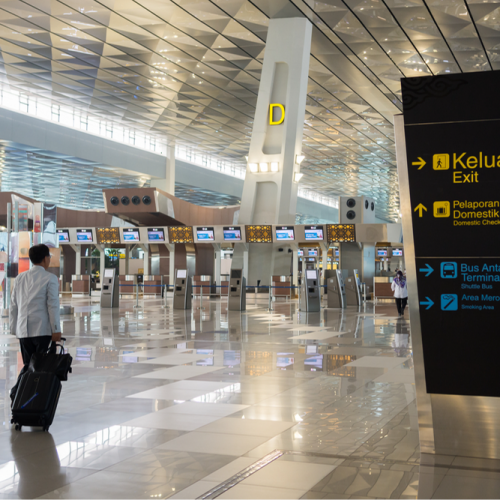
Escape Long Immigration Queue with Autogate System at These 2 International Airports in Indonesia

Minister of Tourism and Creative Economy Enthusiastically Welcomes the Macau - Indonesia Direct Flight Inaugural by Air Macau Macau - Jakarta Route

The 38th Bali Arts Festival: Embracing Universal Harmony

Ten Debut Sports: Asian Games 2018
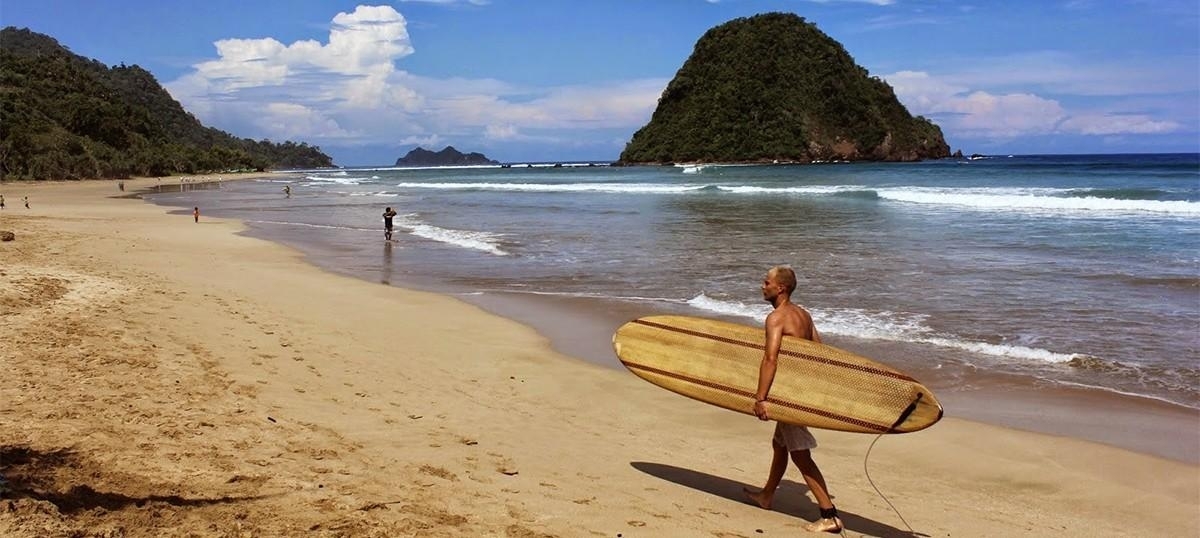
Banyuwangi: Direct Flights from Jakarta Available Now

Genting Dream Cruise: New Route to Surabaya and North Bali

Gunung Agung Status: Ngurah Rai Airport Normal
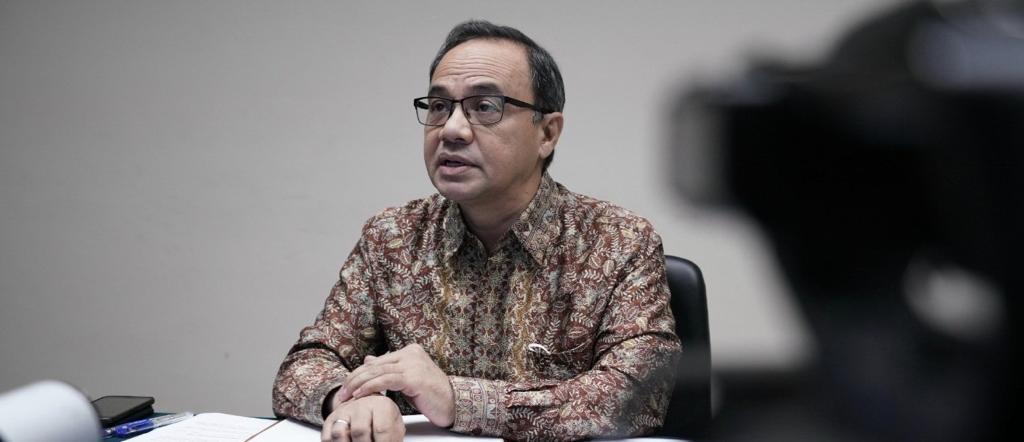
Indonesia Urges ASEAN Strengthening: Institutional Capacity

Emergency Stay Permit: Alleviation for Foreign Travellers

Verify COVID-19 Vaccination: Guide for Foreign Nationals

Mount Agung: Alert Status Lowered to Cautious in Bali
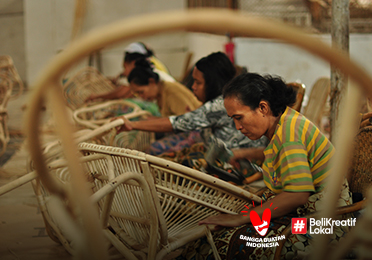
Mendukung Kreativitas Lokal: Produk Indonesia Berkualitas
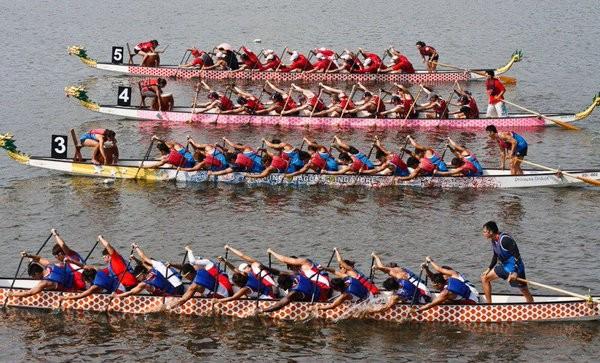
Musi Triboatton 2016: Kehebohan di Palembang, Sumatra

Bali: 1,006 CARE-Certified Tourism Businesses
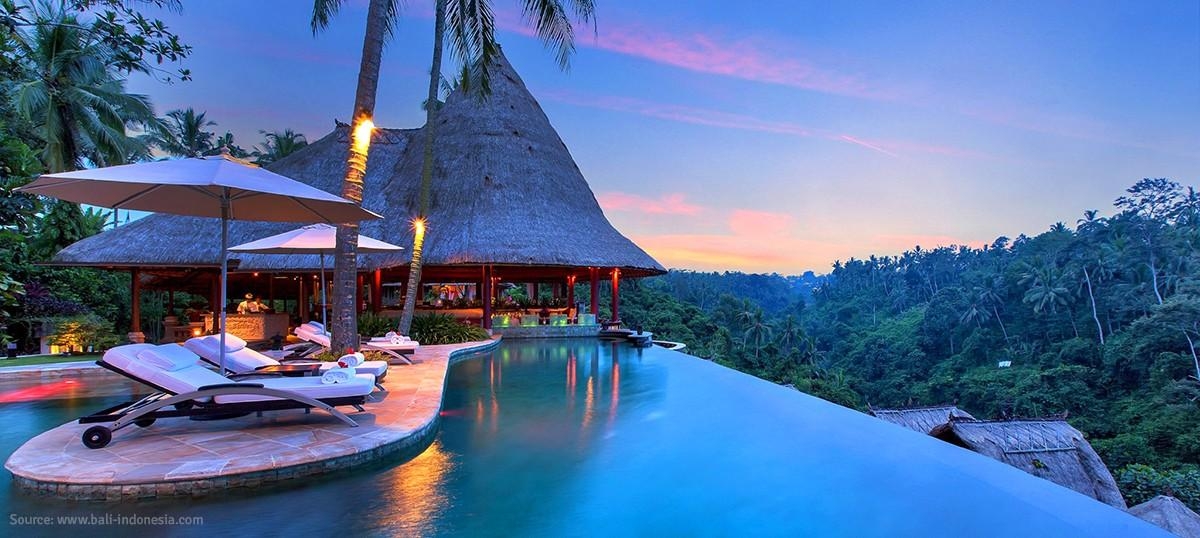
Bali: World's Best Destination 2017
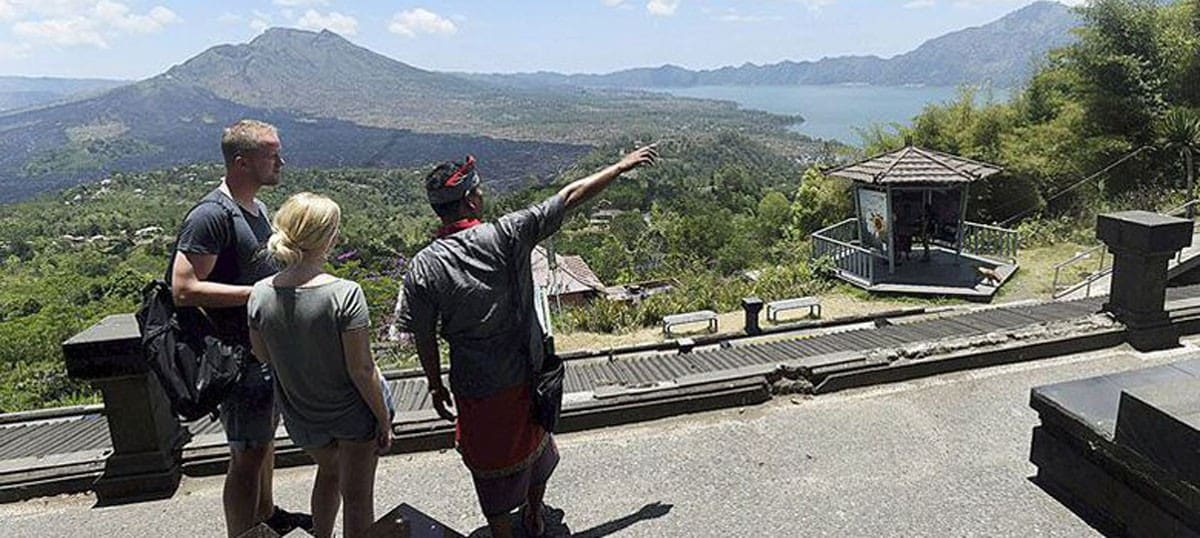
Tourism Minister Visits Bali: Promoting Indonesia's Gem

Cap Go Meh in Singkawang: Malaysia's 100 Tatungs
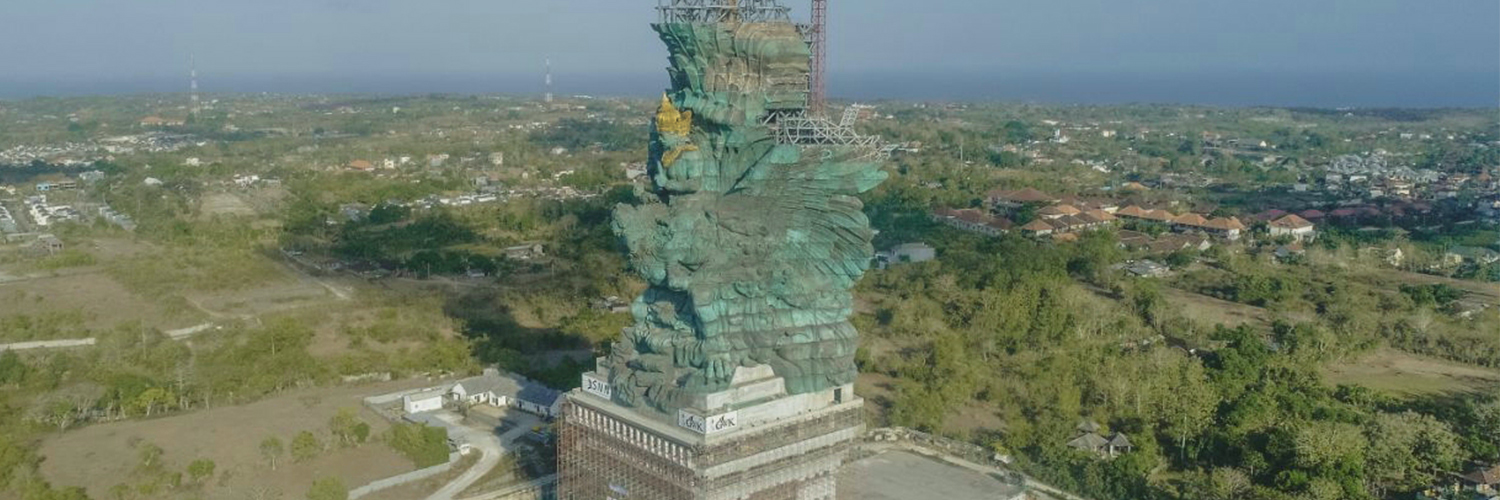
GWK Statue in Final Stage: Bali's Spectacular Icon
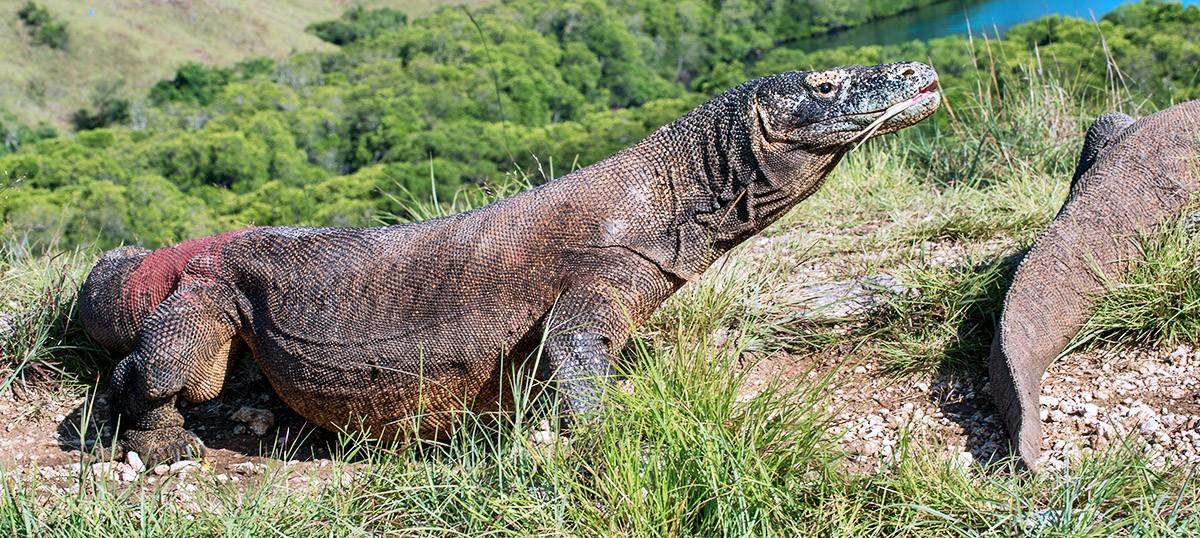
Garuda: Direct Flights Jakarta-Labuan Bajo Komodo
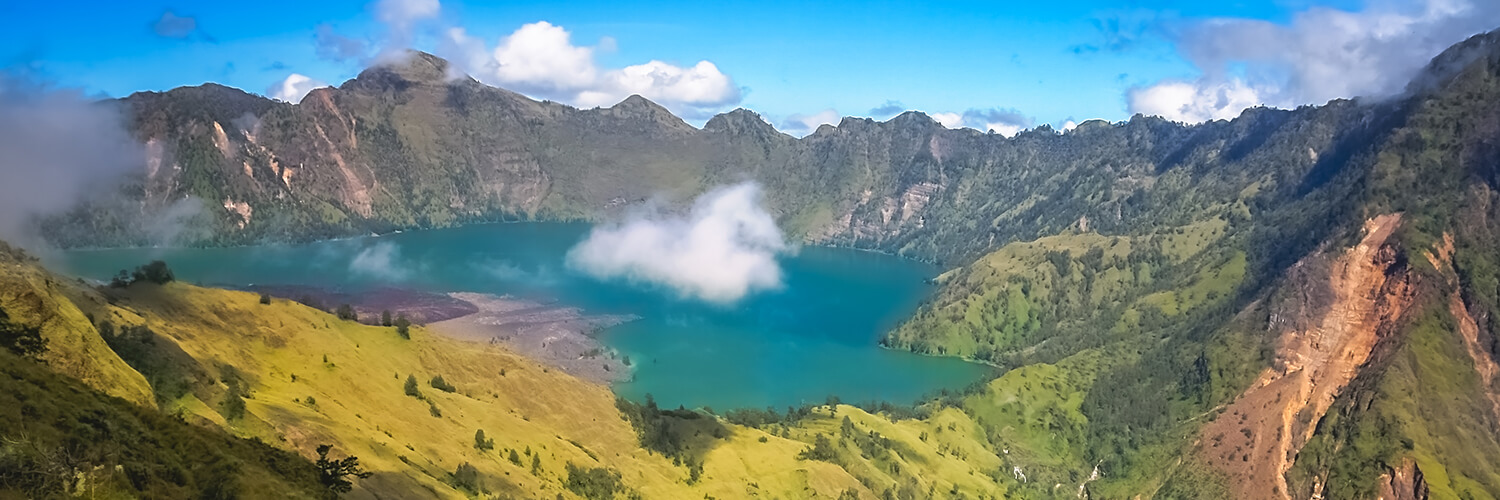
Lombok-Bali Quake: Tourism Remains Conducive

Indonesia's New Travel Rules: November 10, 2022
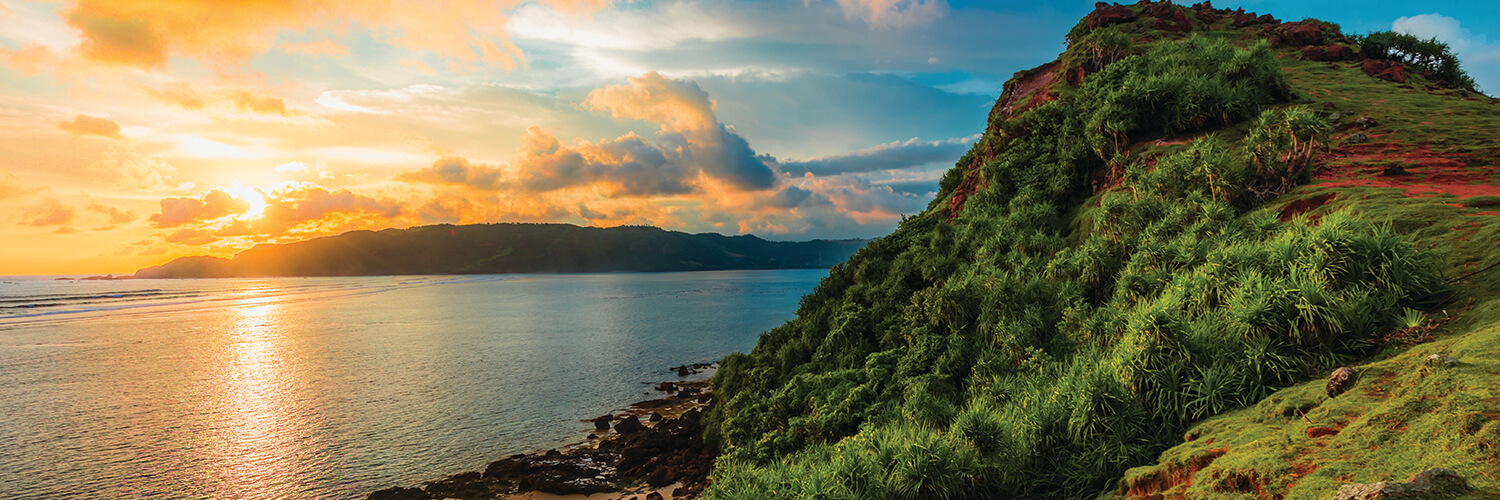
Tourism Ministry on Lombok Quake: Aug 19, 2018

Prepping 3 Bali Green Zones for International Tourists

Bali's 2M Vaccinated for Tourism Revival by July 2021
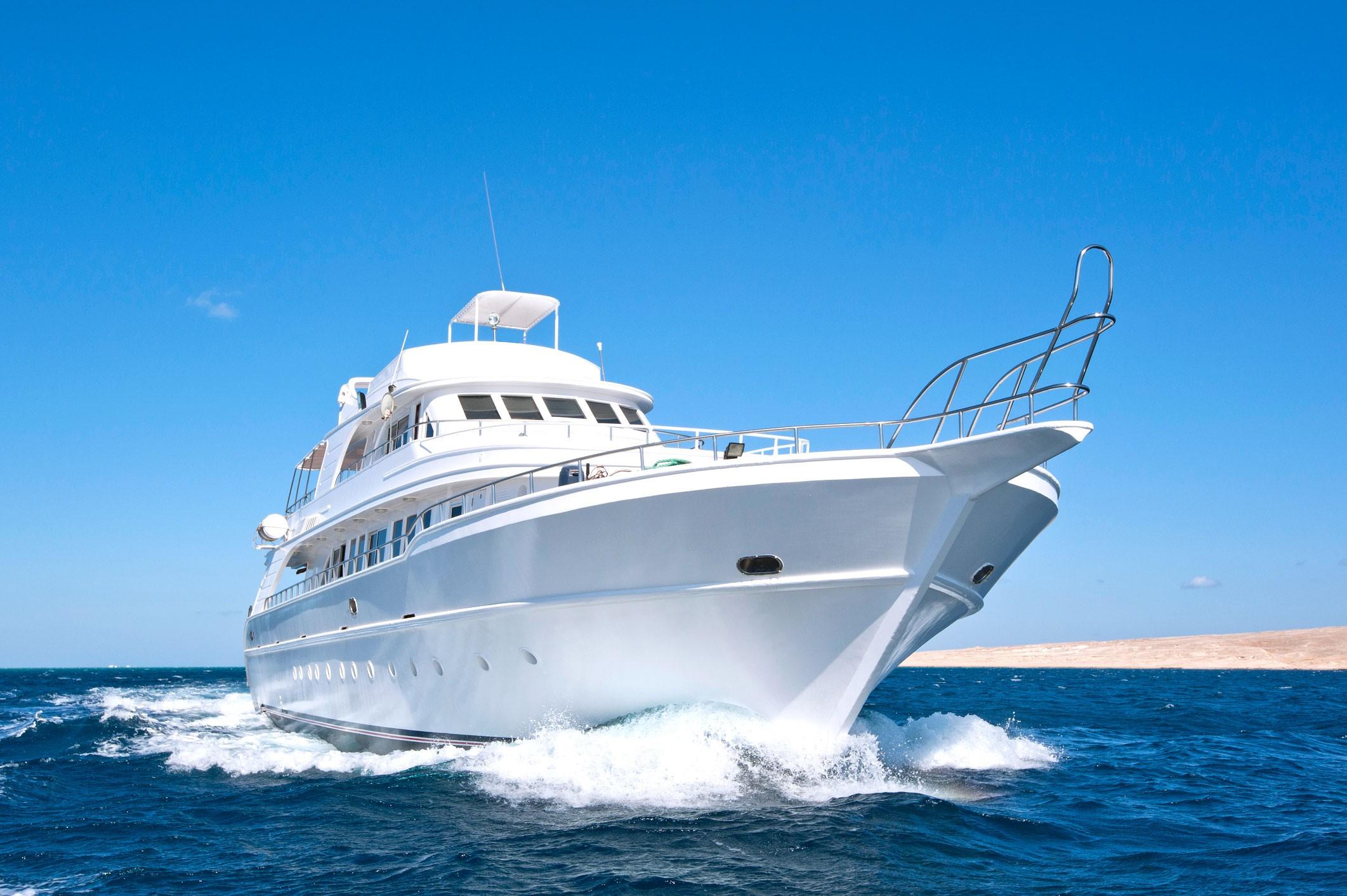
Karimata Strait Sail: Yachting Rally Borneo Sumatra
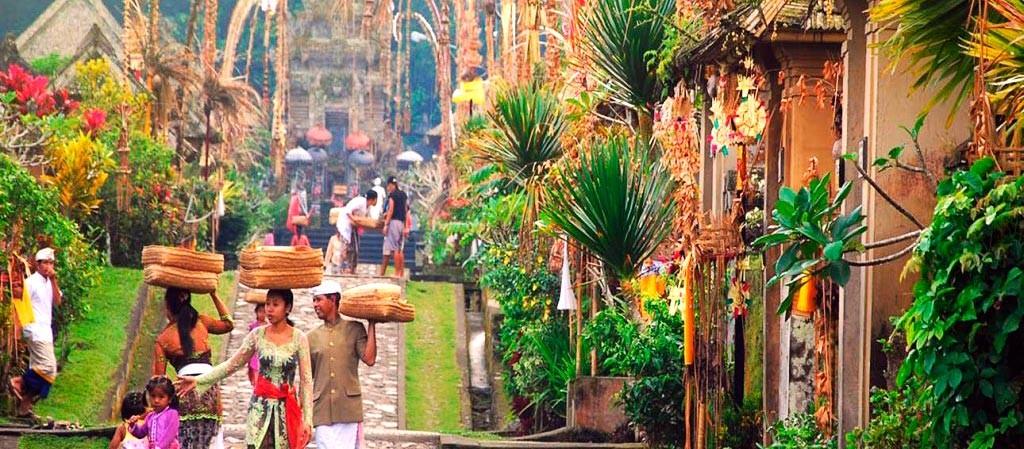
Penglipuran Bali: World's 3rd Cleanest Village
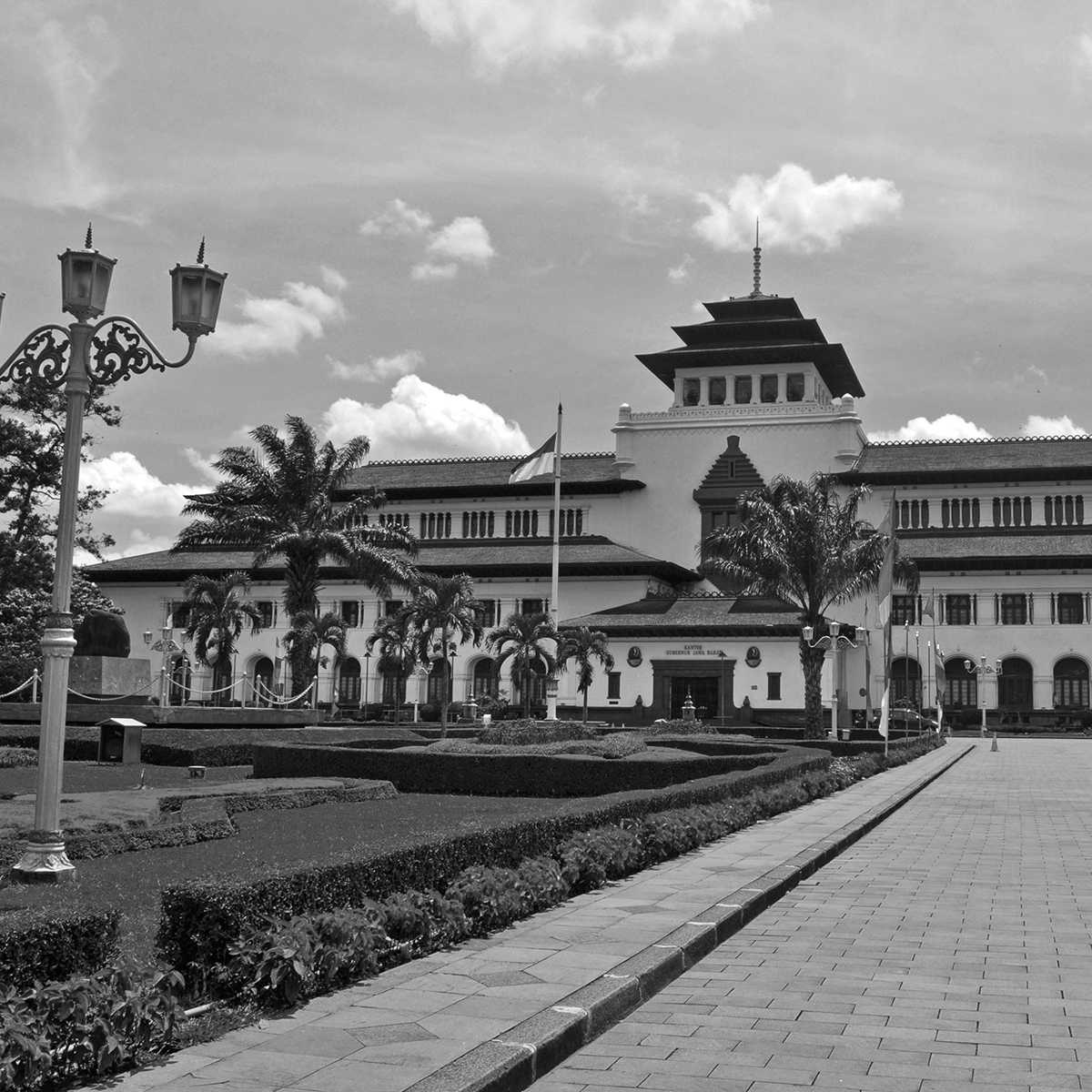
Closed Tourism Spots Due to COVID-19 Outbreak
Indonesia 2020 Hotel Promotions for Your Future Travel
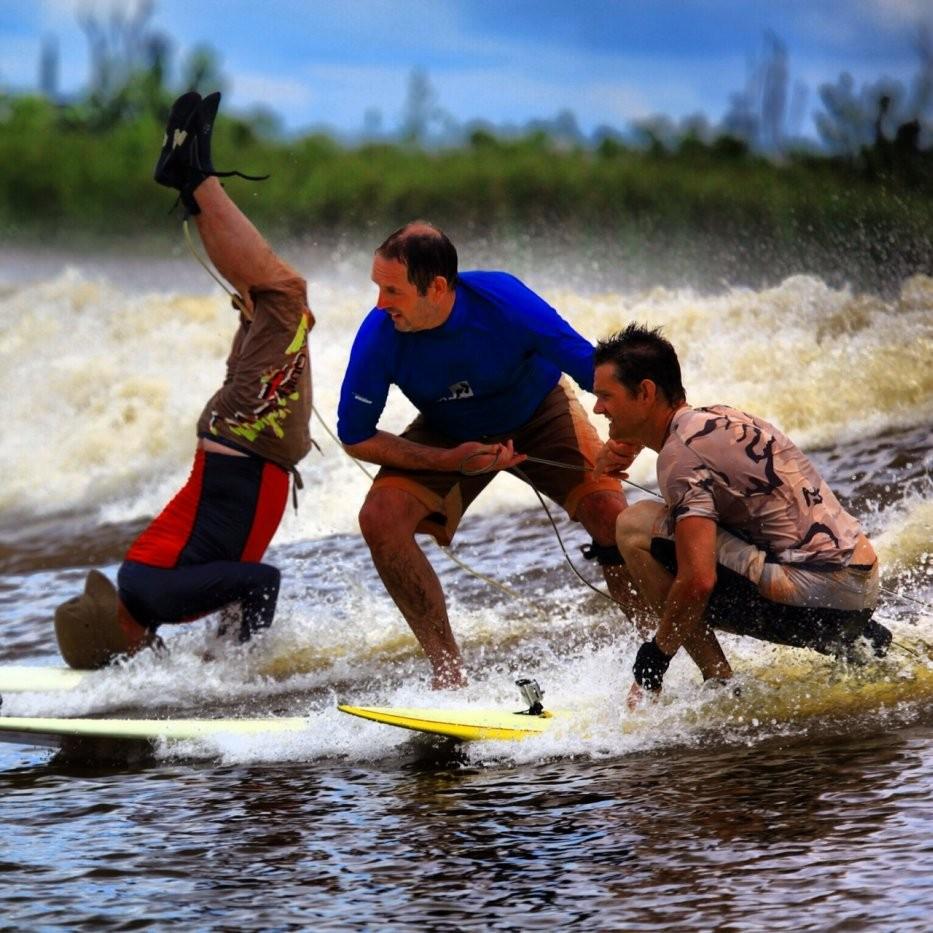
Bekudo Bono Festival 2016: River Surfing Thrills

Tomohon International Flower Festival 2016
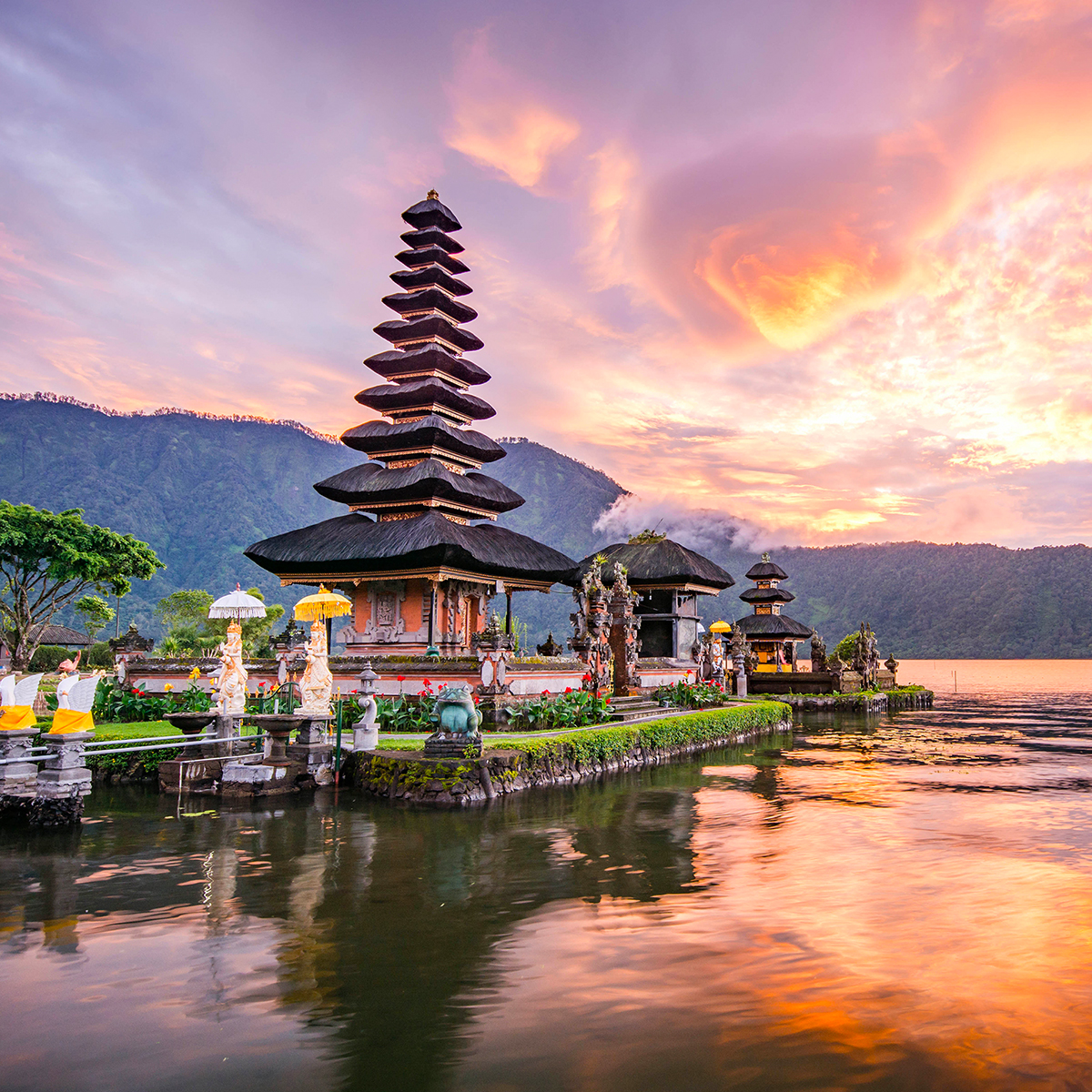
CHSE Certified Hotels in Bali for Safe Stays
Meet Asian Games 2018 Mascots

2018 Asian Games Mascots: Indonesia's Wildlife

IRONMAN 70.3 Bintan: Premier Triathlon
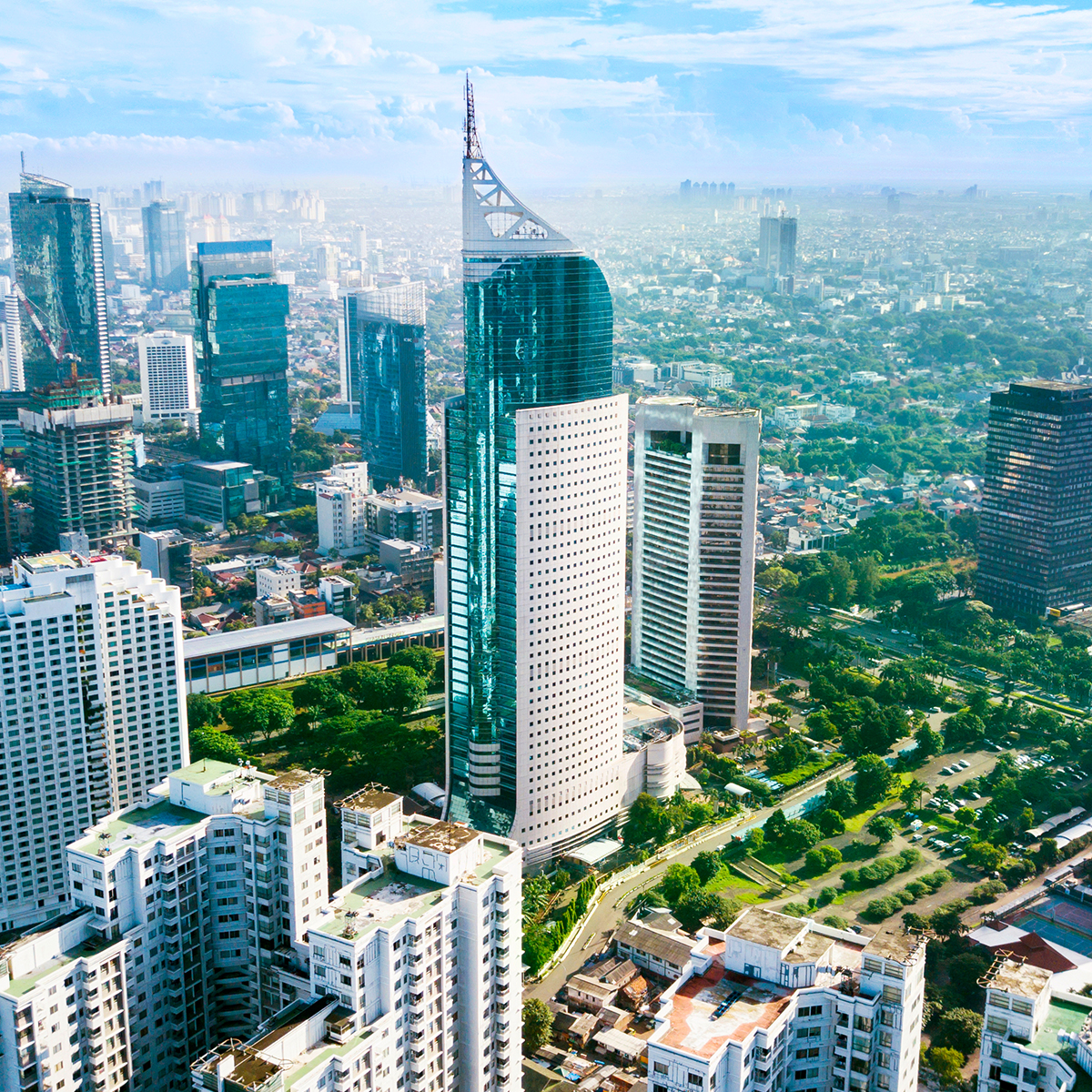
Indonesia's Temporary Entry Restriction
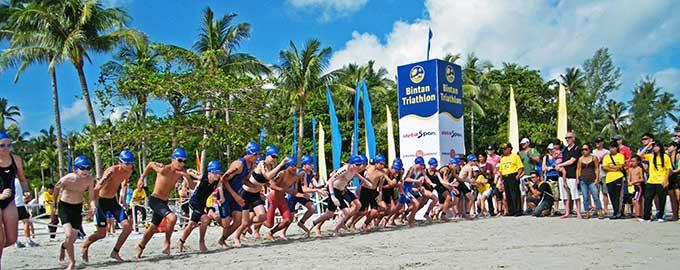
Bintan Triathlon 2016: A Thrilling Event

Bintan Triathlon 2016: A Multi-Sporting Spectacle
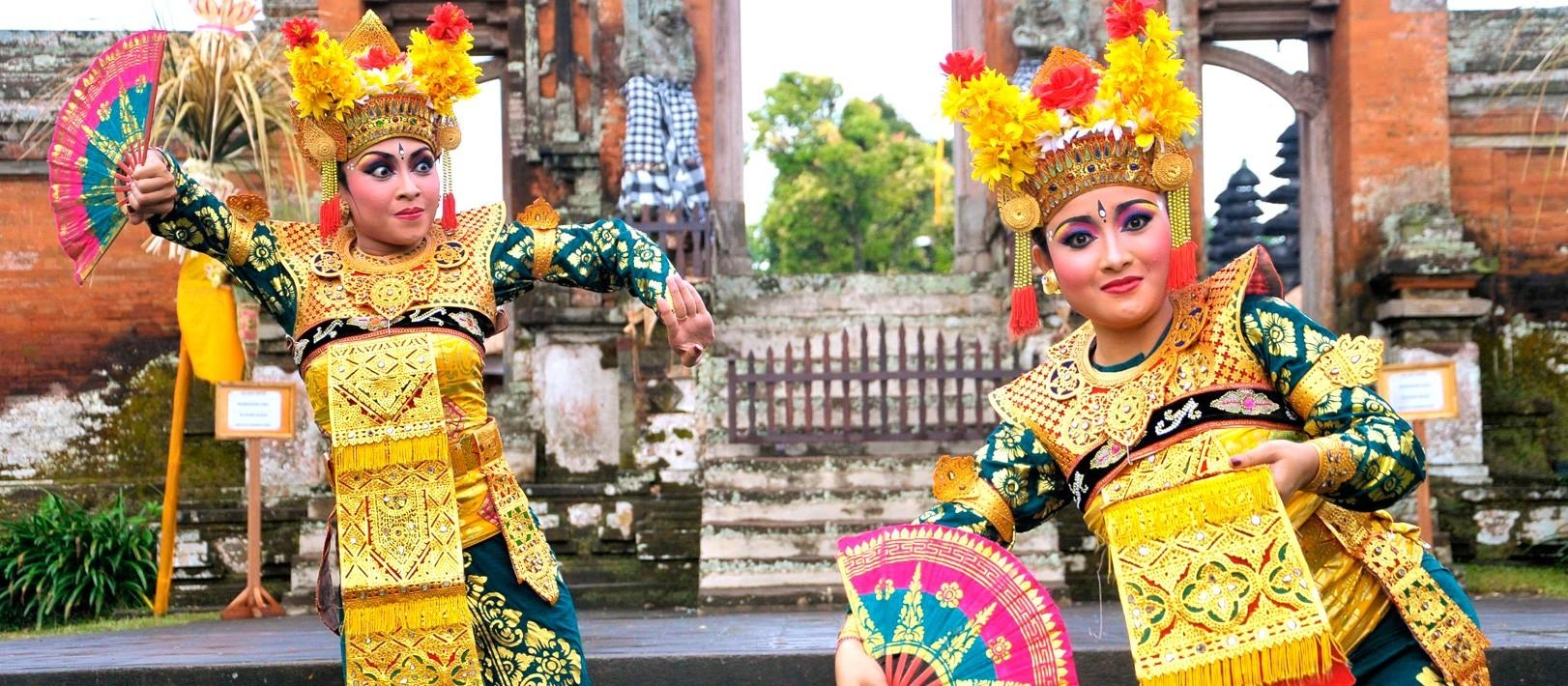
Bali: Best Island in the World 12 Years Running
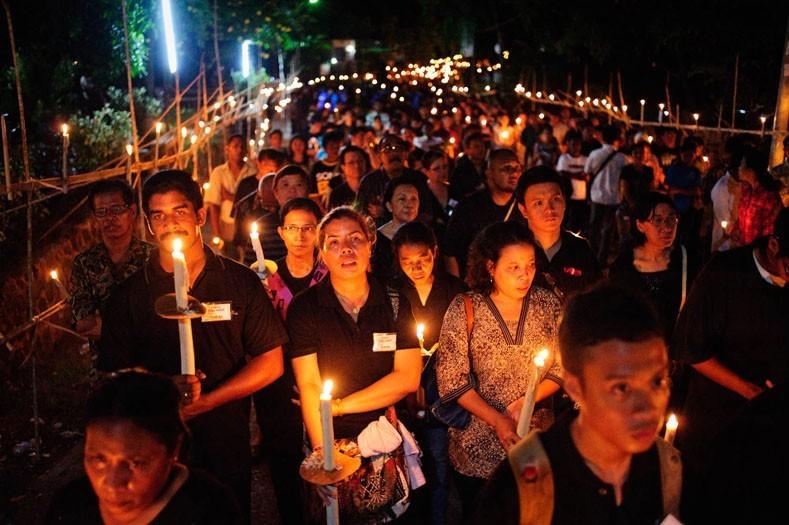
Larantuka Semana Santa: Easter Devotions
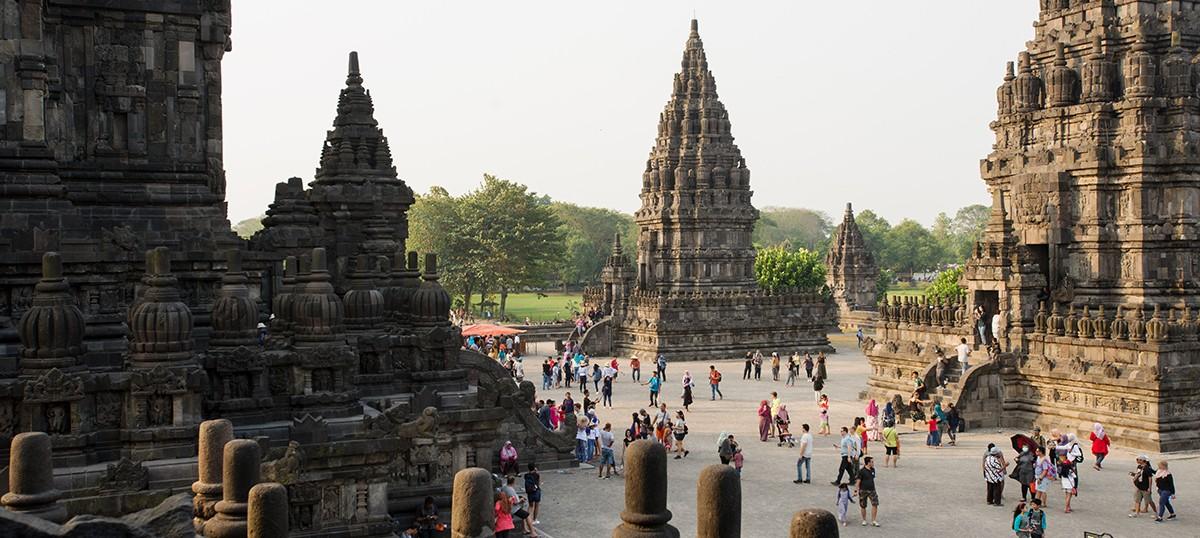
Yogyakarta Convention Venue on the Rise
Mt. Agung Volcano Alert: Highest Preparedness

COVID-19 Travel Advisory for Indonesia
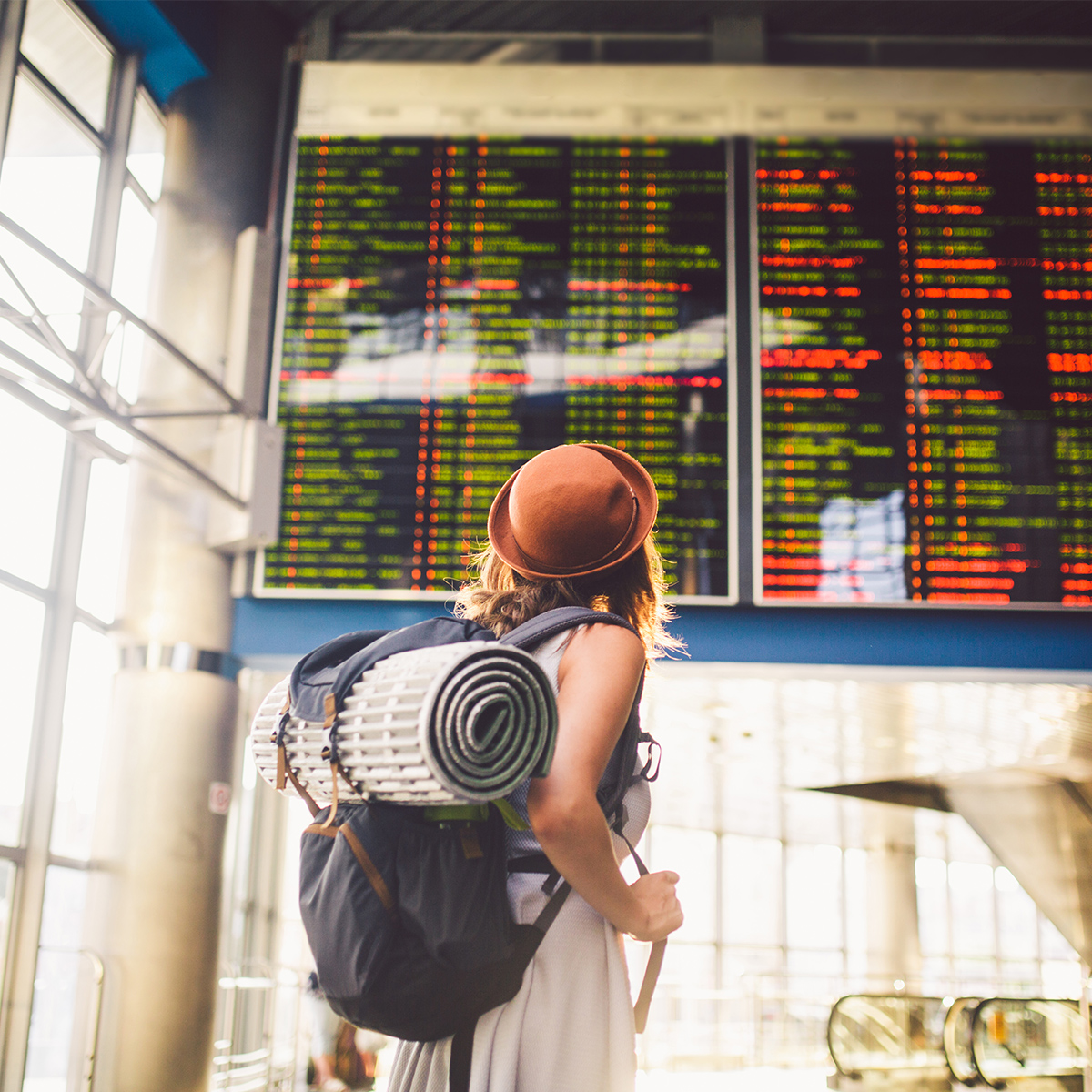
COVID-19 Stay Permit Regulations in Indonesia

Indonesia Invites AIS Forum Participating Countries to Strengthen Sustainable Tourism
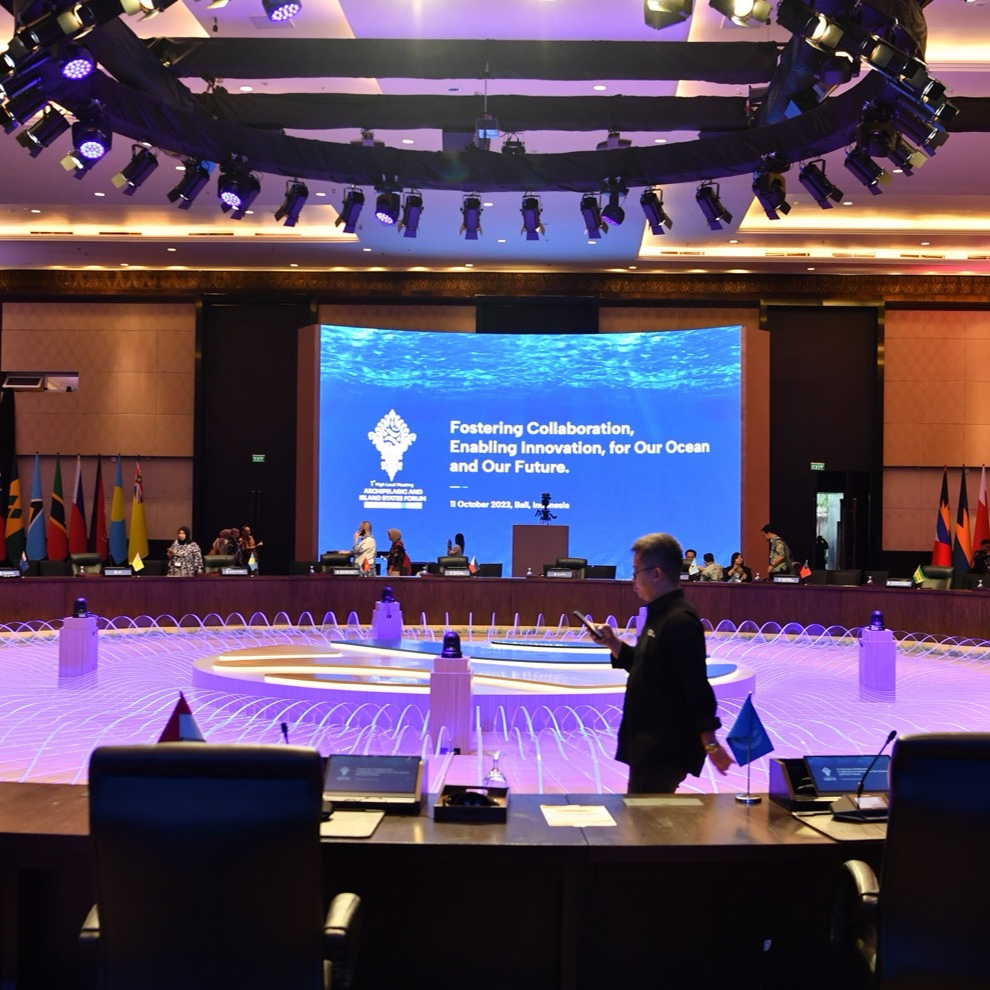
Indonesian President Chairs 1st HLM of AIS Forum Today
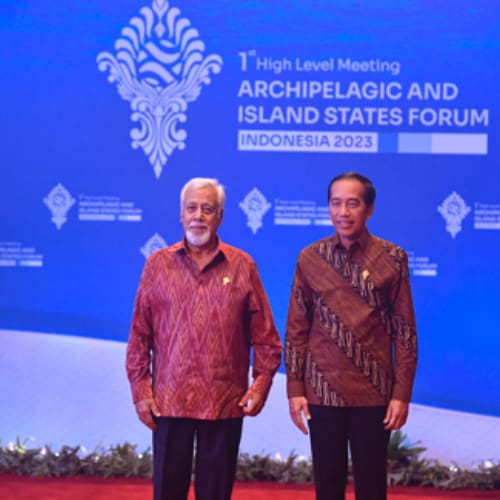
President Joko Widodo: Ocean is Our Future
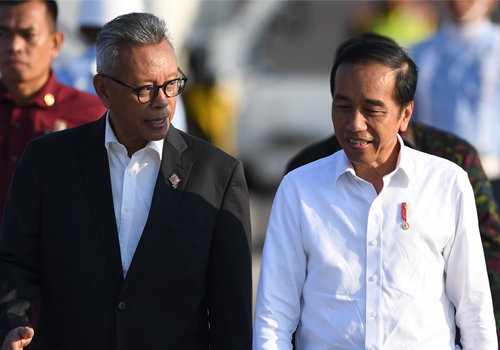
Indonesian President to Chair 1st HLM of the AIS Forum
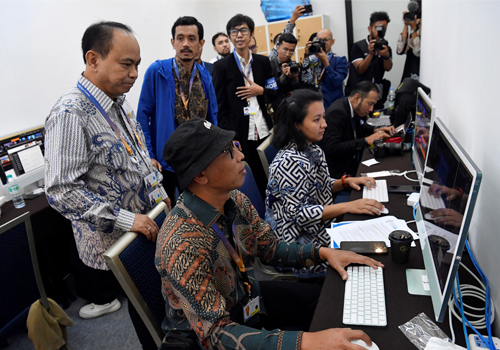
1st HLM of AIS Forum Media Center Supports Fast Coverage by Journalists

Indonesia Receives Environmentally Friendly Tourism Reference Document
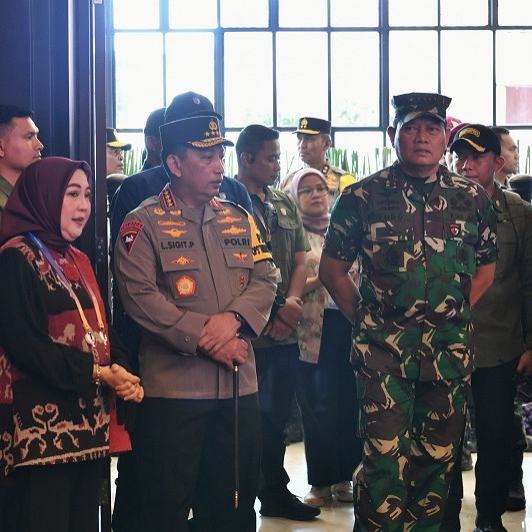
Security Arrangement for HLM of AIS Forum Under Control
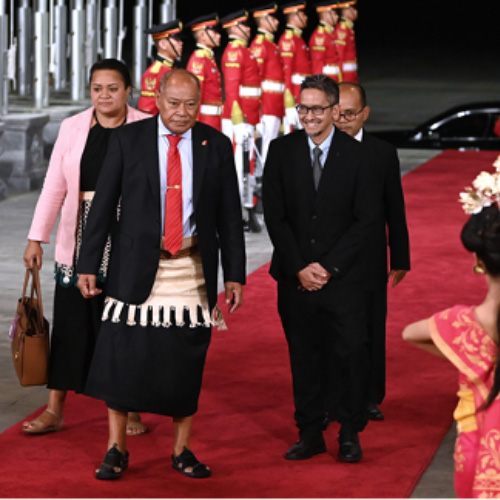
21 Leaders and High-ranking Officials Arrive in Bali to Attend the 2023 HLM of the AIS Forum

AIS Forum Begins New Era of Sustainable Blue Economy Growth

Optimizing Tourism and Creative Economy for Sustainable Growth
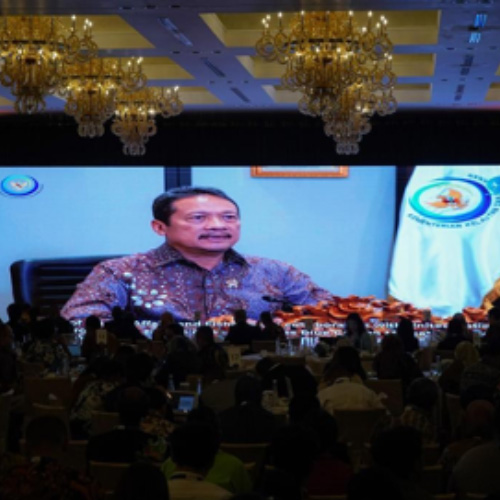
Indonesia Promotes Good Practices in Blue Economy at the 2023 HLM of the AIS Forum

Bali Govt Bans Drone Flying during 1st HLM of the AIS Forum
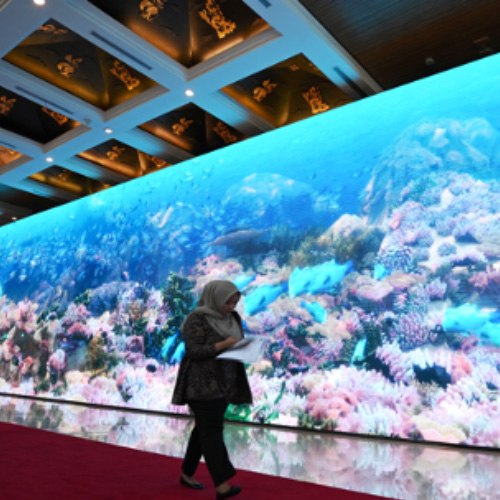
Agenda for the 5th Ministerial Meeting of the AIS Forum
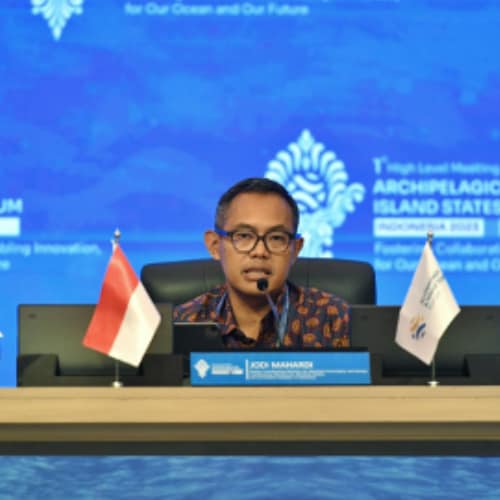
The 1st HLM of Archipelagic and Island States Forum Focuses on Concrete Initiatives in Maritime Sector

1st HLM of the AIS Forum Launches the AIS Blue Hub and RnD Programs
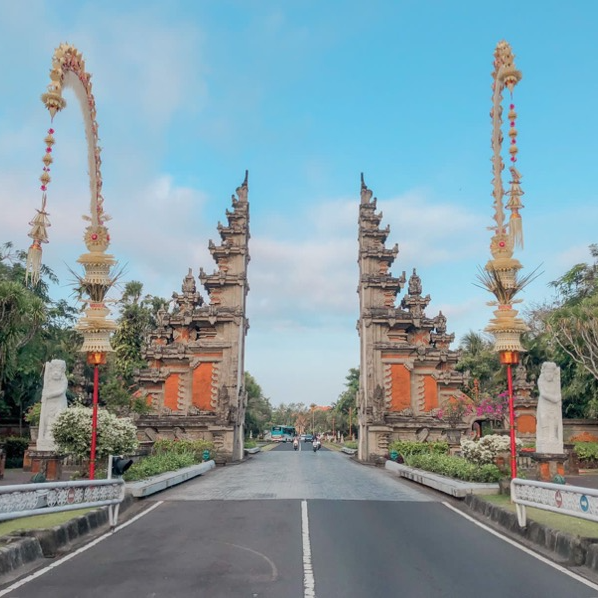
The Nusa Dua Bali to Support the Success of the 2023 HLM of the AIS Forum with Optimum Services

AIS Forum Realizes Innovative Solution for Sustainable Future of Ocean
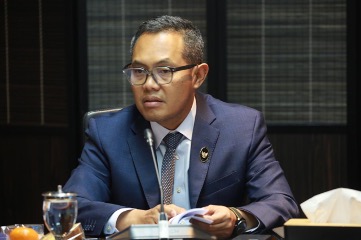
AIS Forum Encourages Archipelagic and Island States to Issue Sovereign Blue Bond Through the Strategic Blue Financing Guidelines
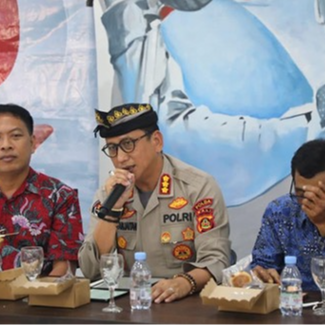
Bali Police Urges Community to Maintain Public Order and Security for a Successful 1st HLM of the AIS Forum
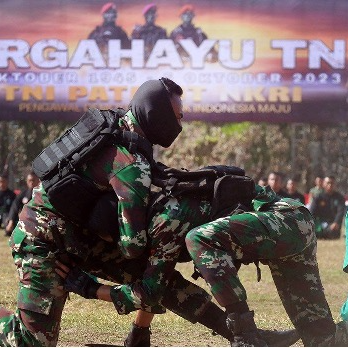
Udayana Military Command Chief Assures Bali's Security for the 2023 HLM of the AIS Forum

Indonesian National Police to Deploy 4,083 Personnel to Support Security at the 1st HLM of the AIS Forum in Bali
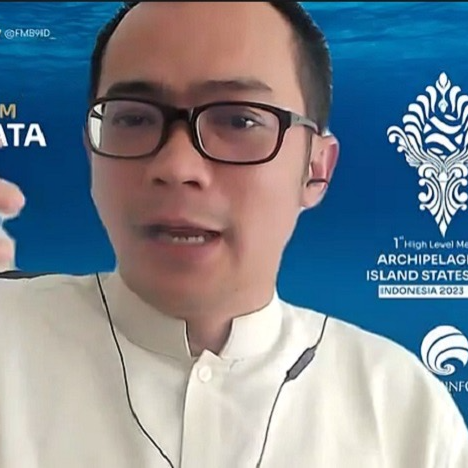
The 2023 HLM of the AIS Forum Sharpens Global Strategy to Address Climate Change Issues
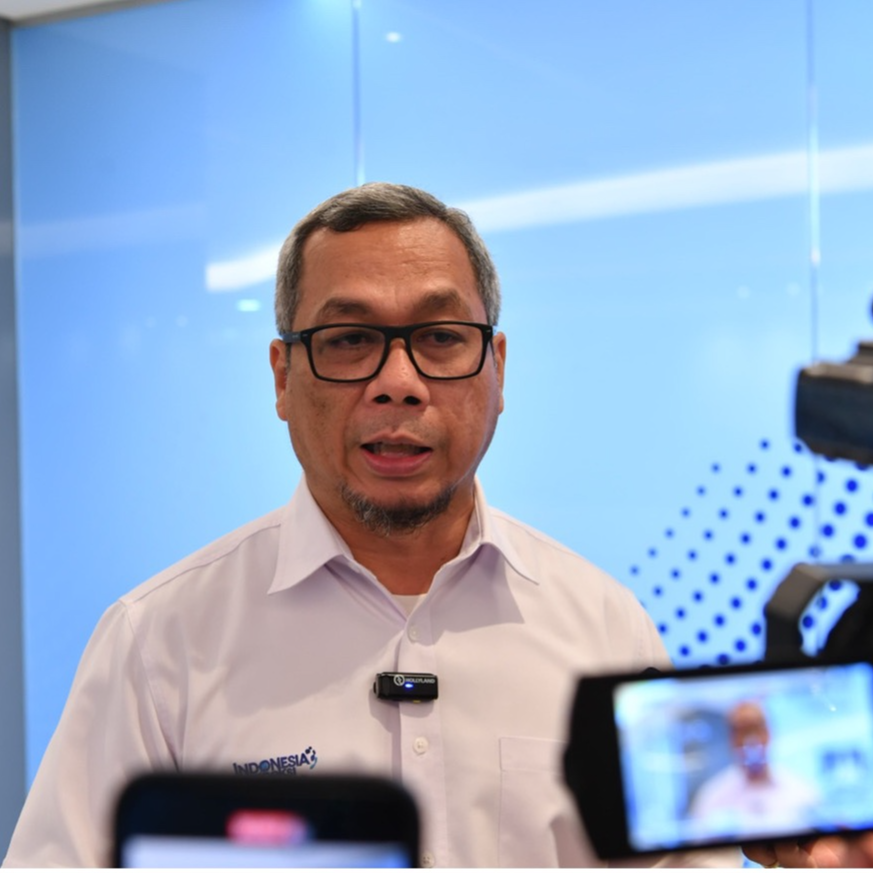
MCI Ensures Reliable Telecommunications Infrastructure at the 1st HLM of the AIS Forum
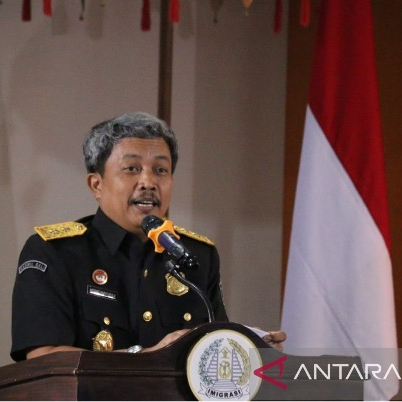
Ministry of Law and Human Rights Opens Special Immigration Lane for Delegates of 2023 HLM of AIS Forum

The 2023 High Level Meeting of AIS Forum Calls for Stronger Solidarity to Address Maritime Problems

Bali Regional Police to Deploy 4,000 Personnel to Secure HLM of the AIS Forum
Frequently Asked Question related to Covid- 19

Celebrating the Day of Buddha on Vesak Day Rituals at Magnificent Borobudur
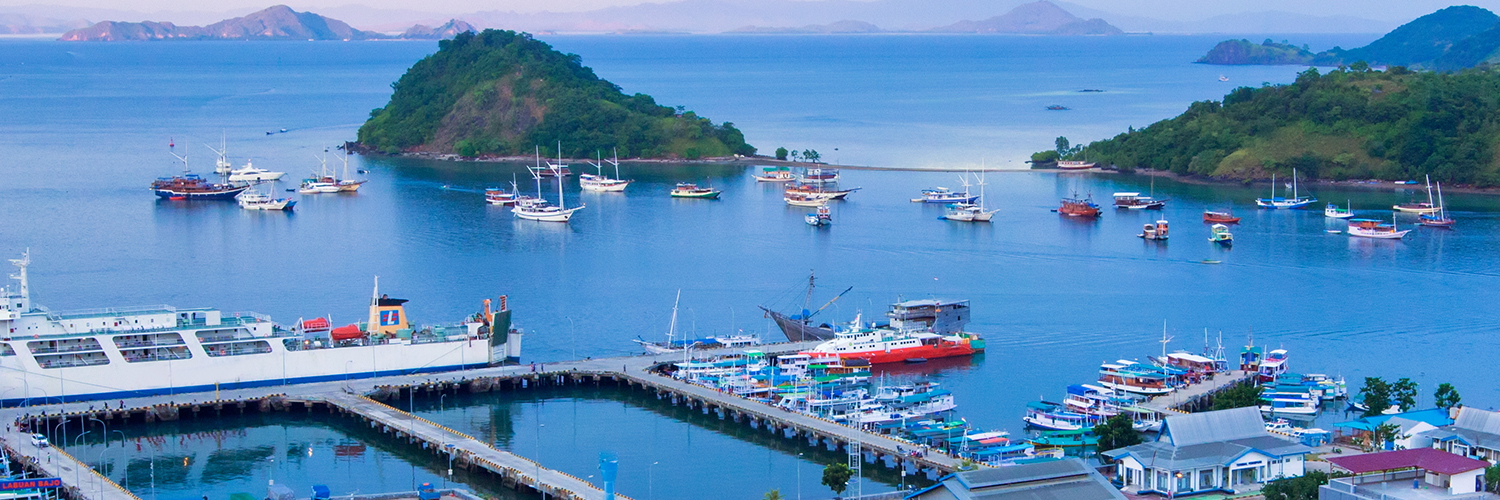
LABUAN BAJO, buffer zone to Komodo National Park is now under Tourism Authority

Vote Bali as the Best Island in Luxury Magazine Readers’ Travel Awards 2018!
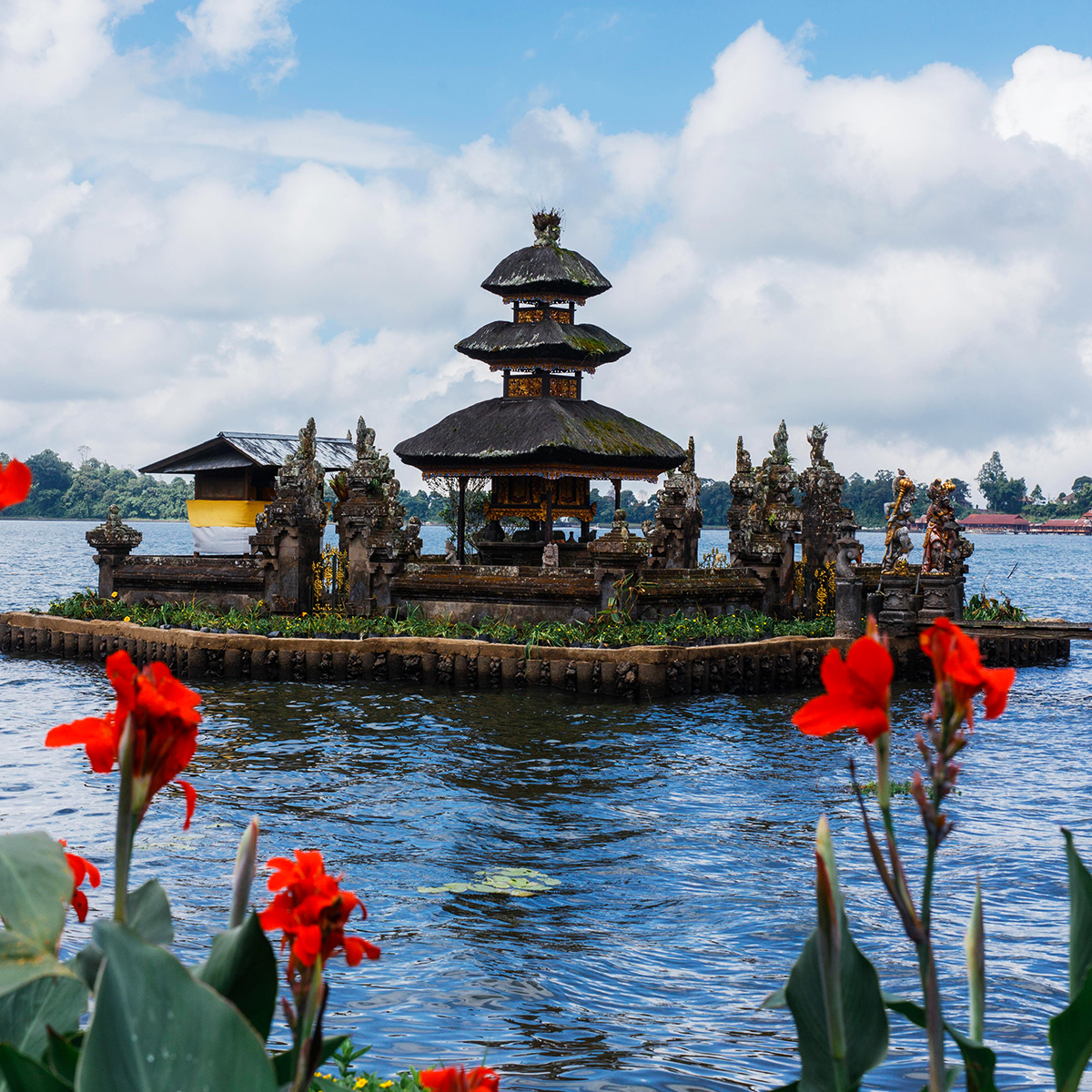
Bali, #1 Winner of 2021 TripAdvisor Travelers' Choice Award
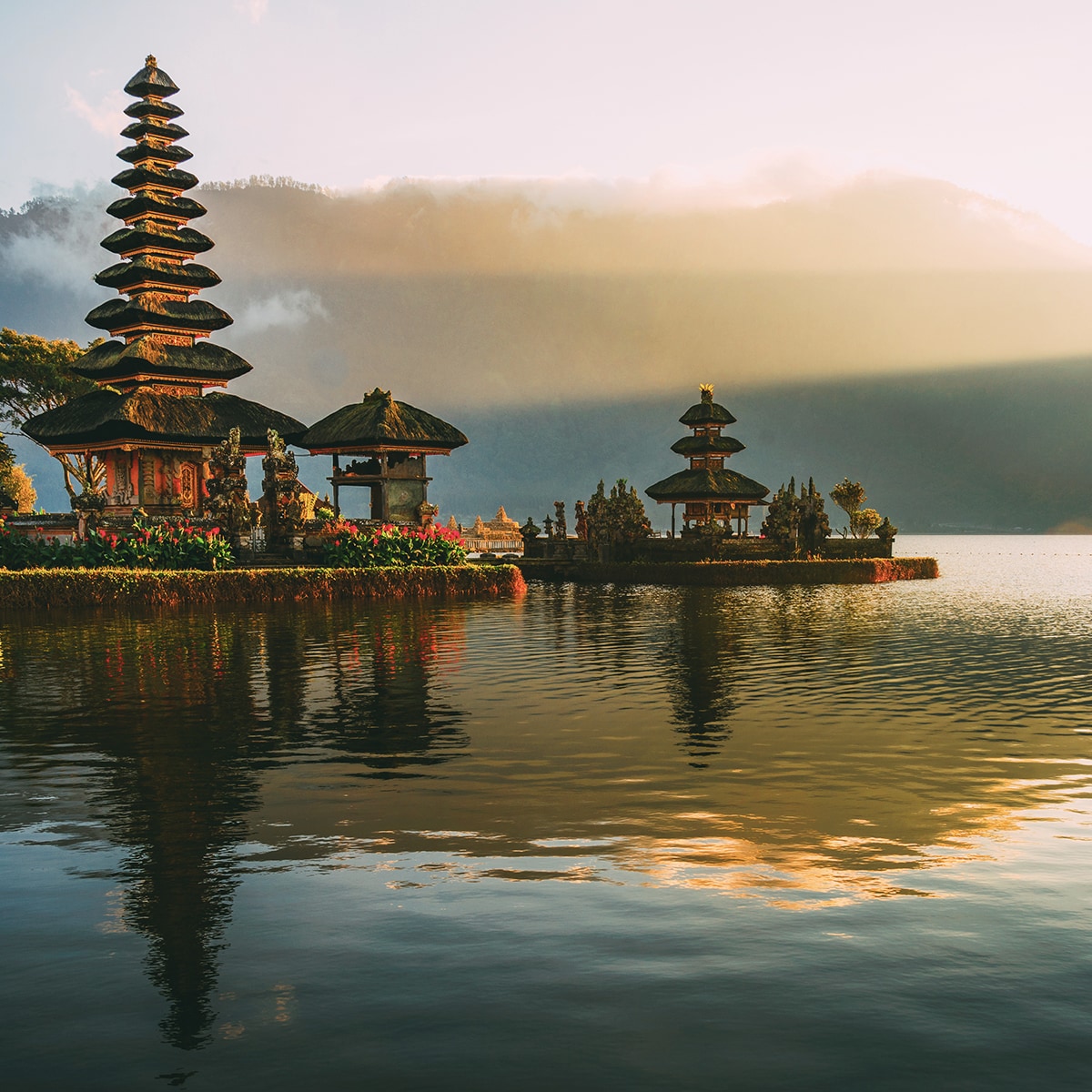
How Bali Fights Against COVID-19

Ngurah Rai Airport Operates Normally Despite Mt. Agung Eruption

Bali Tourism Not Bothered by Black Smoke

Indonesia set to host 18th ASIAN GAMES 2018 in JAKARTA and PALEMBANG
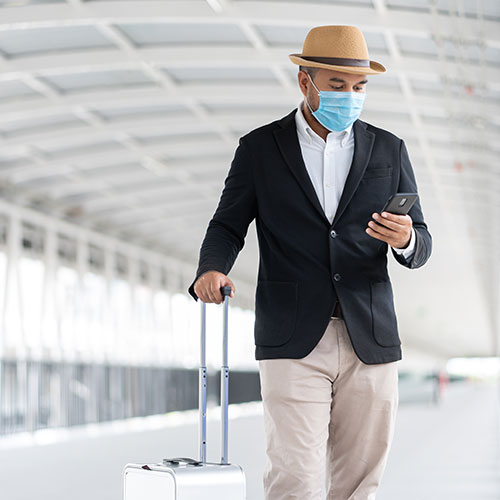
Transition to Endemic: Five requirements imposed on International Tourists
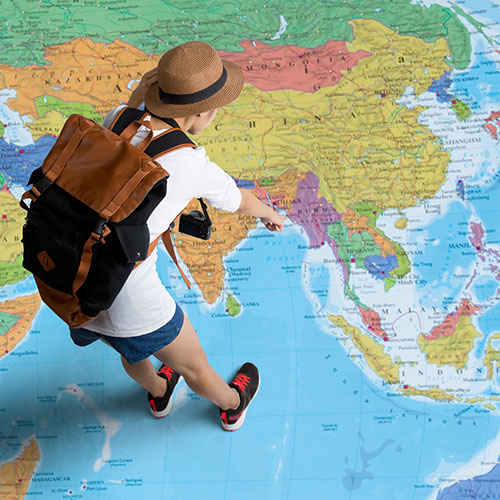
Indonesia's Latest Tourism Visa Policies for International Travelers
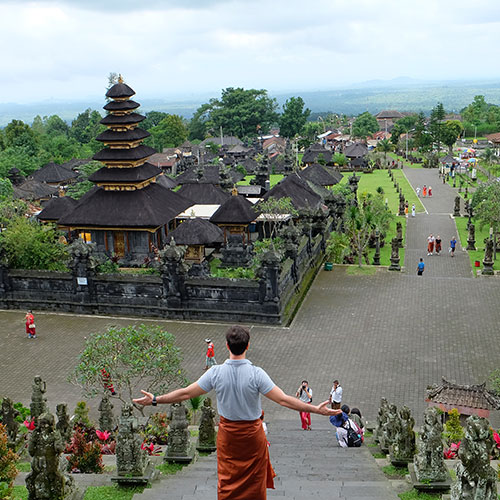
New Rules for Foreign Tourists in Bali: A Summary you don’t want to miss!

Australia, Japan Affirm ASEAN as Top Priority
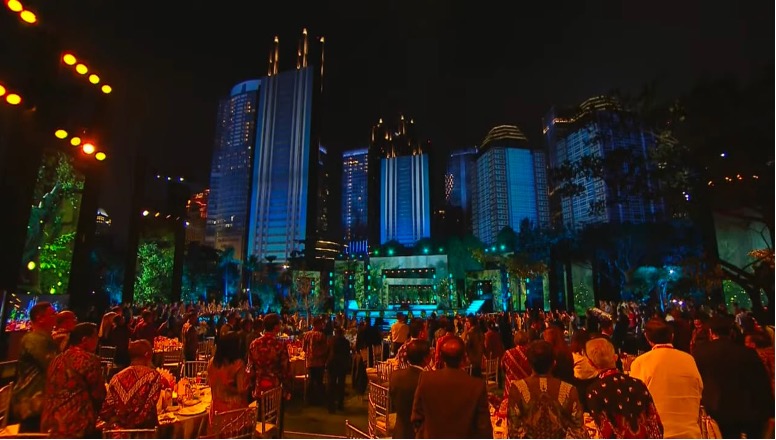
Gelora Bung Karno City Forest Transforms into an Exotic Dinner Venue for ASEAN Summit Delegates
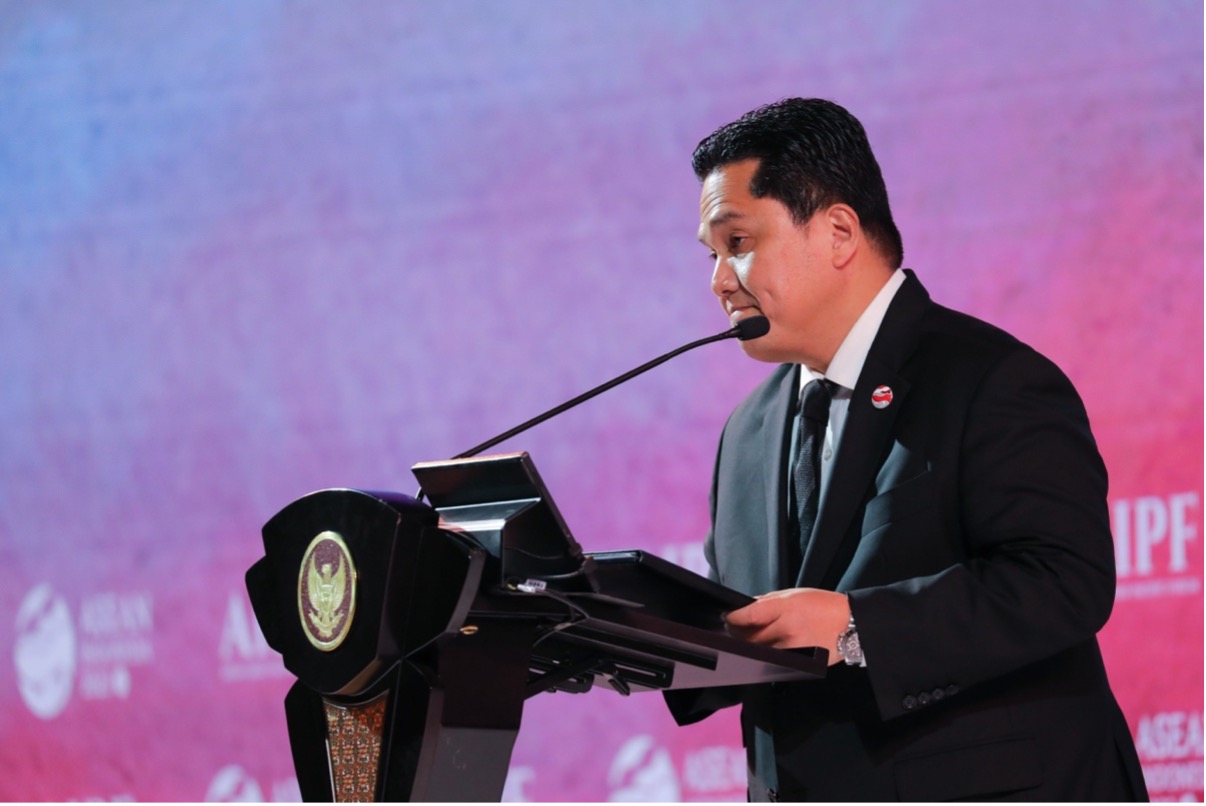
SOEs Encouraged to Expand Partnerships outside the Southeast Asia Region

Trust as Foundation of ASEAN-PRC Cooperation

Revitalized TMII Welcomes ASEAN’s First Ladies With Its New Look
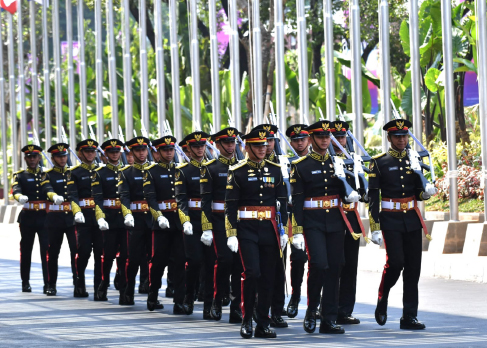
Get to know the Cordon Guard: the Honor Guard Welcoming World Leaders at 43rd ASEAN Summit
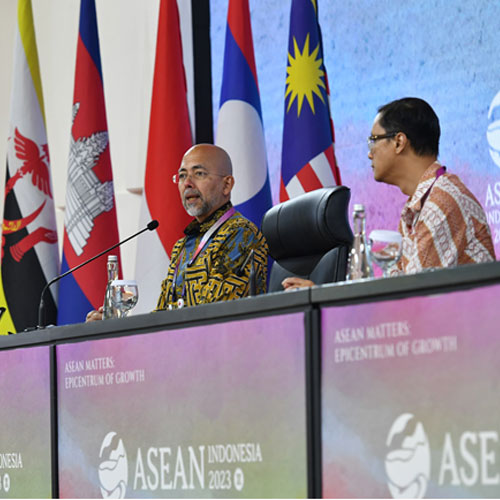
ASEAN Senior Officials’ Meeting Discusses Strengthening ASEAN’s Capacity and Institutional Effectiveness
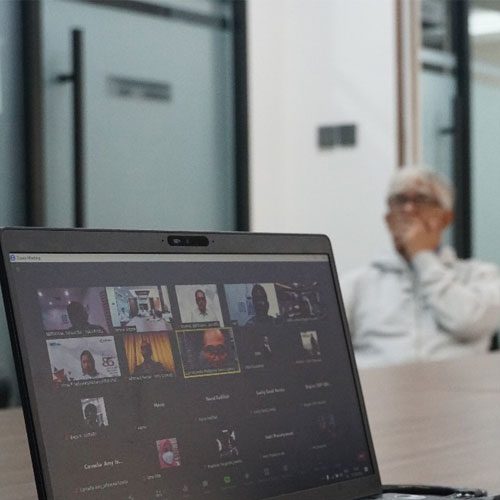
Indonesia Promotes ASEAN Media Cooperation to Enhance ASEAN Awareness
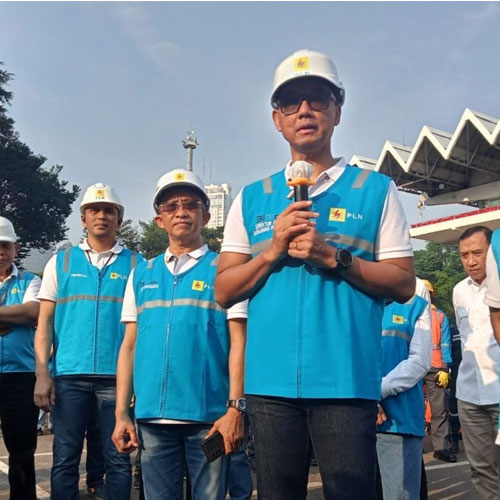
PLN Guarantees Flicker-Free Electricity Services at 43rd ASEAN Summit
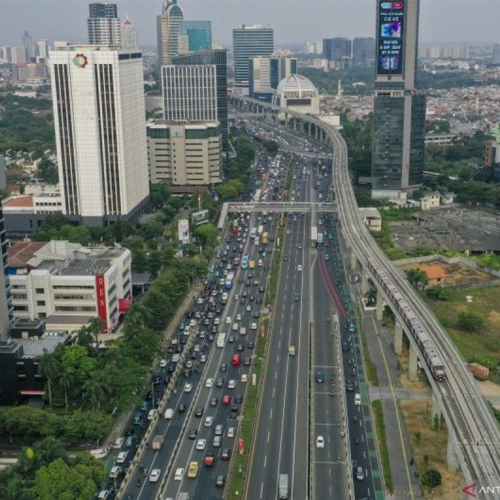
DKI Jakarta Restricts Freight Vehicles on Four Toll Roads During 43rd ASEAN Summit
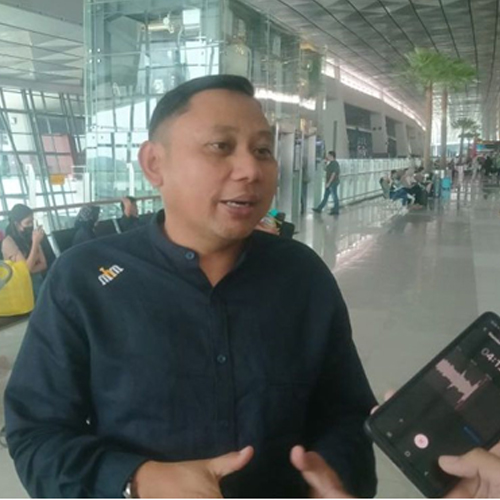
AP II Optimizes Soekarno-Hatta Airport Operations for the 43rd ASEAN Summit 2023

The 2023 Toraja and Beyond Festival builds a joint commitment to “Make Toraja Great Again”

To Attract Malaysian Tourists, The Ministry of Tourism and Creative Economy Holds a Webinar to Promote Super Priority Destinations

Electronic Visa on Arrival ( e-VOA )
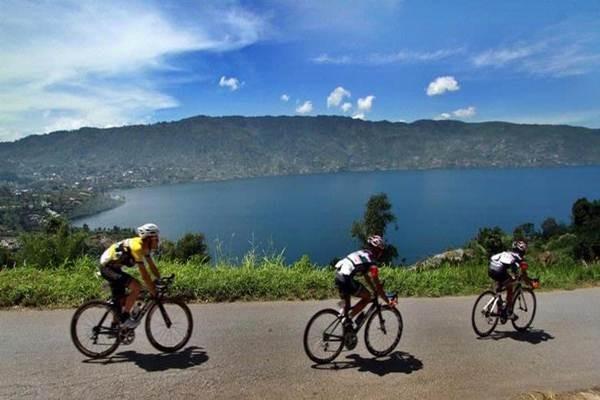
Geobike Caldera Toba 2016: Spectacular Cycle Adventure

Rare White Rhino Birth: Bali Safari Park
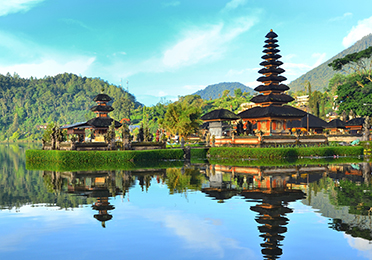
Bali Tourism Board Statement | August 6th, 2018

Bali & Ngurah Rai Airport: Safe for Visitors
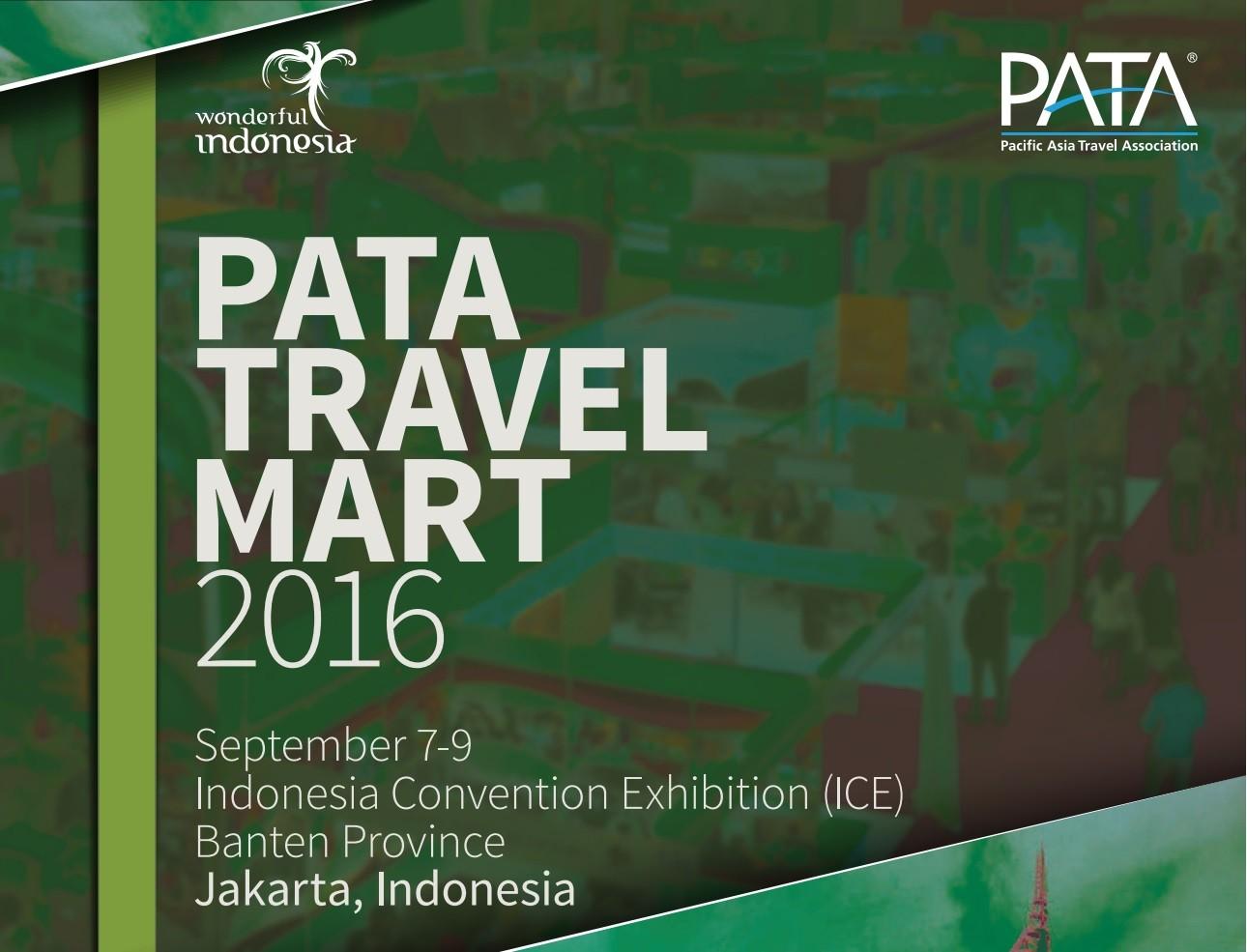
Indonesia Hosts PATA MART 2016 | Premier Travel Show

The Euphoria of the KTT ASEAN 2023 Side Event di Labuan Bajo

Opera Bakdan Neng Solo, A Fascinating Post-Eid Event in Surakarta
Chinese travelers, Nǐ Hǎo! Wonderful Indonesia warmly welcomes you!

Indonesian President to Announce Declaration of the 42nd ASEAN Summit 2023
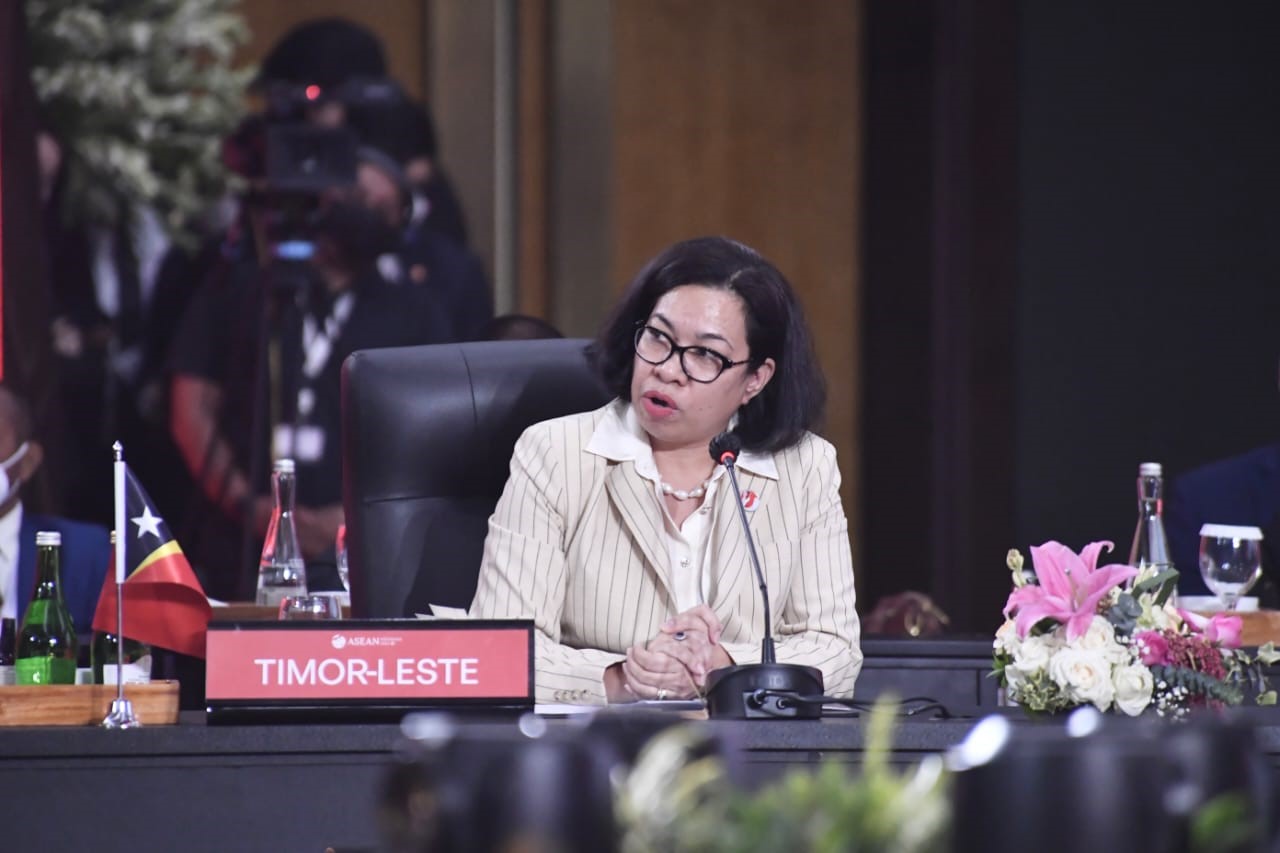
Indonesia Supports Timor-Leste's Membership in ASEAN
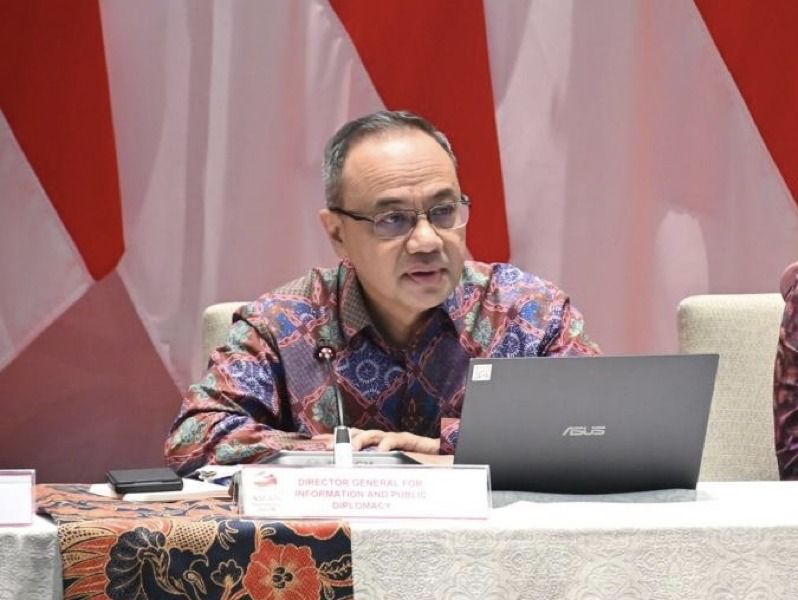
Indonesia Urges Comprehensive Strengthening of Efforts to Combat Trafficking in Persons at 42nd ASEAN Summit 2023
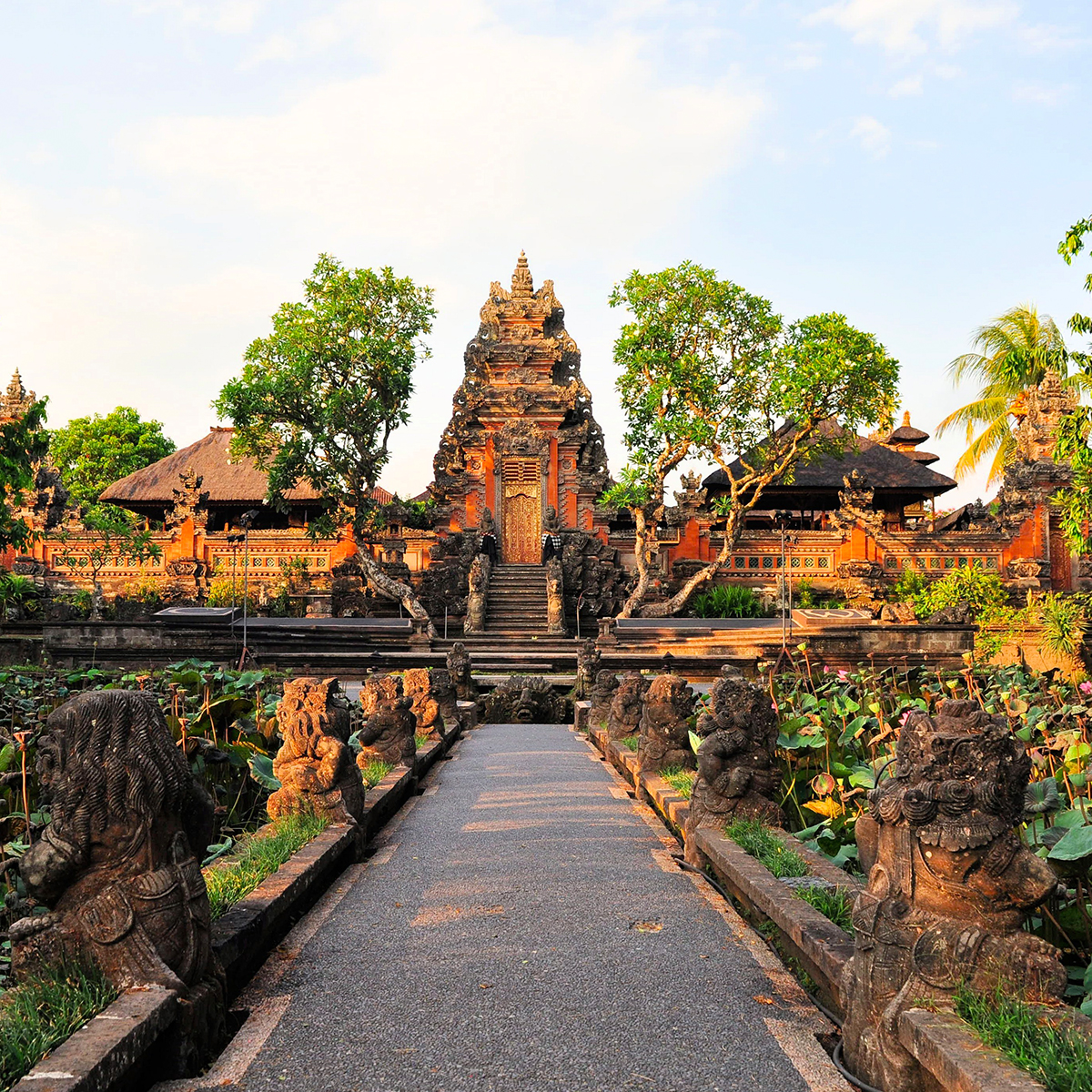
Latest Travel Regulations to Enter Bali

Highlights of the 2nd Day of G20 Summit in Bali

Indonesian Immigration Relaunched Multiple Entry Visa to Stimulate Tourism, Investment, and Business Growth in Riau Islands

President Joko Widodo Held a Bilateral Meeting with President Joe Biden Ahead of G20

President Jokowi Welcomed the G20 Summit Delegates

Highlights of the 1st Day of G20 Summit 2022 in Bali

Wonderful Indonesia Earned Lonely Planet's Best in Travel Destinations for 2023 Award

Bali Provincial Government Accelerates Environmentally Friendly Energy Commitments from the G20 Summit

G20 Secretariat Distributes Media Badges to Journalists

Indonesia's Medicinal Plants Go Global

Pendet Dance Performance to Welcome Heads of Delegation of the G20 Summit

Penglipuran Village Gears up to Welcome Visitors during the G20 Summit

G20 Energy Ministers Envision Joint Commitment on Energy Transition Acceleration at the Bali Summit

The Ministry of Tourism and Creative Economy Participates in WTM London 2022 to Revive the Existence and Quality of Indonesian Tourism

The Launch of Immigration on Shipping

Bali is Getting Ready to Welcome the Upcoming G20 Summit

Second Home Visa is Now Available

Frequently Asked Questions Regarding the Reopening of Batam Bintan
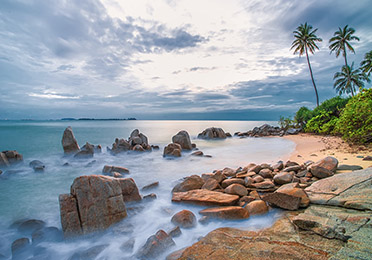
Batam-Bintan is Now Officially Open! Here are The Rules and Regulations as of 31 August 2022

Bali Reopening FAQ

Here Are the Newest Regulations Regarding Domestic Travel in Indonesia per 25 August 2022

Indonesia Adds 8 more National Certified Geoparks Next to 4 UNESCO Global Geoparks
WonderVerse Indonesia

Bali is Ready for AVPN Conference 2022

Hosting the 7th Global Platform Disaster Risk Reduction, Indonesia Offered 4 Concepts of Sustainable Resiliency

Bali Will Host The 7th Global Platform for Disaster Risk Reduction

Opening The 1st TWG 2022, Menparekraf Optimistic Tourism & Creative Economy Sector Can Recover Global Economy

Applying for Indonesian Visa is Faster and Easier with e-Visa

List of Hotels for COVID-19 Isolation in Bali
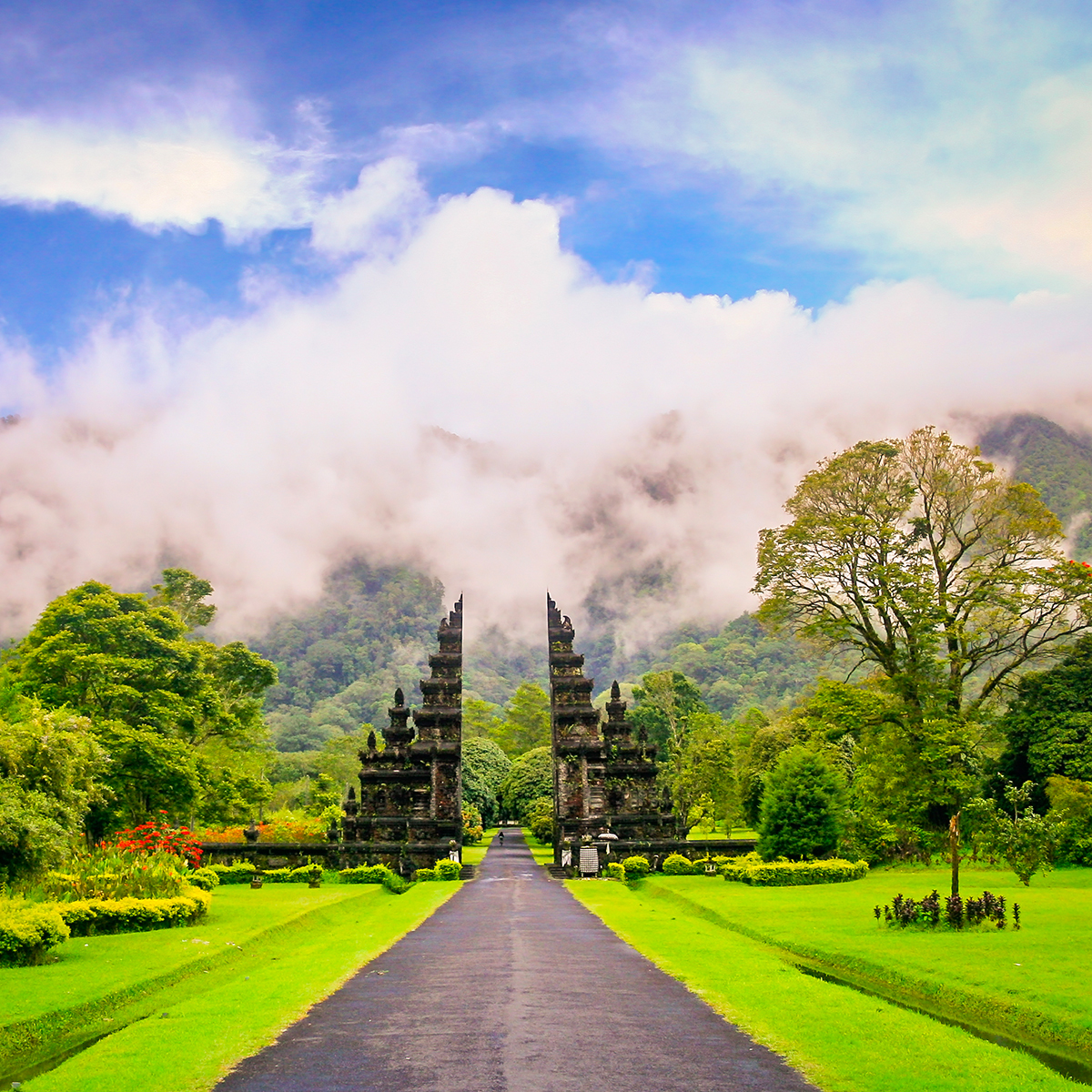
Bali Officially Opens, Menparekraf Emphasizes Importance of Foreign Tourists’ Health as Main Requirement

Carrying ‘Wonderful Journey’, MOTCE Promotes Indonesia at WTM London 2021

Indonesia Will Apply Quarantine-Free Trial Period

Starting from 9 November 2021, Here Are the Newest Regulations regarding International Travel to Indonesia!

Learn These Rules and Regulations Before Watching MotoGP 2022 in Mandalika!
Advisory on Coronavirus for Travellers to Indonesia

FAQs You Need to Know in Indonesia Today

Three Steps to Mitigate The Impact Of COVID-19 to The Tourism Sector

Banten: The Story from Ruins
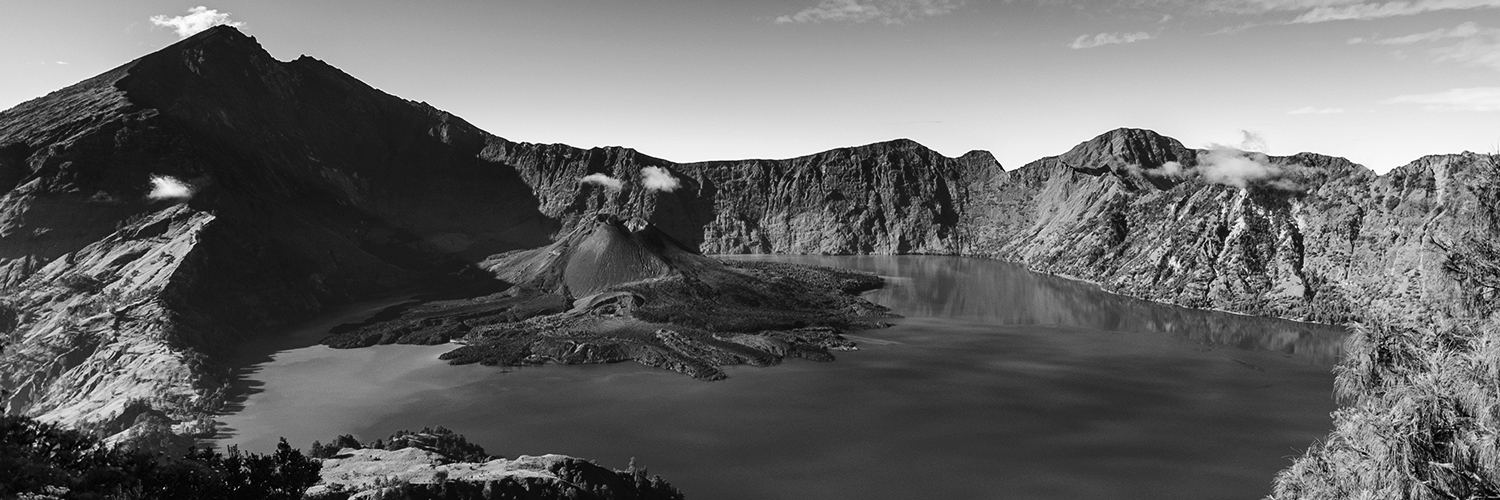
Official Statement from Ministry of Tourism regarding Lombok Transition Status

Livi Zheng Promotes Balinese Gamelan through Her New Film
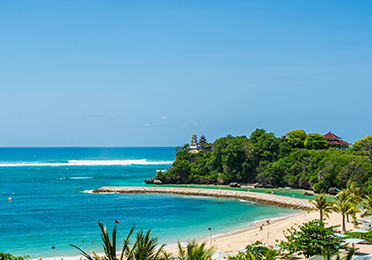
Official Statement from Coordinating Minister for Maritime Affairs of the Republic of Indonesia regarding Tour Packages for IMF WBG Annual Meeting 2018
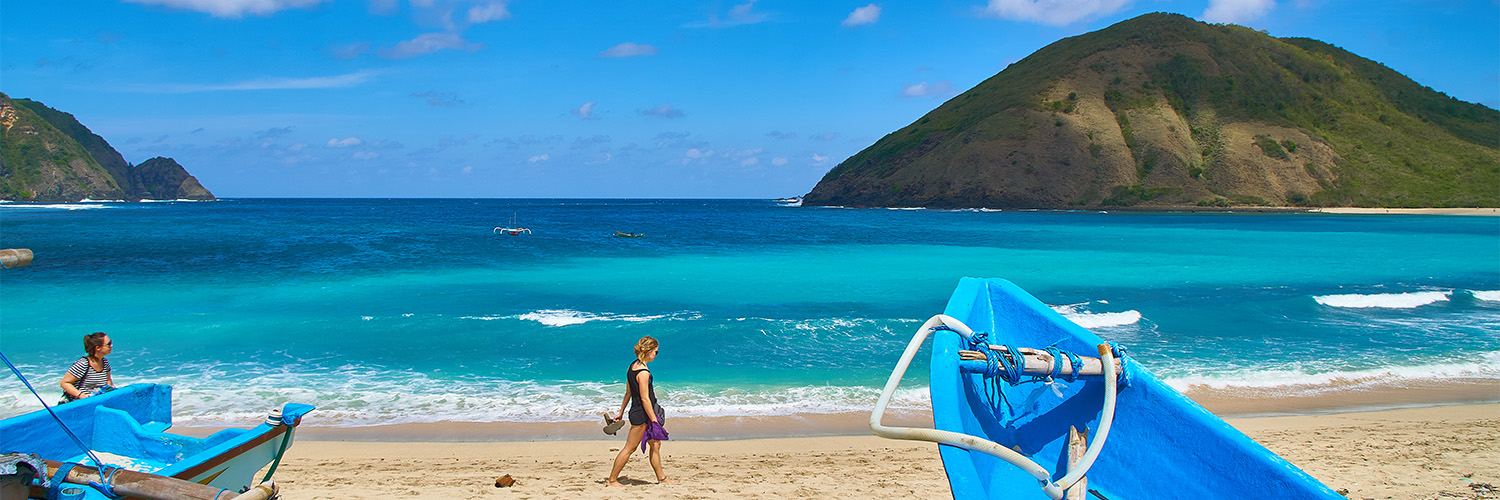
LOMBOK remains OPEN TO VISITORS – Lombok International Airport Operates per Normal

Going to Bali or Java? Read these New PPKM Regulations first!
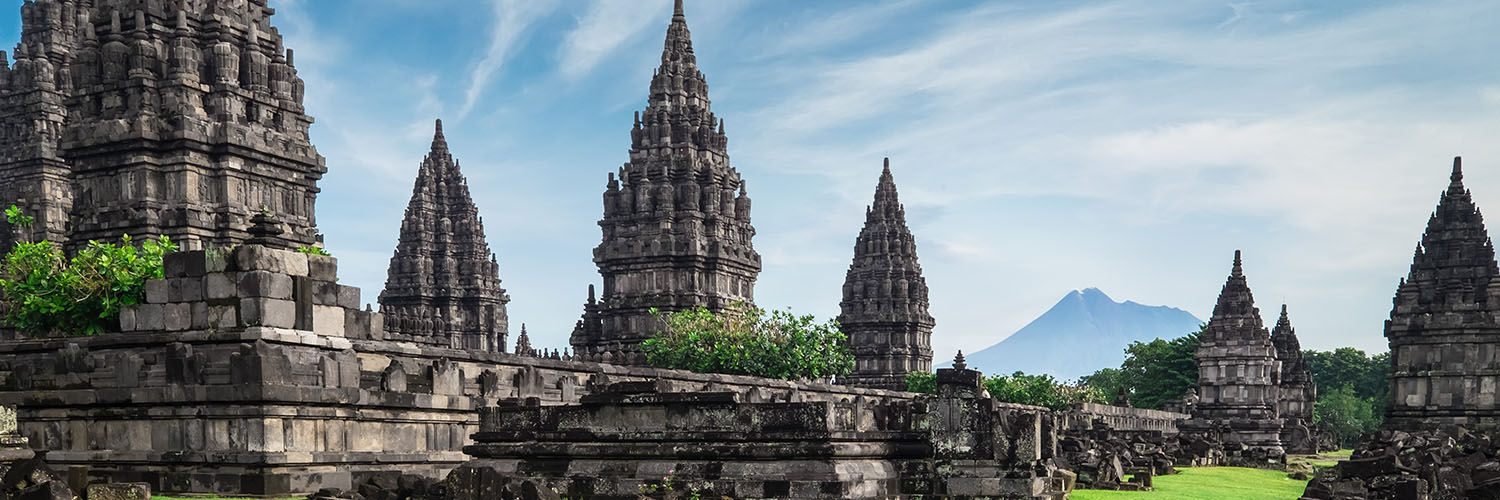
Official Statement from Ministry of Tourism regarding Mount Kidul Earthquake
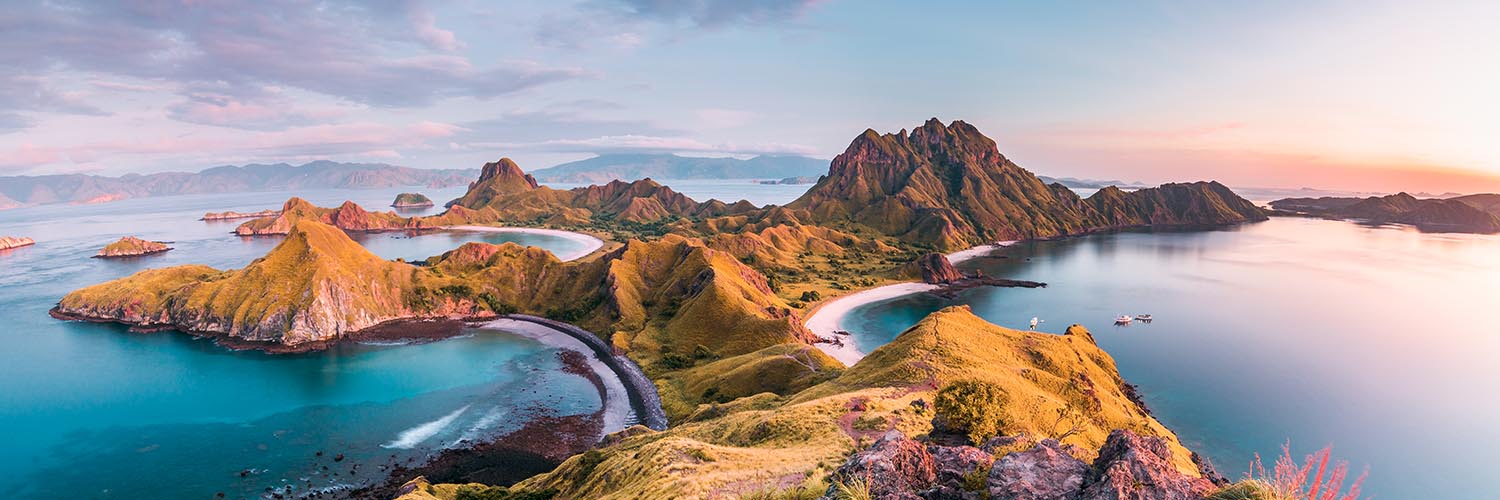
Win A Trip to Bali and Labuan Bajo in Trip of Wonders Quiz!
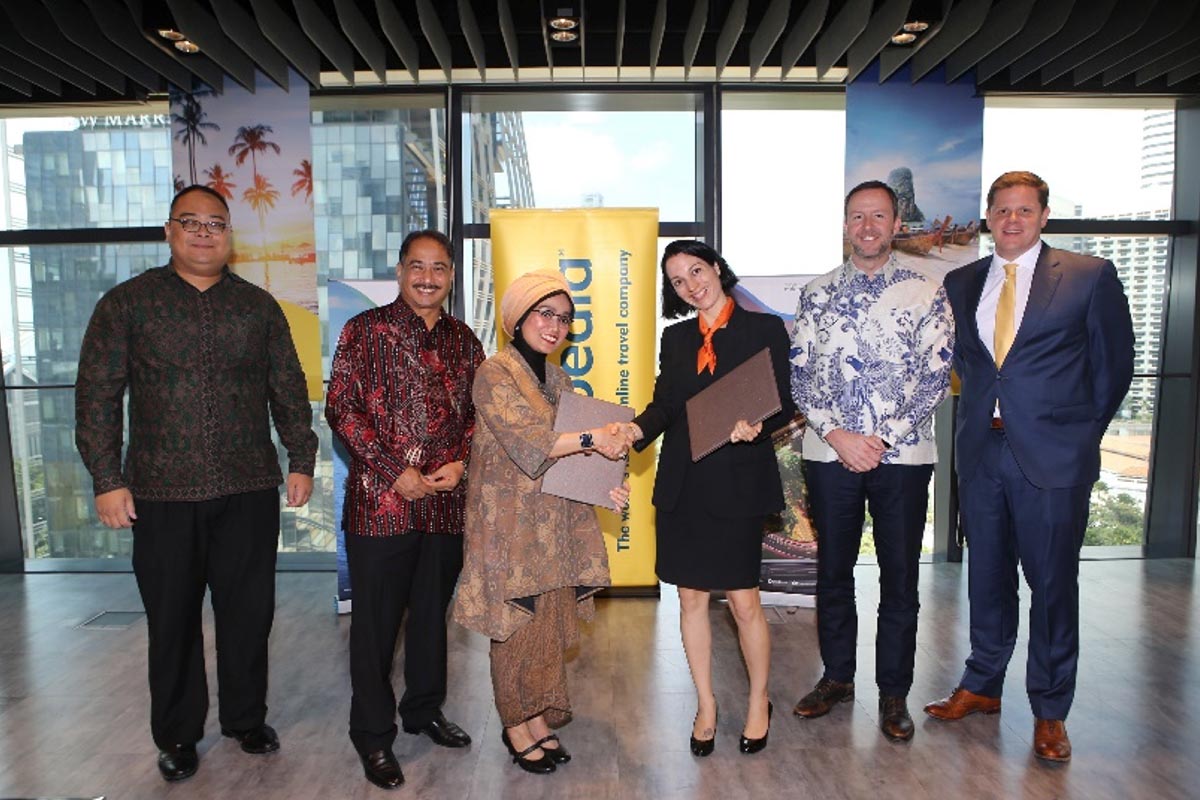
Ministry of Tourism of Republic of Indonesia Enters into Two Tourism Cooperation Agreements with Brand Expedia to Promote 15 Key Travel Destinations in Indonesia
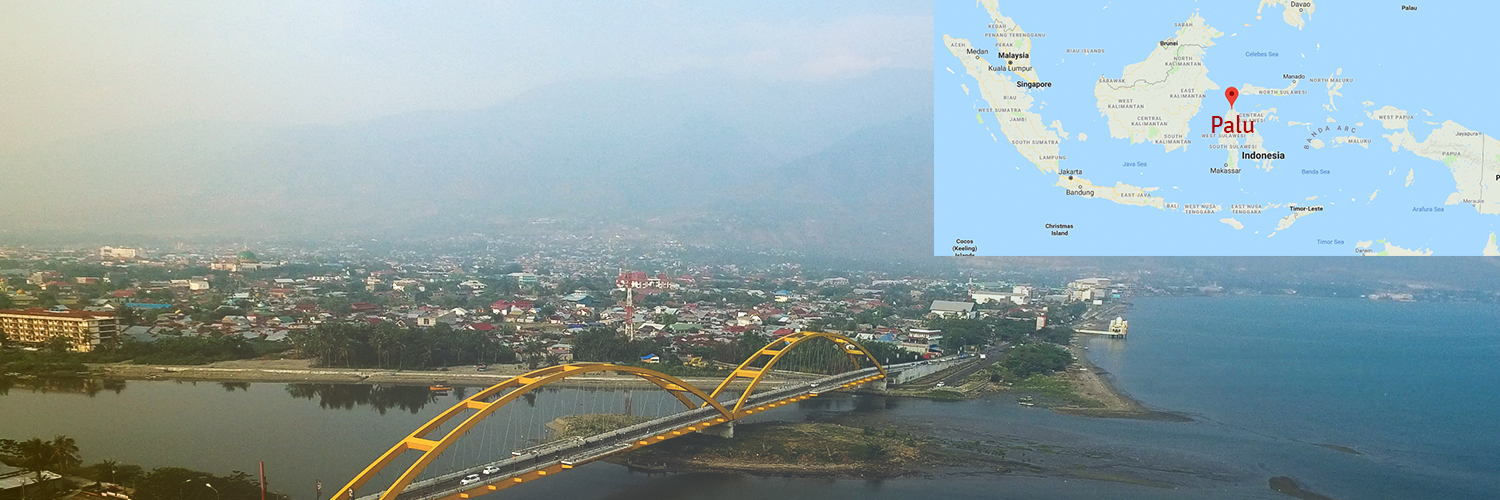
We still Welcome You Here!

Bali Welcomes You Back with 3 Utmost Efforts

Travel to Bali: The New Requirements Travelers Need to Know
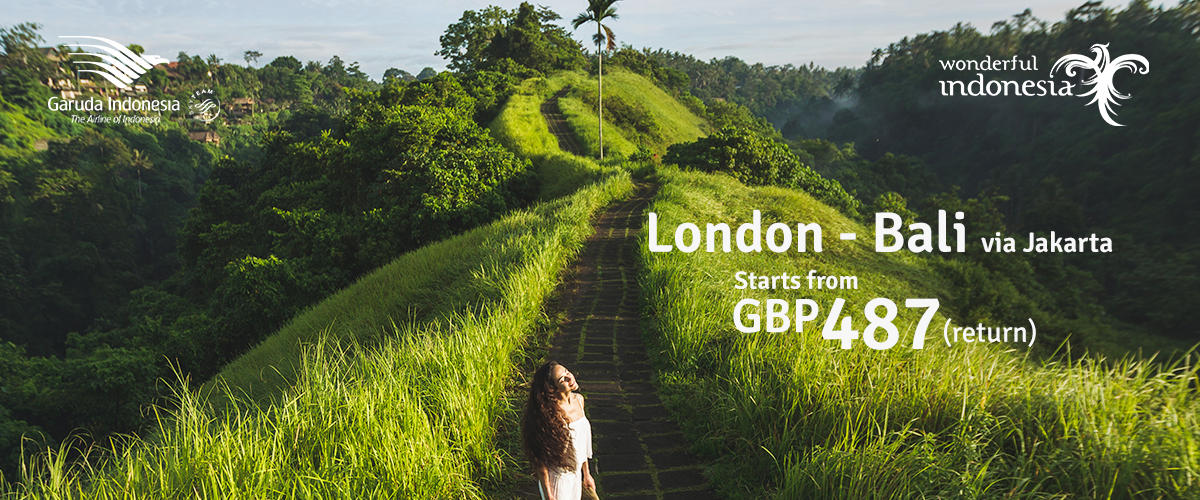
Garuda Indonesia Round Trip London Bali

MOMO the Brahminy Kite : MASCOT of ASIAN PARA GAMES 2018

NORTH LOMBOK EARTHQUAKE: Airlines Meet Tourists’ Requests for Flight Changes

KERTAJATI INTERNATIONAL AIRPORT, West Java, welcomes First Landing by Indonesia One

INDONESIA among TOP TEN COUNTRIES TO VISIT in 2019: Lonely Planet Best in Travel 2019
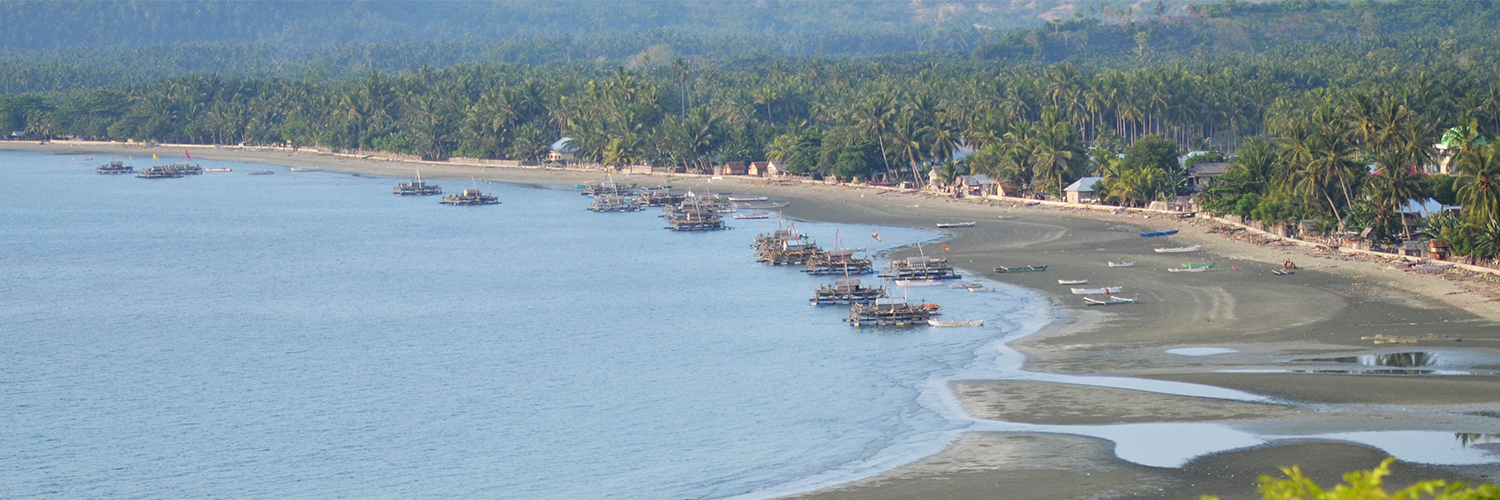
Official Statement from Ministry of Tourism Regarding the Earthquake in Sulawesi

Now you can fly HONGKONG - MEDAN DIRECT by CATHAY DRAGON

Indonesia is Now Number 5 on the List of Countries with Highest Vaccination Rate
Tourism Ministry Facilitates the Use of Hotels and Transportation for Medical Workers and Task Force Officials
New Policies in Papua in Countering COVID-19 Outbreak
Indonesia Opens Online Onshore Visa Application Services

LOMBOK TOURISM RECOVERY WELL ON TRACK: Ministers Assessed

All THAI and MALAYSIAN Climbers up Mt.RINJANI, Lombok, SAFE AND ACCOUNTED FOR

INDONESIA TOURISM MINISTRY WINS BEST NATIONAL TOURISM ORGANIZATION (NT0) : TTG Travel Awards 2018

FLY DIRECT to MAGNIFICENT LAKE TOBA from MALAYSIA and SINGAPORE
New Policies of Komodo International Airport in Countering COVID-19 Outbreak

Garuda Adds New Route: London - Kualanamu - Denpasar Flight

Visa and Stay Permit Requirement for Foreign Nationals in Society’s New Customs

Visa and Stay Permit Requirement for Foreign Nationals During the Enforcement of Restrictions on Community Activities

President Joko Widodo: Indonesia COVID-19 Positivity Rate Drops to 2,64 Percent

Indonesia in Sixth Position for COVID-19 Vaccination Rate Worldwide

Strolling relaxingly on the Shore of Kuta Beach, President Jokowi Assured that Bali is Safe to Visit

Indonesia one of the “Best Countries to Invest in Post-COVID-19”
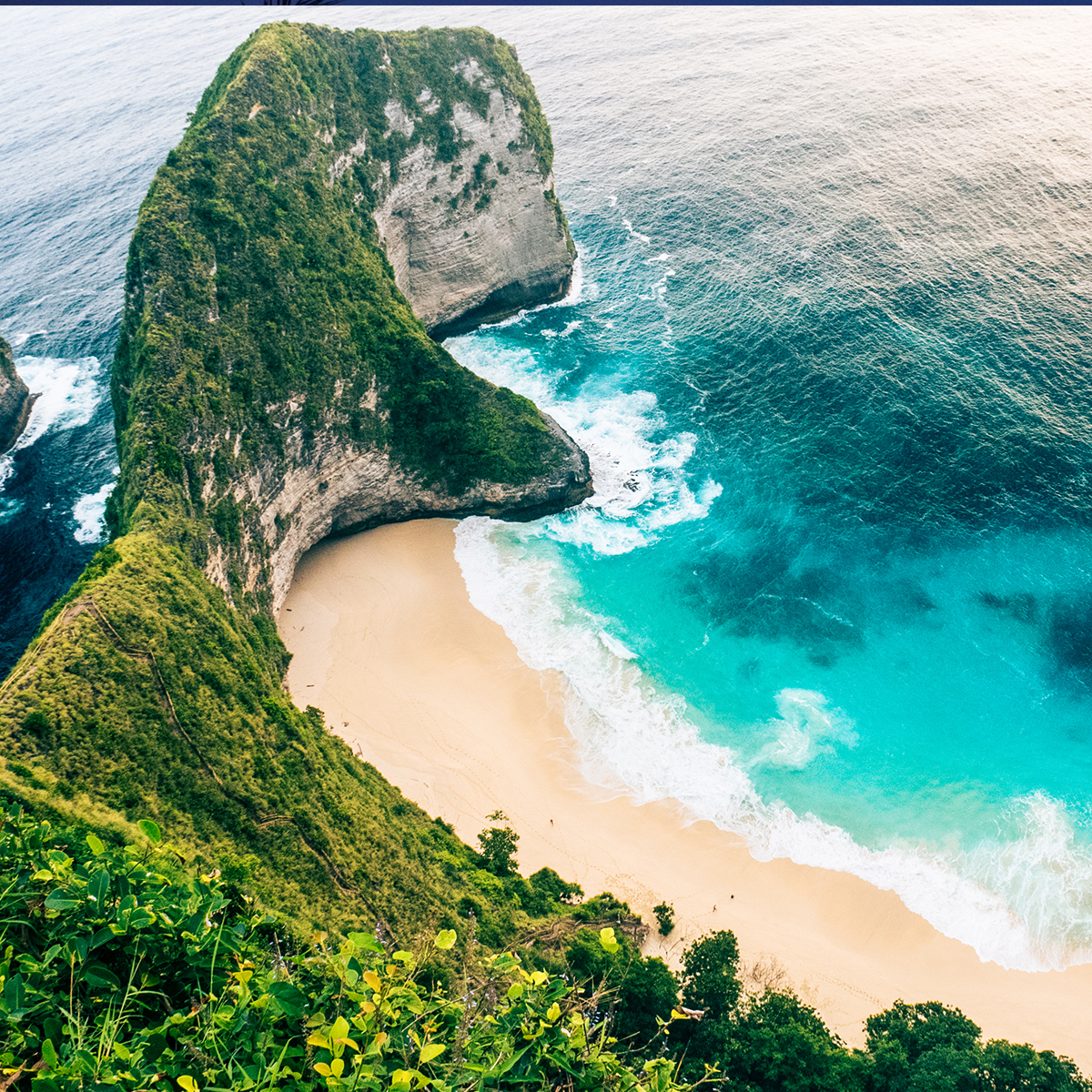
Bali Entry Requirements for Visitors Regarding COVID-19

Extended Until 9 August 2021, Here are the Regulations of the Level 4 Community Restriction Implementation (PPKM) in Bali

COVID-19 Vaccination Rate in Bali Has Reached More Than 50 Percent

Enforcement of Level 3 - 4 Restrictions on Community Activities in 15 Regions Outside Java-Bali

1,861 Tourism Stakeholders in Bali are Targeted to Receive InDOnesia CARE Certification by the End of 2021

Bali Maintains Its Position as the Province with the Highest COVID-19 Vaccination Rate

Indonesia Postponed the Tourism Reactivation in Bali, Further Preparation Expected

President Invited the Governor of Bali for Tourism Recovery Meeting

Bali News: COVID-19 Vaccination Progresses During Emergency PPKM
Sandiaga Uno Supports Emergency PPKM in Java and Bali

InDOnesia CARE: Cleanliness, Health, Safety, and Environmental Sustainability Protocols in Indonesian Tourism Destinations

Destination LABUAN BAJO: Infrastructure, Human Resources Built on SUSTAINABLE TOURISM DEVELOPMENT

“STAY STRONG INDONESIA”: from PARIS SAINT-GERMAIN and JUVENTUS, the Football World send their Sympathies

GARUDA serves MORE FLIGHTS to amazing NIAS ISLAND

GARUDA INDONESIA Now flies DAILY DIRECT from JAKARTA to Spellbinding NIAS ISLAND

MEET FULLY REVIVED LOMBOK-SUMBAWA BACK at 11thITB Asia, Singapore

"Work from Bali" Program Commenced to Recover Tourism Sector

Almost 50% of Vaccination Target in Bali Has Received COVID-19 Vaccine

Second Phase of Covid-19 Vaccination in Nusa Dua Has Been 100% Completed

9 Procedures International Passengers Must Do When Arriving in Indonesia

Nusa Dua Has Been Chosen As the Pilot Region for "Work from Bali" Program

List of Closed Tourism Spots on each Province in Regards to COVID-19 Outbreak

List of Referral Hospitals for the Case of COVID-19 in Jakarta
Official Statement of Bali Tourism Promotion Board on COVID 19
Official Statement of The Closing of Komodo National Park Due to COVID-19
Temporary Entry Ban for Foreign Citizens Entering the Republic of Indonesia
The Official Statement of The Ministry of Tourism and Creative Economy

The Network of the Laboratoriums for COVID-19 Examinations

The Policy of The Government of The Republic of Indonesia on The Developments Regarding Covid-19
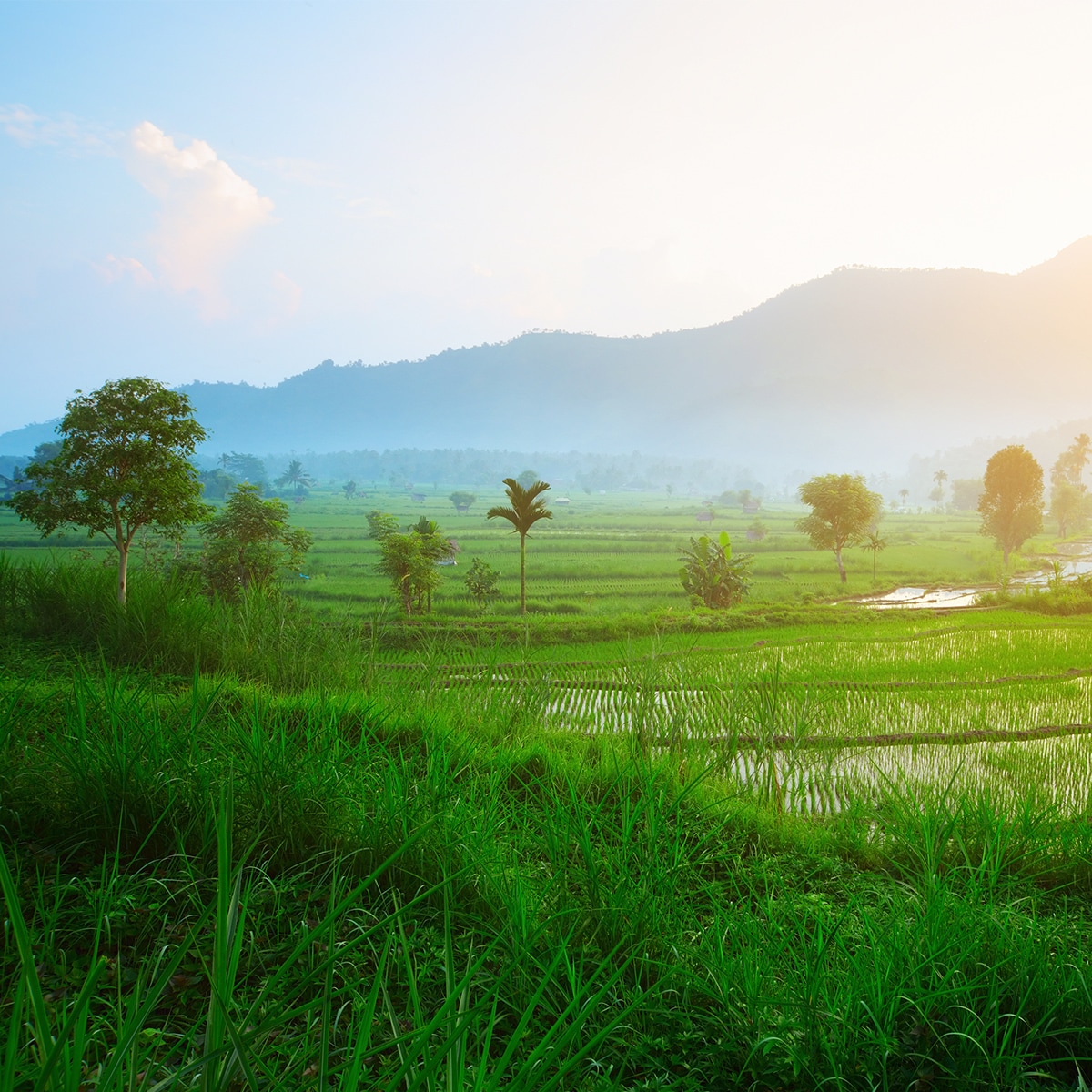
Unity in Distance
Additional Measures of The Indonesian Government in Relation to Covid-19 Response
Bersama Jaga Indonesia Solidarity Concert
Large Scale Social Restriction Implementation

Preventive Endeavours to Counter Corona Virus in The Tourism and Creative Economy Sector

Q & A with Wishnutama Kusubandio, Minister of Tourism and Creative Economy, on the Current Condition of Tourism in Indonesia and COVID-19
Stay at Home for a Better Tomorrow
The Ministry of Tourism and Creative Economy Prioritizes in Protecting Public Health in the Midst of the COVID-19 Outbreak
Development of The Handling of The Coronavirus 2020 in The Province of Bali
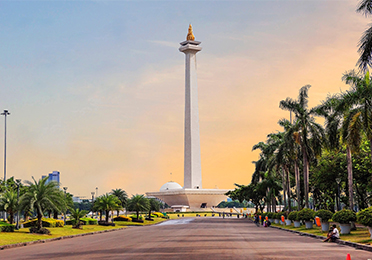
Mandatory Requirements for Airplane Passengers During the COVID-19 Emergency Period
Indonesia Prevention to Fight COVID-19
Jakarta Gubernatorial Regulation and Denpasar’s PKM Aims to Curb the Spread of COVID-19

Bali Secured 2.2 Million Doses of Covid-19 Vaccine
Large-Scale Social Restrictions Implementation for the Greater Jakarta and Pekanbaru, Riau
The Implementation of Health Protocol for the Tourism Sector During the Transition Period
Information on Garuda Indonesia Operational Flight Policies Related to COVID-19
Information Update on Immigration Services for Foreign Nationals at Immigration Offices
8 FAQs You Need To Know About Indonesia Today
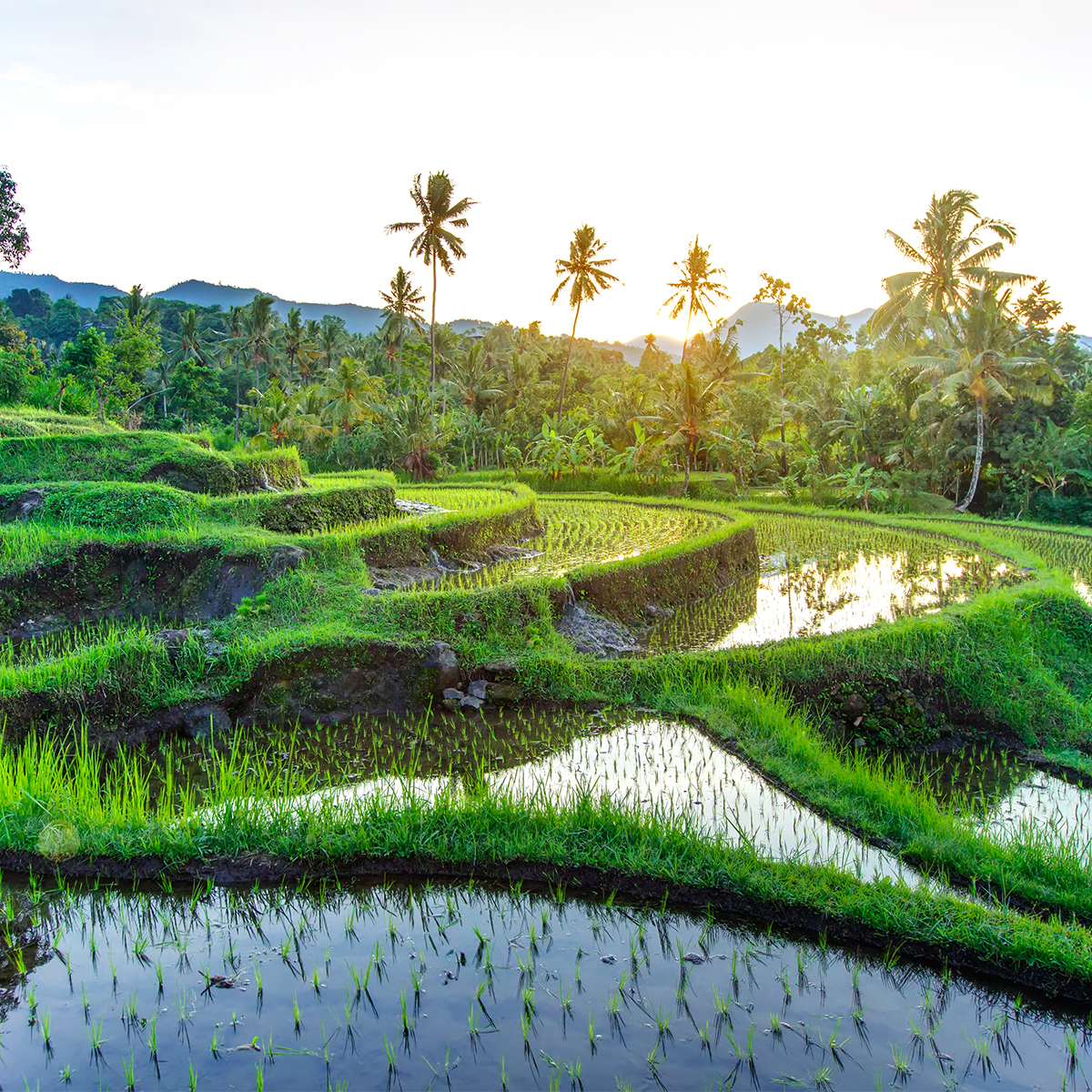
List of Open Tourism Spots in Regards to COVID-19 Outbreak

Government Contact
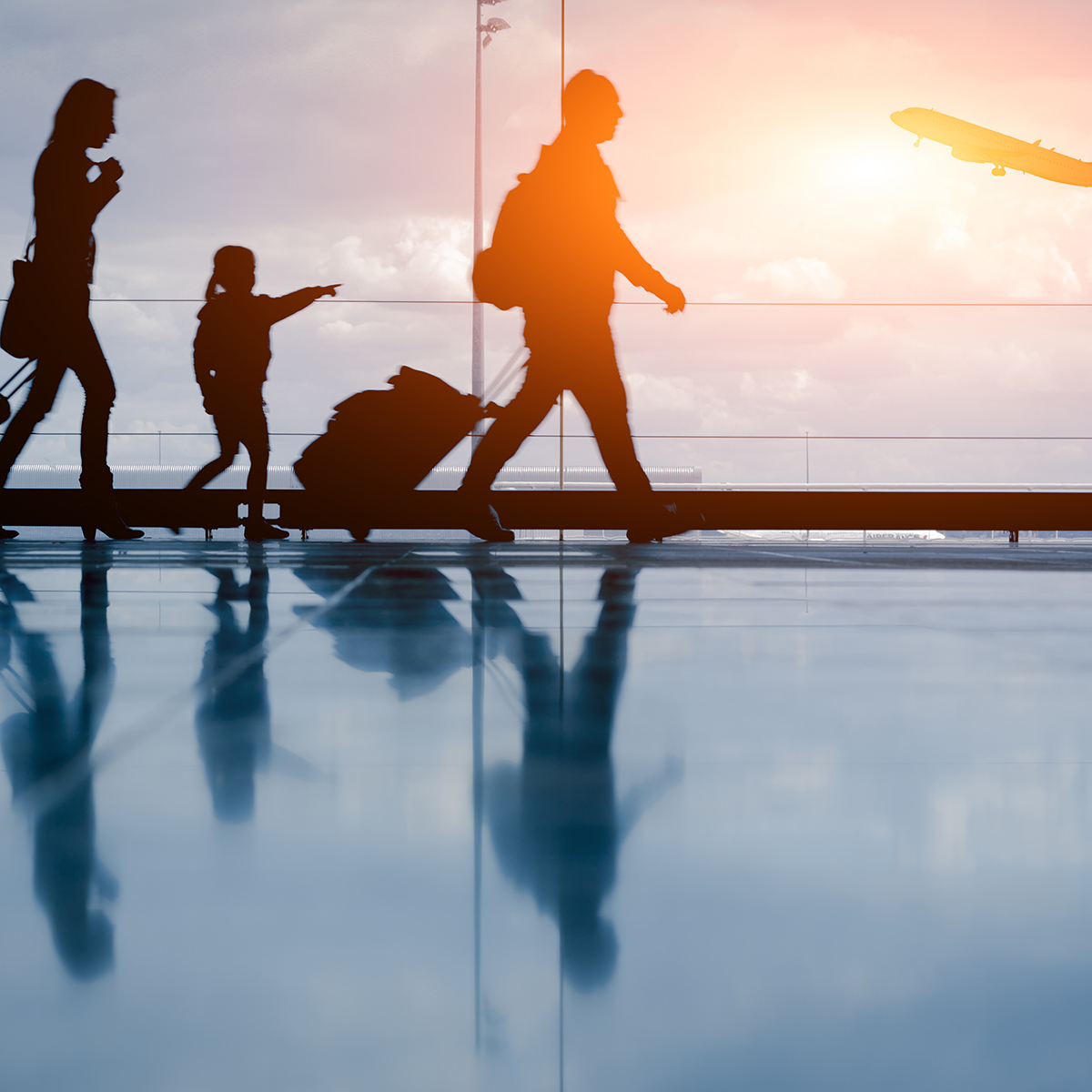
Stay Healthy, Travel Responsibly

Glimpse Labuan Bajo from the #RinduLabuanBajo Video Campaign

Plataran Menjangan Wins Tripadvisor Traveler's Choice 2021

Small Steps to Prevent the Transmission of Novel Coronavirus

Bali Speeding up to Vaccinate 3 Million for Tourism Recovery Plan

13,188 COVID-19 Patients Have Been Healed, Bali is Ready for Tourism Reactivation
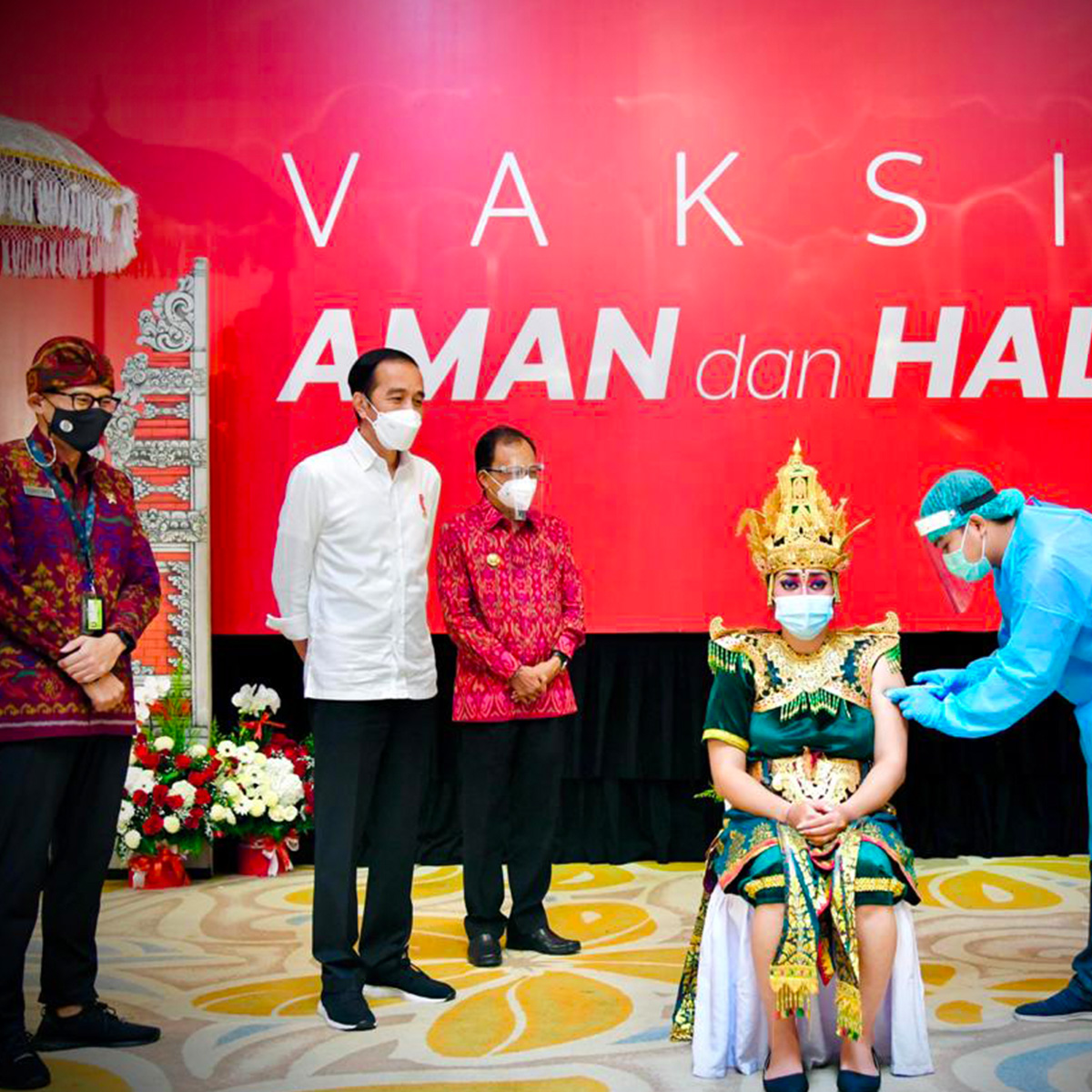
Indonesia in Top 10 Countries for COVID-19 Vaccination Rate
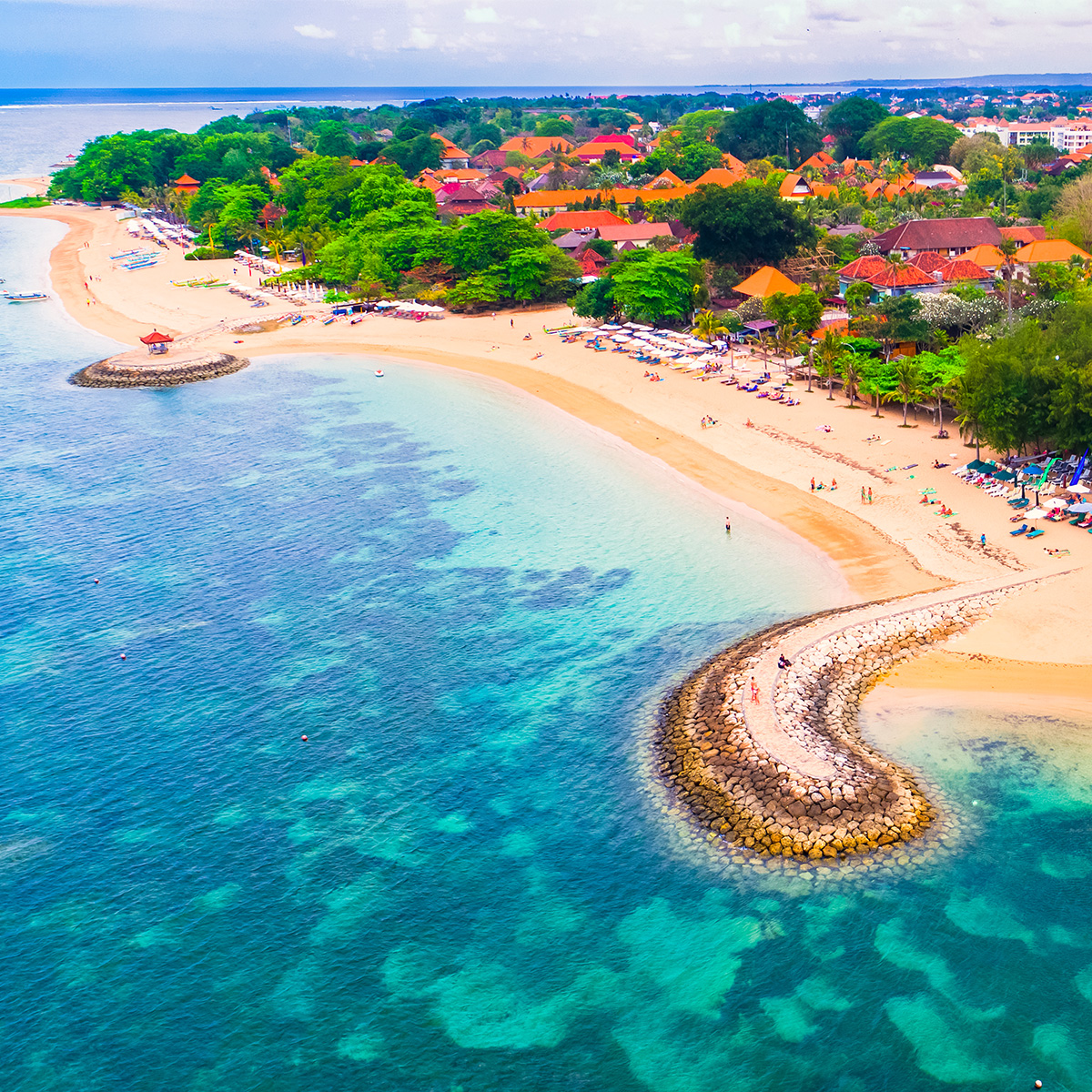
Bali Tourism Recovery Preparation
2 Million Balinese will Receive COVID-19 Vaccination by July 2021
3 Green Zones in Bali are Being Prepared for International Tourist
1,006 Tourism Businesses in Bali Has Been Granted InDOnesia CARE Certification
1,006 Tourism Businesses in Bali Has Been Certified for Tourism Recovery

Belitong Geopark is Now Listed As Global UNESCO Geopark

Lakon Indonesia Breaks from “Old” Stigma of Wearing Batik

Covid-19 Vaccination in Bali Starts Today
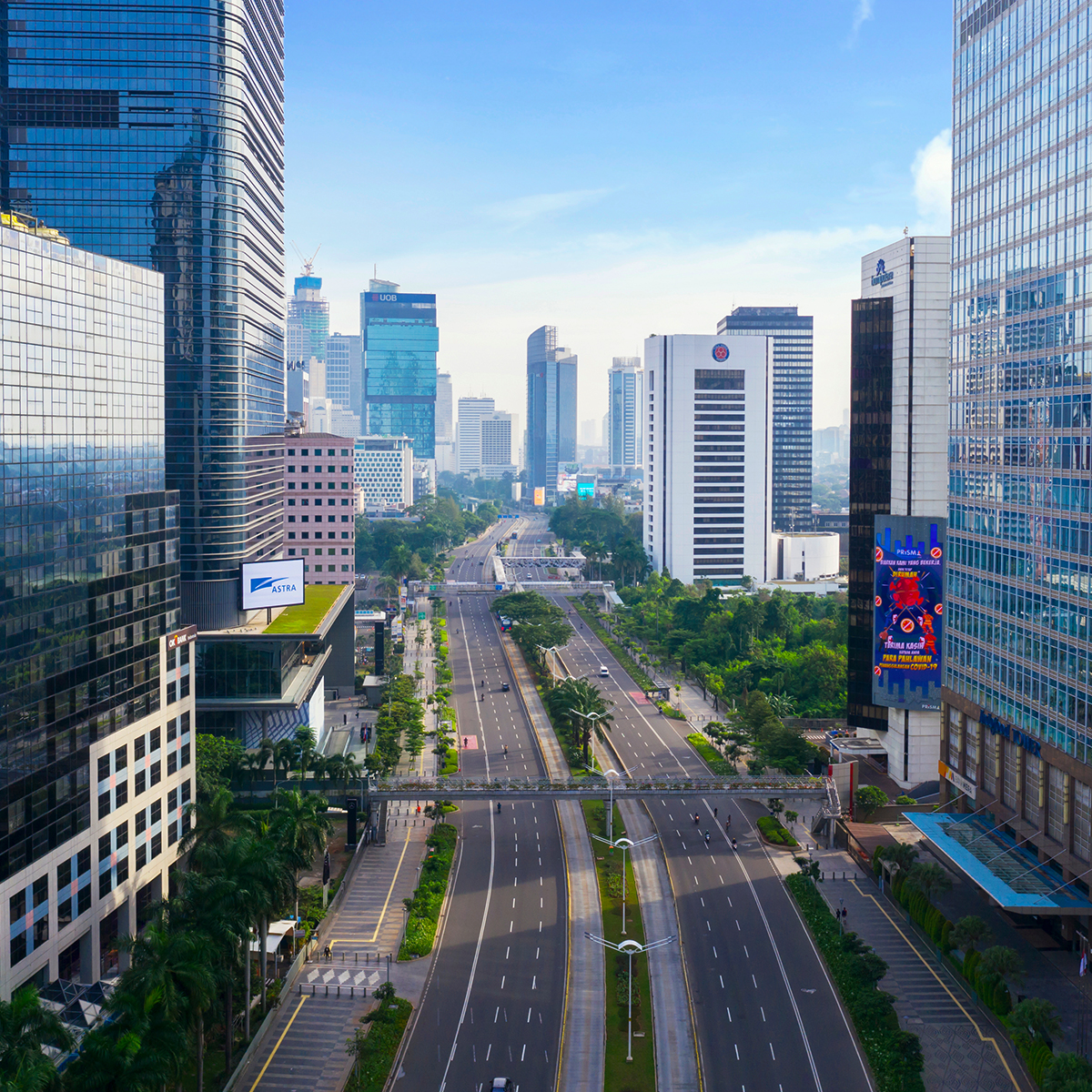
Going on a Business Trip to Indonesia Soon? Read the Requirements Here
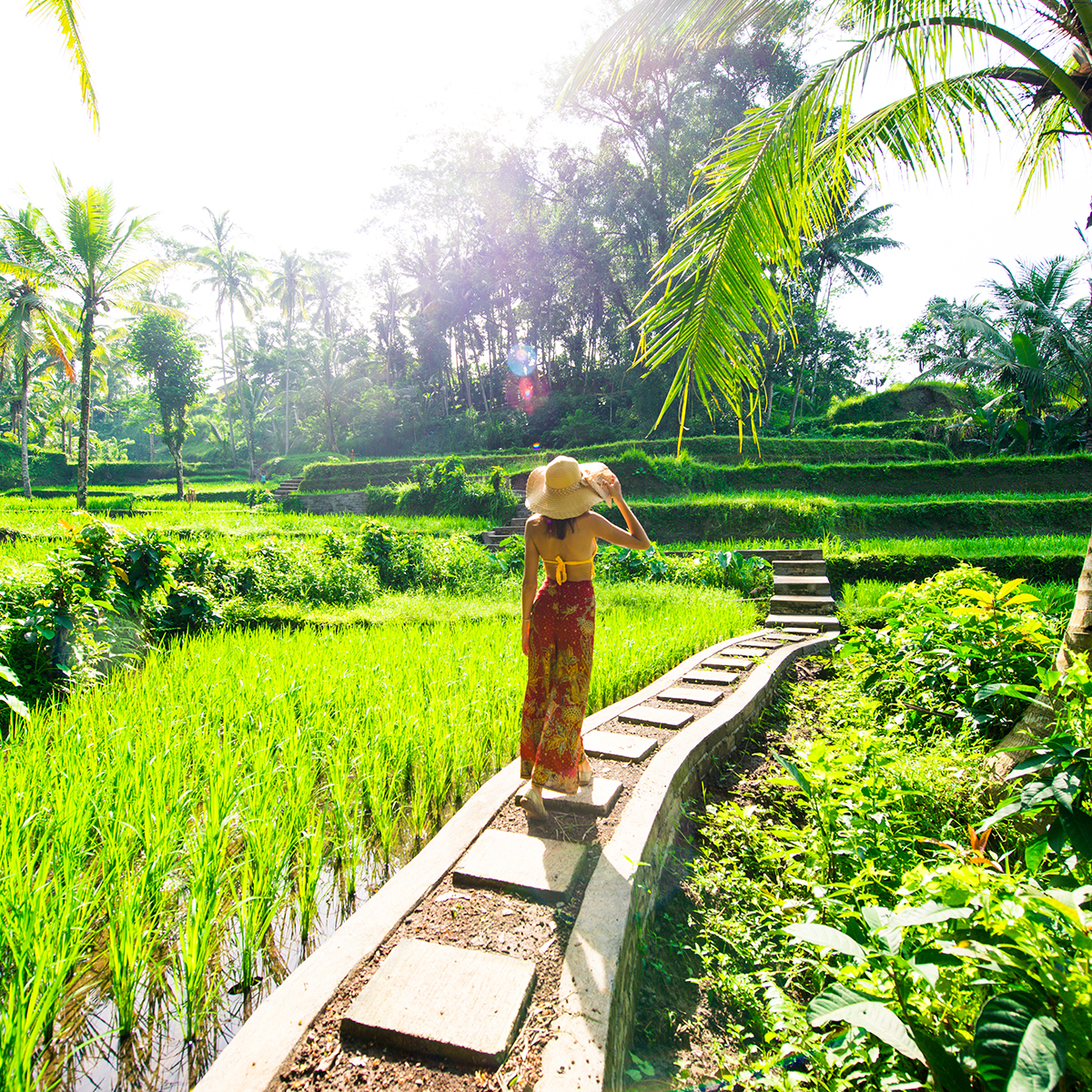
Balinese Government Imposed Obligatory PCR Test Result Requirements for Upcoming Bali Visitors

New Regulations regarding Domestic Travel in Indonesia
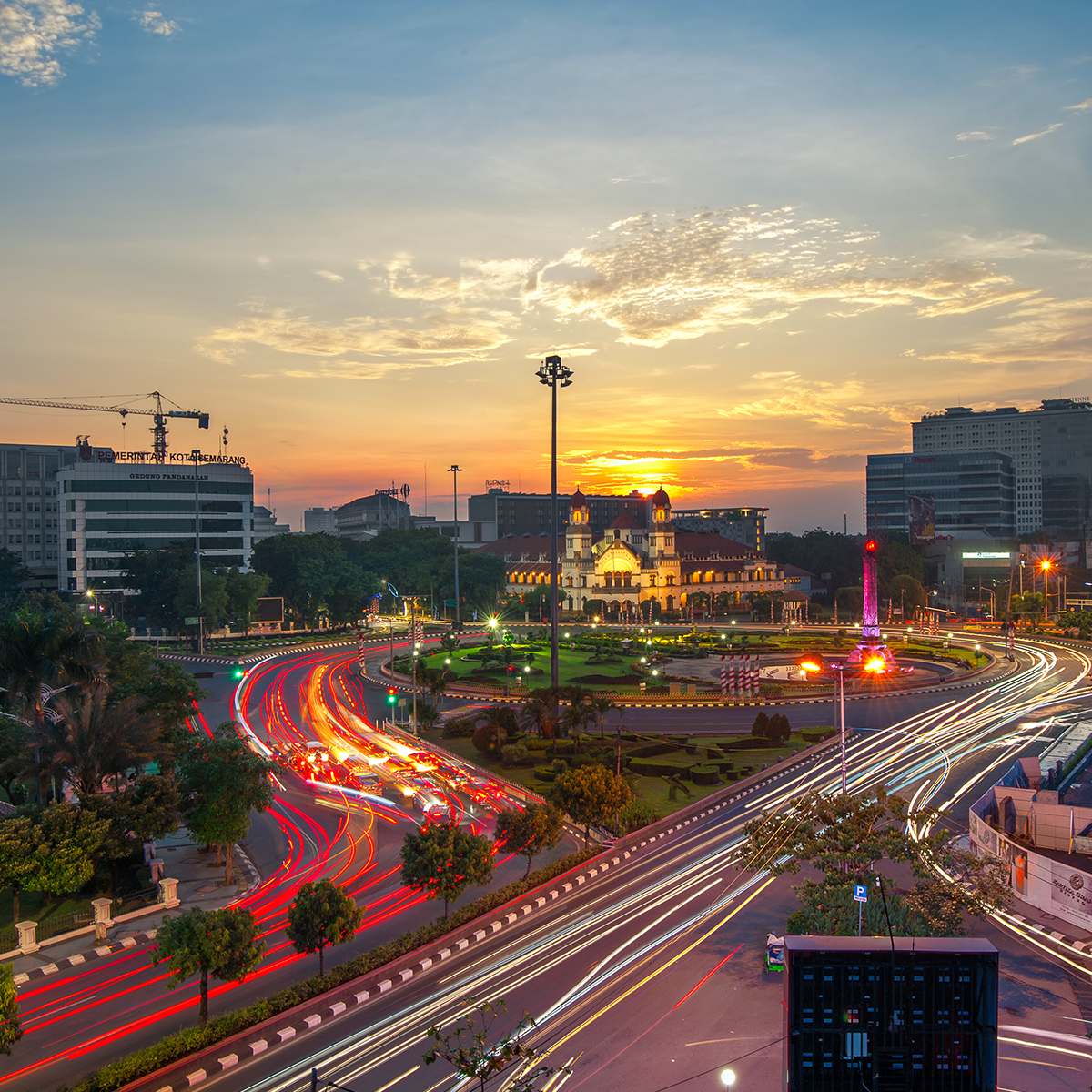
ArchDaily Awards Microlibrary Warak Kayu Semarang as Building of the Year 2021
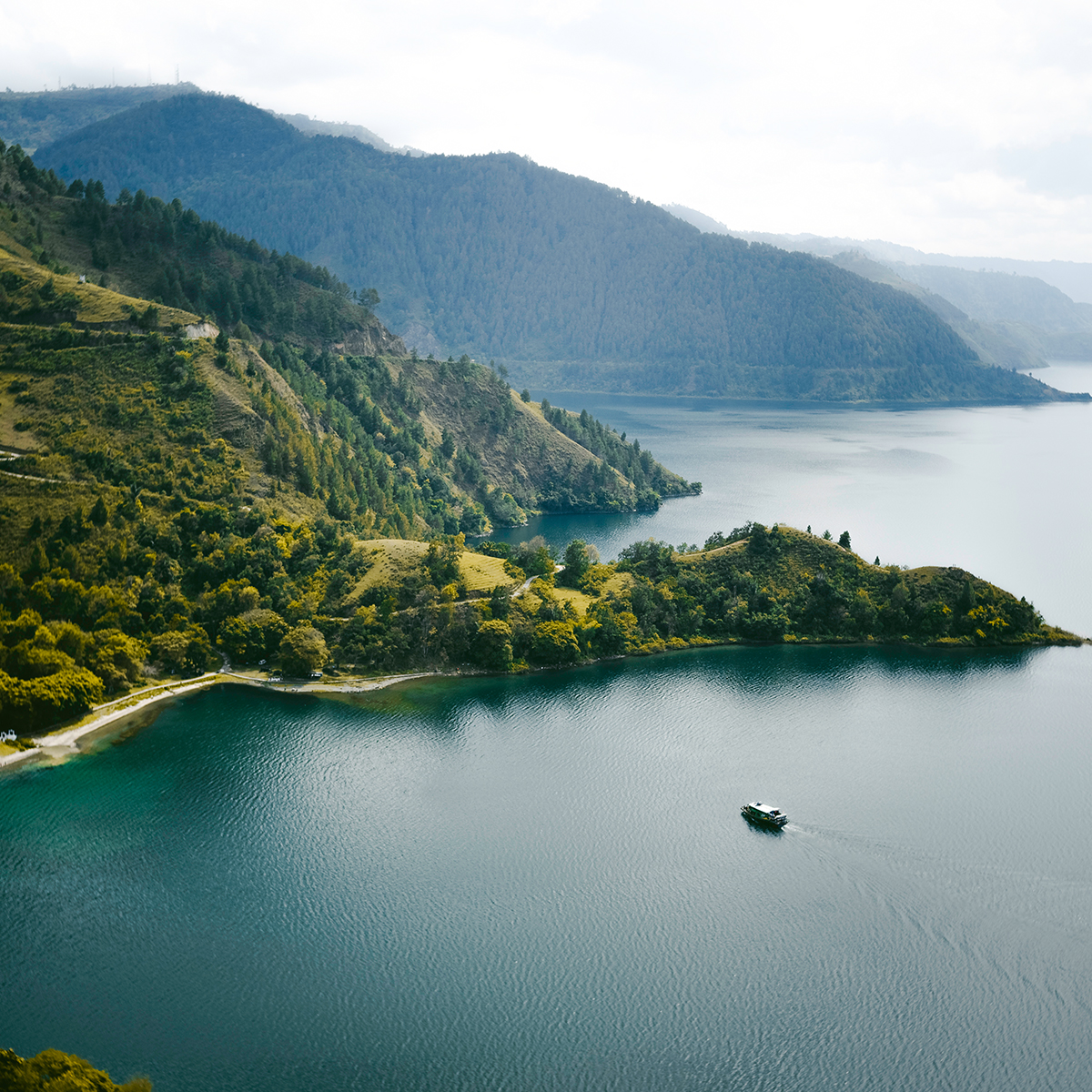
Wonderful Indonesia Wins "Best Creative Destination" at the Creative Tourism Awards
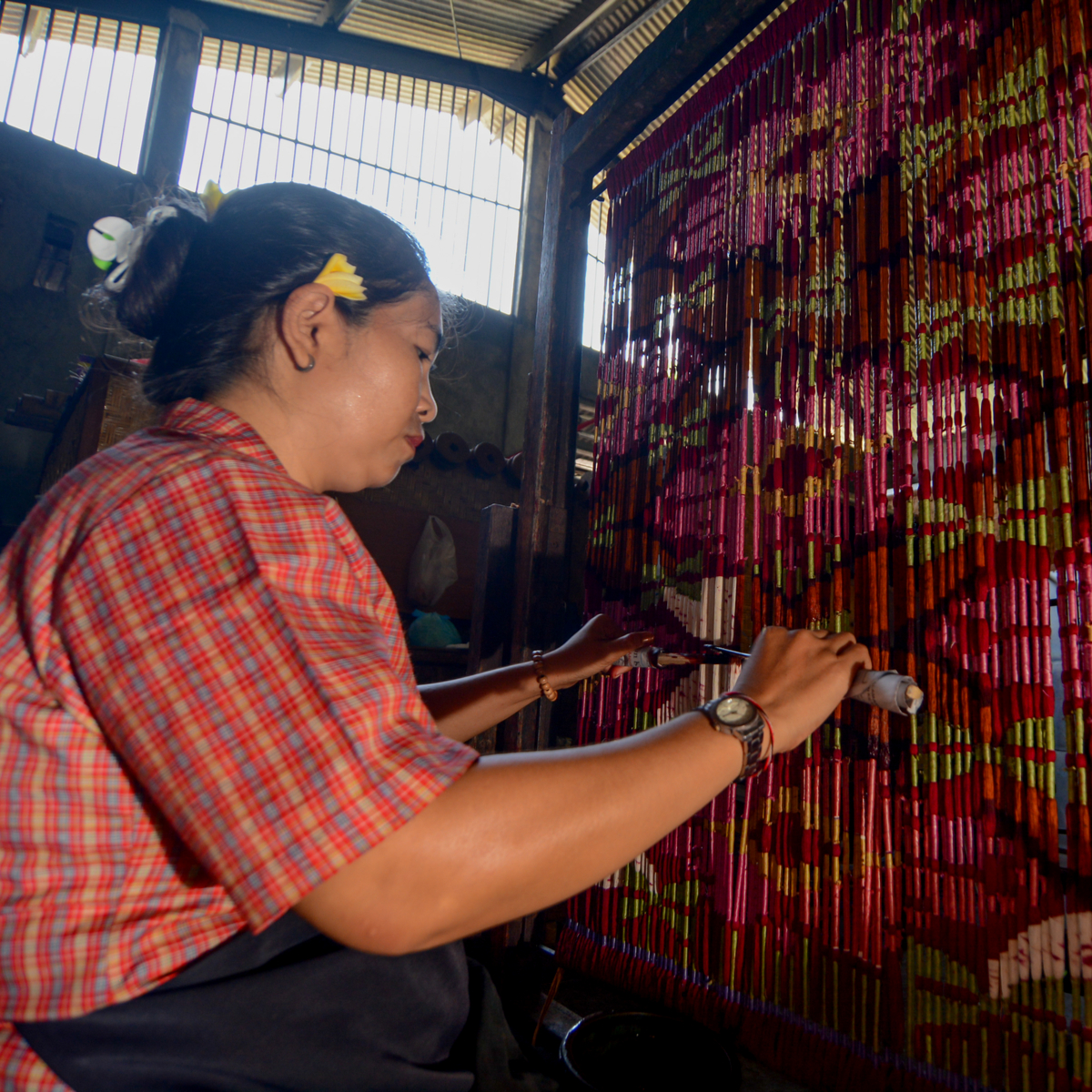
Go International, Endek Bali Was Presented by Christian Dior at Paris Fashion Week
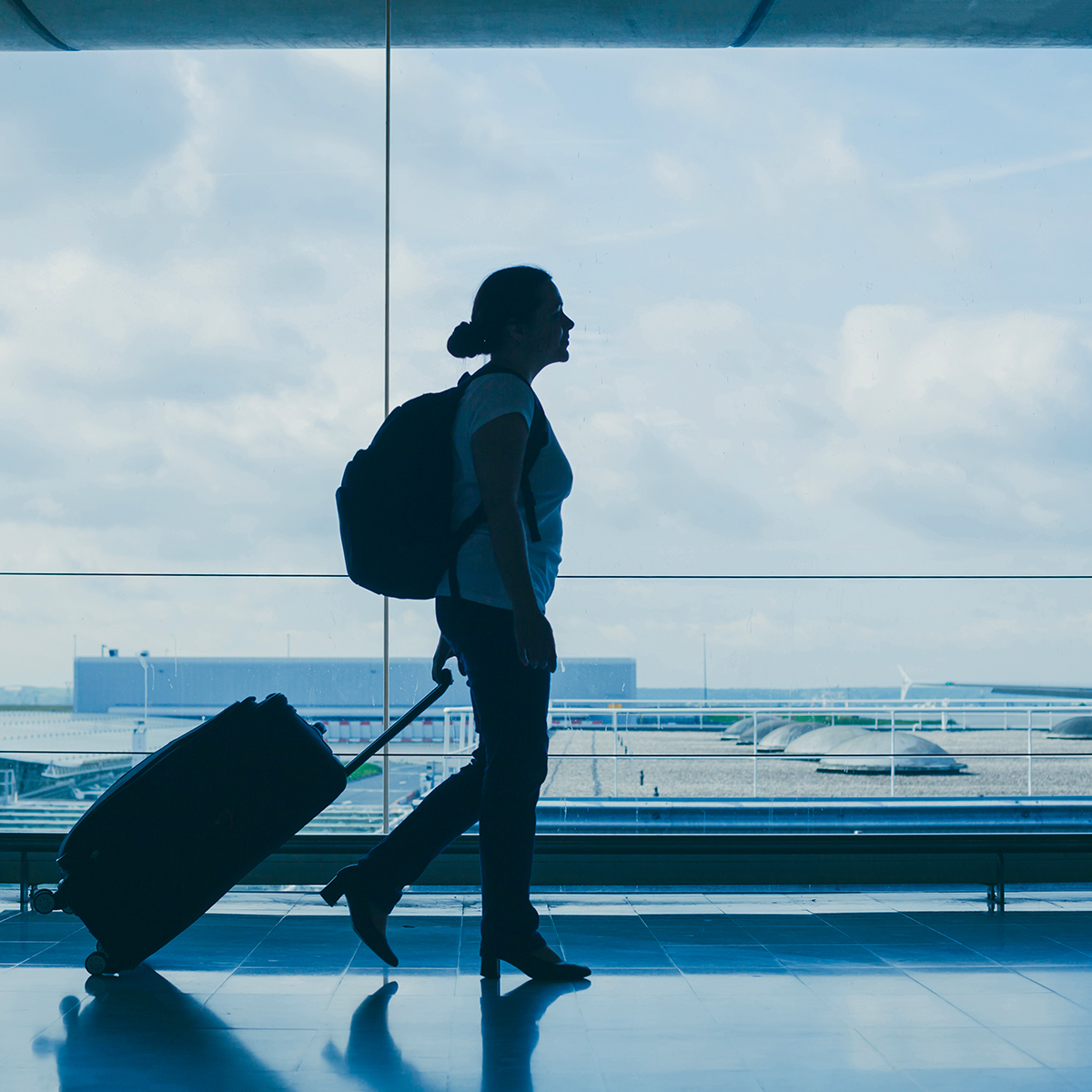
New Entry Requirements for Java, Bali, and Bangka Belitung Islands

Denpasar Listed as One of the World’s Top 10 Healthiest City

Inspiring Fashion of Indonesia

The Ministry of Tourism and Creative Economy Holds Trip of Wonders Event to Promote the Tourist Destinations That Are Implementing CHSE-Based Protocols
Indonesia Reopens Public Places and Facilities to Enter "Transition Period" of Large Scale Social Restriction
Minister of Tourism and Creative Economy Encourages Tourism Stakeholders to Implement Strict Health Protocol to Welcome the “New Normal”
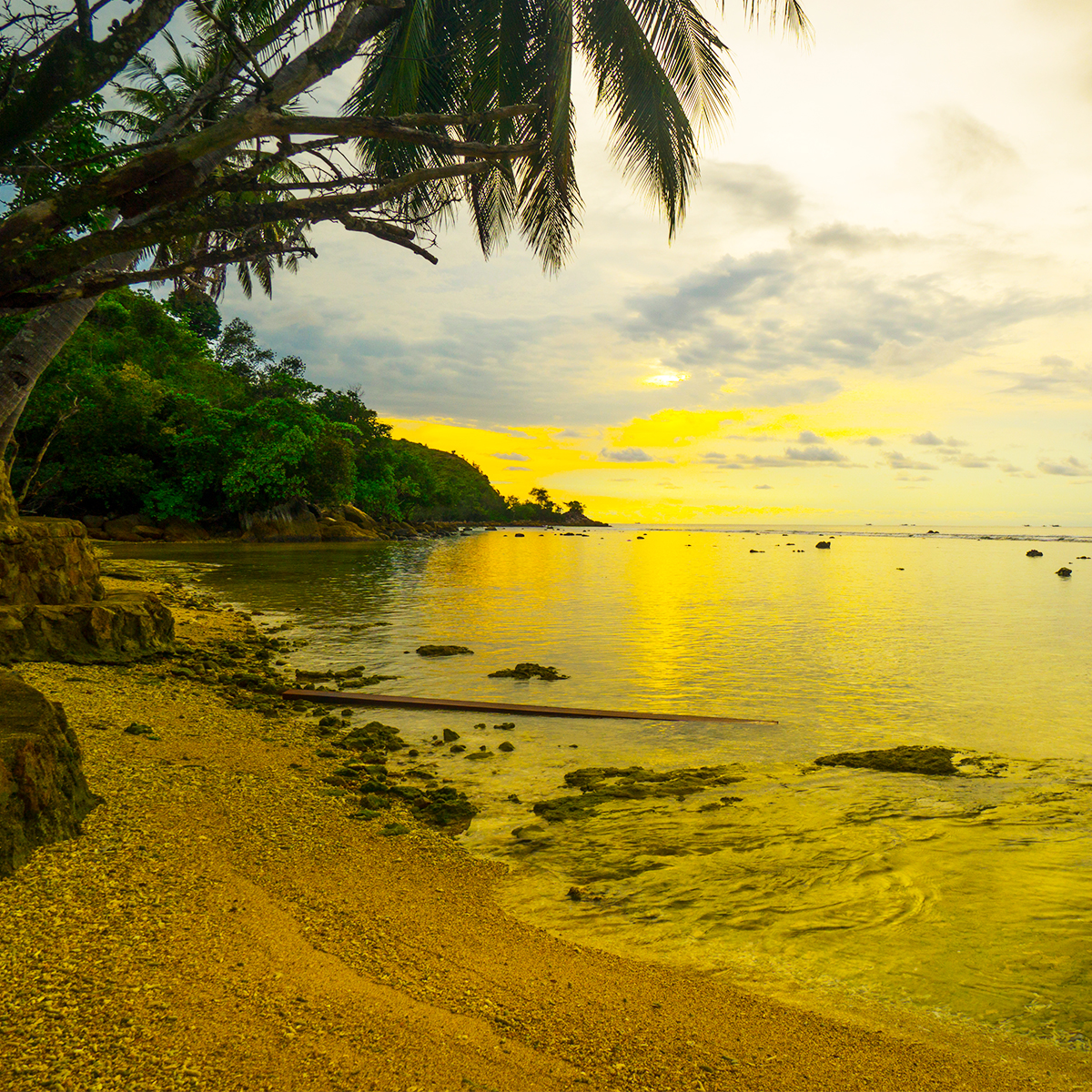
Mandeh Islands: undiscovered Coastal Beauty near Padang

JAVA is WORLD’S BEST ISLAND 2018 says prestigious Travel+Leisure Magazine

BINTAN is Now Genting Dream Cruise’s Regular Port of Call
Preparation to Open Bali for Visitors by Implementing “New Era Life Order Protocol”
Government Extended Onshore Visa Application for Foreign Nationals
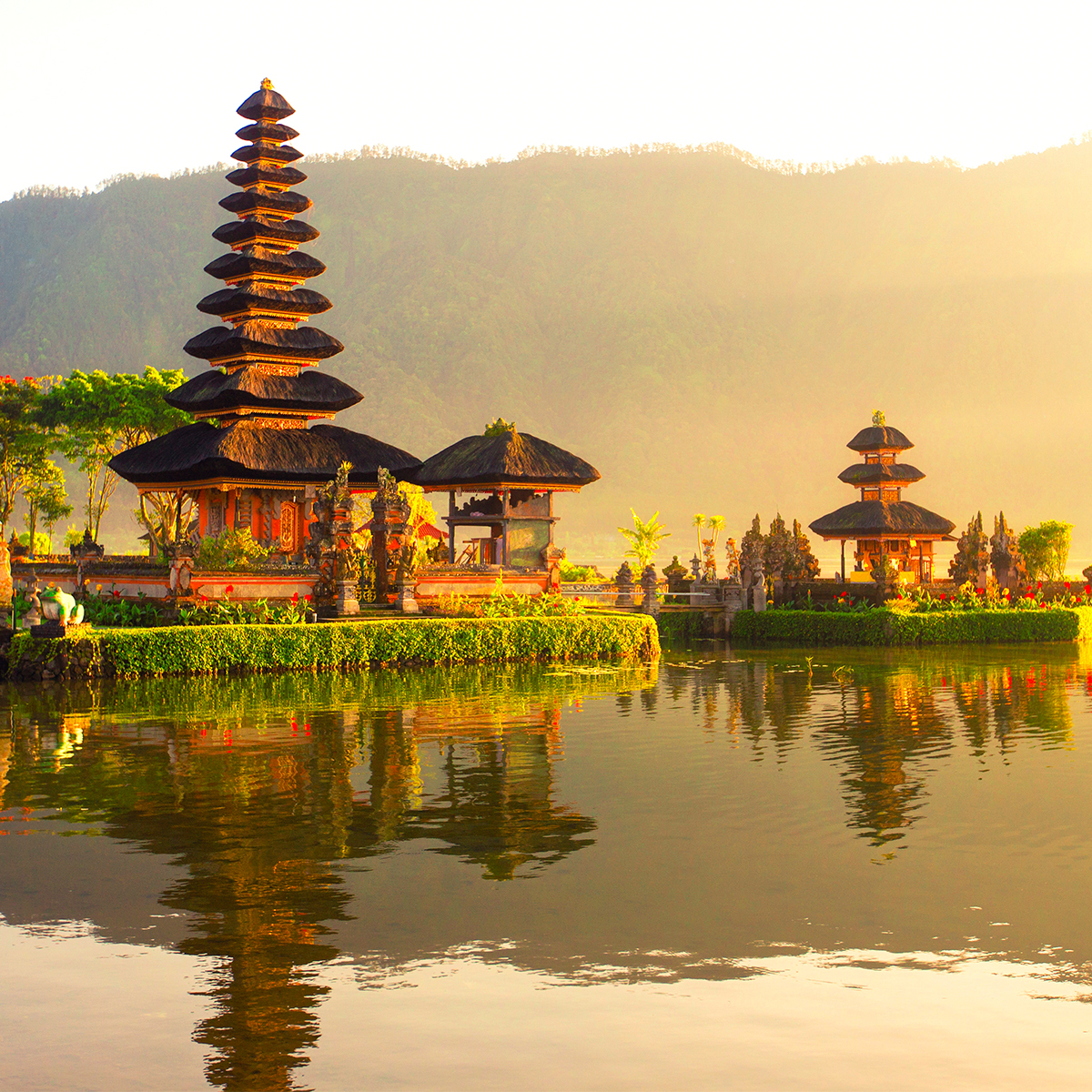
Requirements for Domestic Tourist Visiting Bali
Bali Entry Requirements during The New Normal Period

Indonesia tops Travel+Leisure’s List of Best 100 Hotels

Once Again! Indonesia’s RENDANG and NASI GORENG Crowned World’s Best Foods

Gordon Ramsay’s Culinary Journey to West Sumatra

List of Postponed Public Events in Indonesia
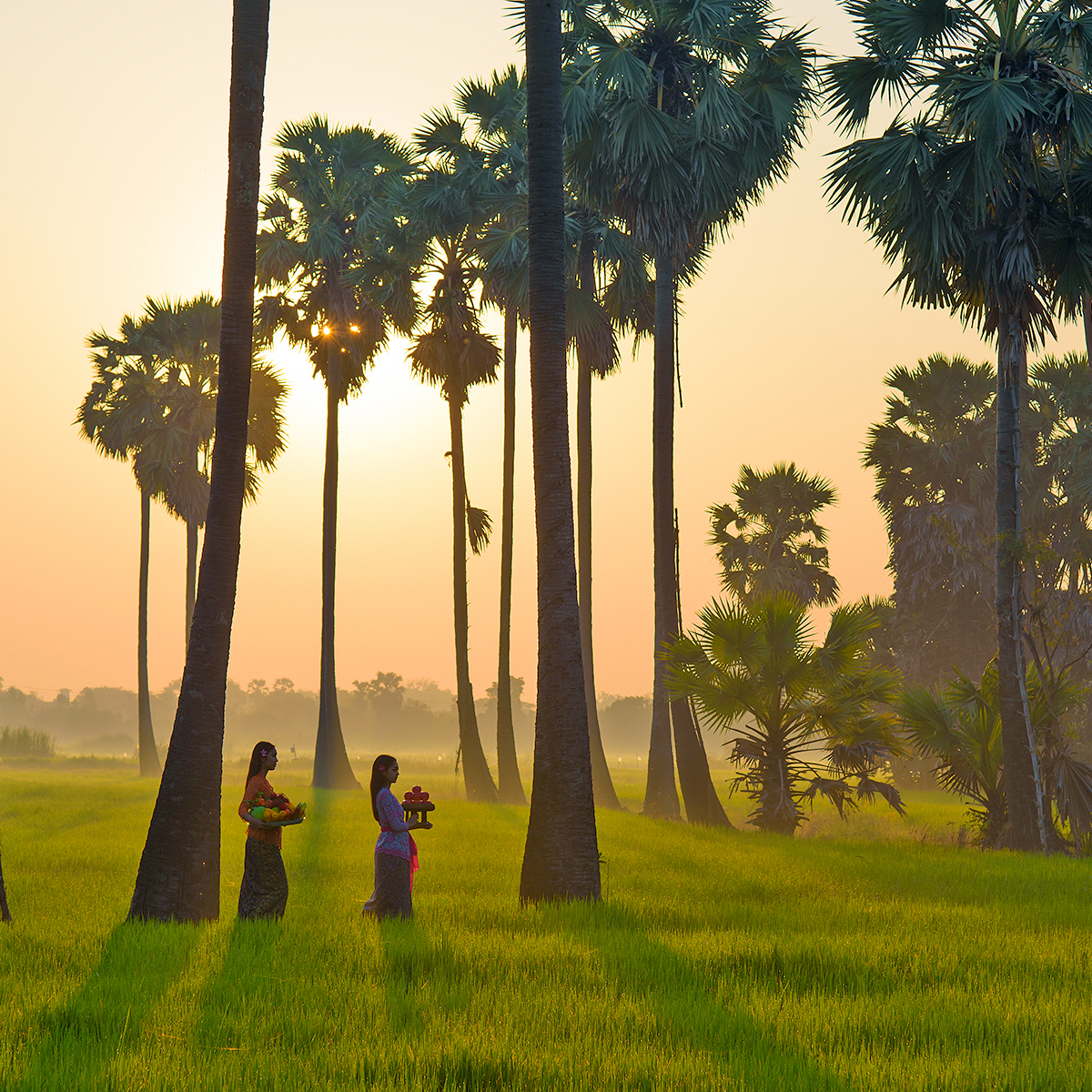
A Letter to Our Friends, the People of China

Cikini: The Other Side Story
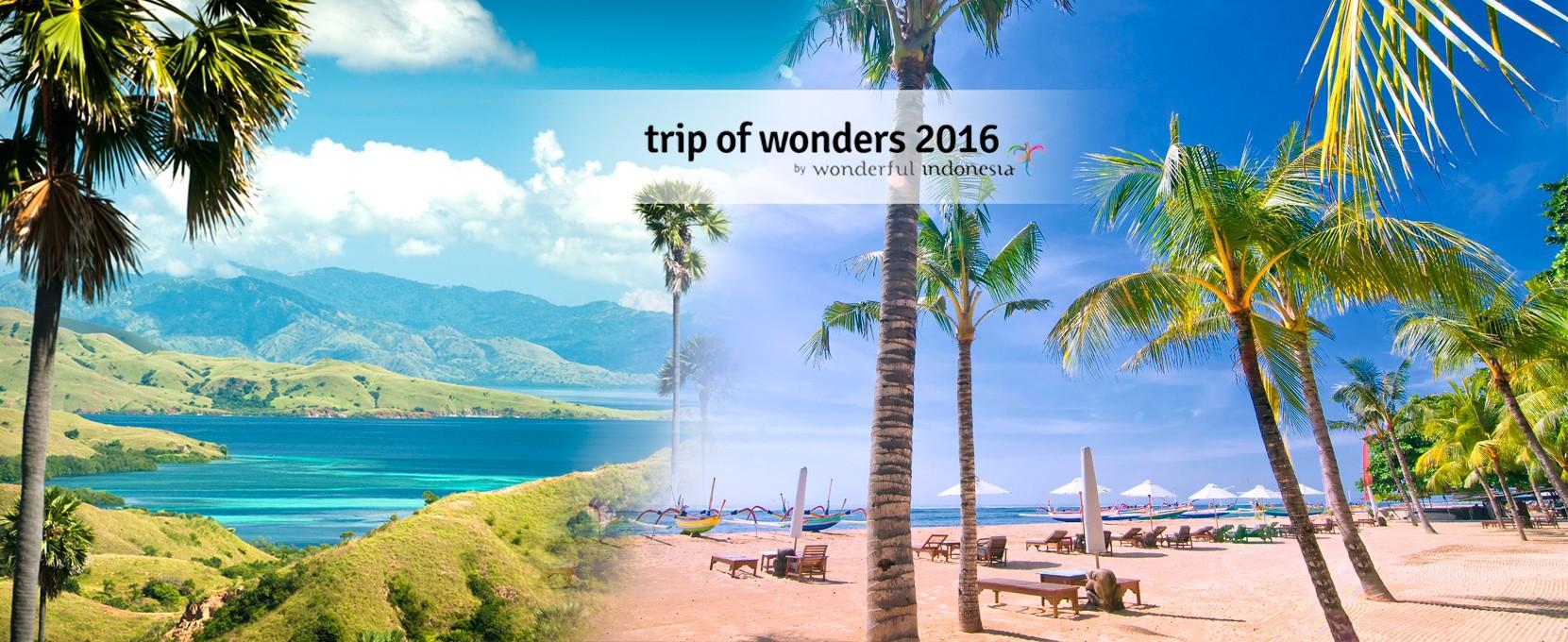
TRIP OF WONDERS QUIZ 2016 WINNERS

Waterbom Bali named Best Waterpark Asia and 2nd Best in the World
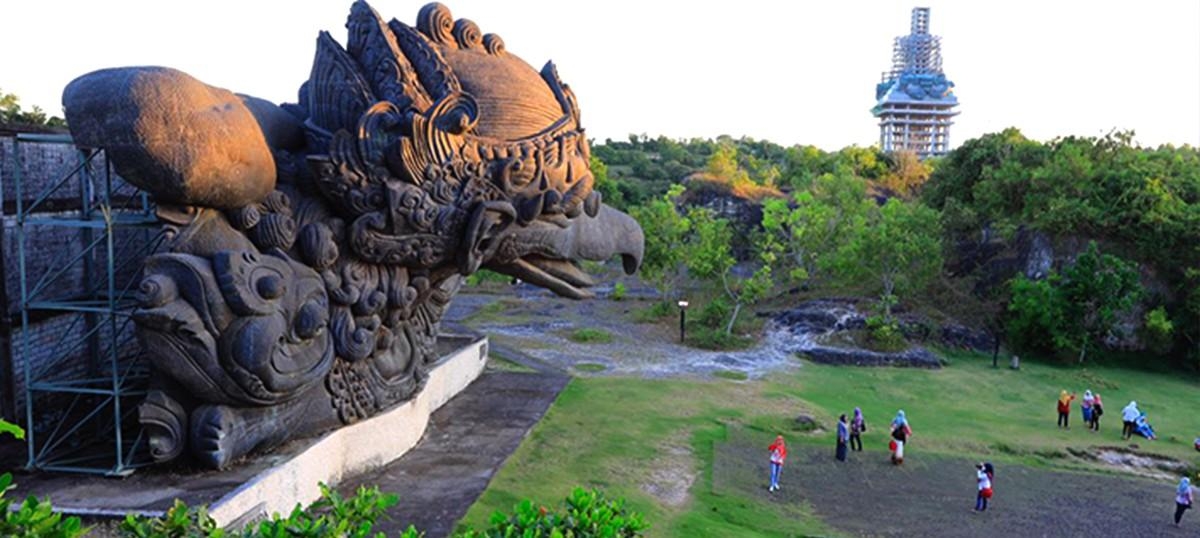
Indonesia Set to Host IMF-World Bank Annual Meeting 2018 in BALI
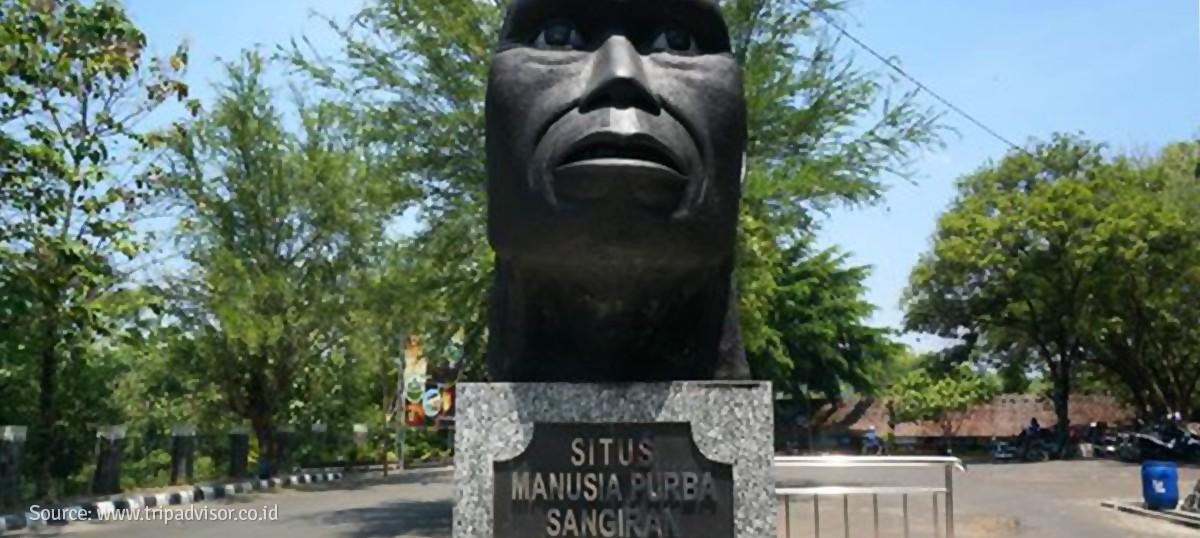
SANGIRAN Archaeological Site near SOLO developed into World Heritage Attraction

Vote for Indonesia at the Travel + Leisure World’s Best Awards 2018

In 2017 Indonesia targets 15 million tourists, or a phenomenal 25 percent growth
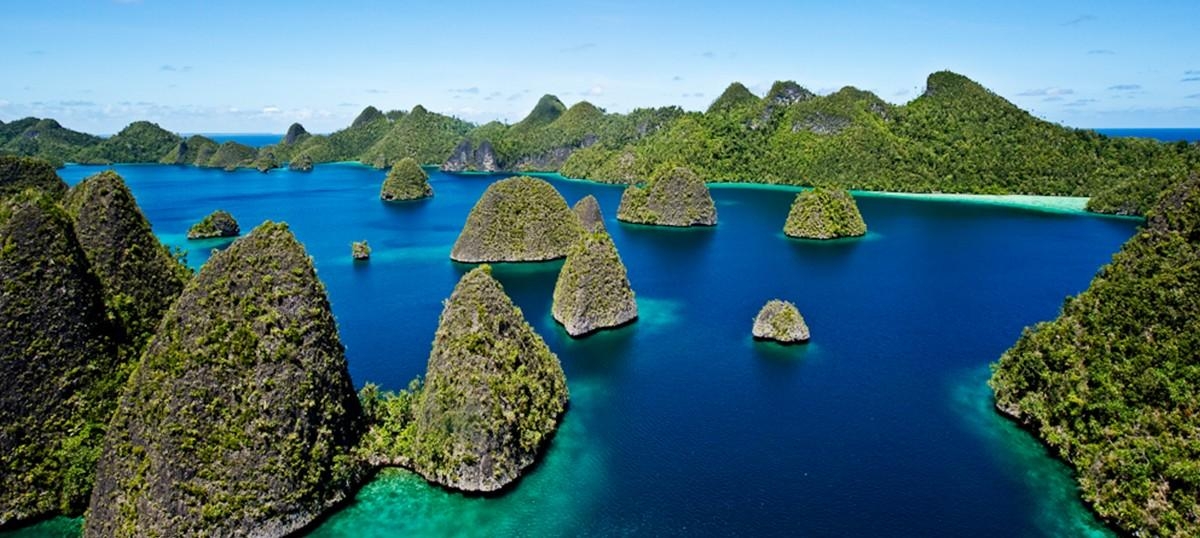
Wayag Island at RAJA AMPAT: Now TOP CHOICE of World Destinations Experts
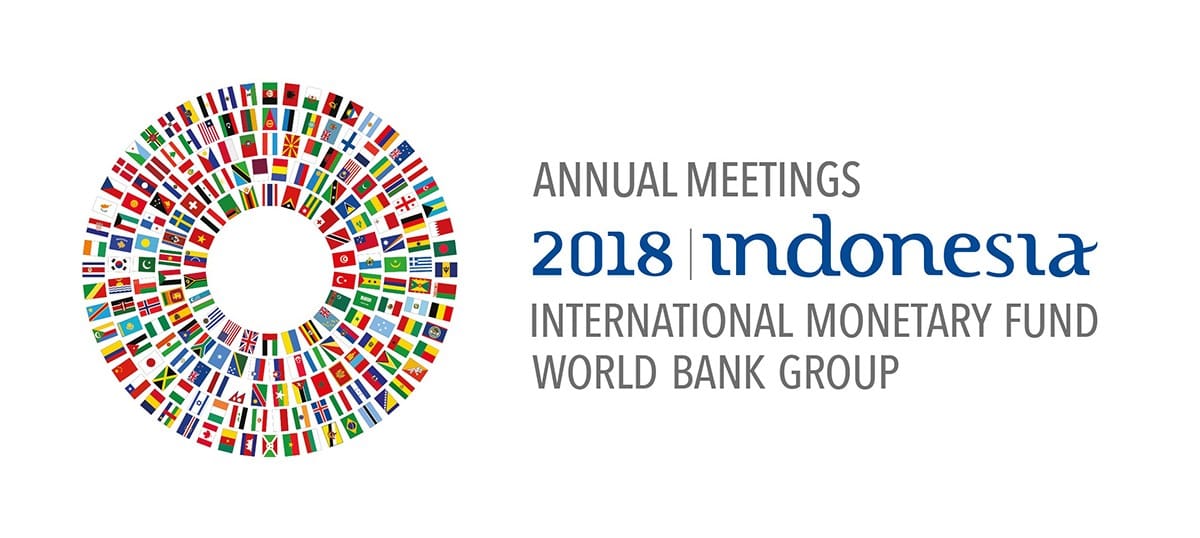
60 Tours to Indonesia's Exotic Destinations await Delegates to IMF-World Bank Annual Meeting 2018 in BALI
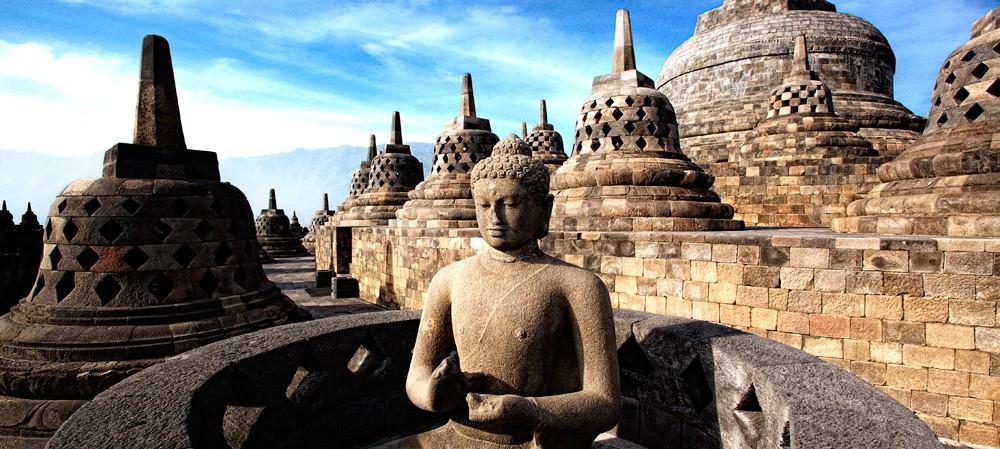
Indonesia Key Sponsor of WTM 2016
Borobudur placed 3rd in World’s Iconic Adventures: National Geographic
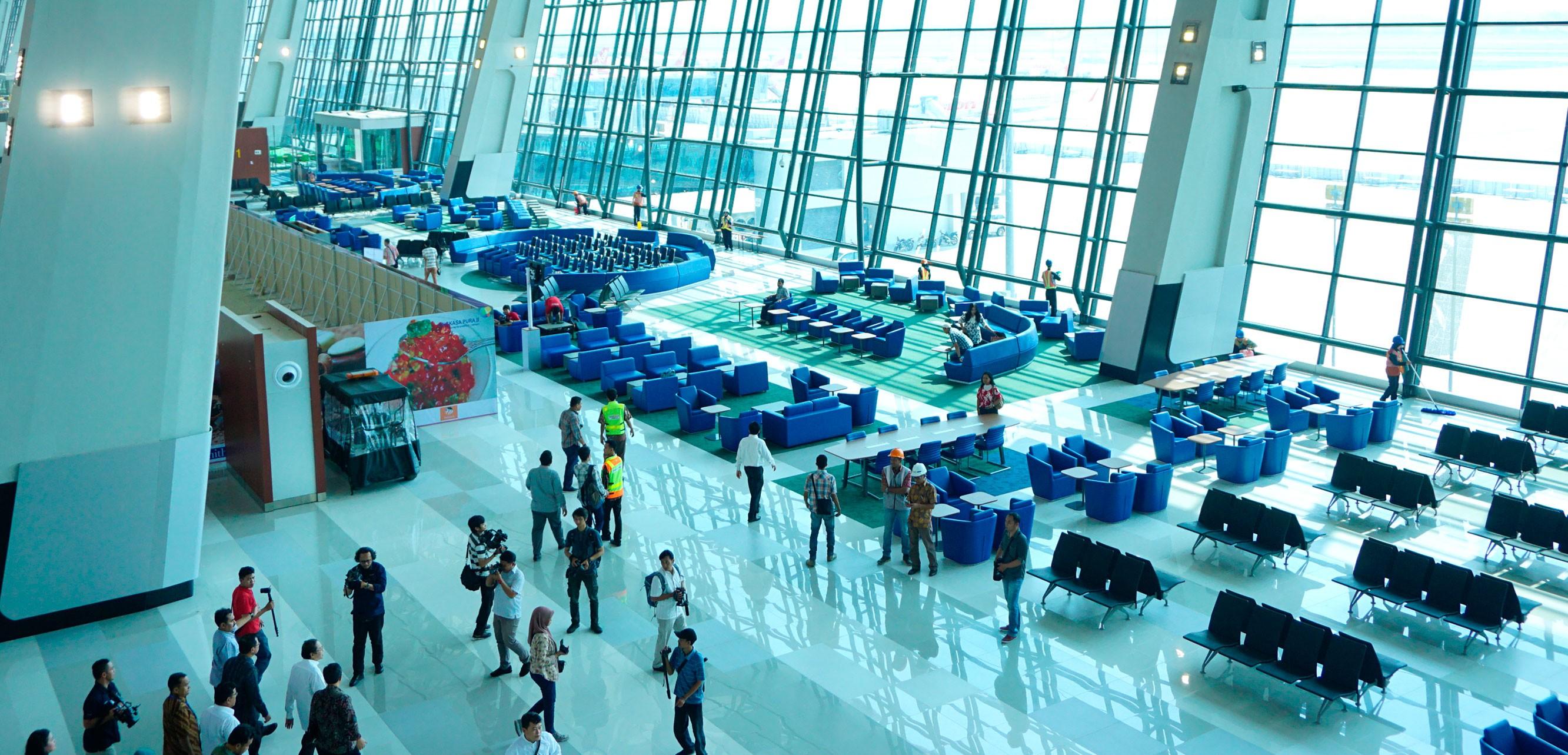
Jakarta's International Airport to have State-of-the-Art Terminal 3 Ultimate

Indonesia Pavilion at ITB 2017 Wins (again) Best Exhibitor Award

Muara Jambi: Retracing the Footsteps of Master Buddhist Teacher Atisha 1000 years on
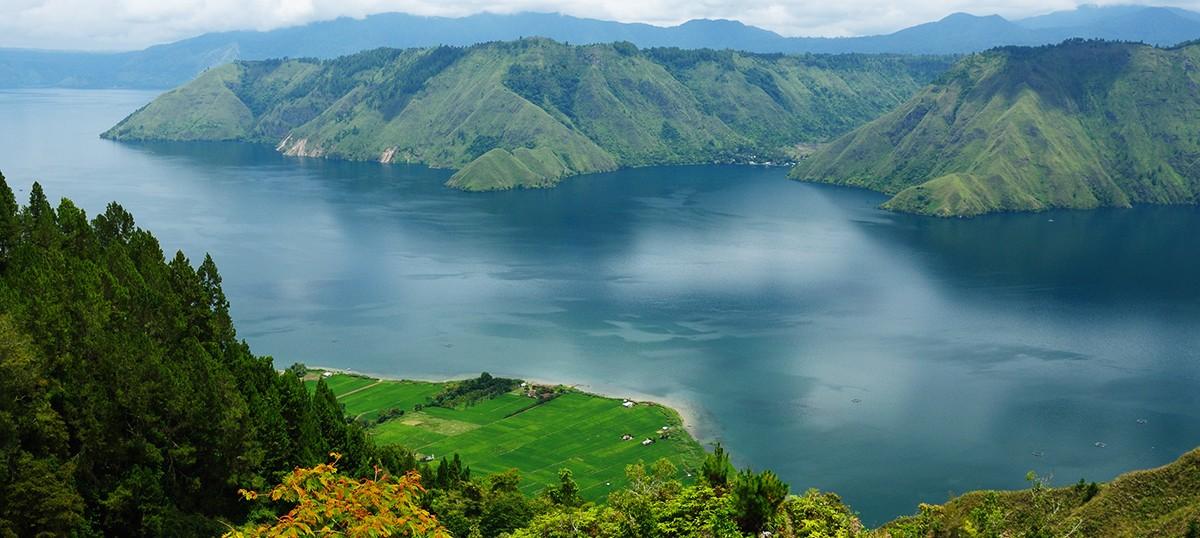
World Bank supports Infrastructure development in 3 Priority Destinations
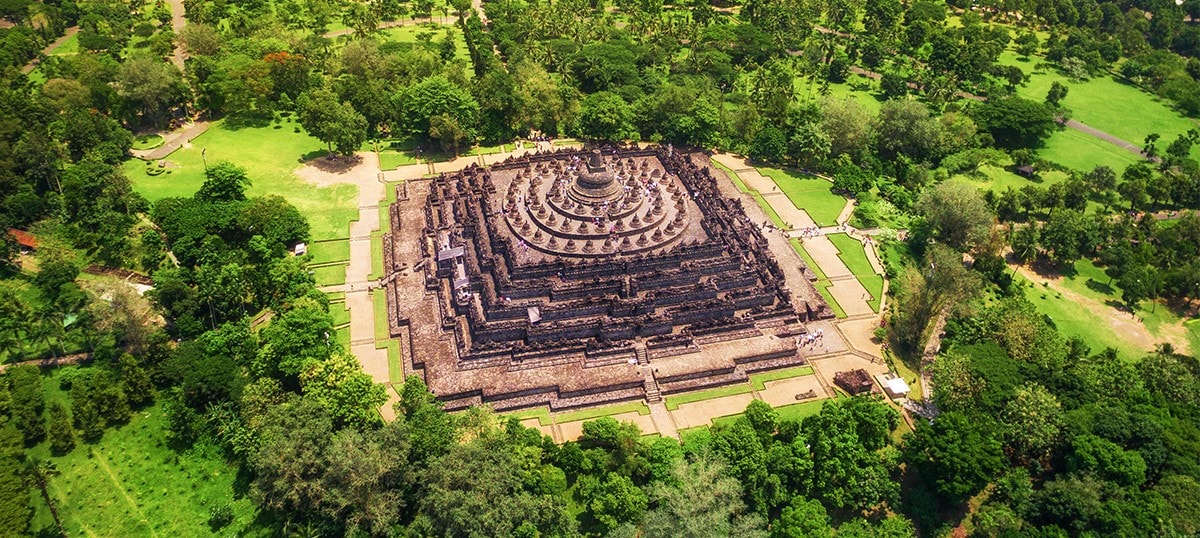
Borobudur Homestay Village: Towards more Sustainable Community-Based Tourism

Indonesia jumps 8 ranks : NOW at no. 42 in World Tourism Competitiveness
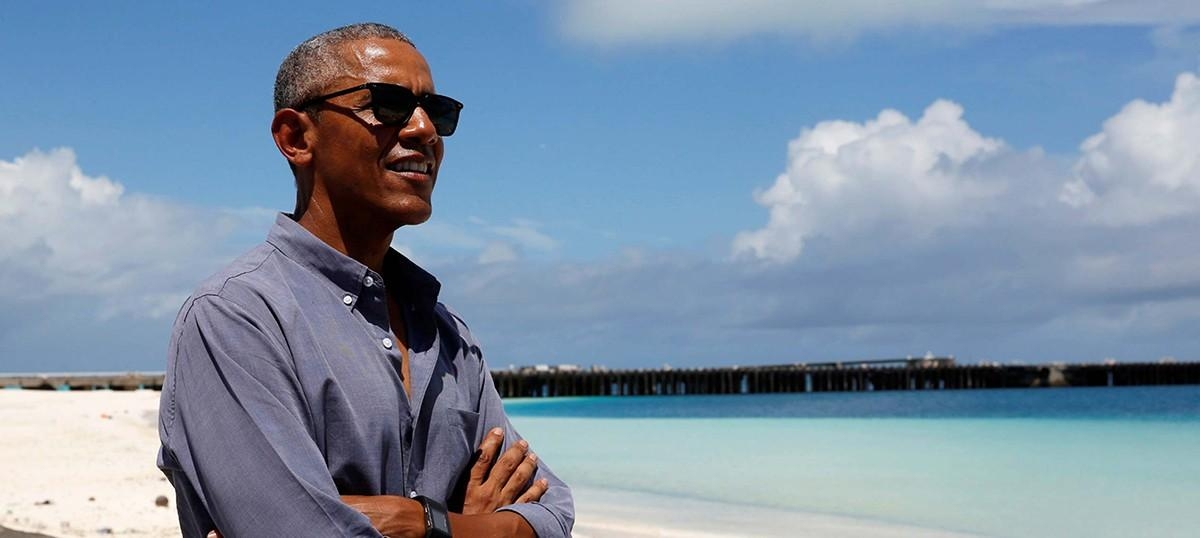
Indonesia warmly welcomes former President Obama and family
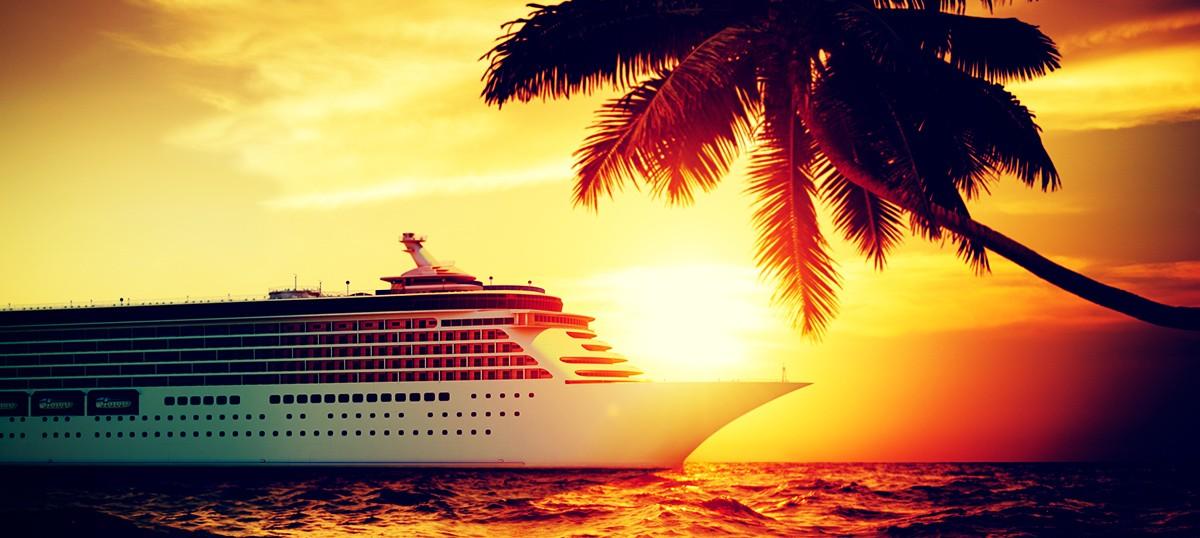
More International Cruise Ships NOW call on Indonesian Destinations
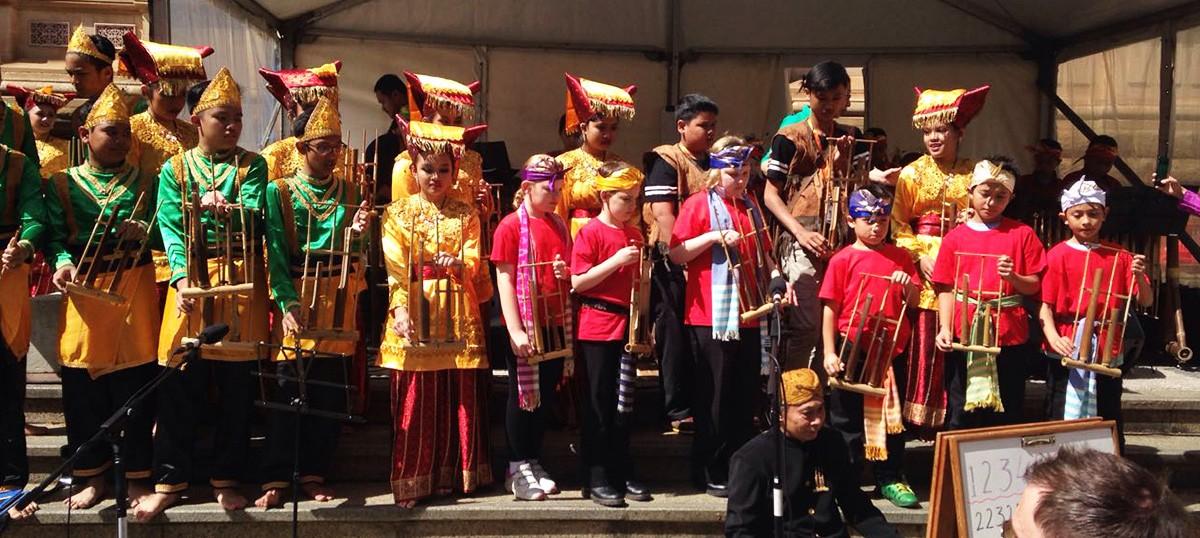
Indonesia stuns Australians at OzAsia and IndoFest 2016 Adelaide
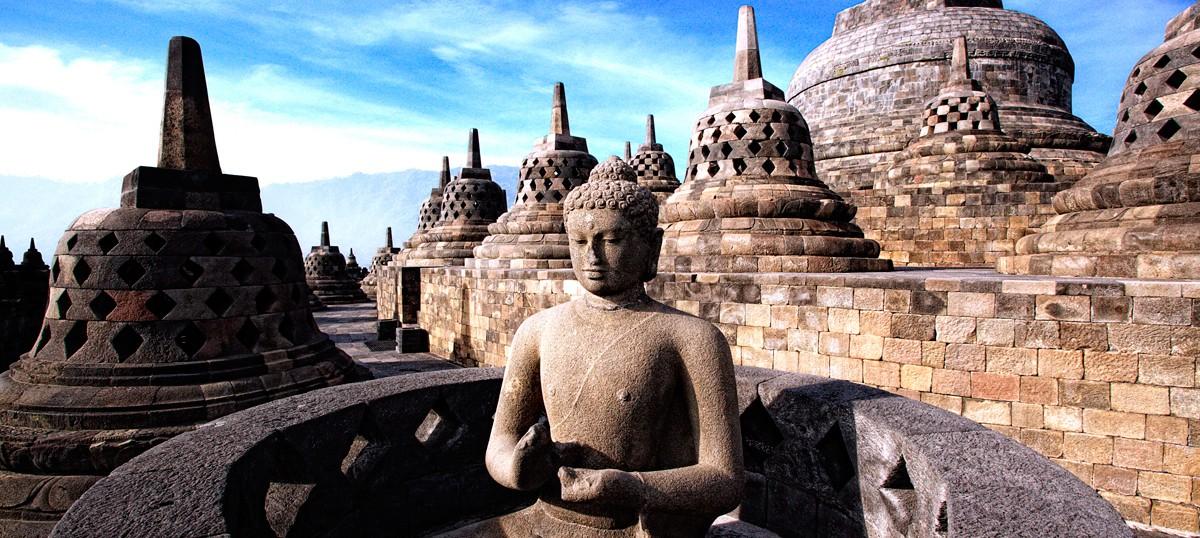
Indonesia wins 2 Awards at China Xi’an Silk Road International Tourism Expo 2016

INDONESIA: ASIA’S TOP NATION FOR CULTURAL DIVERSITY declares Top 10 of Asia Magazine

DIVE INDONESIA, WORLD’S BEST SCUBA DIVE DESTINATION: DIVE MAGAZINE

NOW fly GARUDA DIRECT from SINGAPORE to Beautiful BELITUNG ISLAND

Now, Fly Moscow-Bali Direct By Aeroflot's Rossyia Airlines
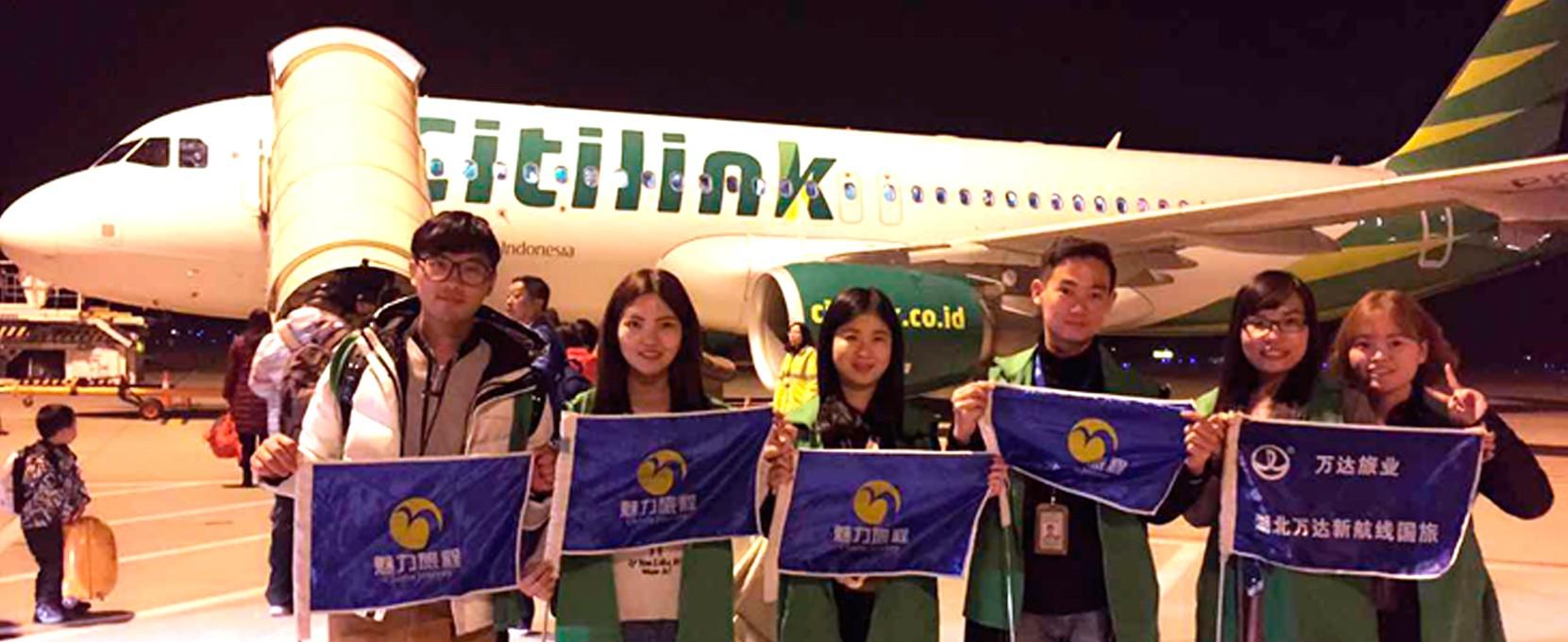
Bintan Now new Choice Destination for Chinese tourists
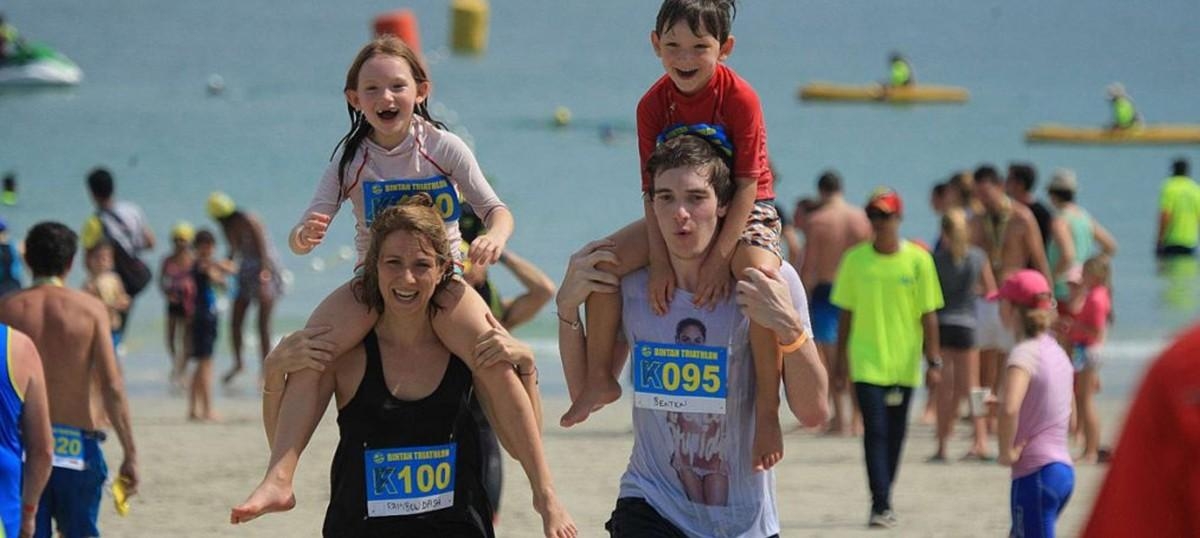
Indonesia Tourist Arrivals soars 22.4 % in Semester I
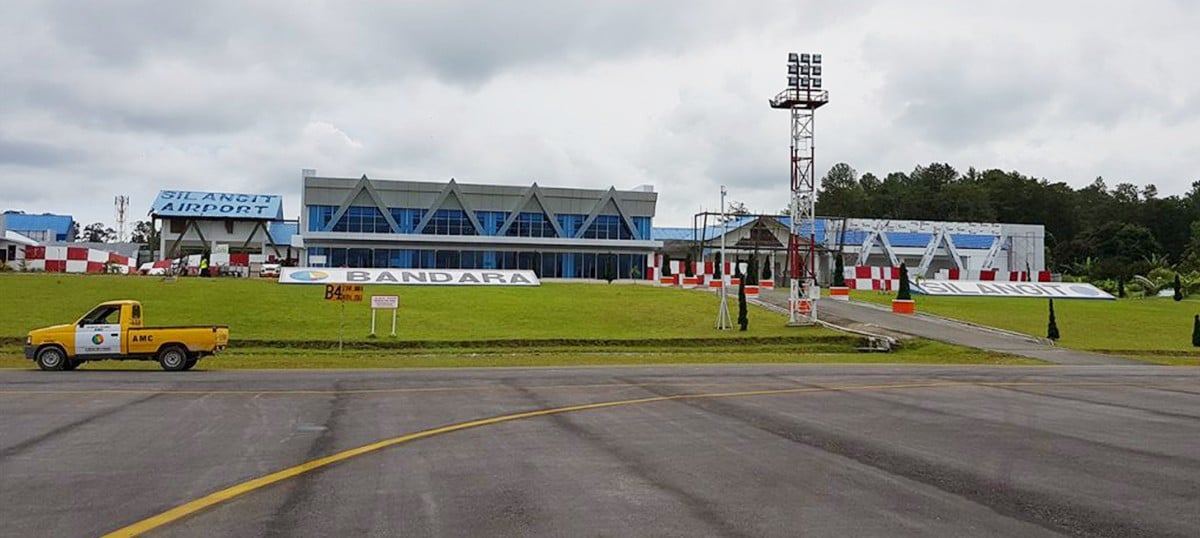
LAKE TOBA Now has its own SILANGIT INTERNATIONAL AIRPORT
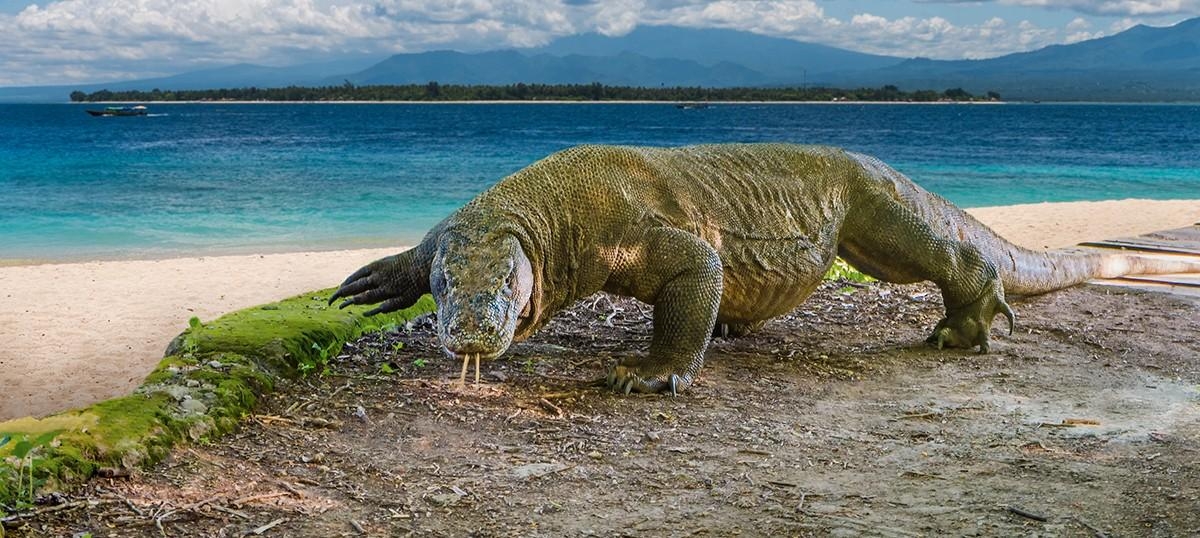
Indonesia’s Komodo National Park among World’s Top Ten Destinations: National Geographic
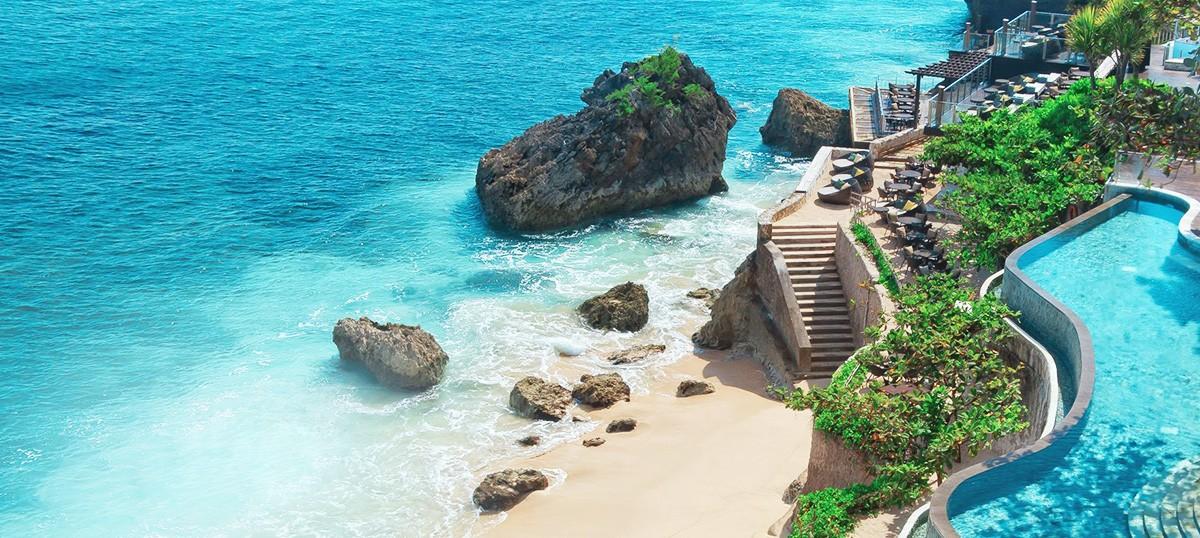
Ayana Resort and Spa Bali named World ‘s Leading Island Villas in World Travel Awards 2016

18th ASIAN GAMES A RESOUNDING SUCCESS : Indonesia Praised Worldwide

LAKE TOBA’S SILANGIT AIRPORT WELCOMES DIRECT FLIGHTS FROM MALAYSIA
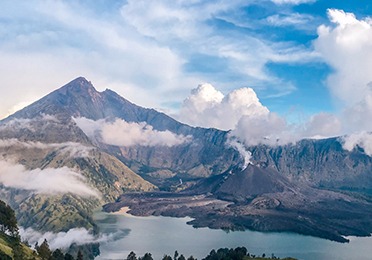
Press Release of The Governor of West Nusa Tenggara Province Regarding Lombok Earthquake, August 12th, 2018

ASIAN GAMES 2018 Flame Relayed across the Indonesian islands

Official Statement from Ministry of Tourism Regarding Earthquake in Lombok, West Nusa Tenggara

Wonderful Indonesia Thrilling Destinations join World Cup 2018 in Russia

Get JAKARTA WEEKEND HOT DEALS!

Vote Indonesia at Miss Eco International 2018 Beauty Pageant

DIVE INDONESIA at MIDE 2018 attracts Malaysian Divers
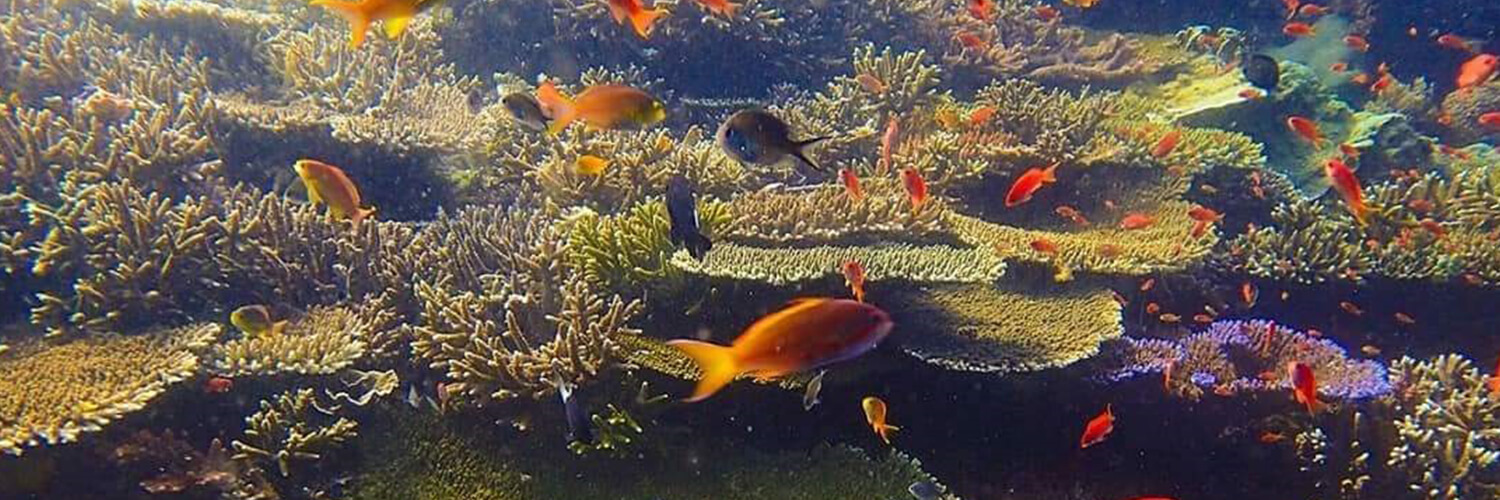
"No Illegal Fishing In Park Zone Stresses Head Of Komodo National Park

BALI WINS (Again) 3 INTERNATIONAL TOURISM AWARDS FROM CHINA

Ciletuh Pelabuhan Ratu Geopark recognized Indonesia’s 4th. UNESCO Global Geopark

Tourism Sales Mission Now in China: Nanning, Shenzhen and Guangzhou

BOGOR: the Most Stunning Golf Venue in Asia 2017

First Class Train Argo Parahyangan Priority Is Now Available from Jakarta to Bandung

The Government is Taking Action to Cleanse Bali’s Sea from Drifting Litter

Indonesia Won 3 Awards at the ASEANTA Awards for Excellence 2018
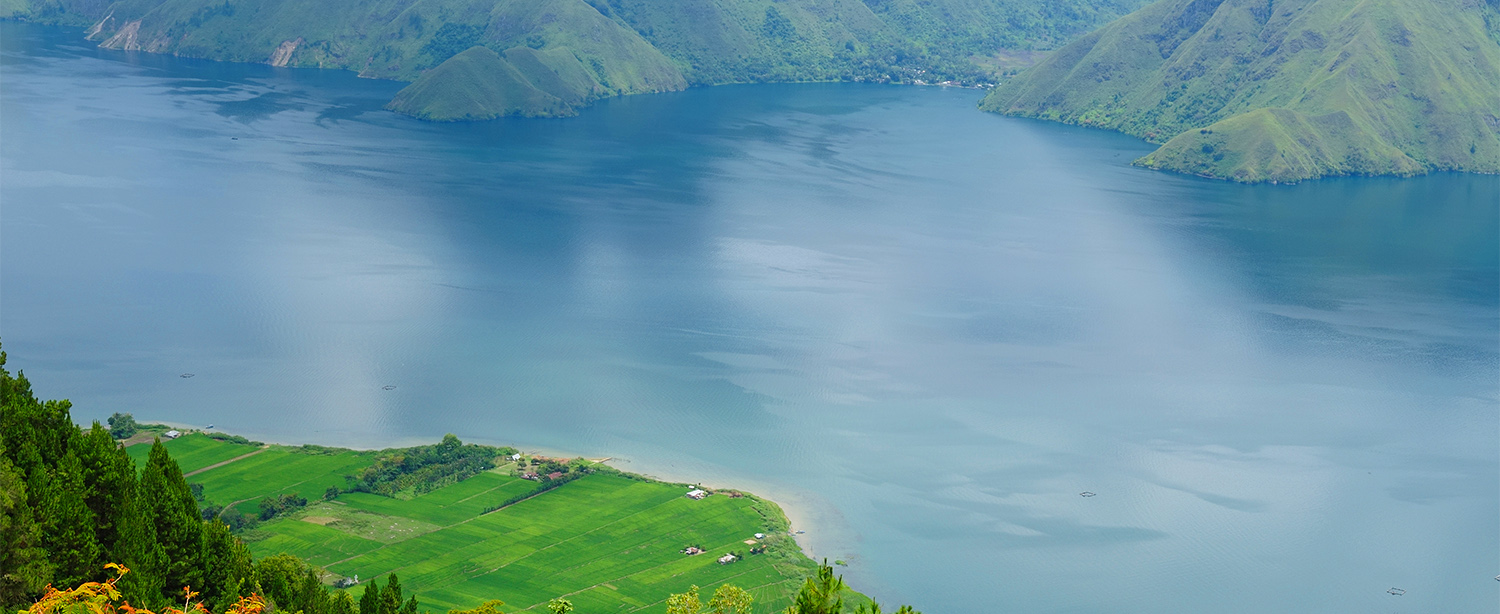
Horas Samosir Fiesta 2018: 12 events to Highlights the enchanting beauty of Samosir Island and Lake Toba in 2018

The First Airport Train to Soekarno Hatta International Airport Is Up and Running

Indonesia Spreads Wonders at TOUREST International Travel Fair 2018
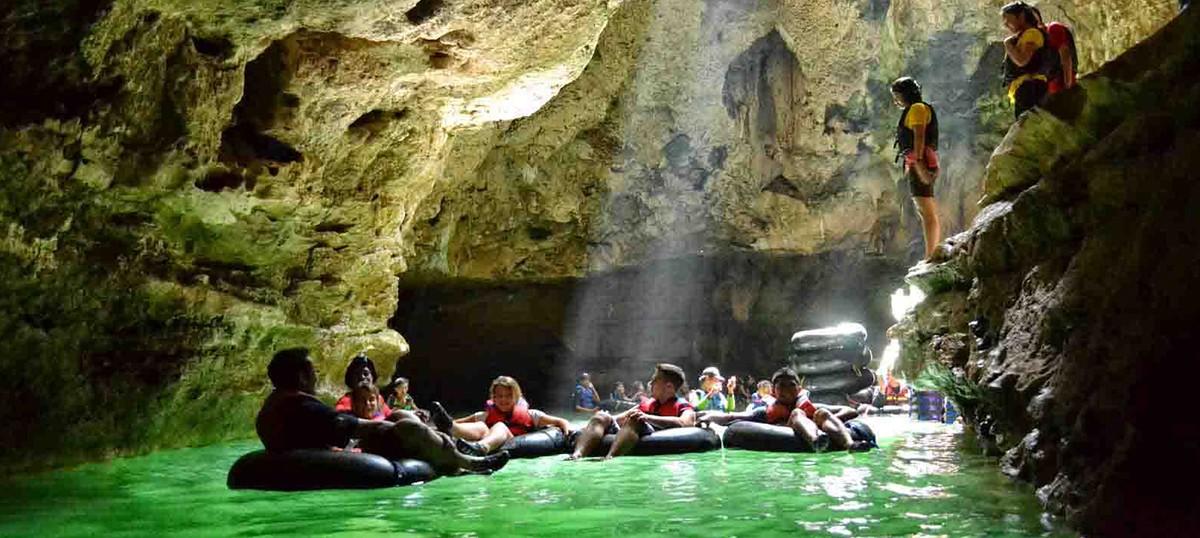
Your Sensational Cave Tubing Adventure along Kalisuci, Yogyakarta
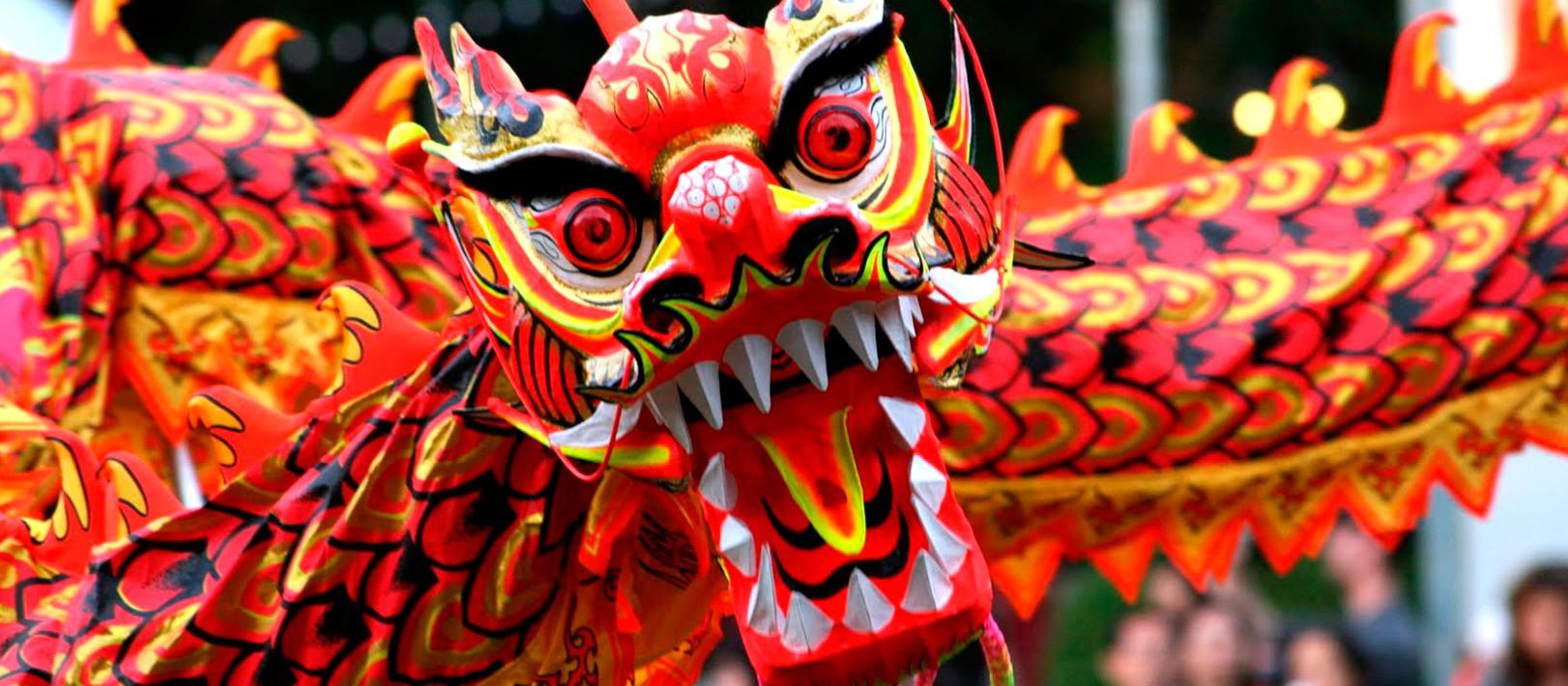
Yogyakarta stages spectacular Chinese New Year Cultural Week
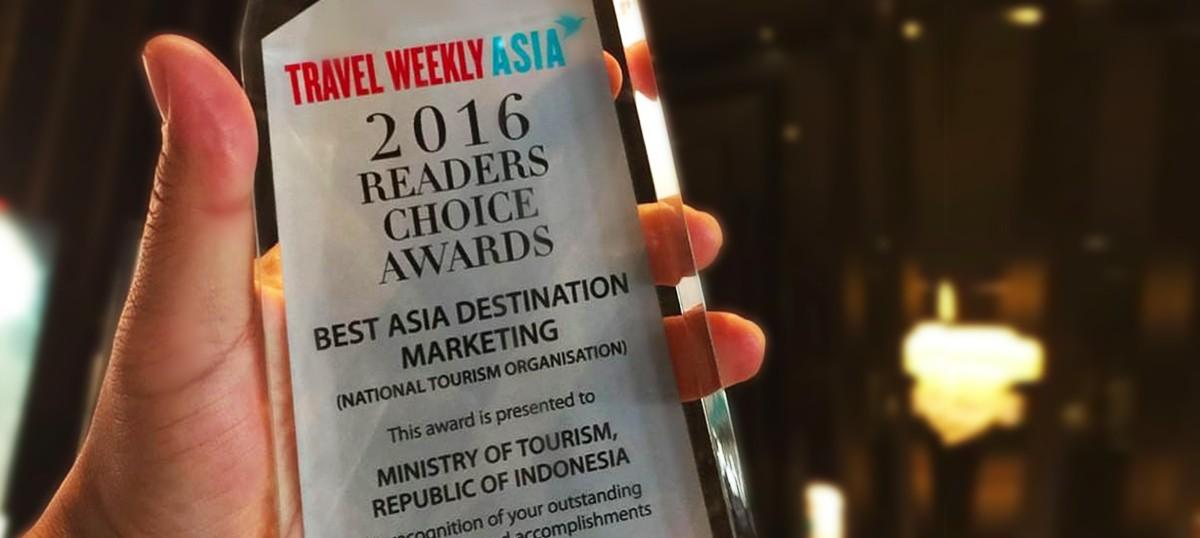
Wonderful Indonesia Wins Best Destination Marketing Award: Travel Weekly Asia
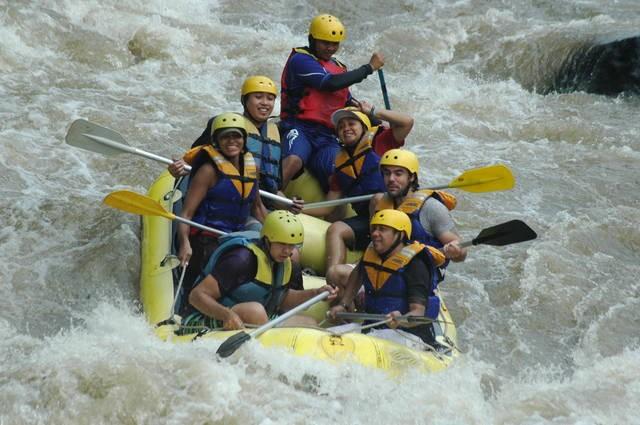
‘Wonderful Indonesia’ Wins Best Booth at Los Angeles Travel and Adventure Show

Wonderful Indonesia Video Wins Top Grand Prix Award at International Tourism Film Festival
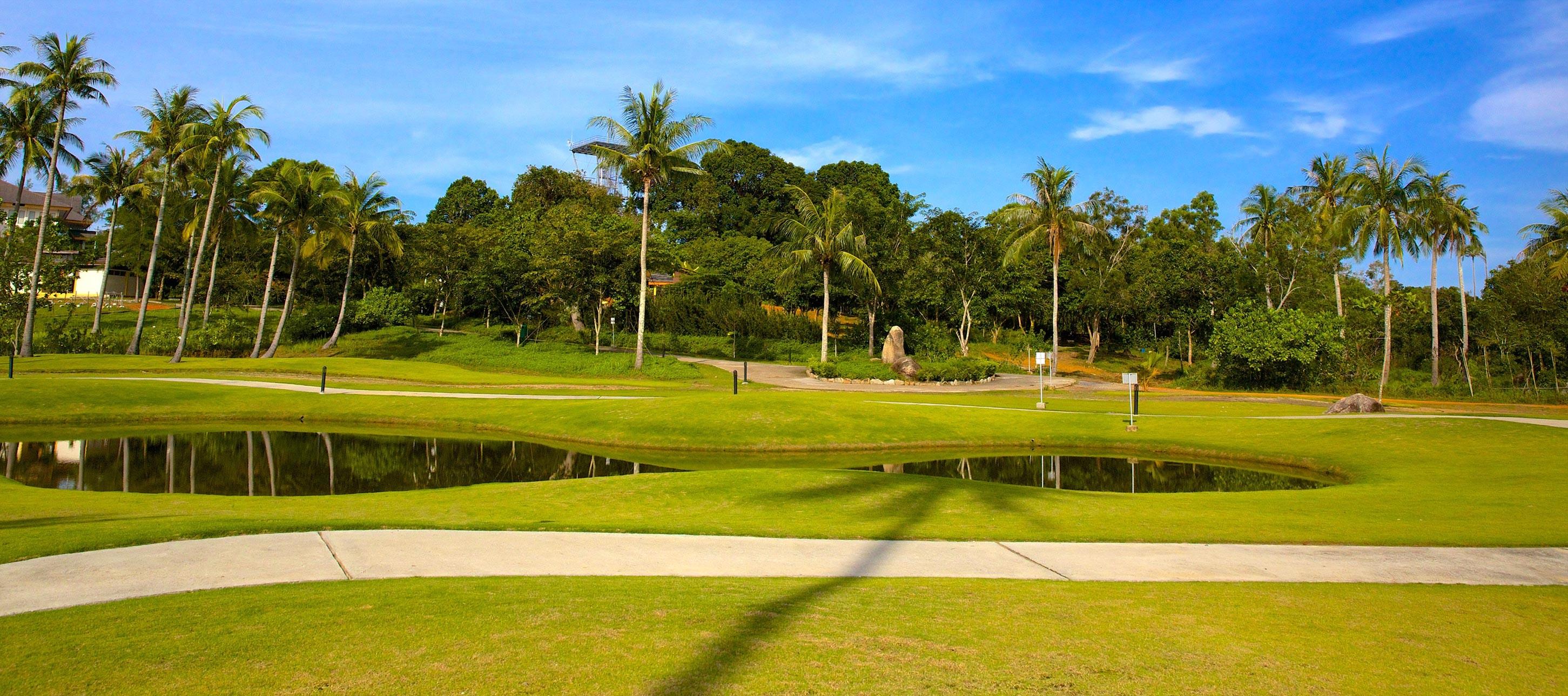
Wonderful Indonesia Golf Challenge Bintan 2016

Wonderful Indonesia Festival Lights up New Orleans, USA

Wonderful Indonesia Festival attracts Transit Passengers at Changi International Airport, Singapore
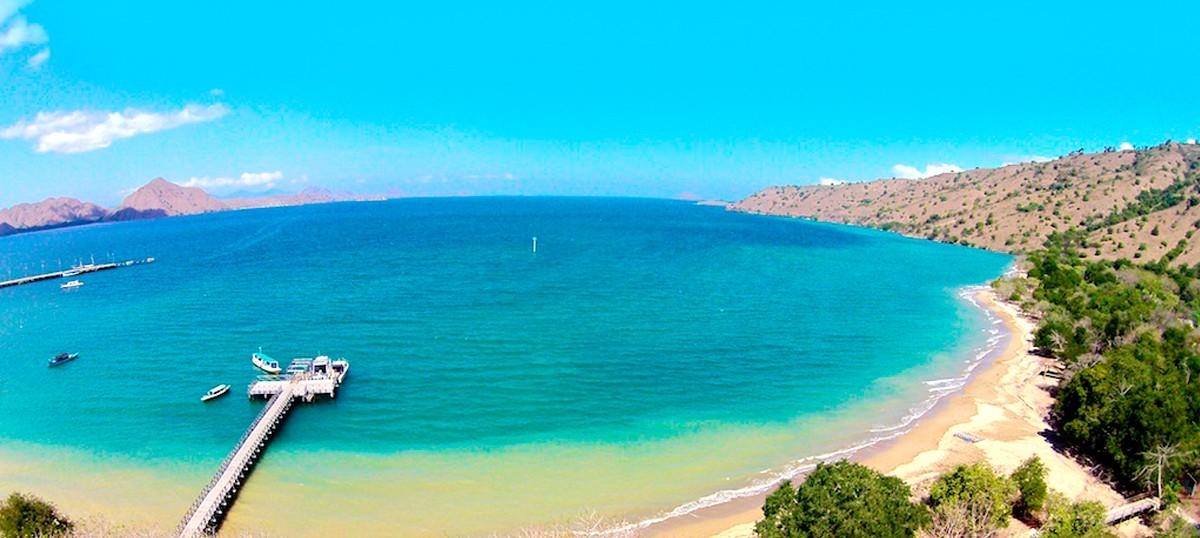
Wonderful Indonesia Beach Festival 2017 held in Melbourne, Australia
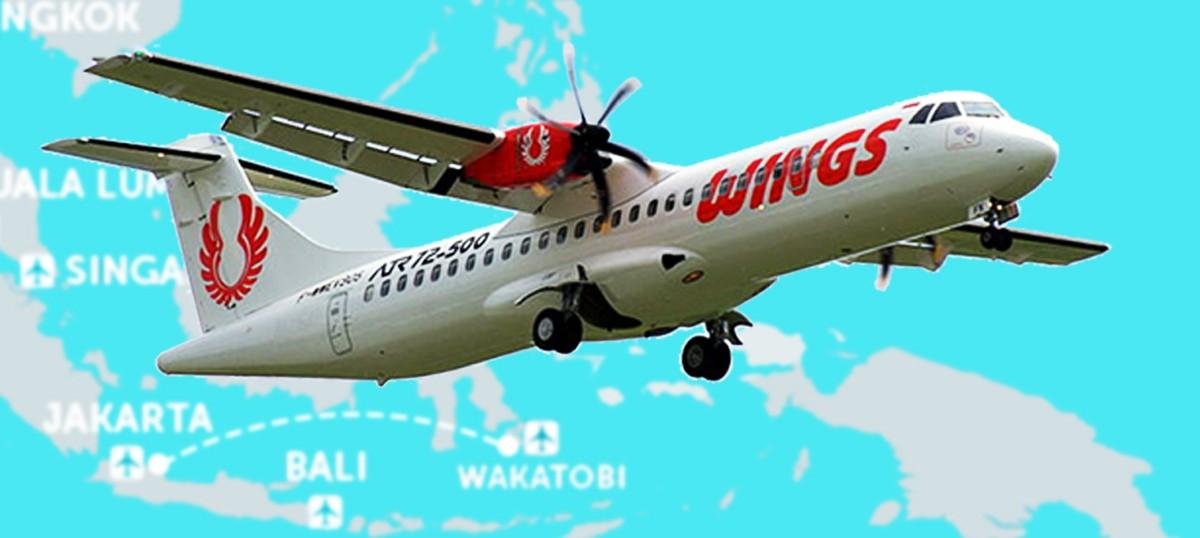
Wings Air starts Direct Flights from Makassar to Wakatobi underwater Paradise
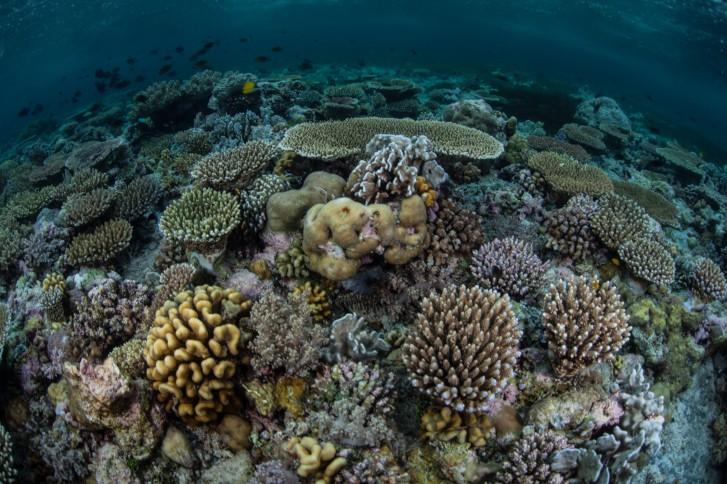
Wide-bodied Aircraft can Now Fly to Wakatobi, Indonesia’s Astonishing Underwater Paradise

Where to Watch the Total Solar Eclipse in Indonesia on 9 March 2016

Watch the Solar Eclipse Festival 2016 at Ngata Baru, Palu

Watch the March 2016 Total Solar Eclipse from Bangka-Belitung

Wakatobi Ocean Paradise urges Airlines to fly Direct from Bali
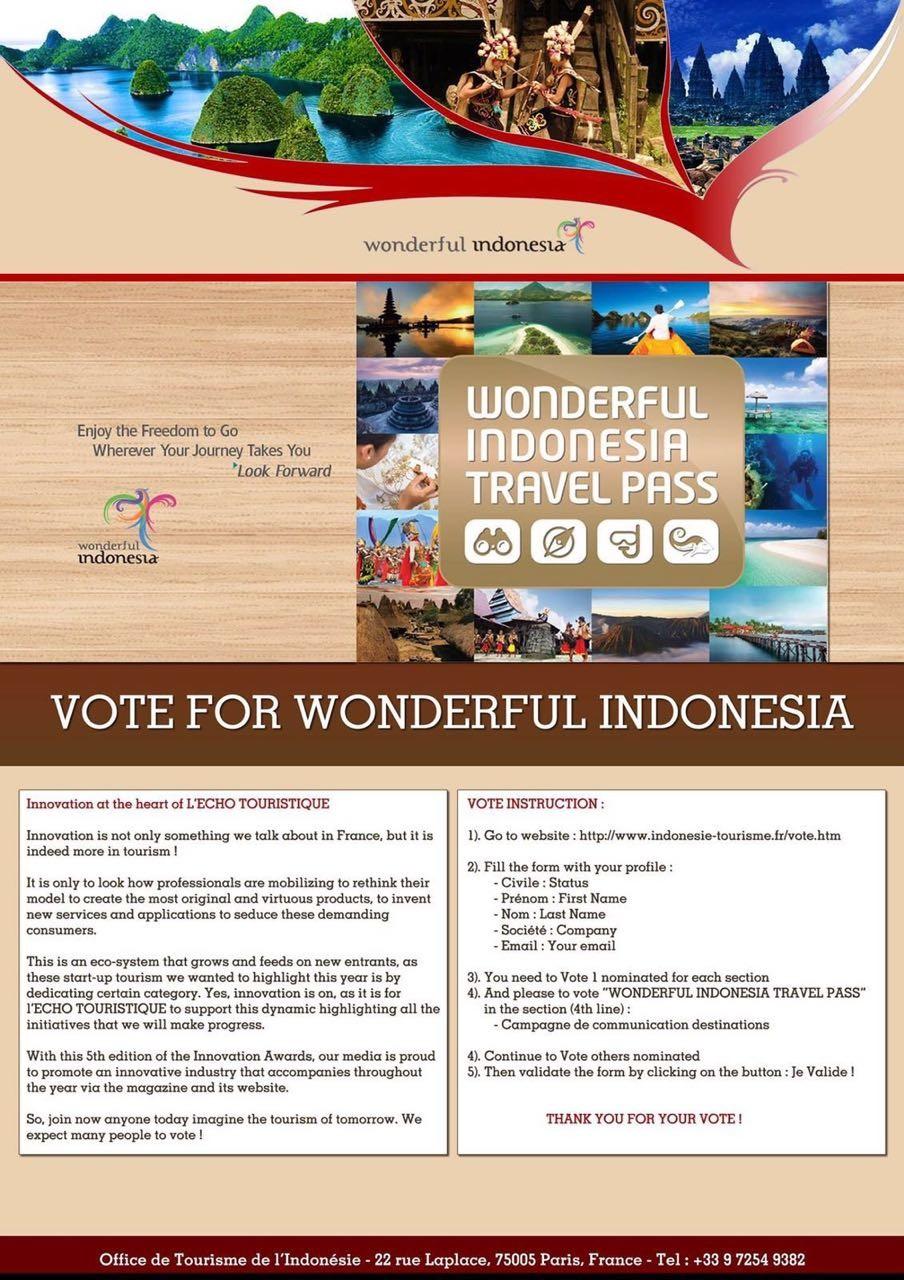
Vote Indonesia in L’Echo Touristique 2016 Competition in France!

Vote Indonesia as World’s Top Dive Destination 2017
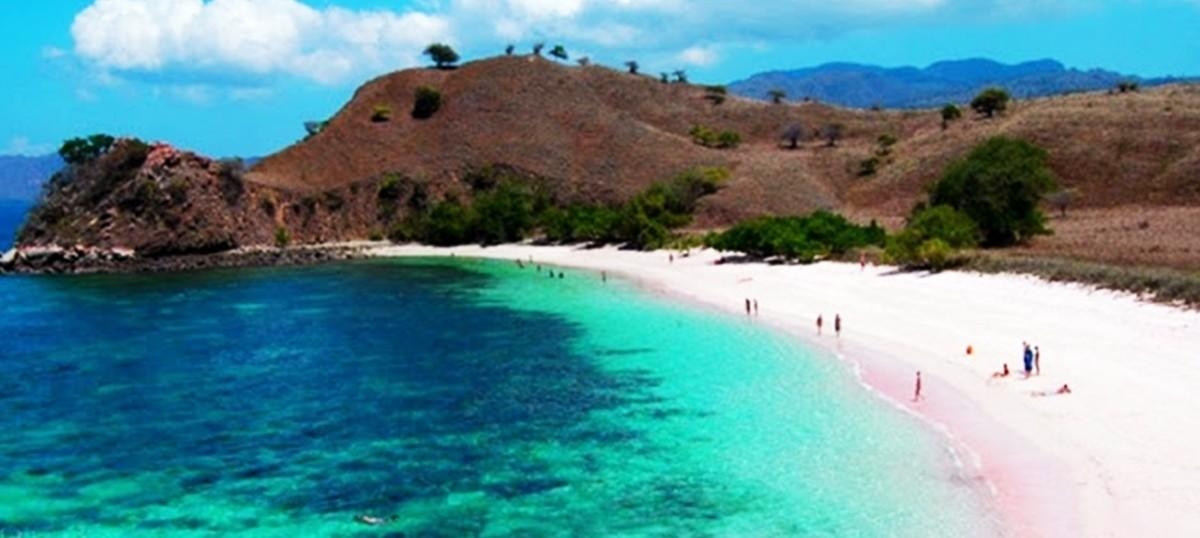
Vogue Korea : 3 Indonesian Beaches named World’s Most Beautiful Beaches
Visit Nias in August: International Surf Competition and Ya’ahowu Cultural Festival

Visit ASEAN@50: United to Promote ASEAN as One Single Destination

Valentino Rossi Surprise Holiday in Labuan Bajo: Gateway to Komodo Island
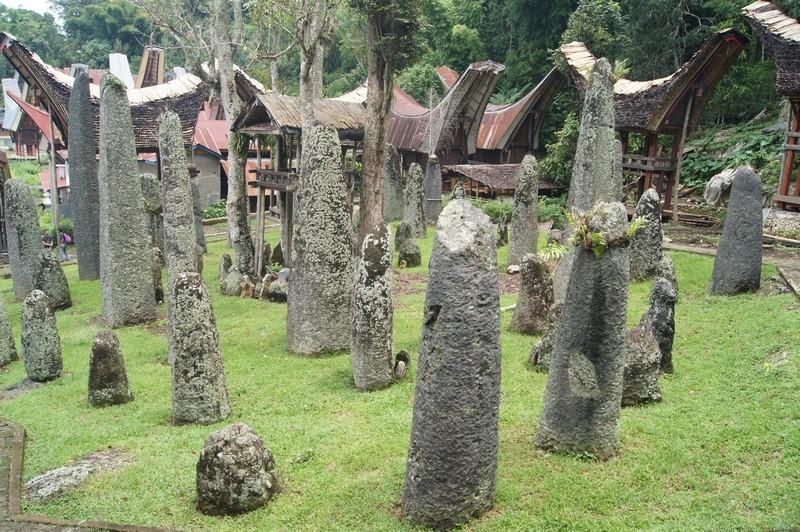
Unveiling the Many Wonders of Toraja Highland: More than unique Burial sites
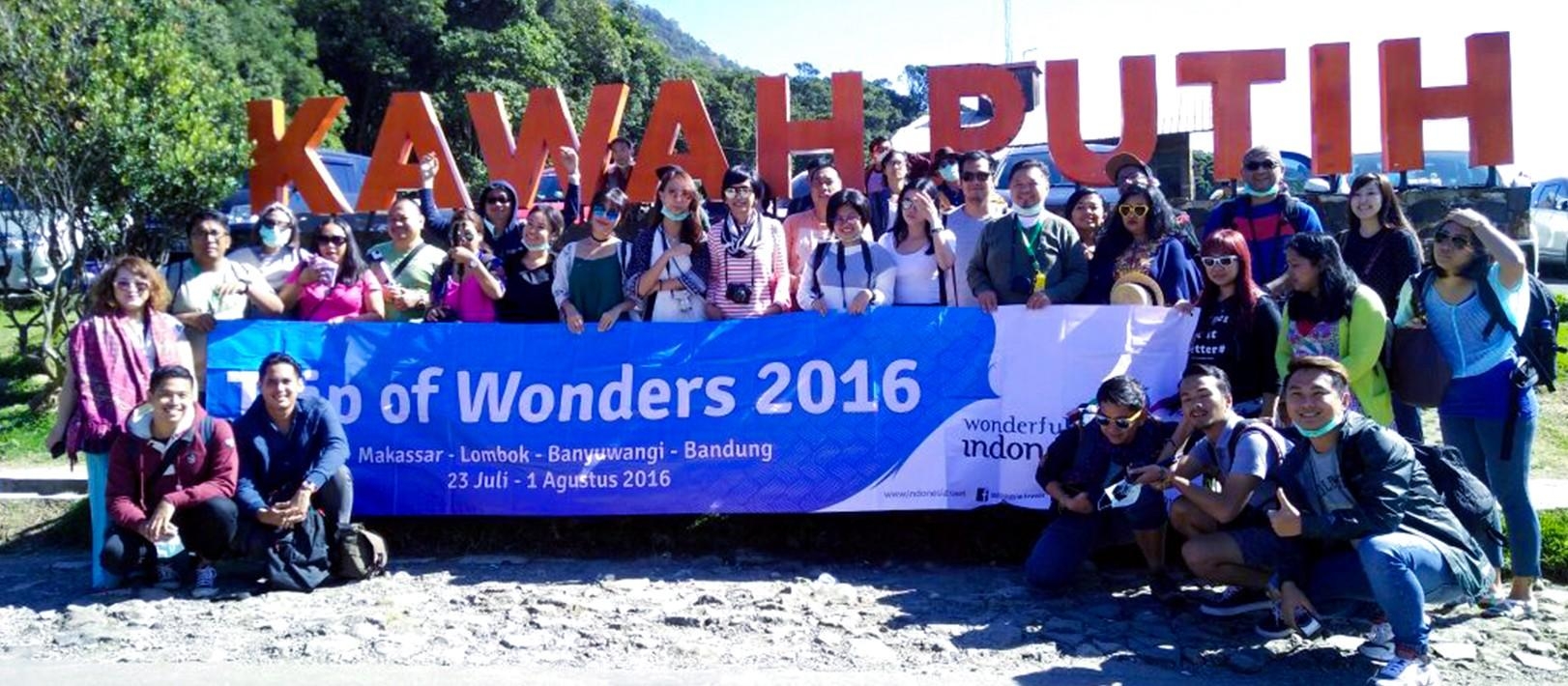
TRIP OF WONDERS Wins Award in INDONESIA BRAND CAMPAIGN OF THE YEAR 2017
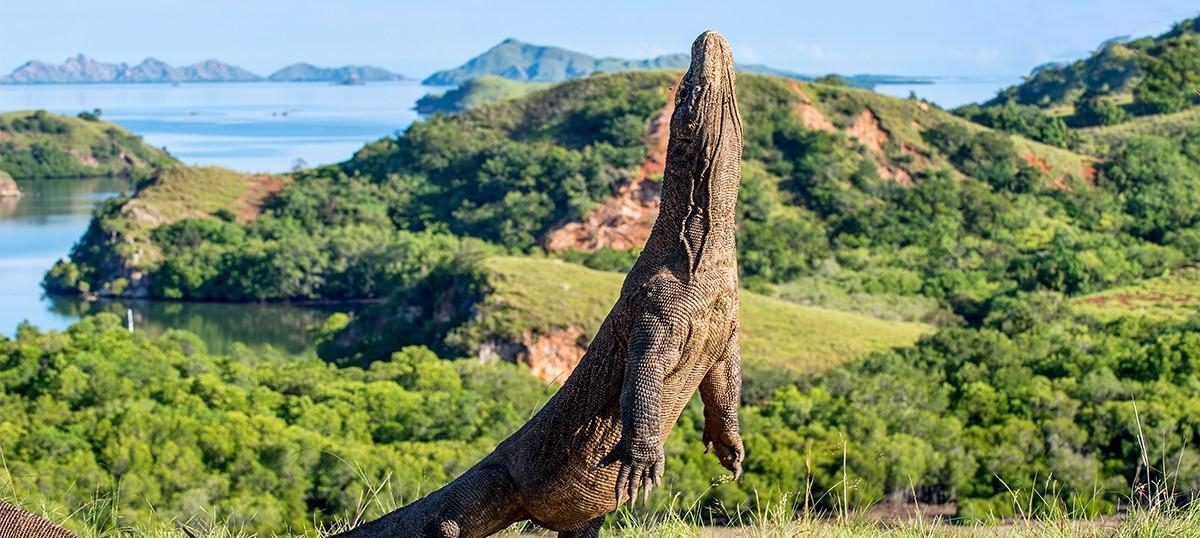
Trip of Wonders 2017: Unveiling the intriguing Wonders of Indonesia
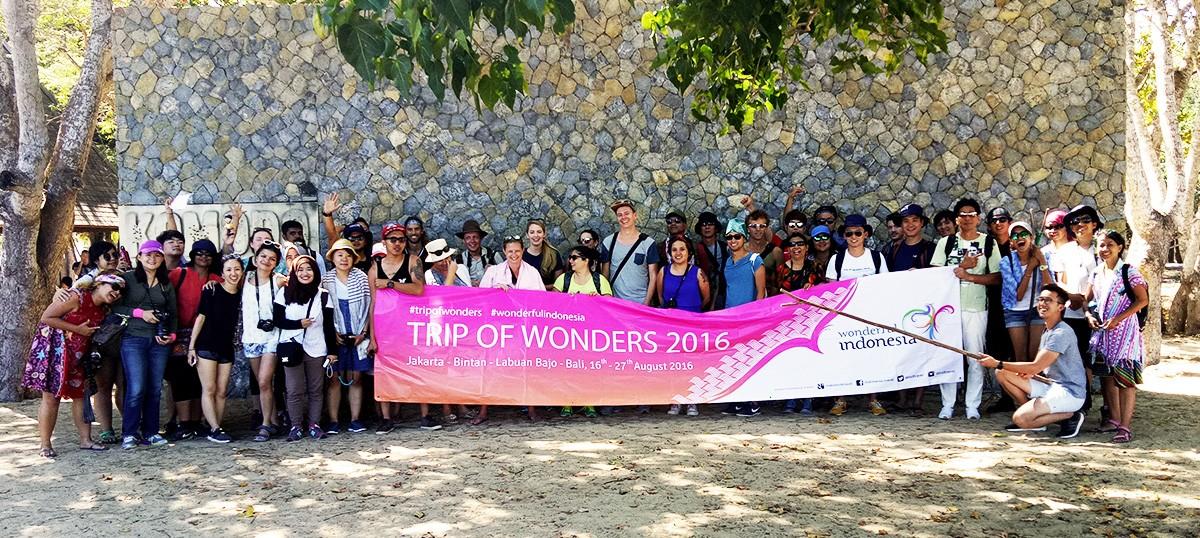
TRIP OF WONDERS 2016 : Discover Indonesia’s Hidden Paradise

Tourism Minister Arief Yahya Affirms: Indonesia remains safe
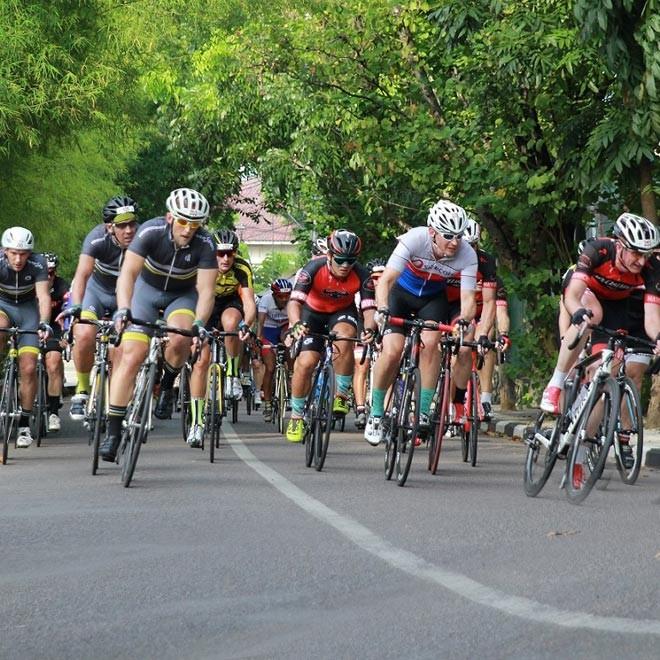
Tour de Bintan 2016: Epic Cycling Challange on Beautiful Bintan

Tomok and Simanindo: The Traditional Batak Villages in Lake Toba
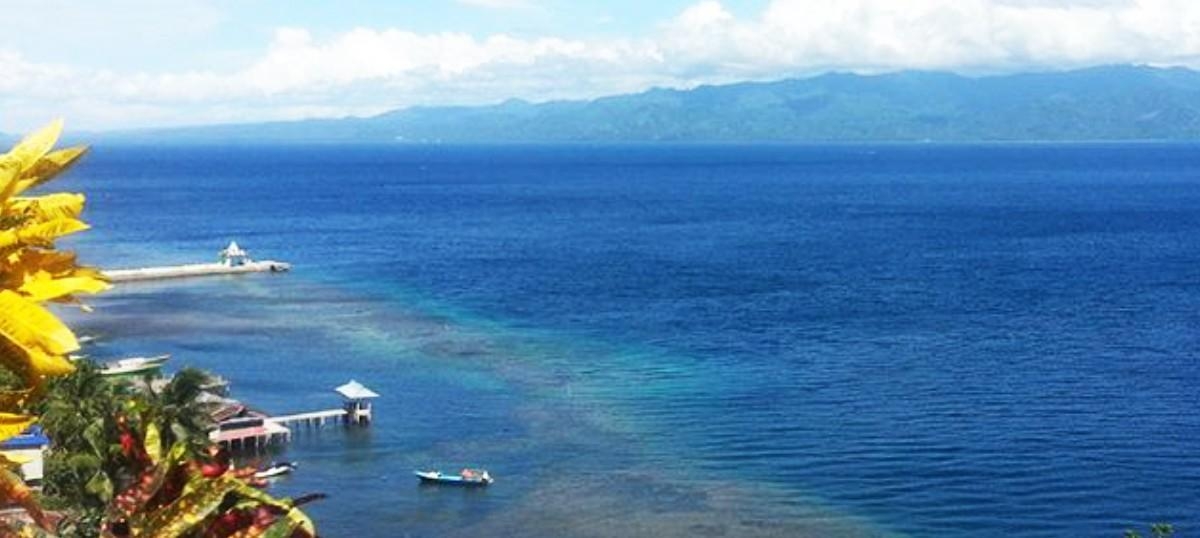
TIDORE Island: Peak of 5 Centuries 2019 Commemoration of Magellan’s Earth Circumnavigation
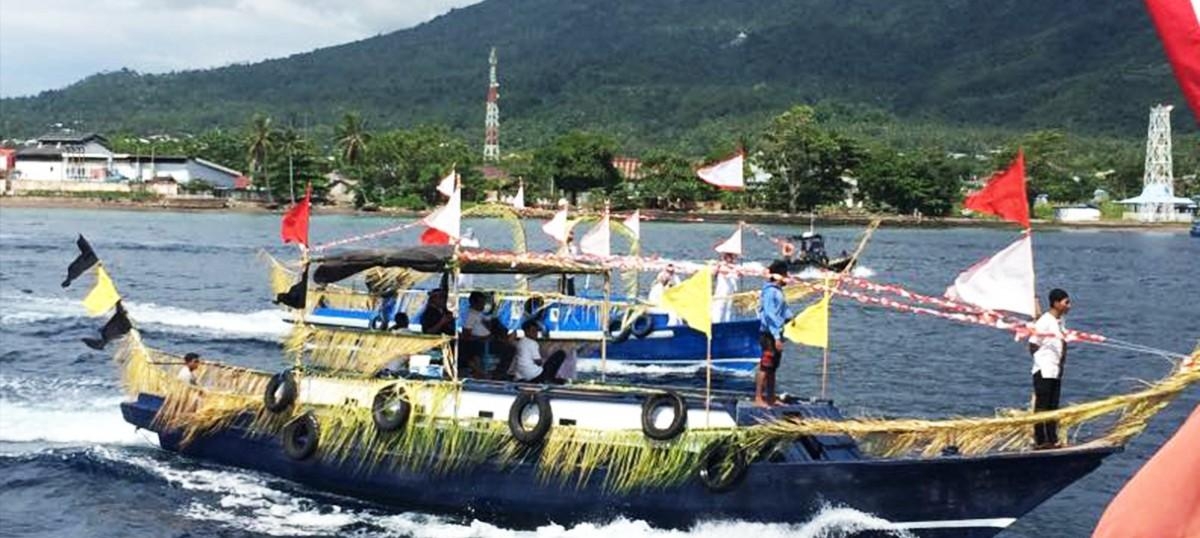
Tidore Festival 2017: Preserving Tidore Island's precious Historic Maritime Heritage

Three WEST JAVA Airports Under Construction Opening Access to Fantastic Attractions
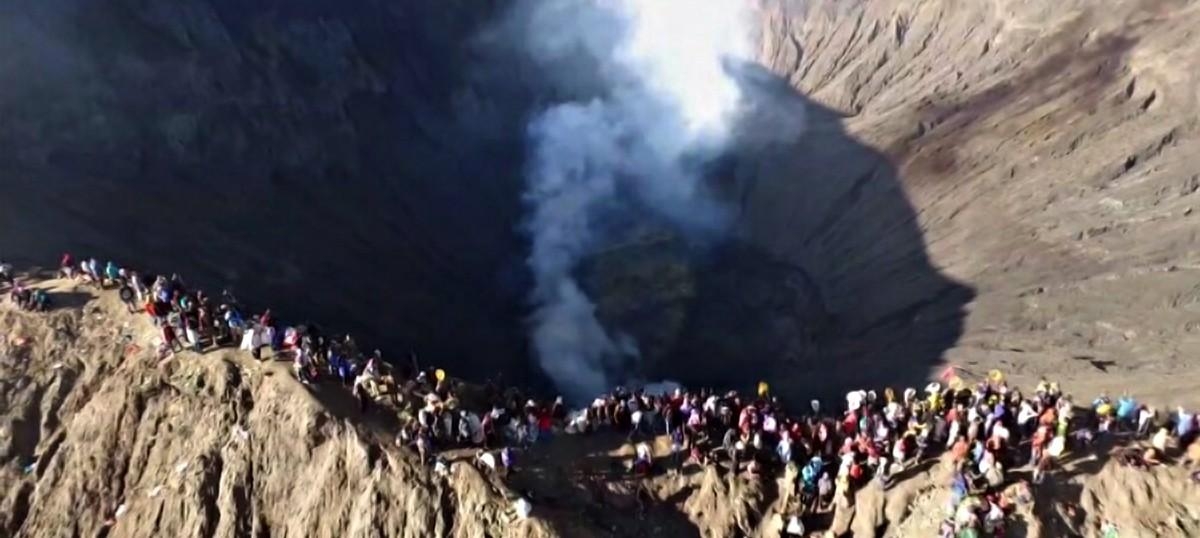
Thousands of Tourists Joined the Yadnya Kasada Ritual at Mt. Bromo’s Crater Rim
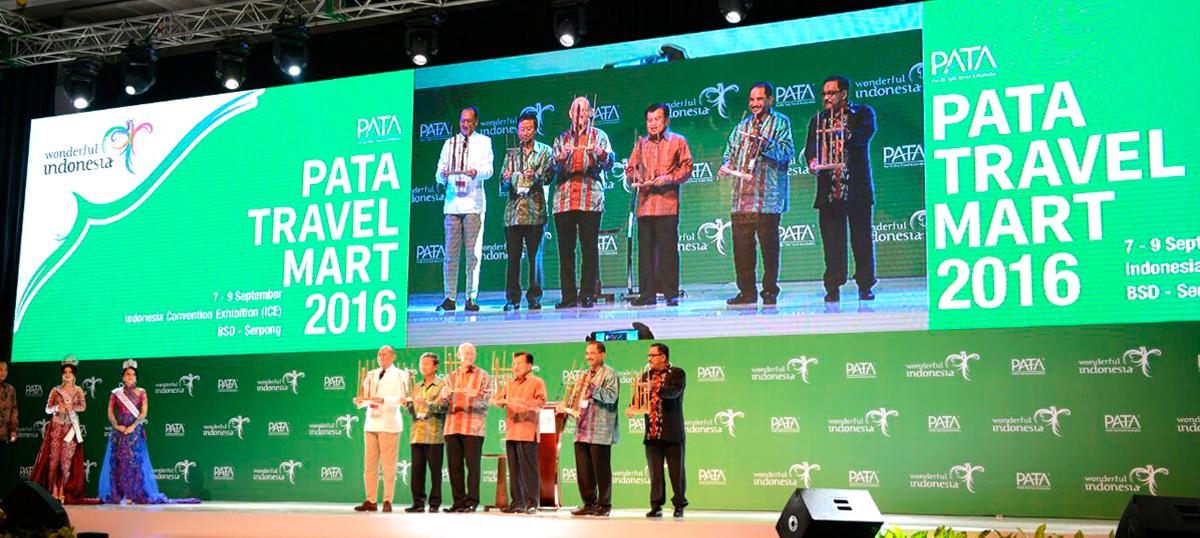
The Prestigious PATA Travel Mart 2016 Officially Commenced
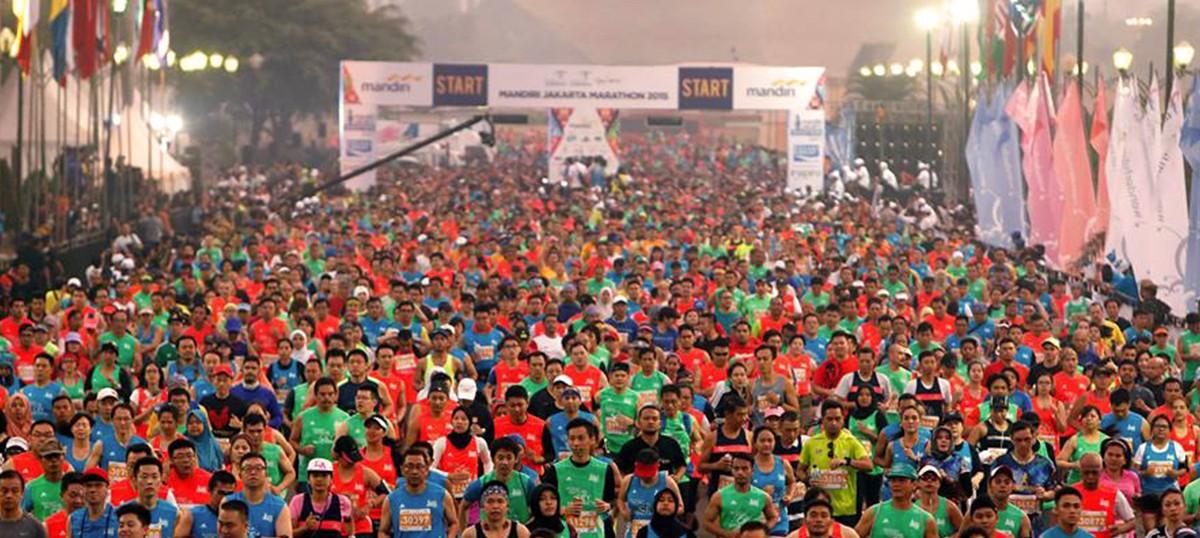
The Popular Mandiri Jakarta Marathon 2016: "Run a Matter of Time"
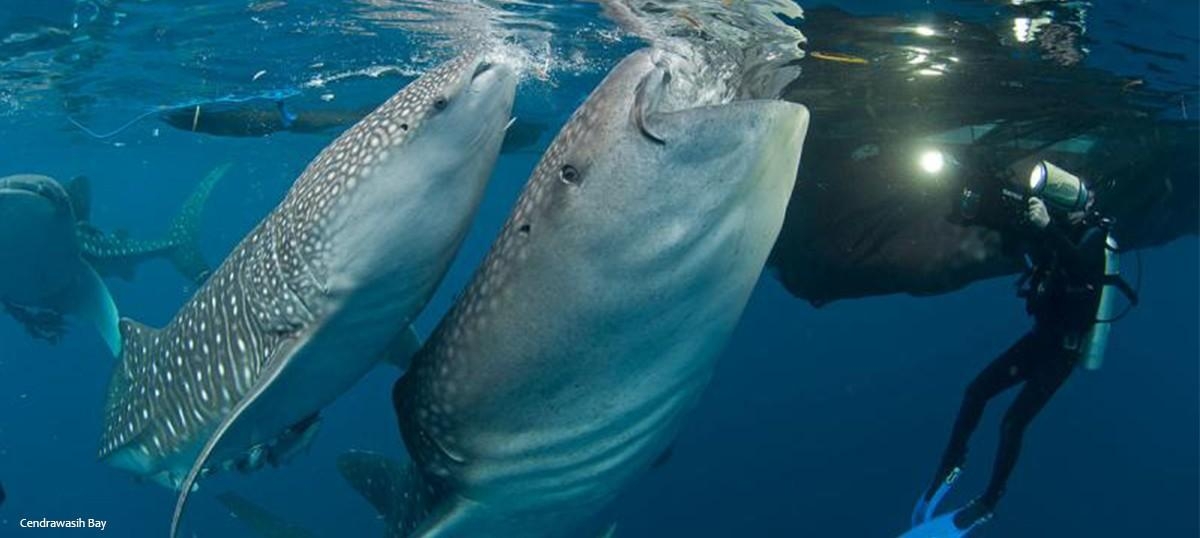
The Magnificent Seven: Indonesia’s 7 Remarkable MARINE NATIONAL PARKS

THE KEEPERS: CNN Introduces Guardians of Indonesia’s Rich Cultural Traditions

The Joy of LALALA Festival amidst Lembang ‘s Fragrant Pine Forest

The ‘Indonesian Weekend’ popularized Indonesian Culture and Flavors at Potters Field, London
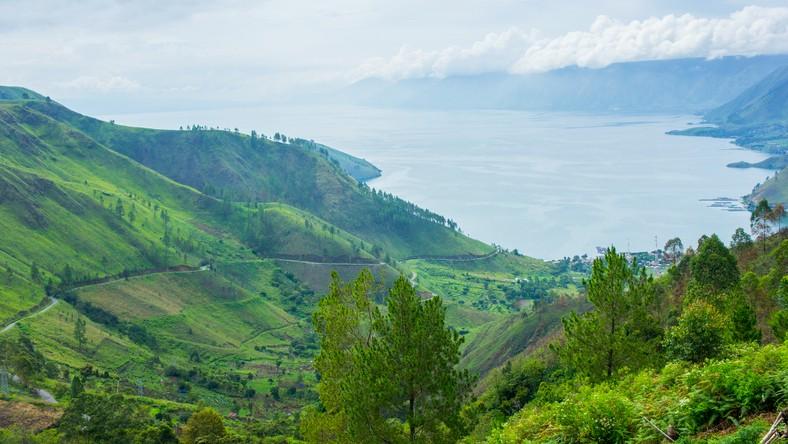
The Greatest Caldera Ride: Unveiling the Stunning Beauty of Lake Toba

The Fascinating Gawai Dayak Week 2016 Cultural Festival in Pontianak

The Exciting Amazing Race Asia to Feature Indonesia Destinations
The dazzling Sri Baduga Fountain Park: Purwakarta’s brand new Icon

The Color Run 5K Jakarta: The Happiest 5K on the Planet

The Archipelago Culinary Festival 2016: A Fiesta of Traditional Indonesian Flavors

The 9th Bali Spirit Festival 2016
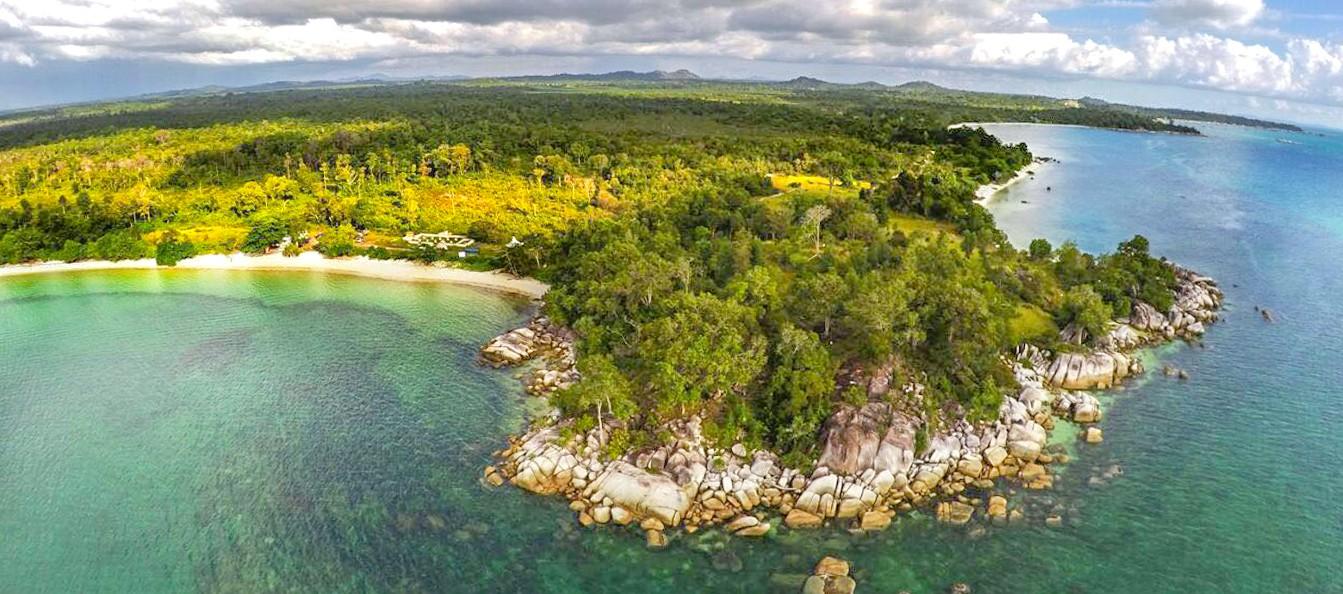
Tanjung Kelayang Belitung Tourism SEZ Takes Off!

Take A Quiz and Win a Trip to Wonderful Indonesia!

“Sumatran Last Tiger” Wins Silver Award at New York Film Festival 2016
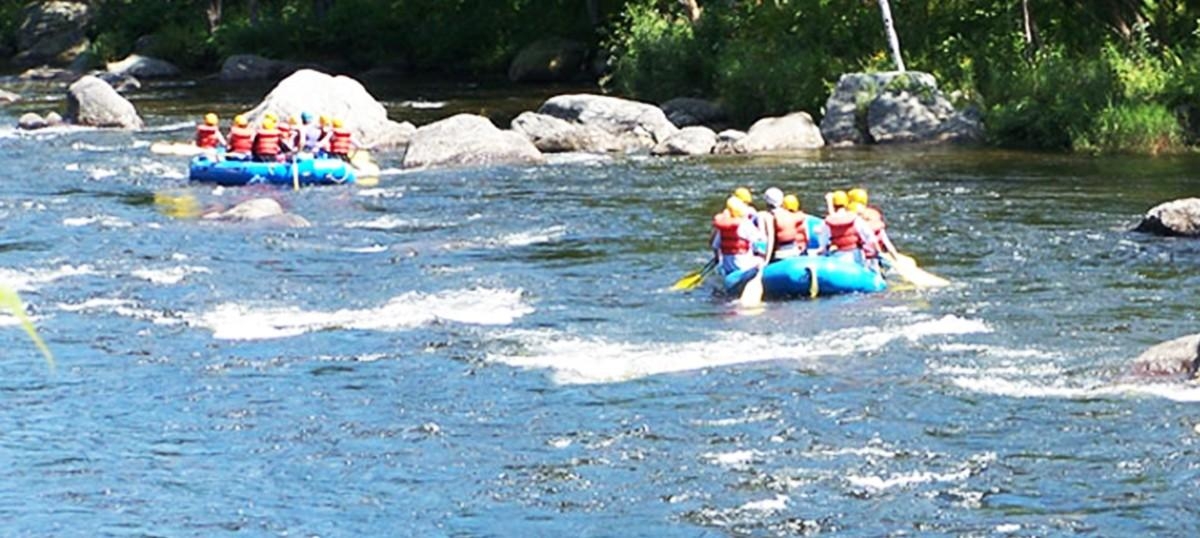
Stunning Tana Toraja Highlands More Accessible: 50,000 Tourists expected in 2017
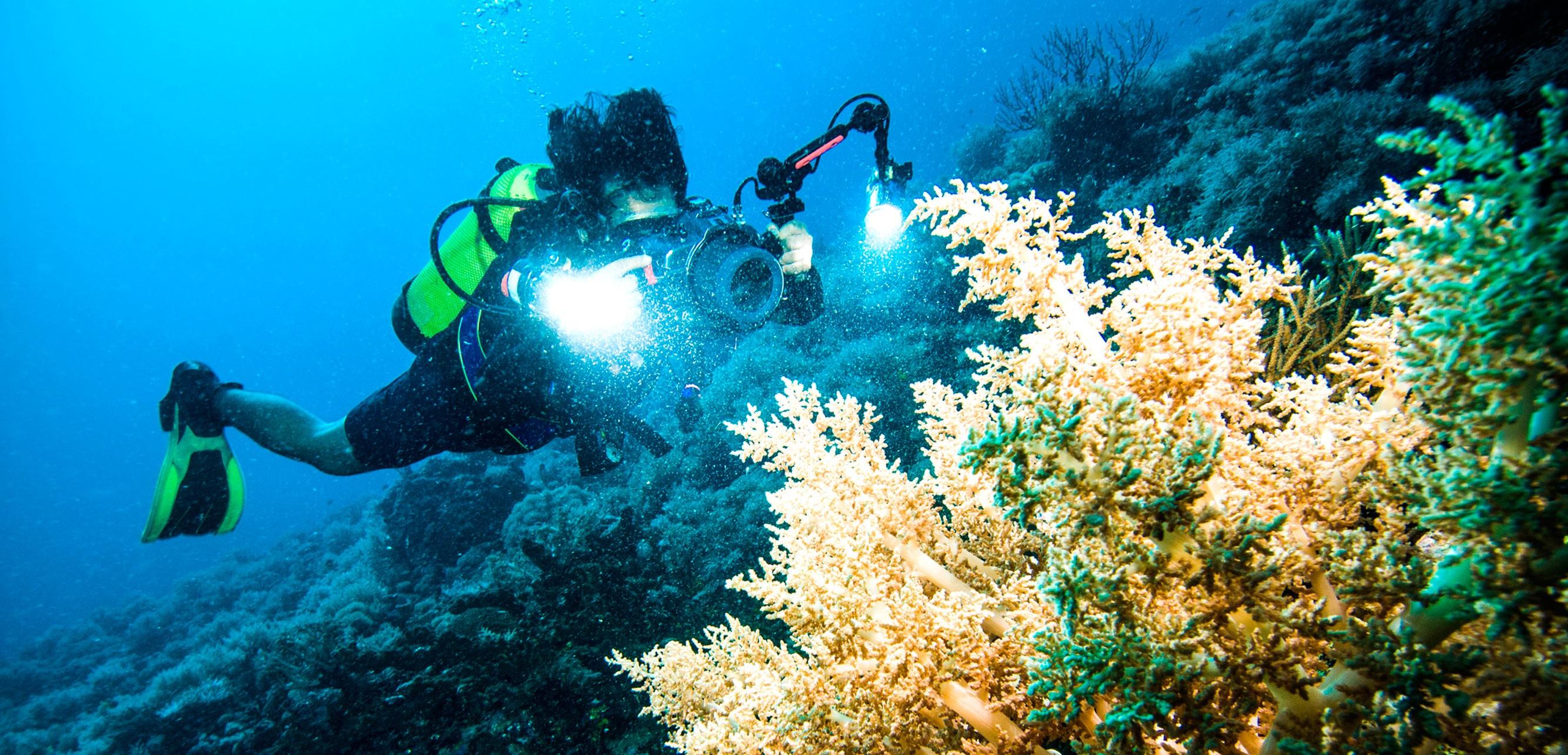
Strong ‘Dive Wonderful Indonesia’ promotion at MIDE 2016
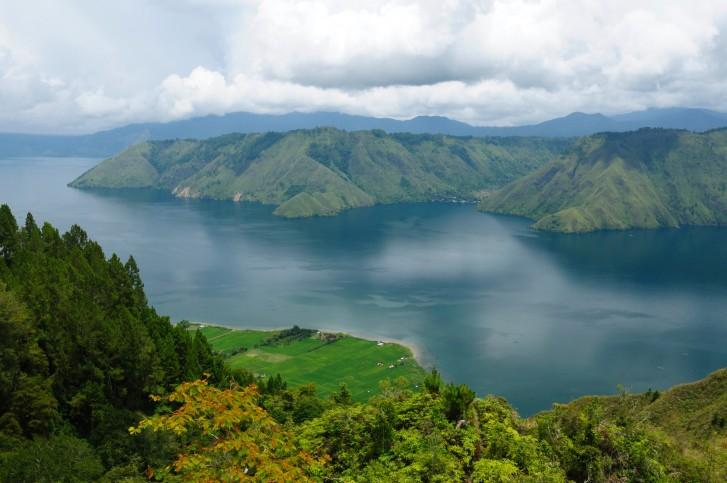
Sriwijaya Air to Fly from Guangzhou to Kualanamu, Medan, and Bintan in the Riau Islands
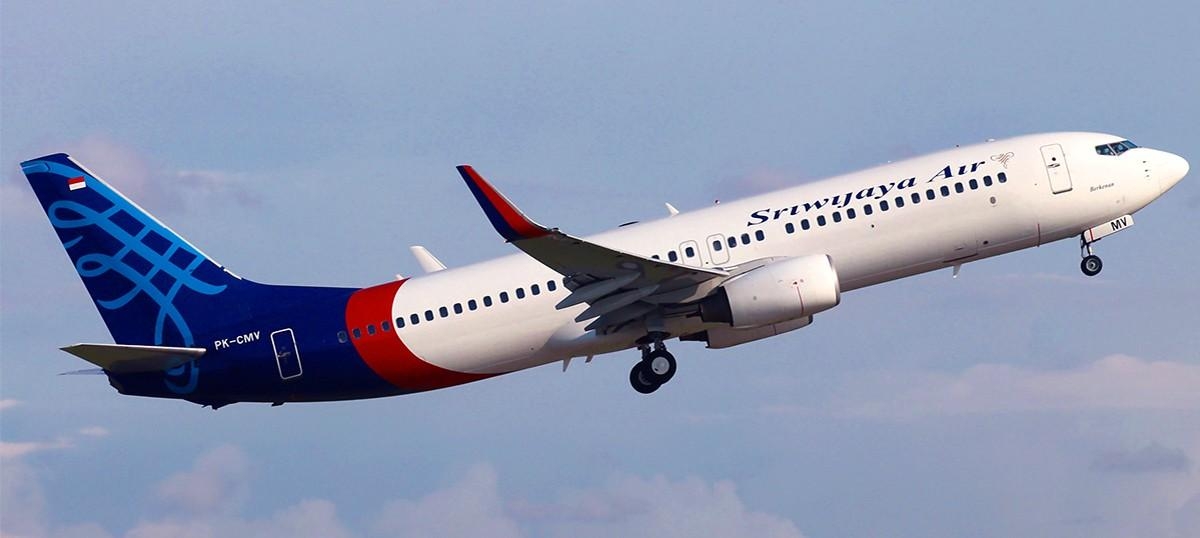
Sriwijaya Air Flies Guangzhou -TARAKAN; Susi Air flies on to MARATUA island
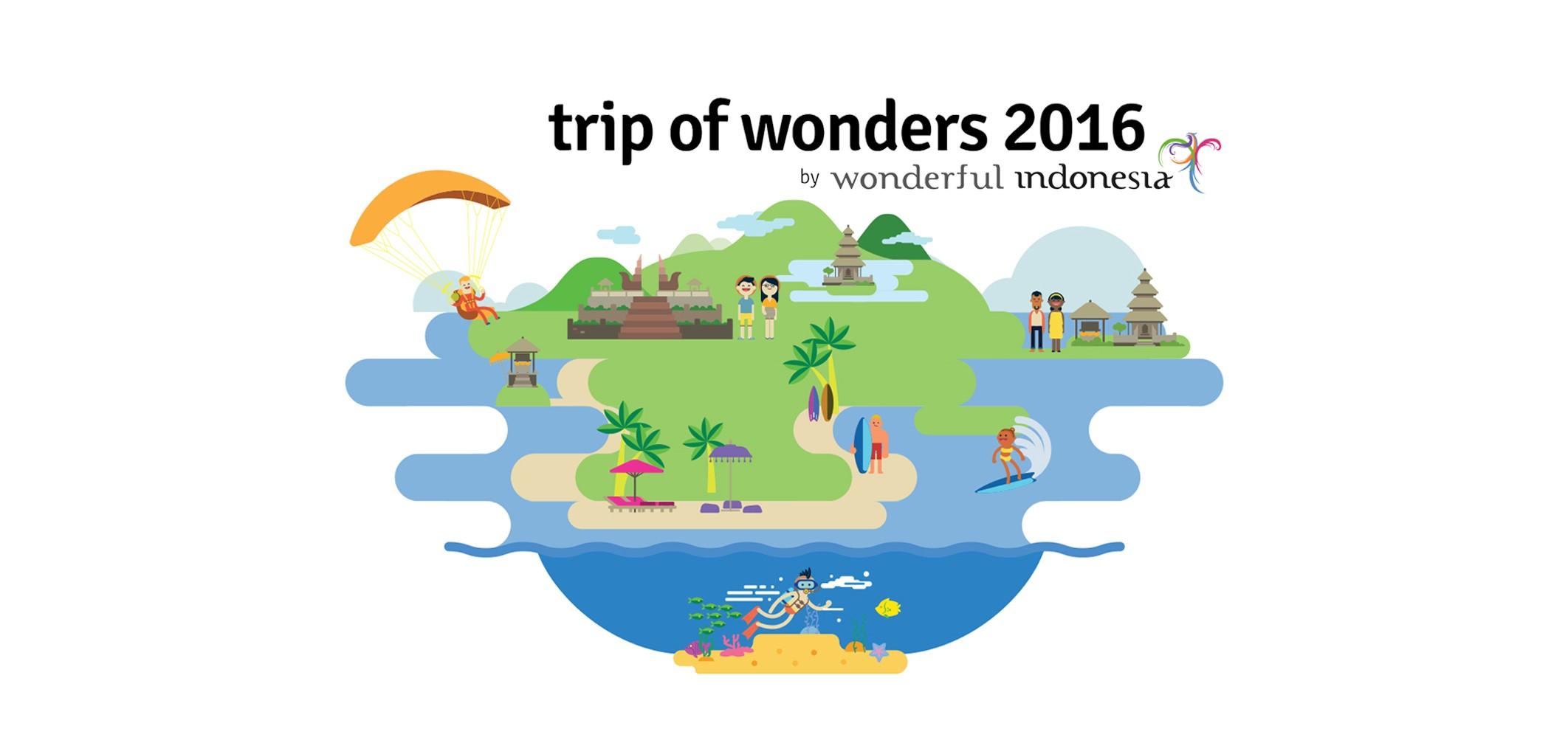
Southeast Asian Globetrotters Invited to a Wonderful Indonesia journey
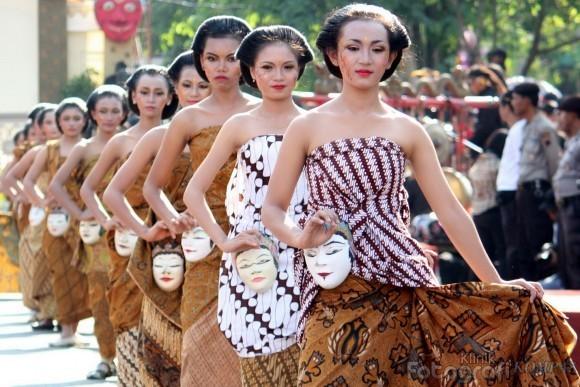
Solo Batik Carnival 2016: “Mustika Jawa Dwipa" - Java's Precious Treasure

“Shrek The Musical” to Enchant Jakarta Audiences May 2016

Riau Calendar of Events 2016 launched: Exciting Events promote Riau mainland

Re-introducing the Wonders of Toraja, Beyond the Enchanting Highland Mist

Rain and Kim Tae-hee to spend their Romantic Honeymoon in Bali

Qatar Airways to Operate Dreamliner on Third Daily Flights Direct to Bali

Promoting Indonesia’s MICE Destinations at IMEX America 2016
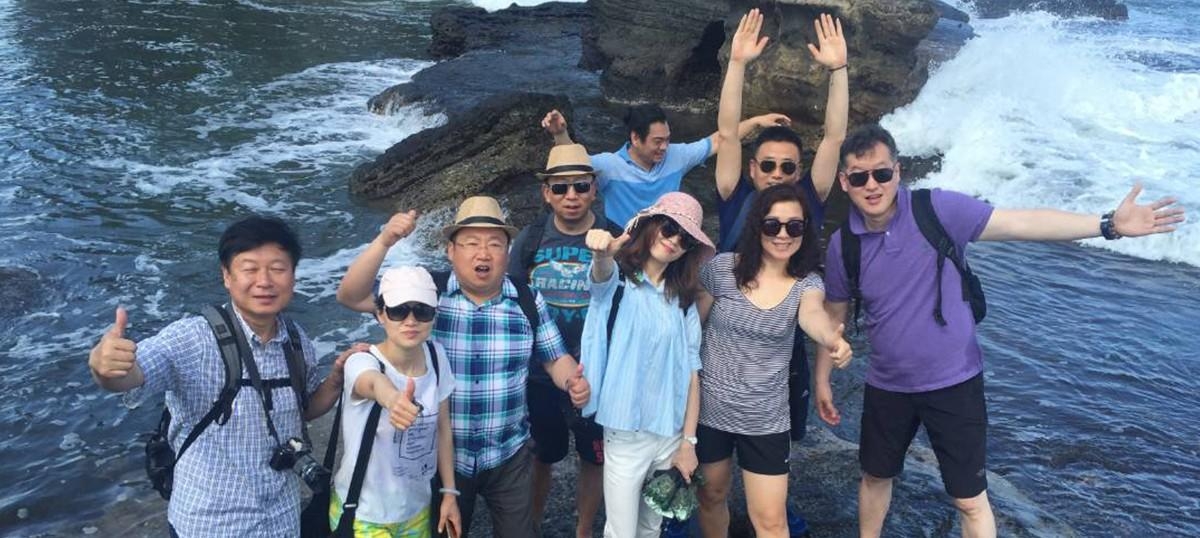
President Jokowi appreciates the 20.38% Tourist Arrivals Rise in 5 months of 2017
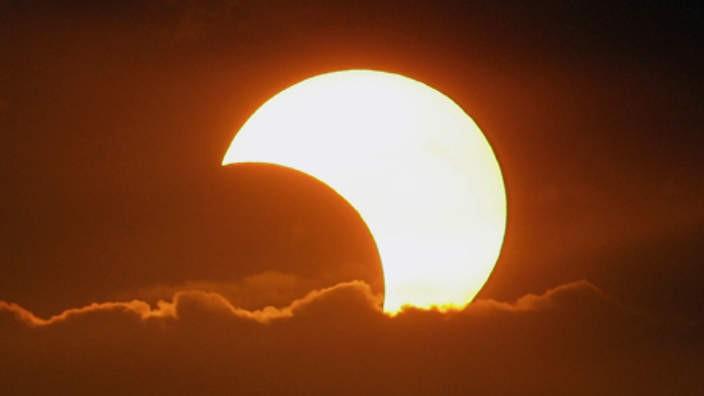
Poso Kawaninya Festival: Celebrating the Total Solar Eclipse
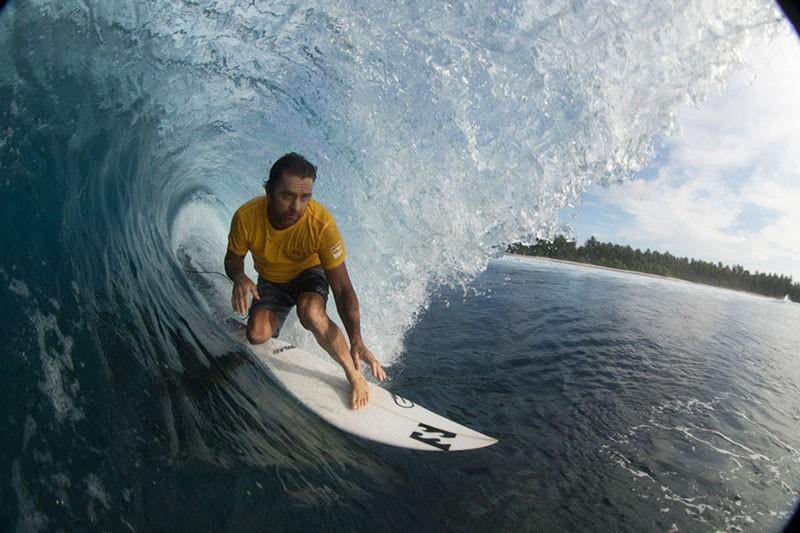
Pesona Mentawai Festival 2016 in Surfers' Paradise
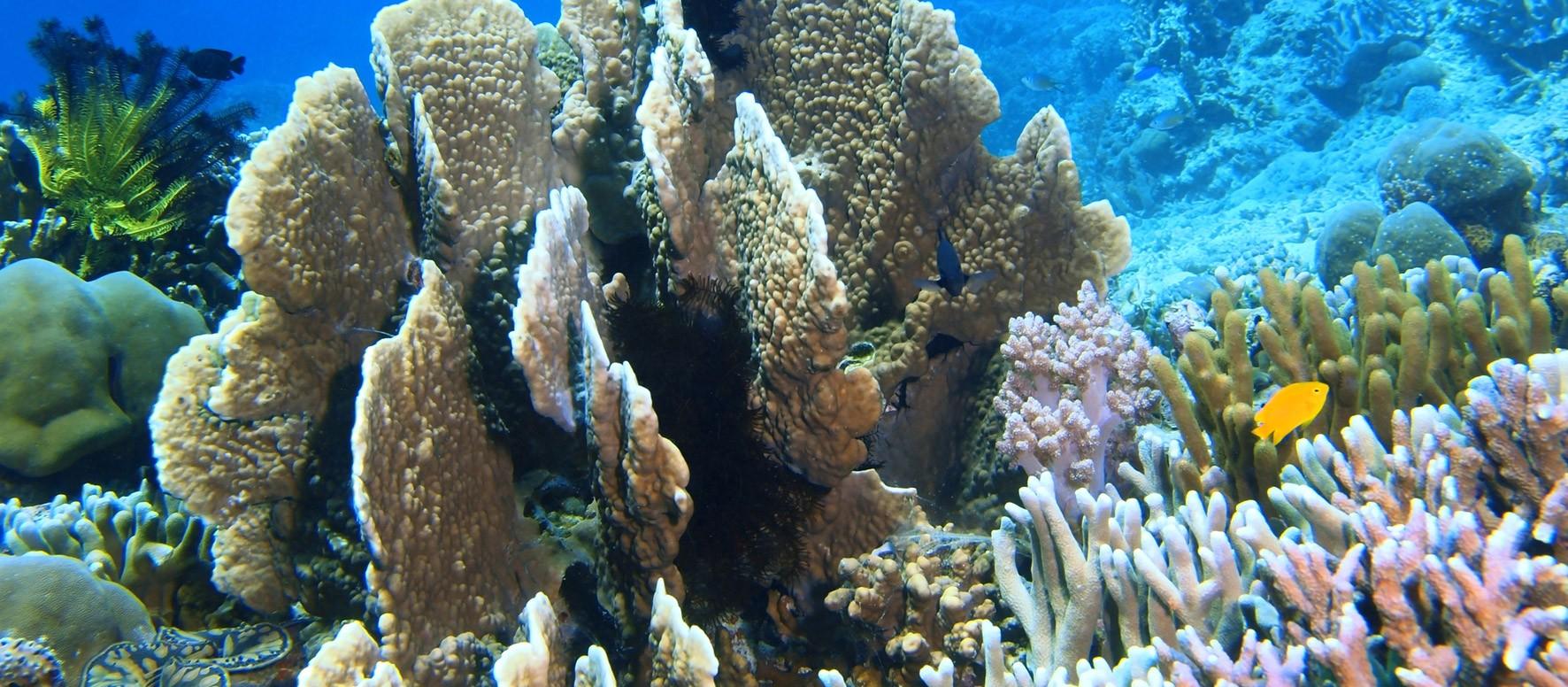
Pemuteran Bali, among Top 10 Best Destinations Asia

PATA Gold Awards 2016: Submission Deadline 29th April 2016
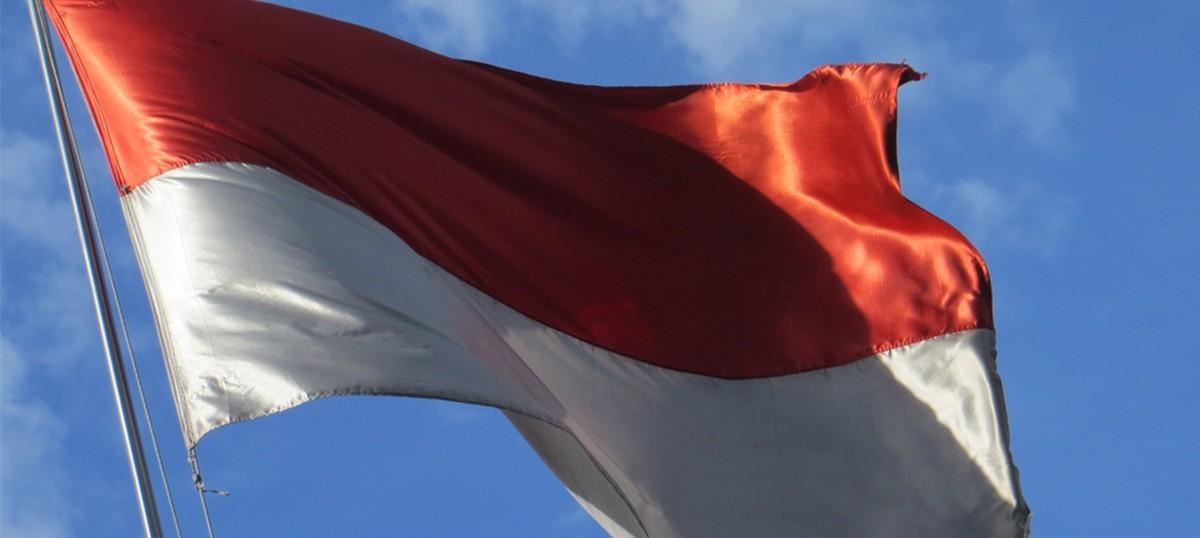
Painting Exhibition from 5 President's Palaces kicks off National Day Celebrations
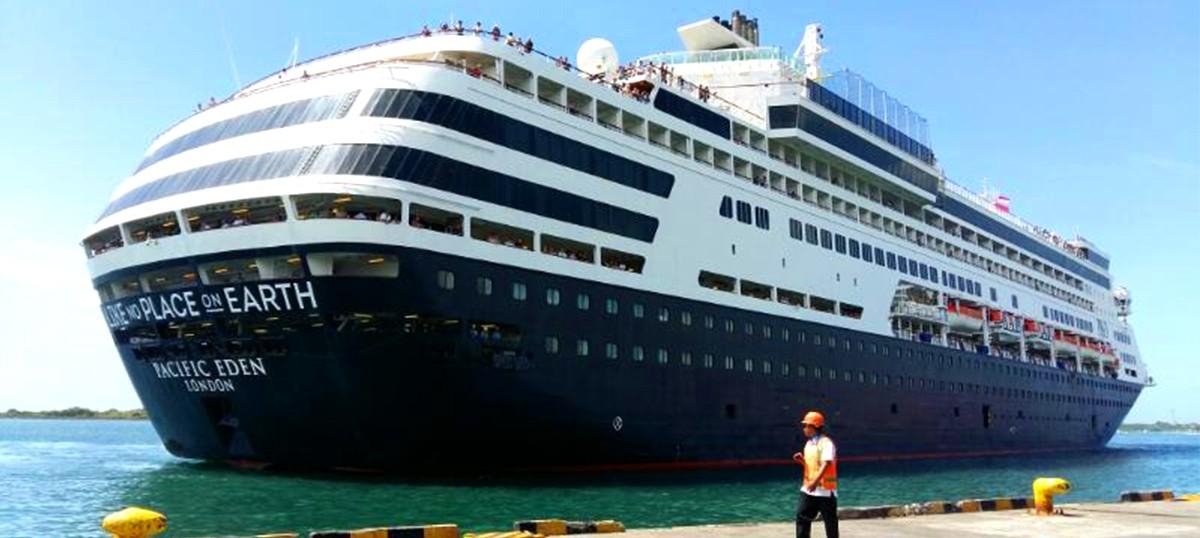
Pacific Eden Cruise Ship FIRST to berth Alongside Benoa Pier Bali
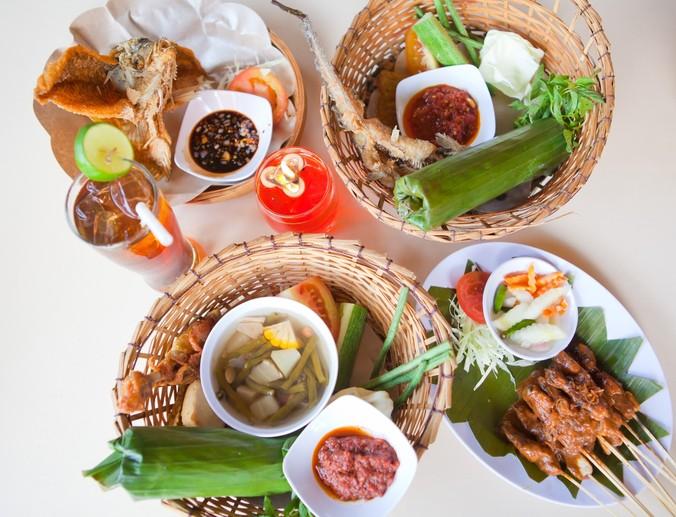
Over 60 Chefs Present the Ubud Food Festival 2016

Opportunity to Watch the Partial Solar Eclipse at Jakarta's Planetarium
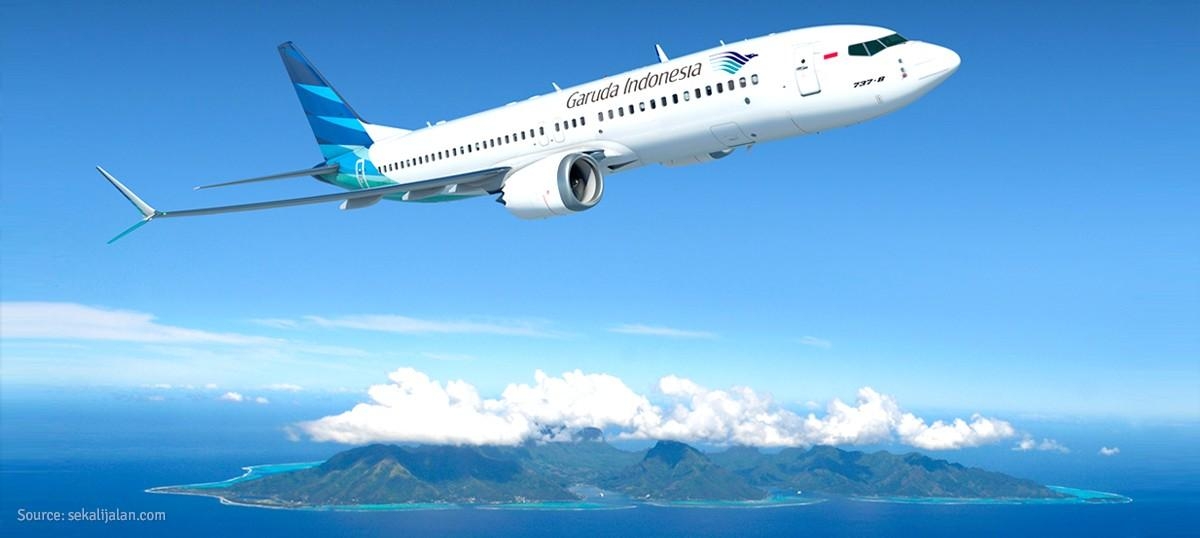
On 1 May 2017: ALL GARUDA International Flights Destination JAKARTA moved to TERMINAL 3
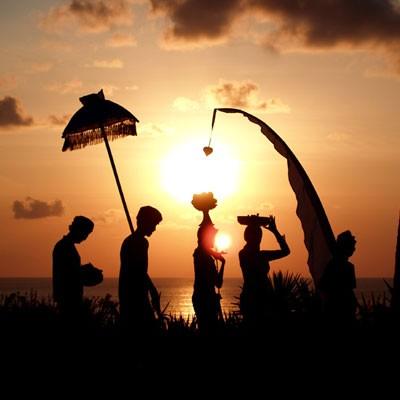
Nyepi: Bali’s New Year's Day of Complete Silence
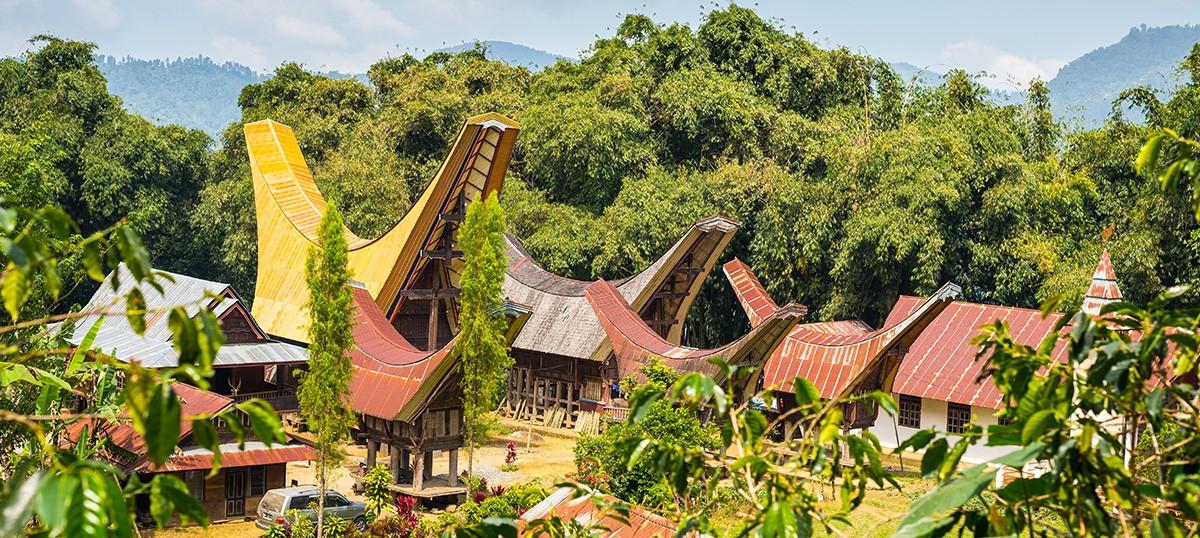
Now Fly to stunning Toraja Highlands from Makassar in one hour only
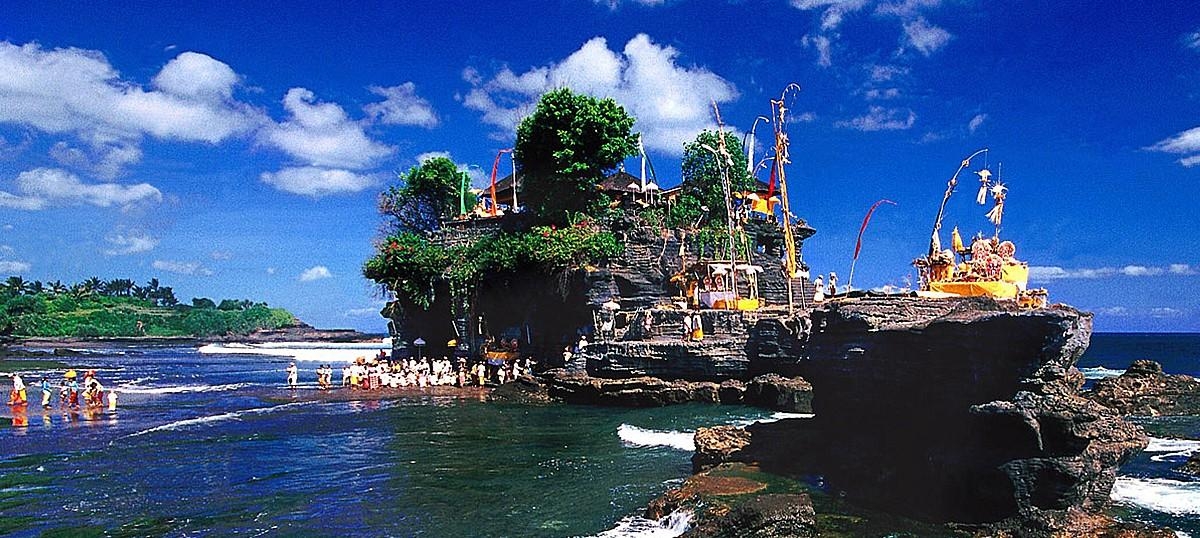
Now Fly MUMBAI to Breathtaking BALI by AIR ASIA X
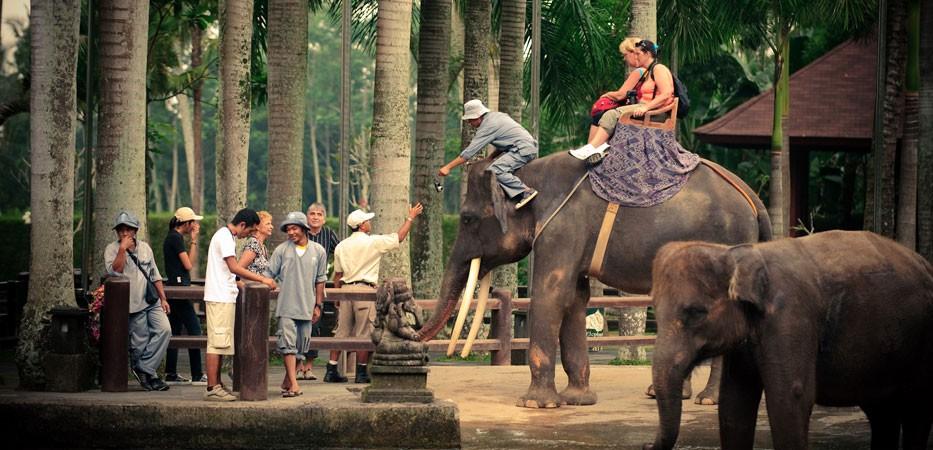
NOW Explore Bali and Jakarta in 360 Virtual Reality Videos
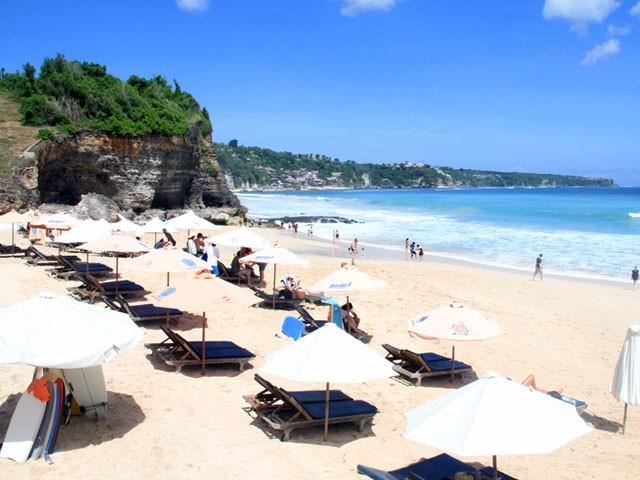
NOW Australia and Brazil among countries given Free Visa for Short Stay in Indonesia

Nishi Keijiro, Winner of Krui International Surfing Competition 2017 in Lampung

Nihiwatu Sumba Resort: World's Best Private Hotel
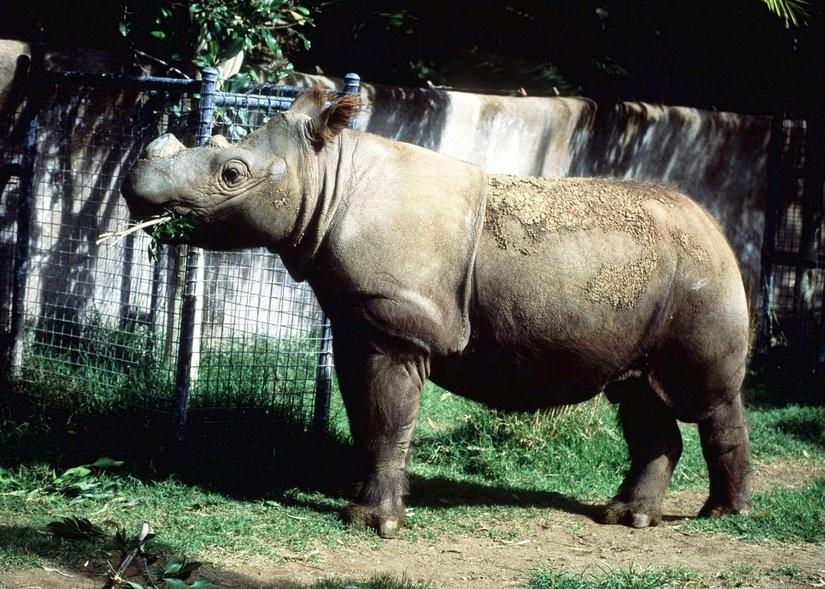
Near-Extinct Sumatran Rhino born at Lampung Wildlife Sanctuary
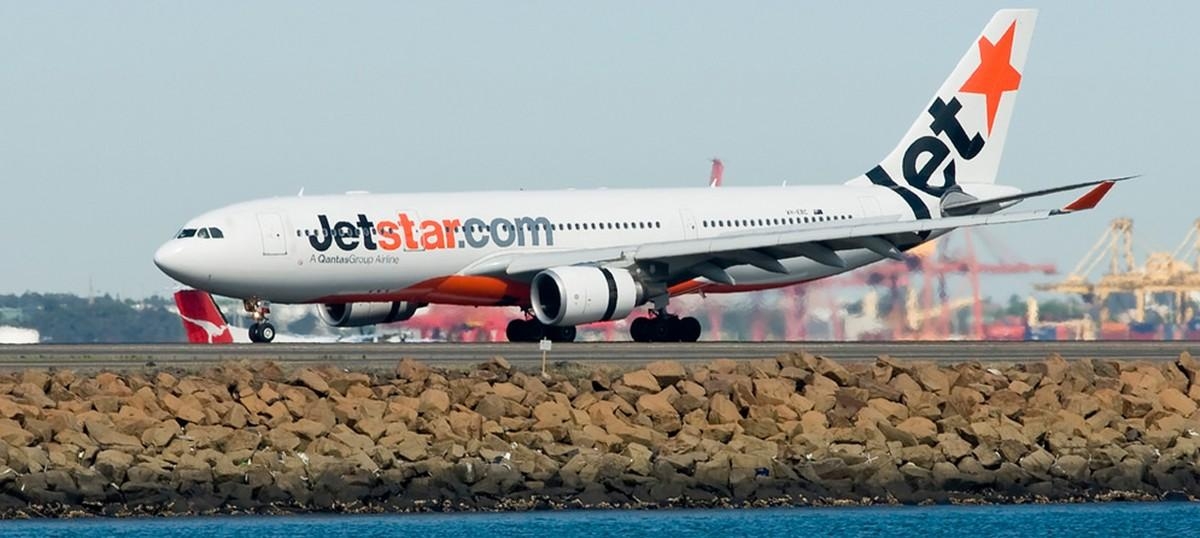
More JETSTAR Flights to Indonesian Destinations in the Offing
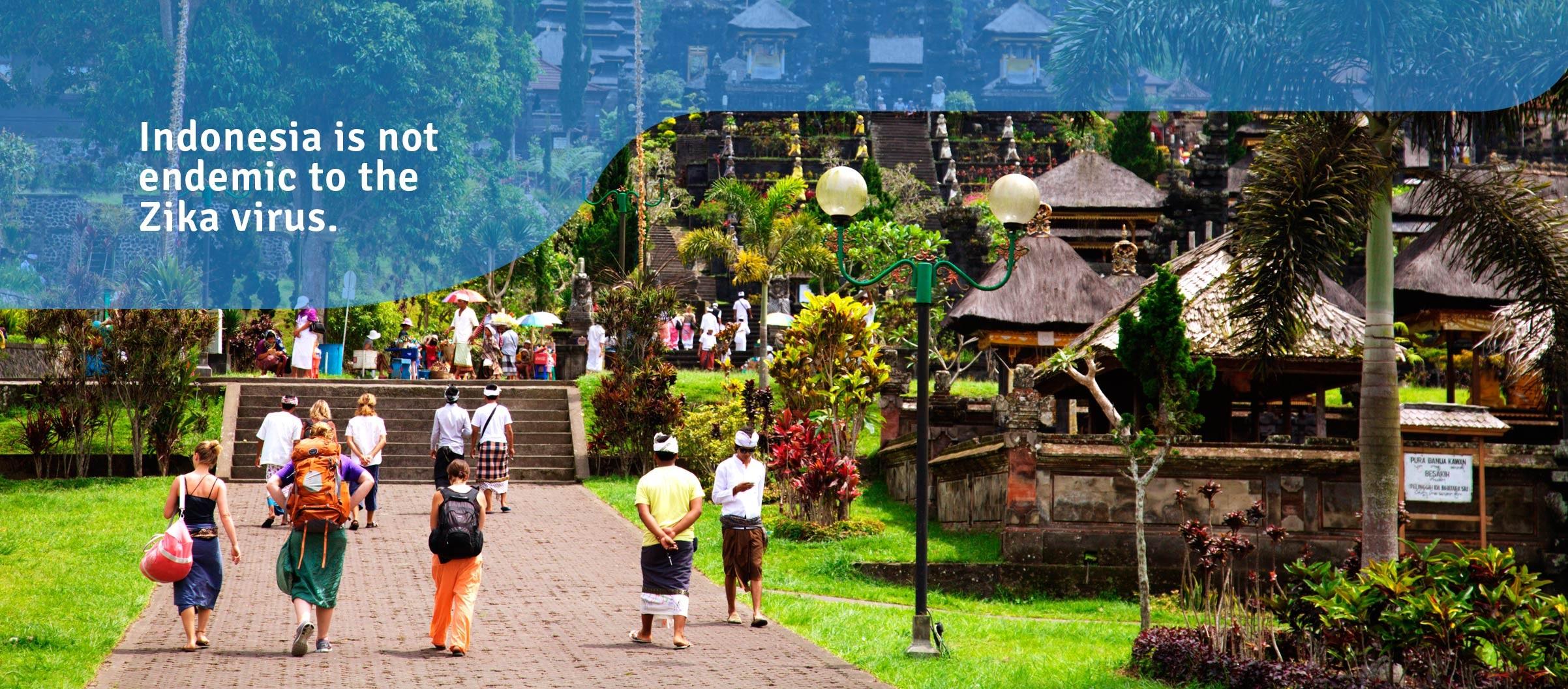
Ministry of Health emphasizes: Indonesia is NOT Zika Virus Endemic
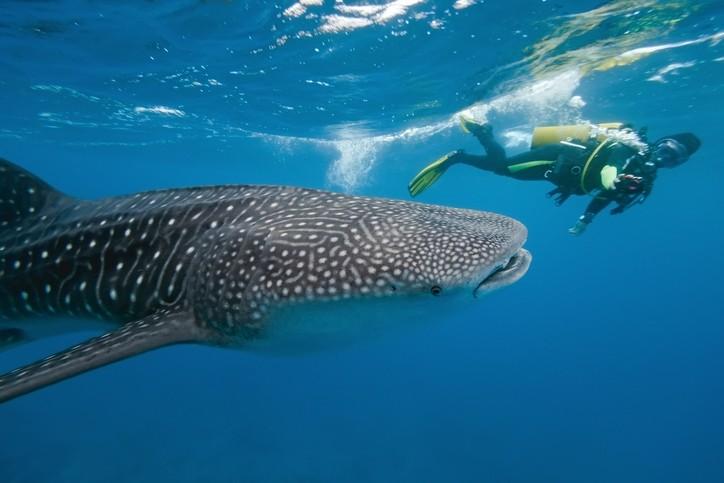
Migrating Whalesharks Linger in Indonesian Waters: Love Them, Do Not Touch Them
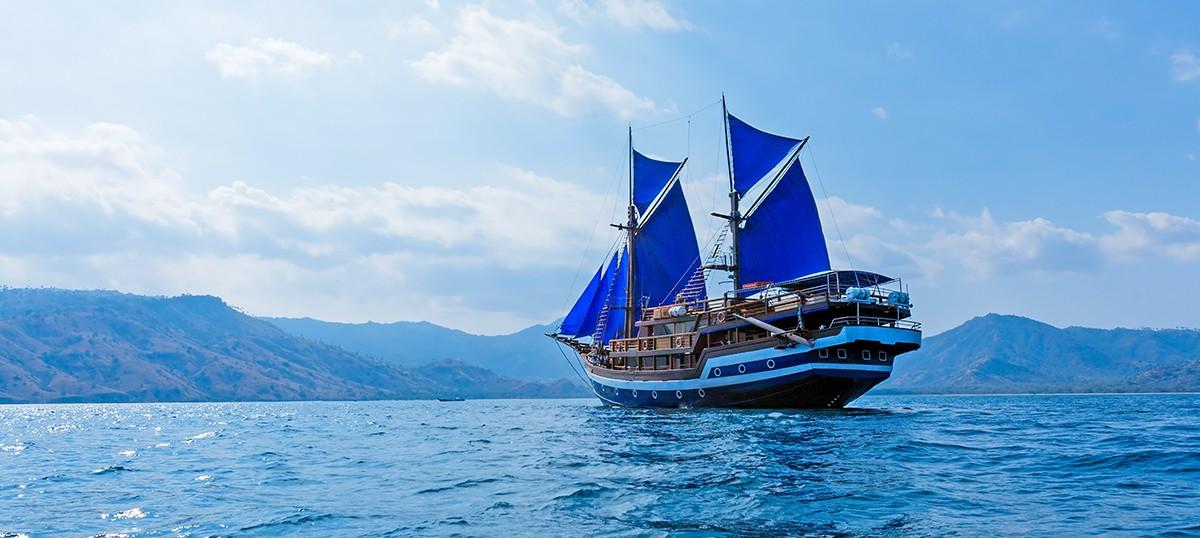
MAUMERE visited by 58 international yachts in Wonderful Sail 2 Indonesia 2017
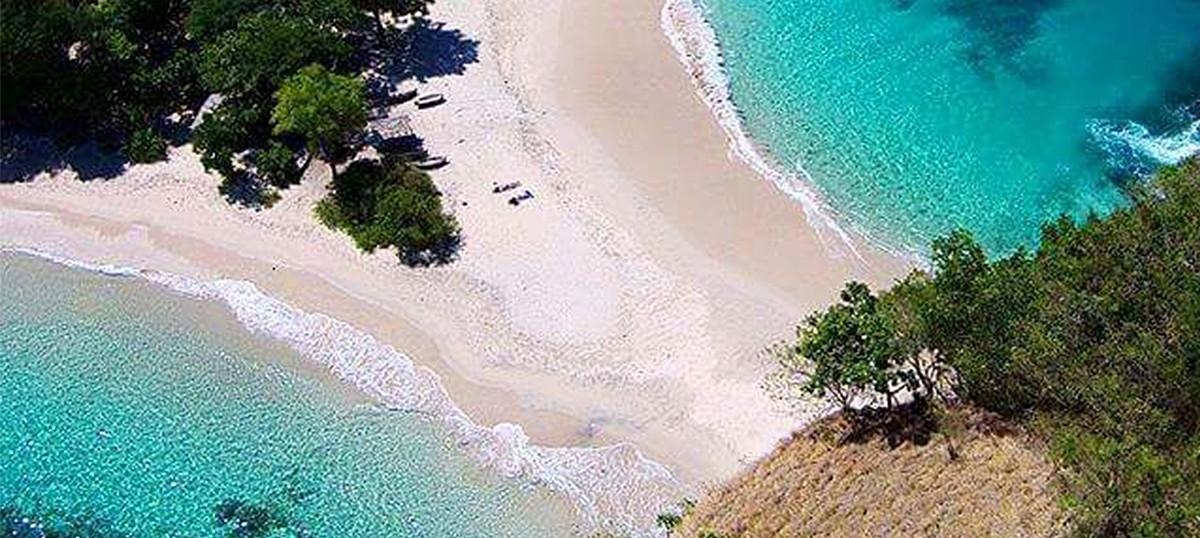
MAUMERE : Dive, Climb Mt. Kelimutu and celebrate Easter at Larantuka

Manado, Second Most Popular Destination for the China Market
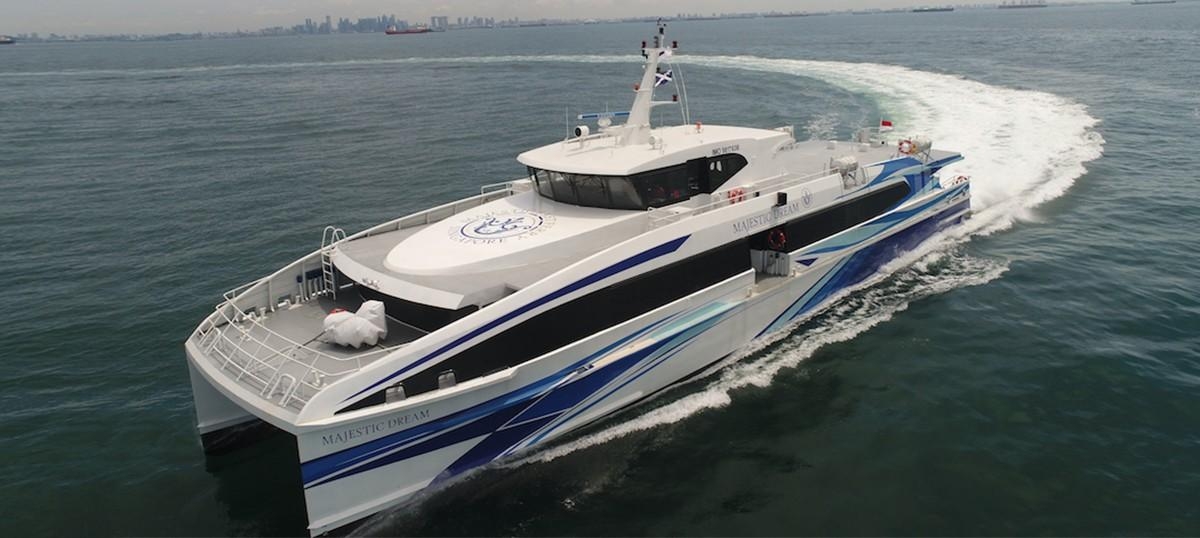
MAJESTIC DREAM: The Latest Luxurious Ferry to Serve BATAM-SINGAPORE with 317 Seats
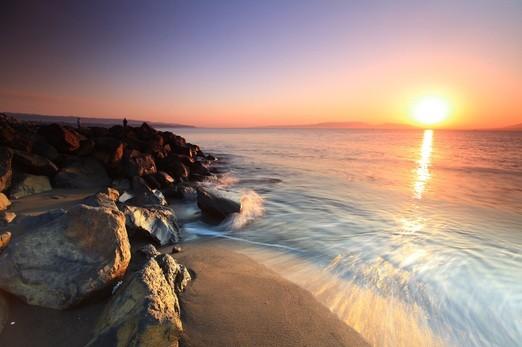
Majapahit Travel Fair 2016 in Surabaya
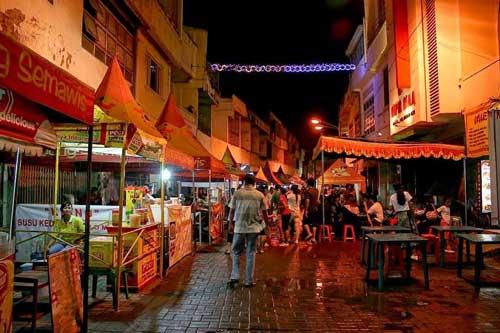
Lunar New Year Festivities at Semawis, Semarang 2016
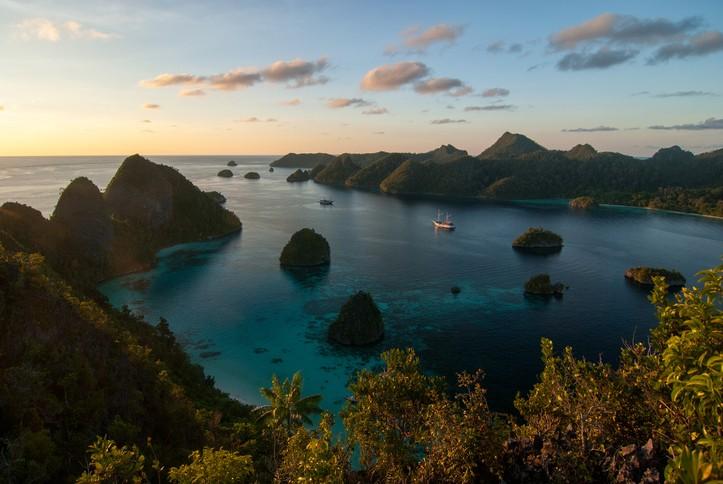
Londoners to enjoy a “Wonderful Indonesia Weekend” at Potters Field by the Thames
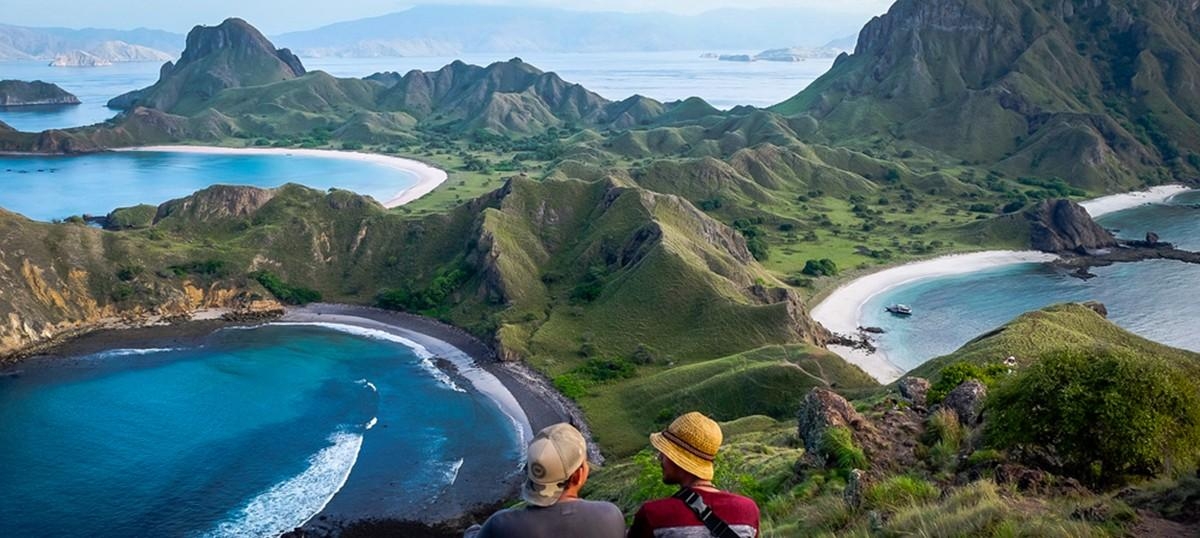
LOMBOK and LABUAN BAJO-KOMODO to CLEAR GARBAGE on Land and Sea
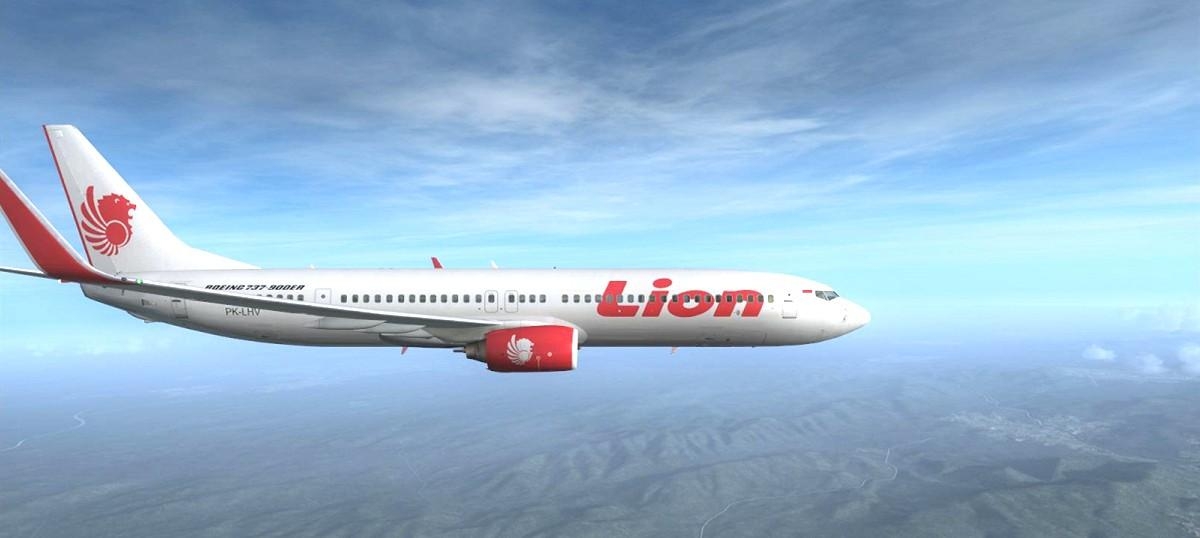
Lion Air starts Scheduled Direct Charters from Changsha, China, to BATAM Island
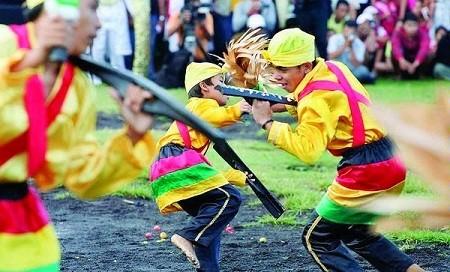
Legu Gam Festival 2016 on Ternate
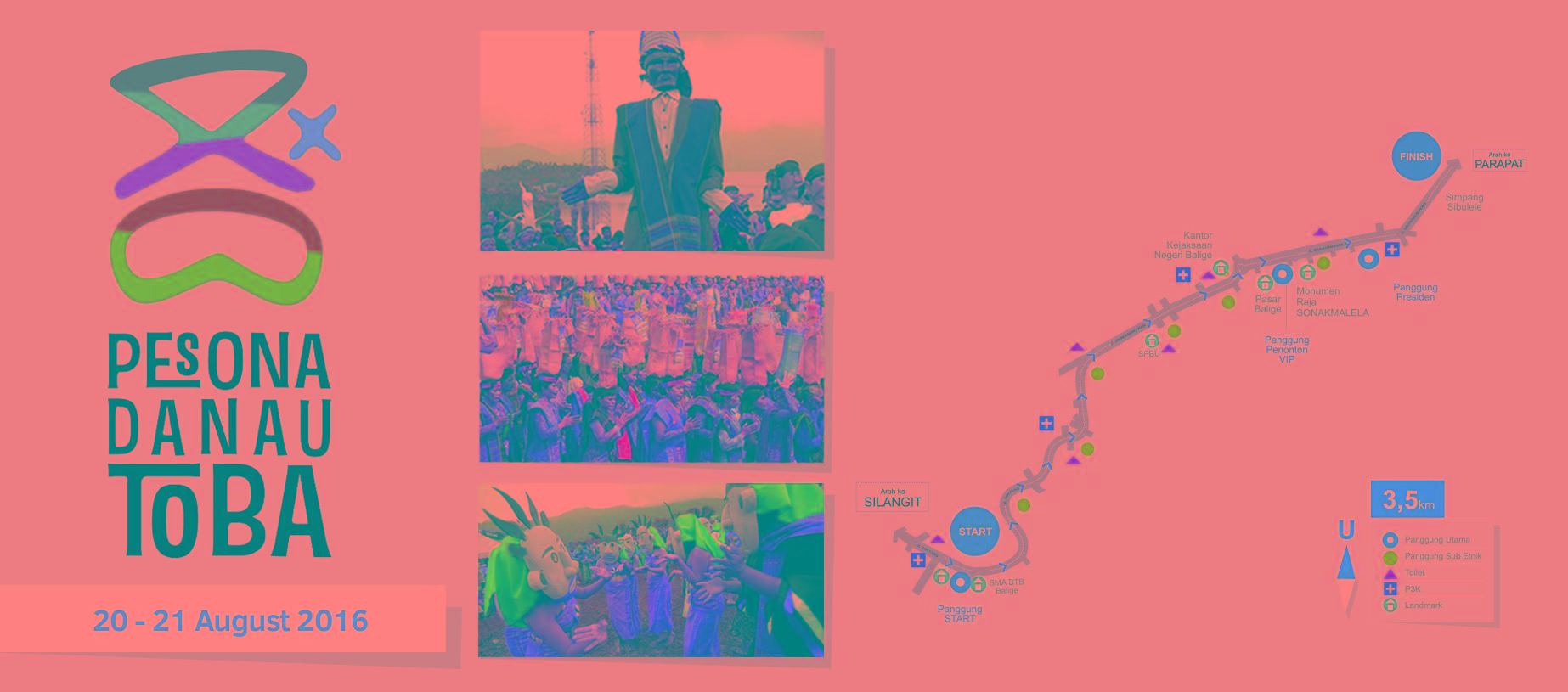
Lake Toba Independence Day Carnival 2016: Wonderful Ethnic Traditions to Contemporary Music

Lake Toba developed as a Top Ecotourism Destination

KING SALMAN of SAUDI ARABIA waves Farewell to BALI after Extended Holiday

King Salman of Saudi Arabia and entourage to Stay for Holiday in Bali

Join the eventful Jogja International Air Show 2017
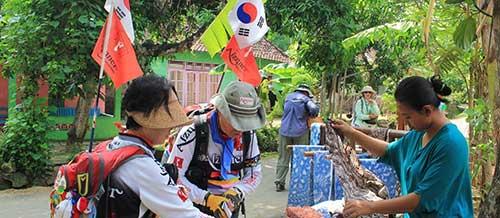
Jogja International Heritage Walk 2016
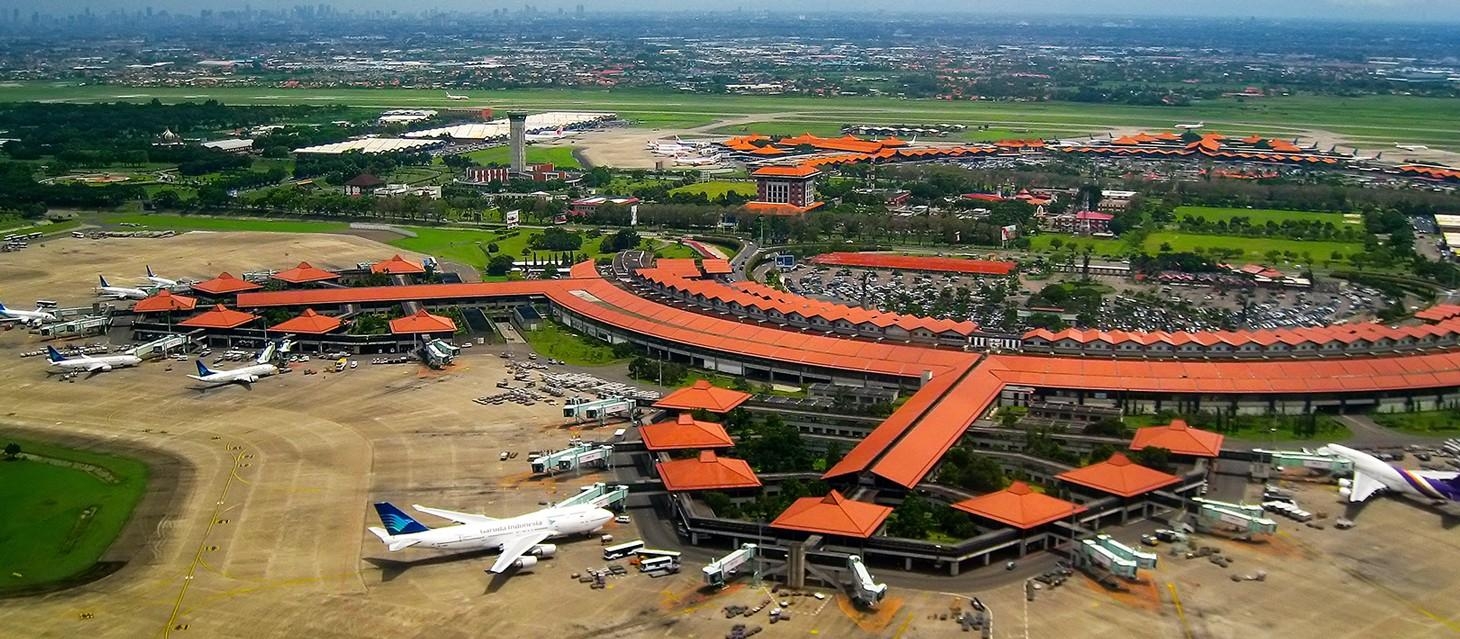
JAKARTA SOEKARNO-HATTA International Airport wins SKYTRAX WORLD’S MOST IMPROVED AIRPORT 2017
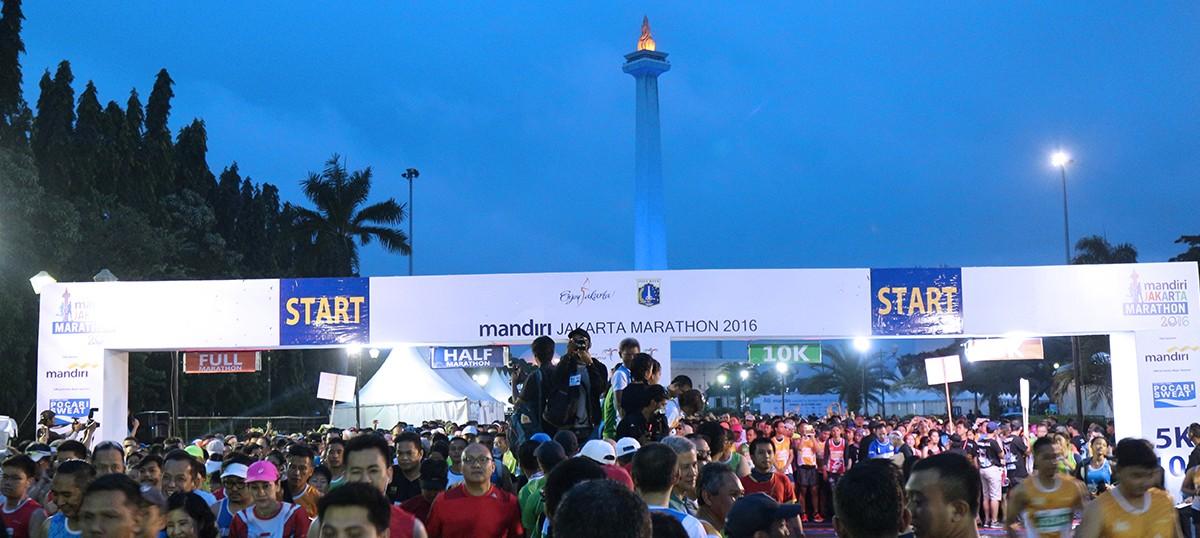
Jakarta Marathon 2016: 16,000 Runners Thronged Across Jakarta Streets

Jakarta Life returns to Normal morning after massive demonstrations

Jakarta International Java Jazz Festival 2016

Jakarta Great Sale 2016: The Ultimate Shopping Fiesta of the Capital

Jakarta Fair Kemayoran 2016: The Largest and Most Festive Fair in Indonesia
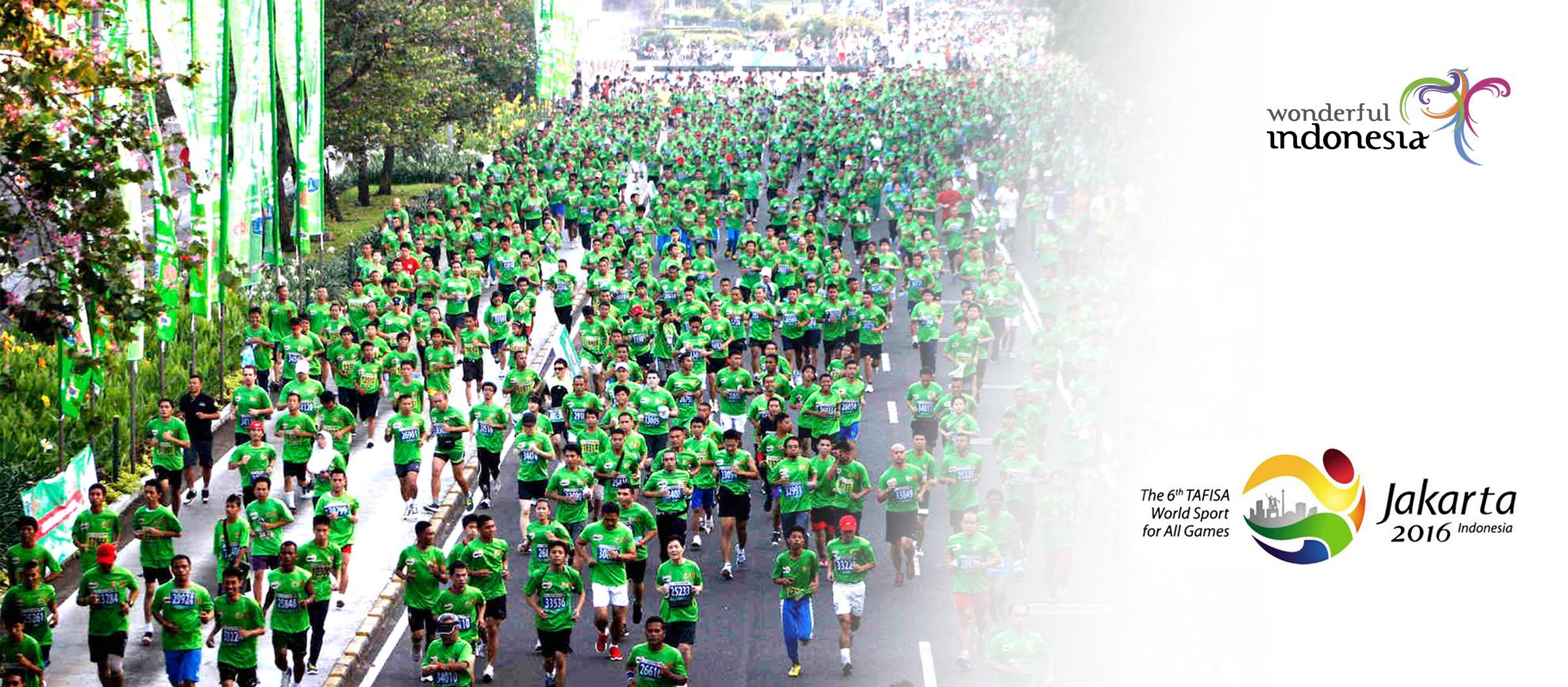
Jakarta Ancol Dreamland: Site of 6th TAFISA 2016 this October
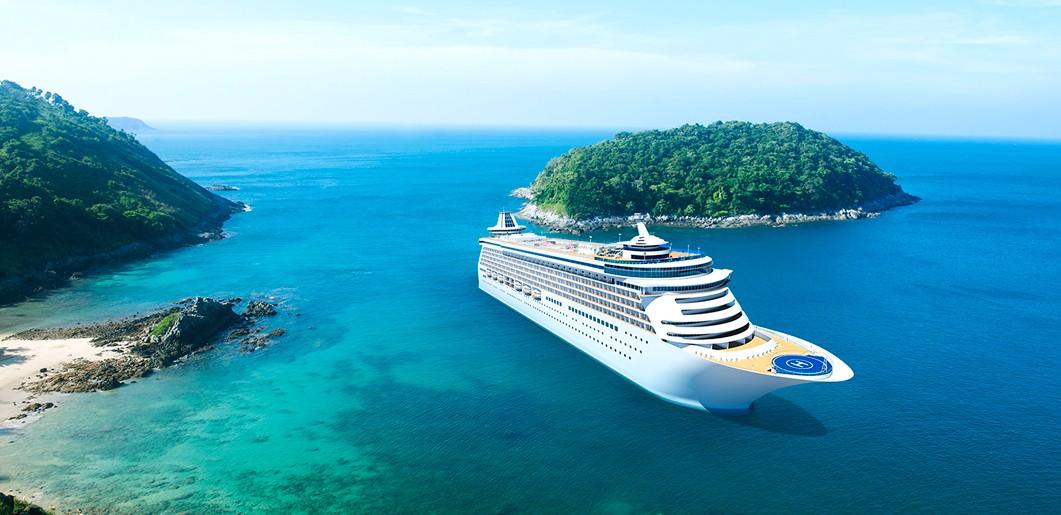
Indonesian Seas Open to International Yachts and Cruises

Indonesia wins PATA Gold Award for Total Solar Eclipse Campaign
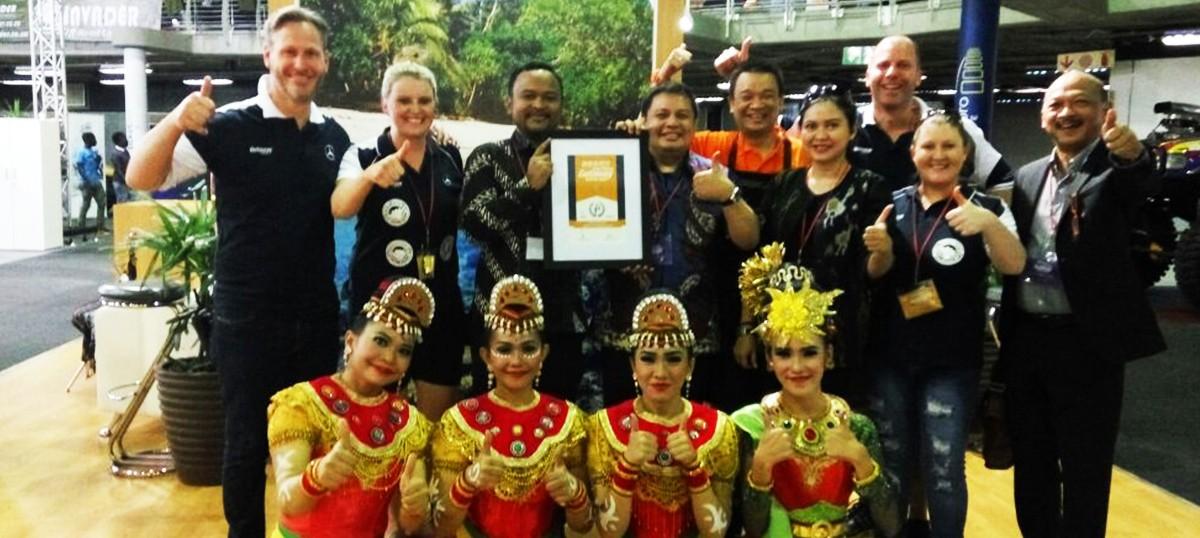
Indonesia Wins 2 Top Awards at the Getaway Show Africa in South Africa

Indonesia Wins 2 Awards at Travel Tourism Exhibition 2016 Sydney
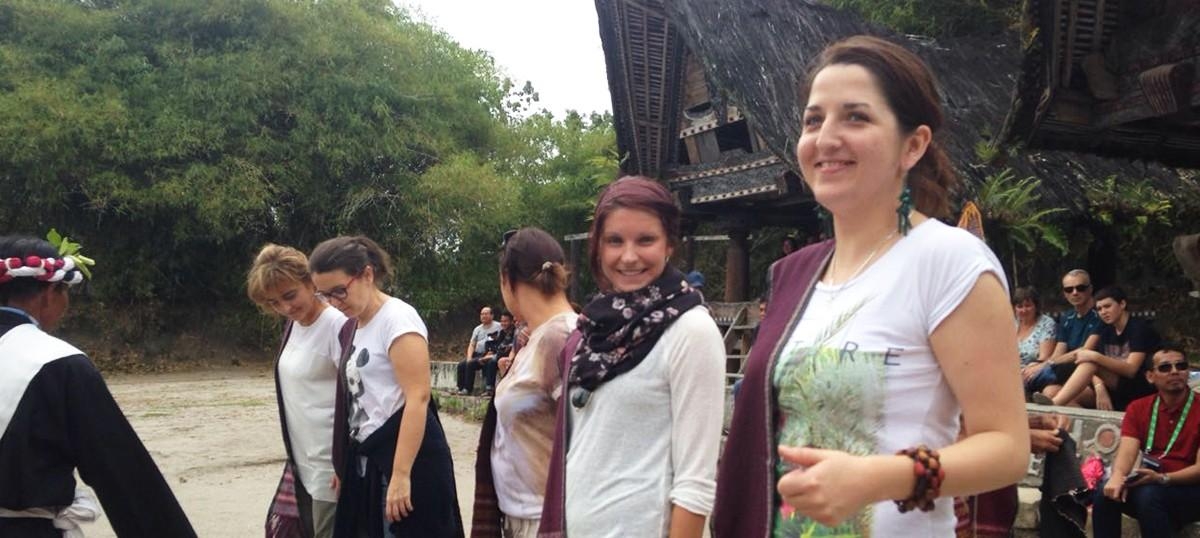
Indonesia Tourist Arrivals in 2016 reaches 12.023 million Goal, surges 15.54%
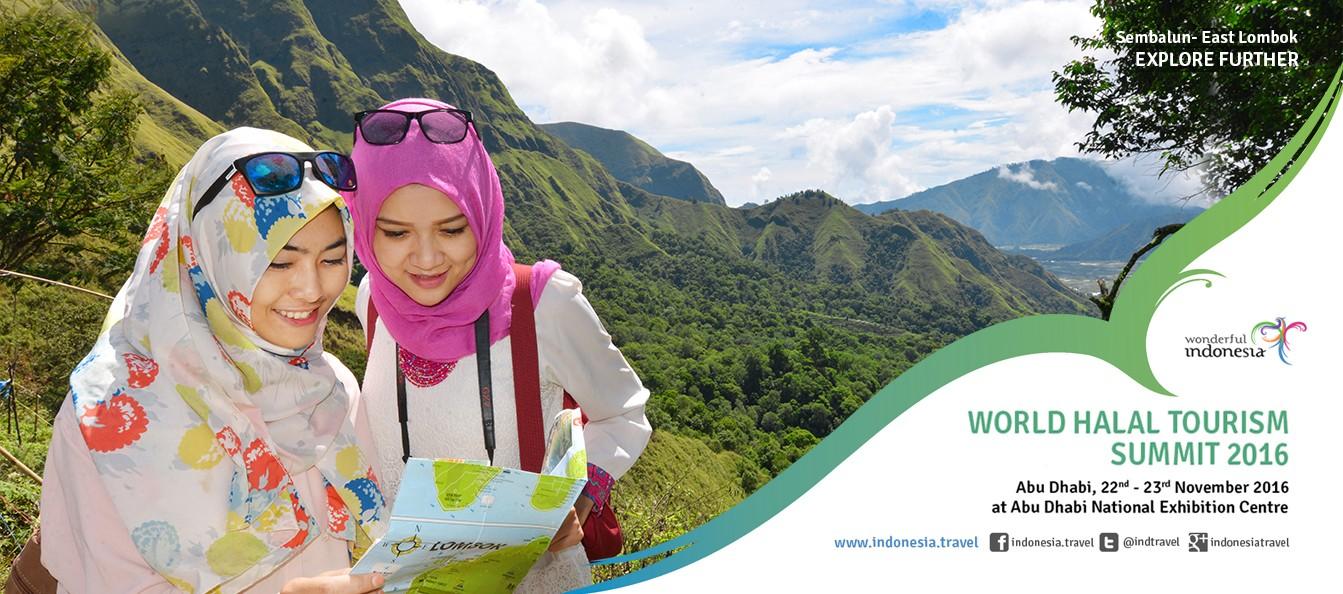
Indonesia to Participate in World Halal Tourism Summit 2016
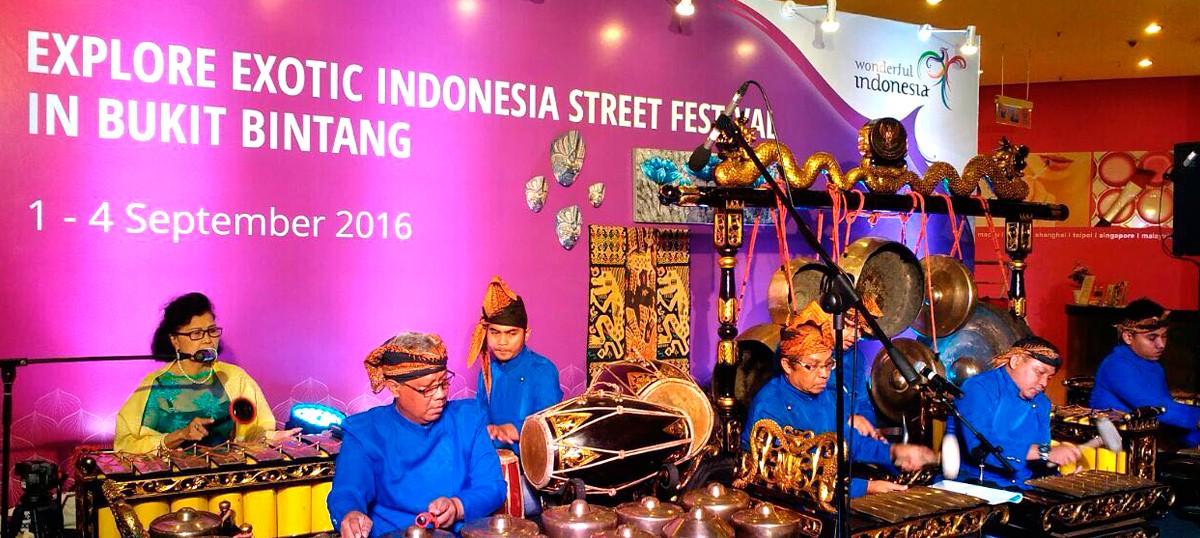
Indonesia thrills Malaysia with Street Festival 2016
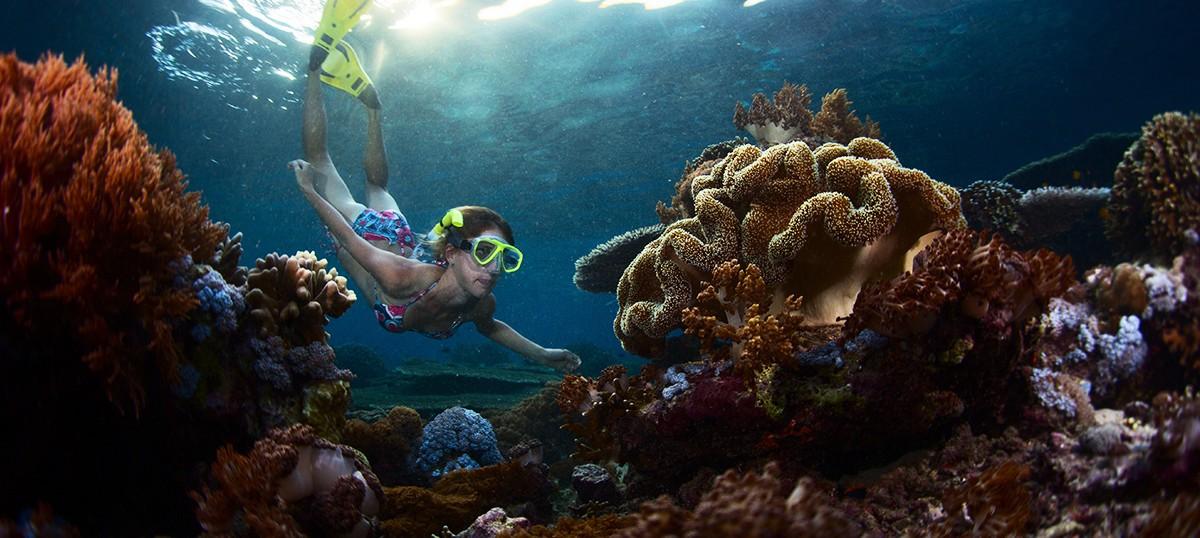
INDONESIA, The Most Popular Dive Destination 2017 : Dive Magazine
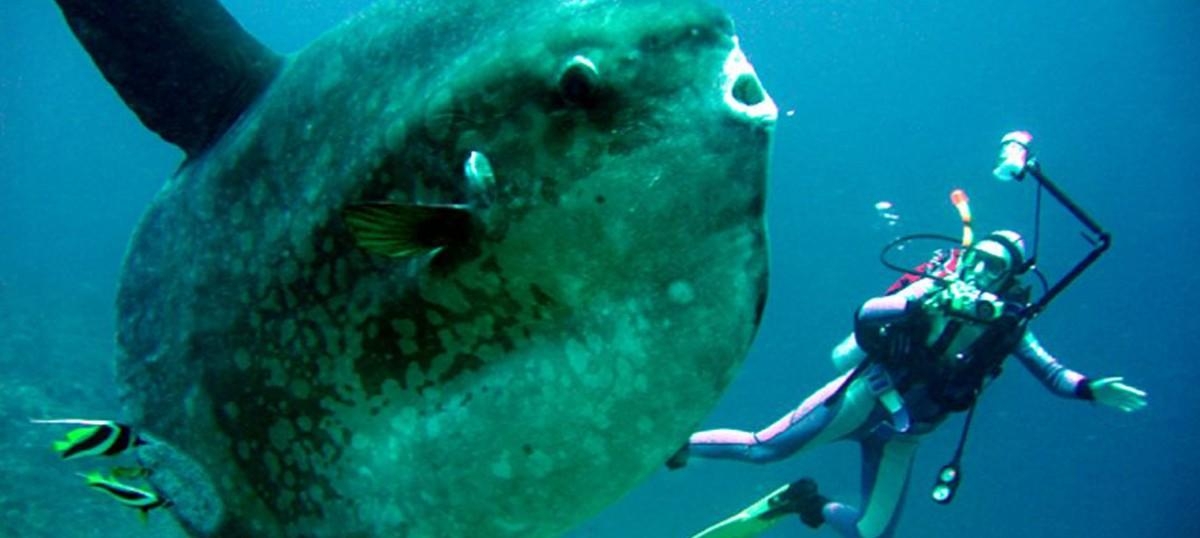
Indonesia Showcases Spectacular Dive Destinations at MIDE 2017 Malaysia
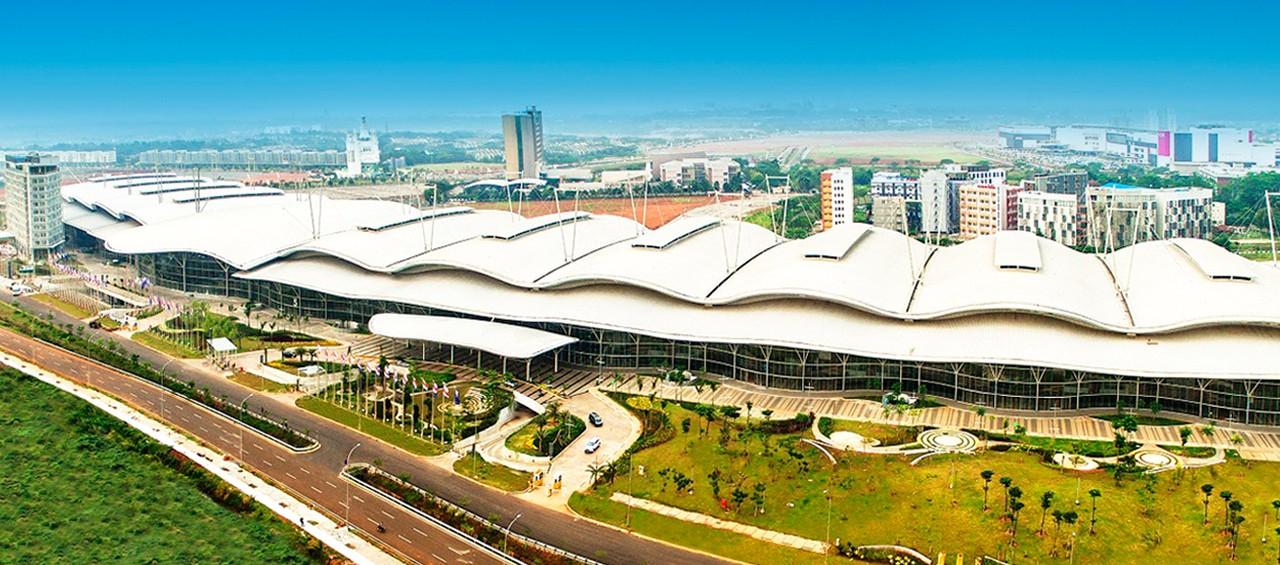
Indonesia set to host PATA Travel Mart 2016 at ICE BSD in Banten province

Indonesia’s Natural and Cultural Tropical Wonders Highlight the Streets of Berlin

Indonesia’s Halal Tourism Industry vie for World Halal Tourism Awards 2016

Indonesia’s Gastronomic Wonders take Paris by storm

Indonesia Promotes Cheng Ho Trail at China Xi’an Silk Road Tourism Expo 2016

Indonesia Goes All Out at the Riyadh Travel Fair 2017 in Saudi Arabia

Indonesia Fashion Week 2016: Reflection of Culture

Indonesia Famous Next Destination: awarded by China Travel and Leisure
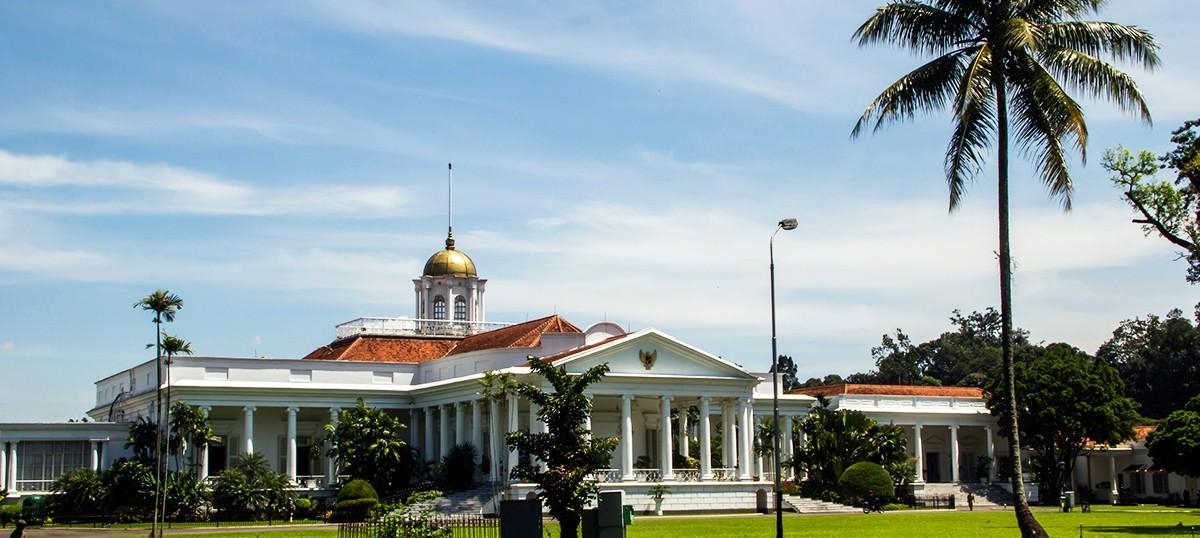
Indonesia Excited to Welcome and Host King Salman of Arabia
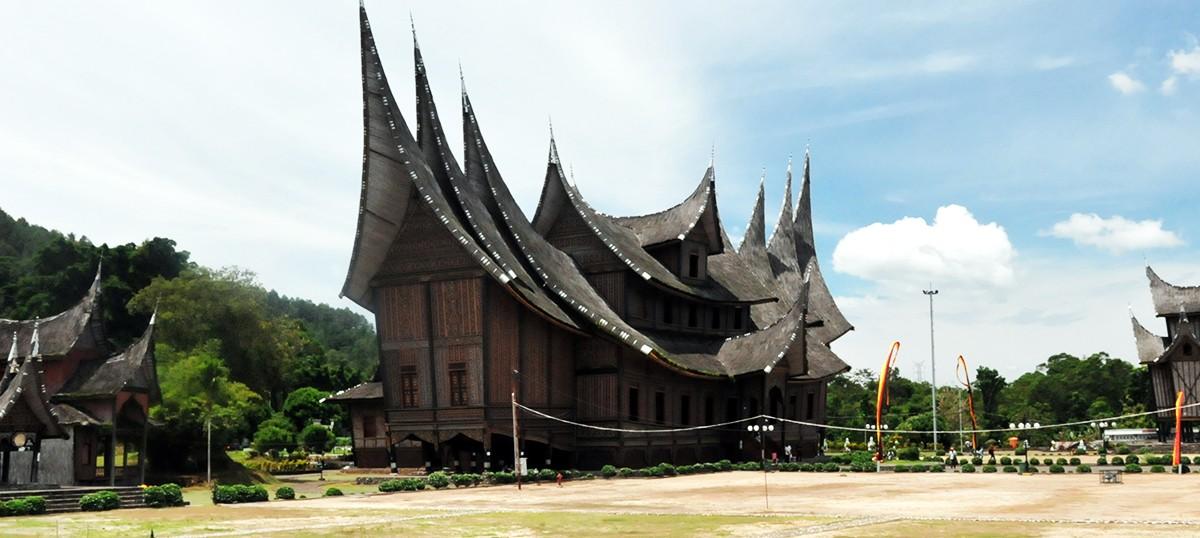
Indonesia Dominates World Halal Tourism Awards 2016 Winning 12 Top Categories
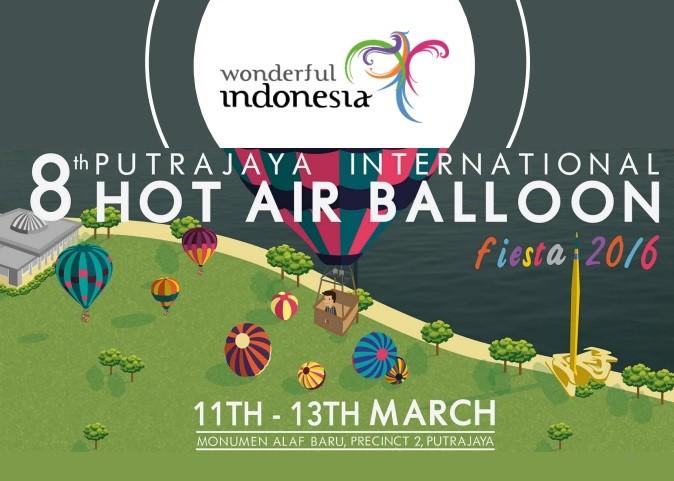
Indonesia Co-Highlights 8th Putrajaya Hot Air Balloons Fiesta 2016
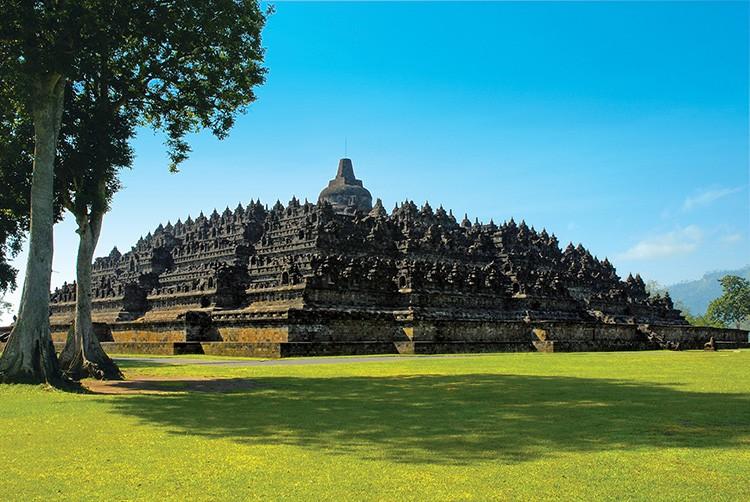
Indonesia appoints Wonderful Indonesia Representative for France
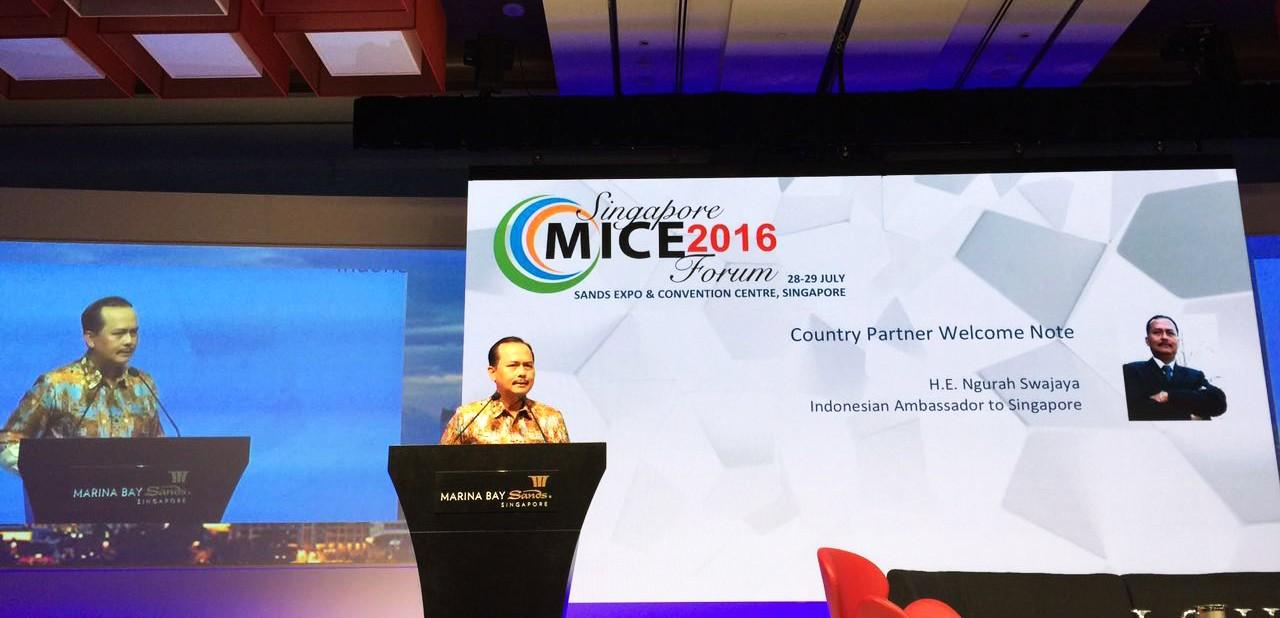
Indonesia Active in Singapore Mice Forum and Asia Meeting & Incentive Travel Exchange 2016
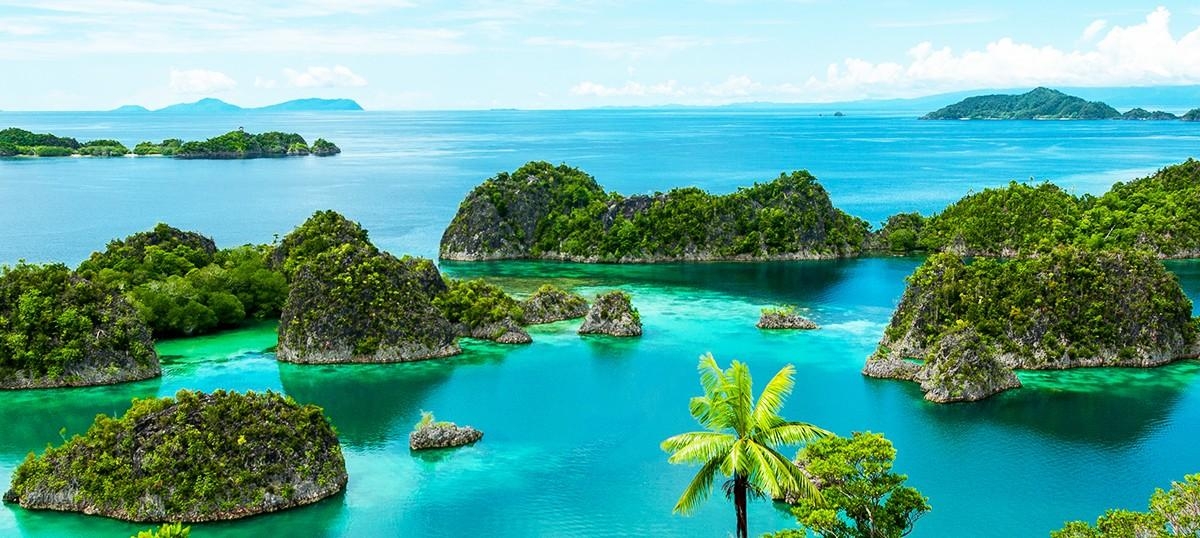
Indian Ocean Rim Association (IORA) Leaders’ Summit in Jakarta
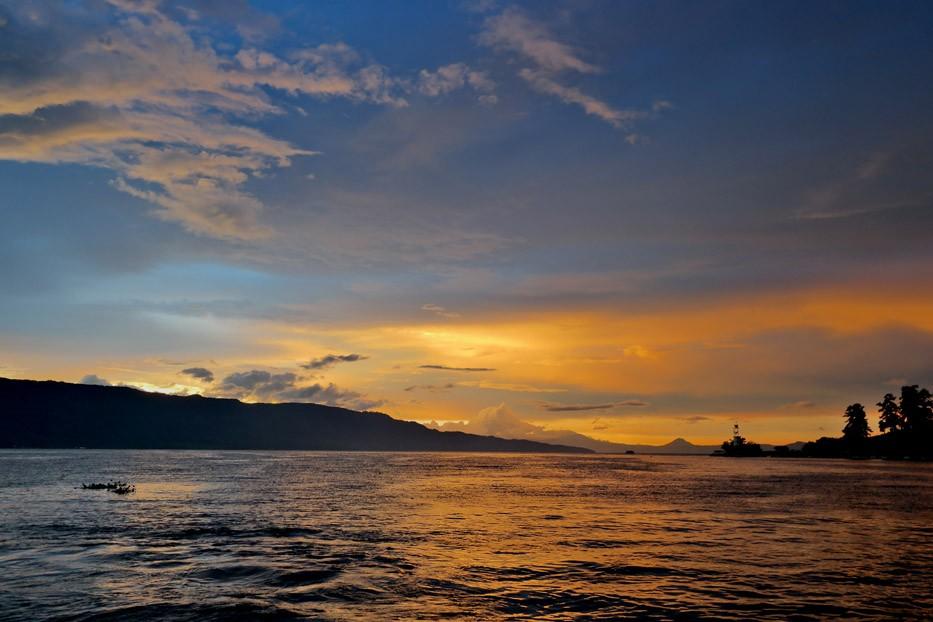
In January 2016 Foreign Visitors Arrivals to Indonesia increased 3.6%
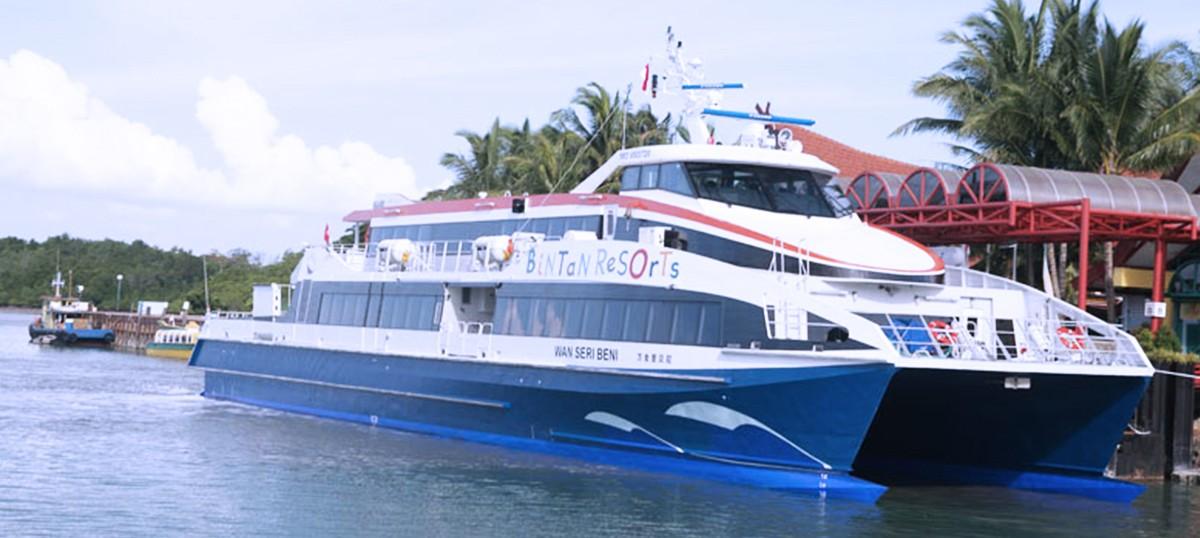
Get SGD 1.00 Ferry Tickets Singapore-Bintan Resorts Vice Versa

Get ready to join Exciting Events in Manado 2017
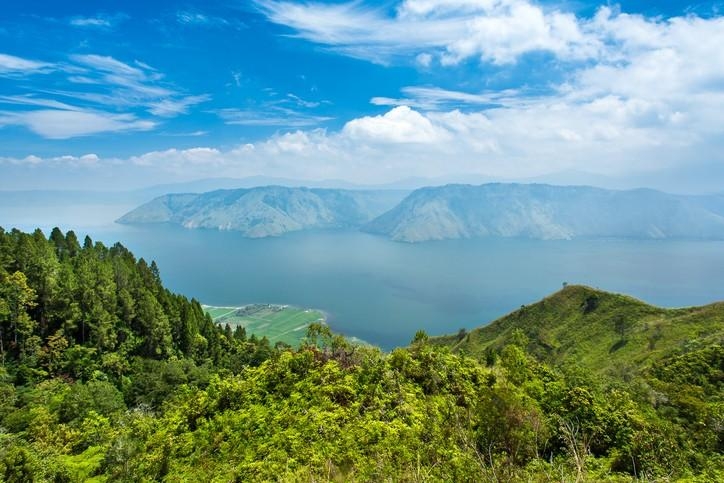
Garuda re-launches Medan-Singapore flights starting 14 June 2016
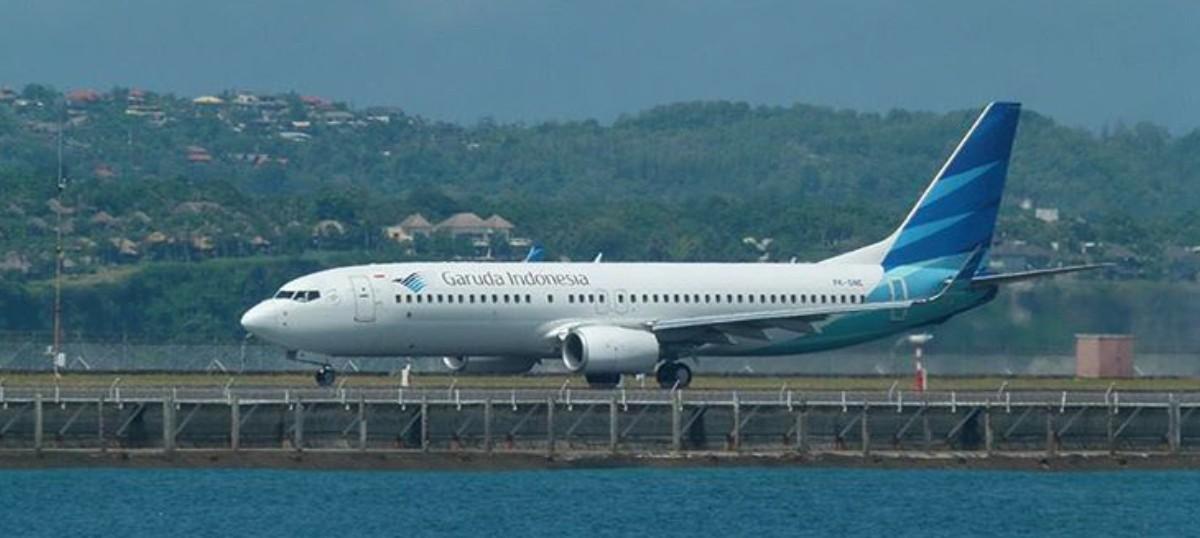
Garuda Indonesia NOW Operates India –Jakarta flights
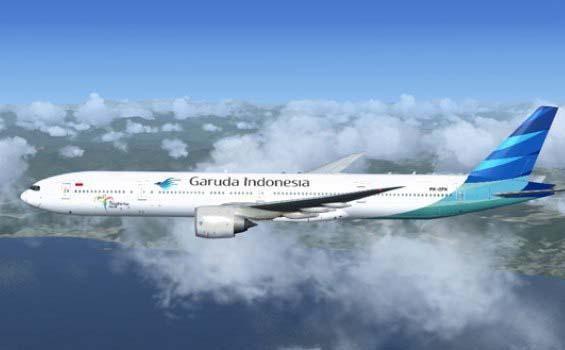
Garuda Indonesia NOW flies London-Jakarta non-stop from Heathrow London

Garuda adds more Jakarta - Silangit Airport, Lake Toba, direct flights
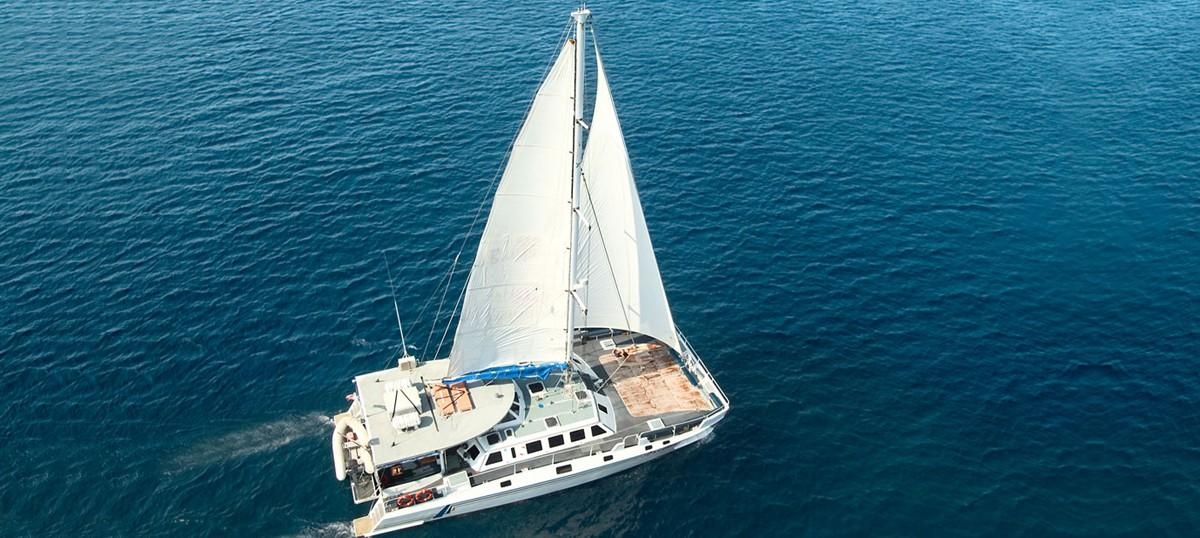
Fremantle Yachters from Australia Sail around Bali and Lombok
FREE Double-Decker Buses to Jakarta’s Historic, Culinary and Shopping Sites
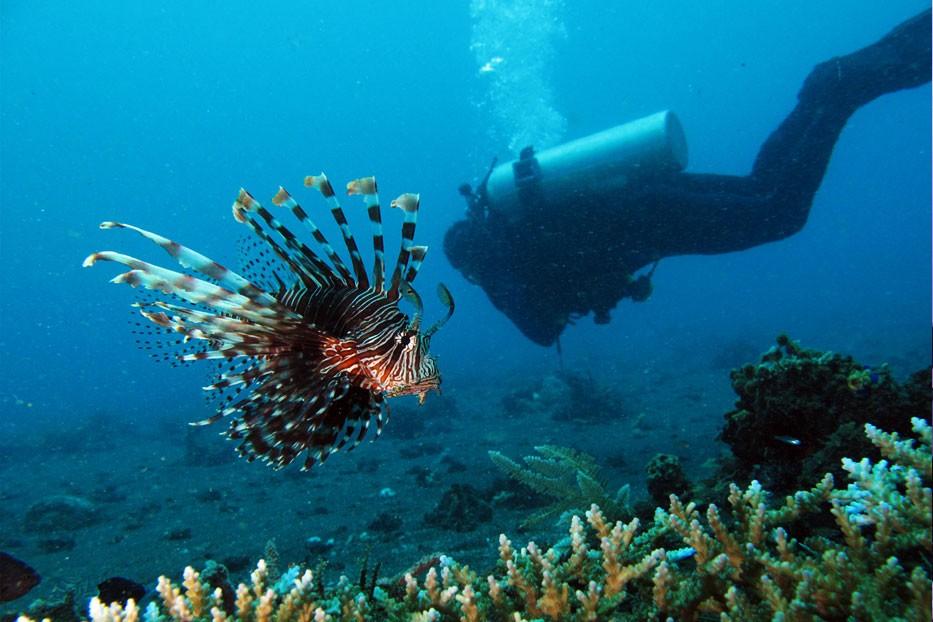
Foreign Tourists from Visa Free Countries can Now Enter Indonesia through North Sulawesi

February 2016 International Visitor Arrivals to Indonesia grew 5.26 percent
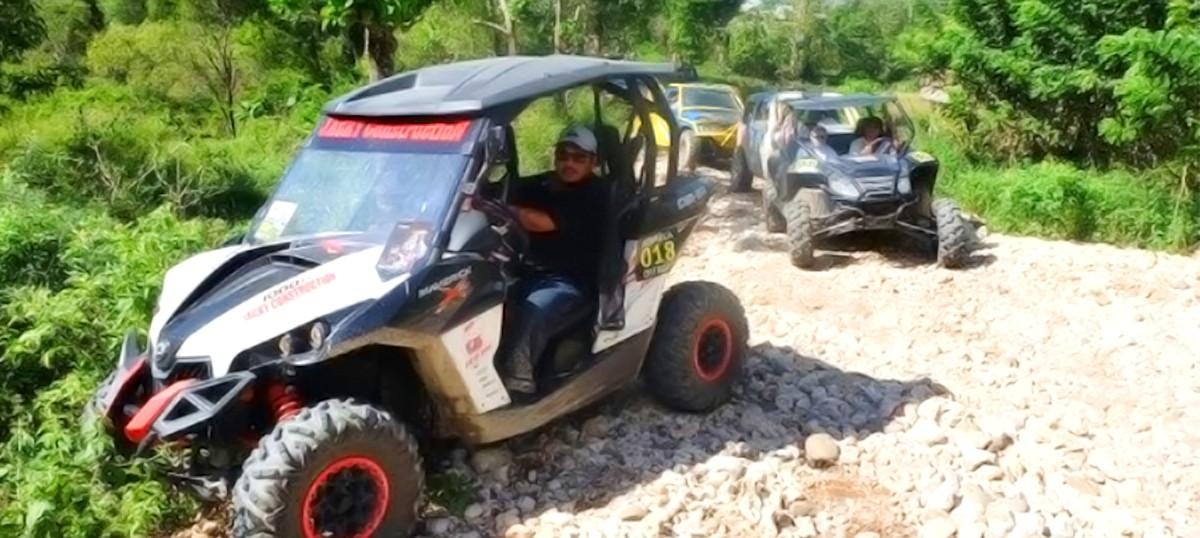
Exciting Atambua Adventure Off Road 2017: Cross Border Sport-Tourism with Timor Leste
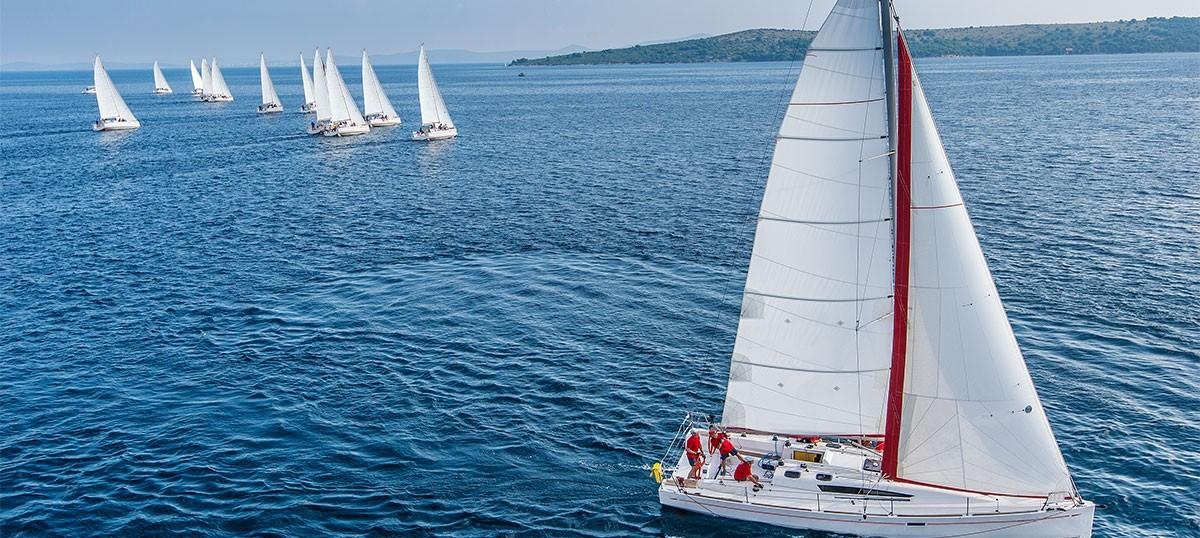
Ensuring SAIL SABANG 2017 becomes Outstanding Event
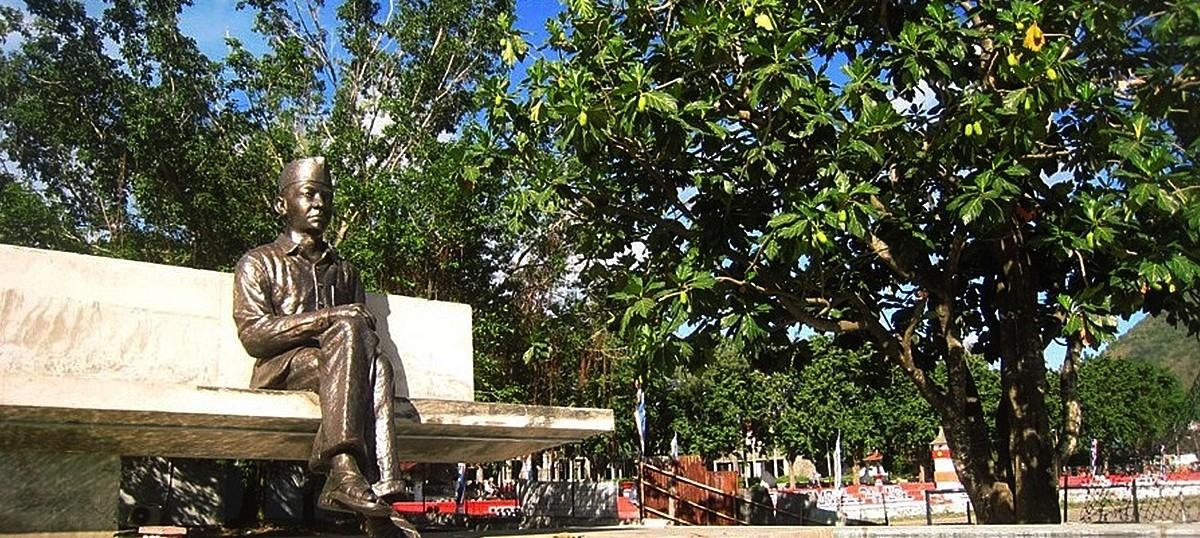
ENDE: SOEKARNO’s Exile: Birthplace of PANCASILA, The 5 Pillars of INDONESIA
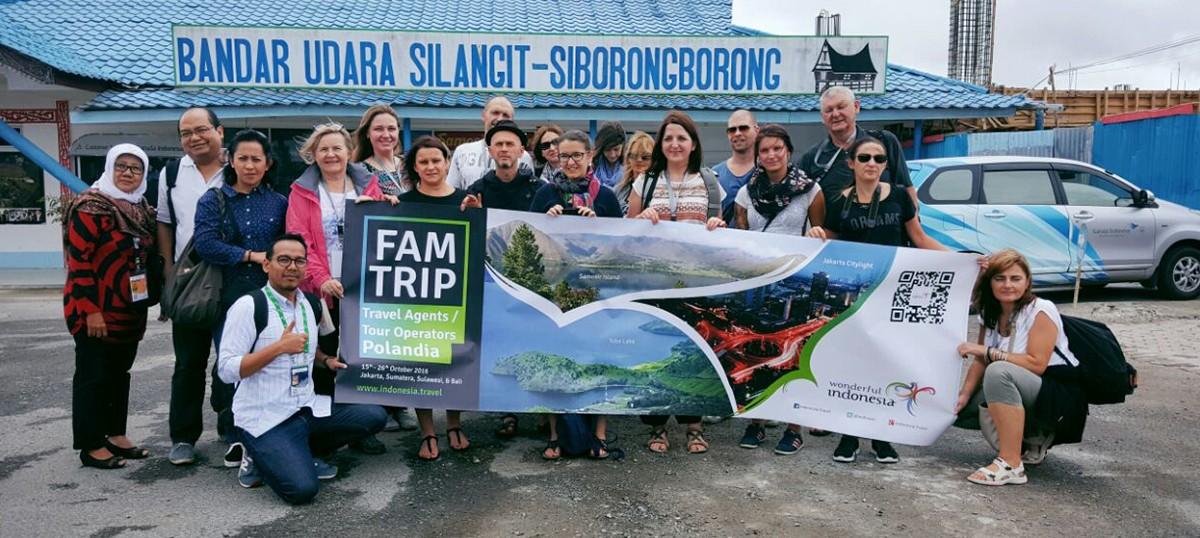
Eastern Europe Tour Operators explore the Wonders of Indonesia
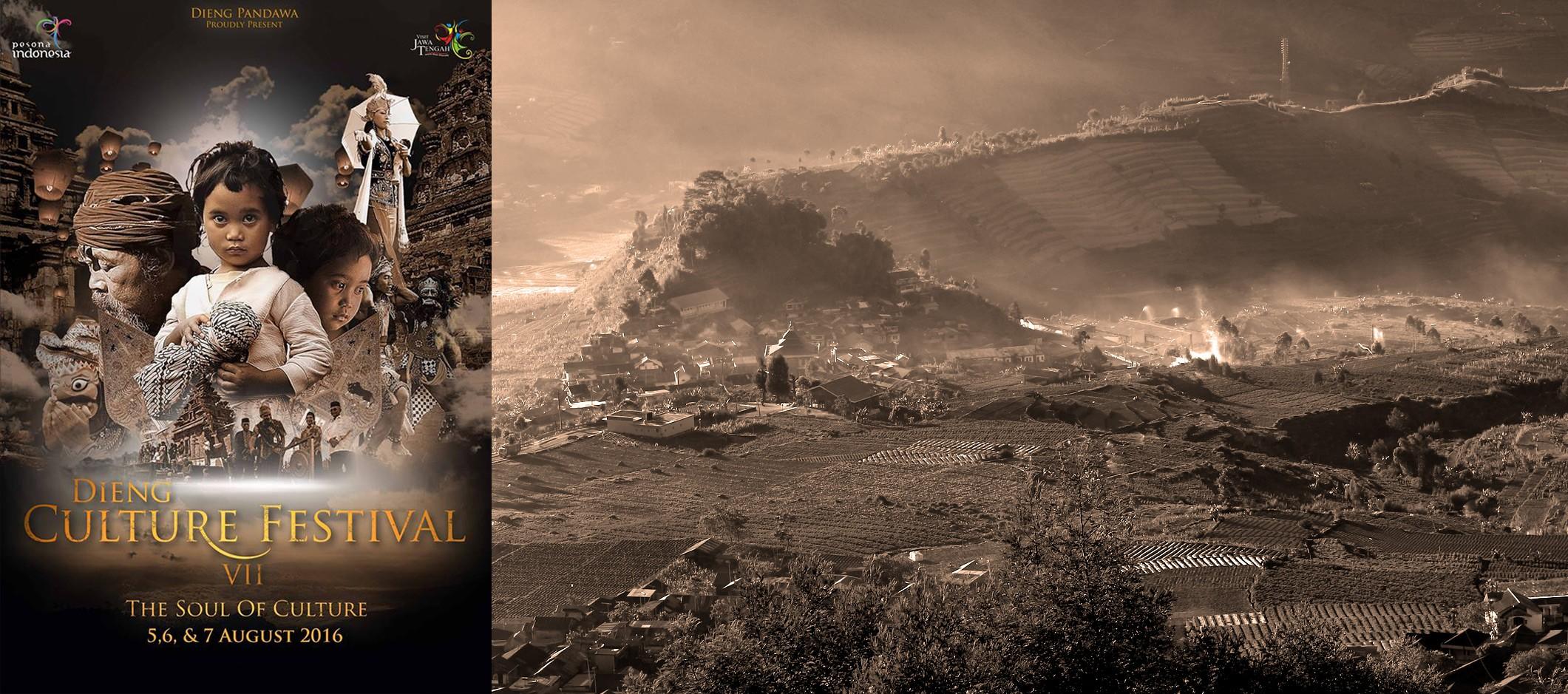
Dieng Culture Festival 2016: Shaving off Dreadlocks in the Abode of the Gods

Deep and Extreme Indonesia 2016: Adventure Travel

DECISIVE WWII JAVA SEA BATTLES Displayed One Year in JAKARTA MARITIME MUSEUM
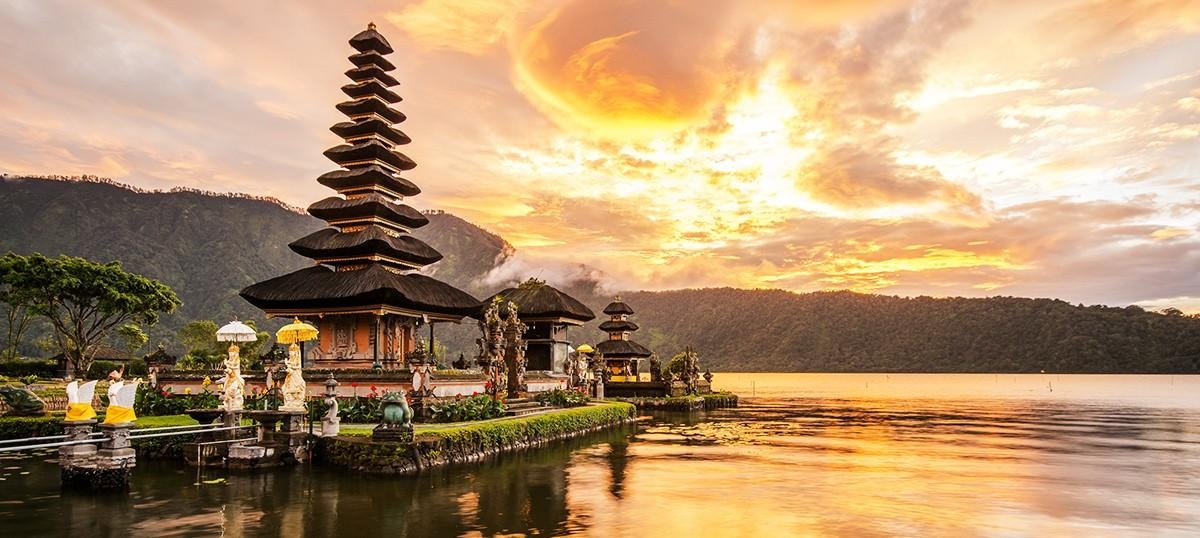
December Events Galore: Spend your Year-End Holiday in Indonesia
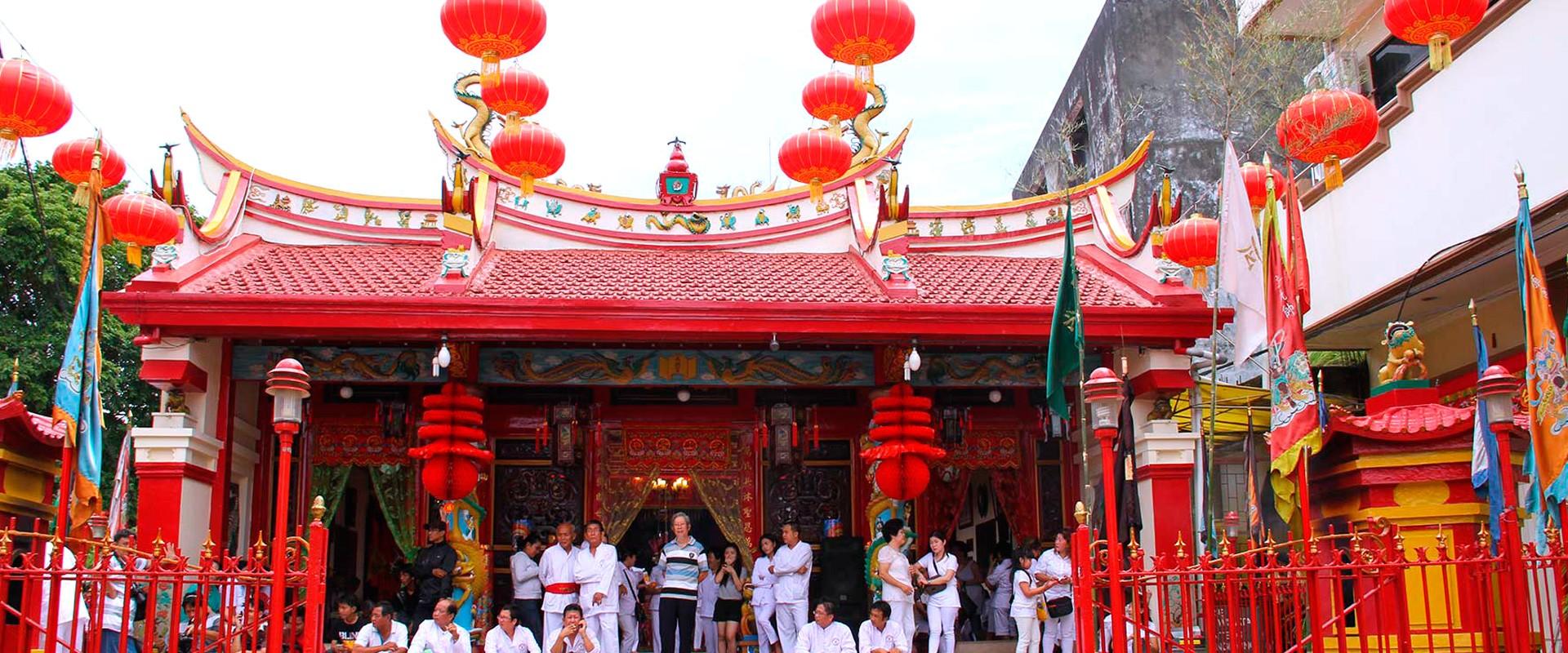
Cultural Fusion Highlights Chinese New Year Celebrations in Manado, North Sulawesi
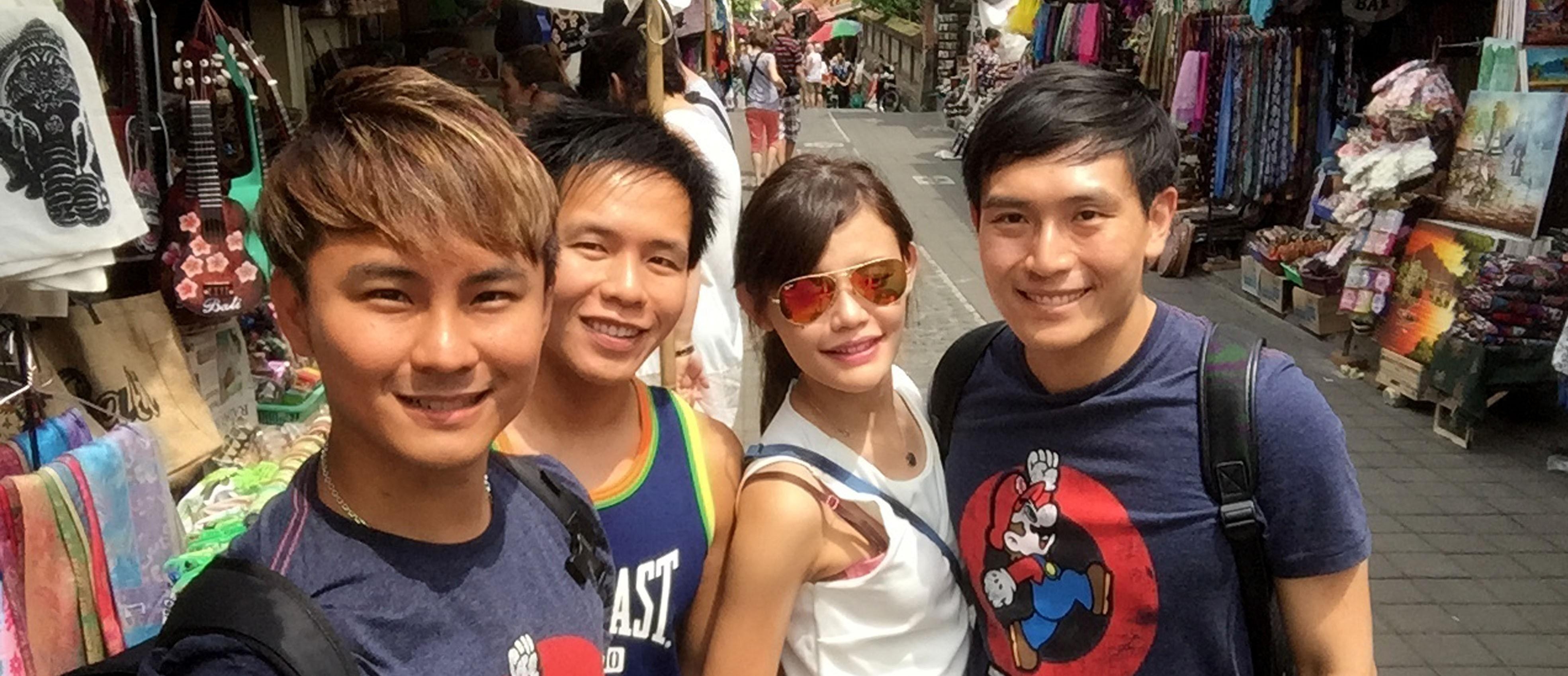
Continuing Partnership with BAIDU, Indonesia Ups Tourist Target from China

CNN Names Lapis Legit (again) as One of Top 5 Most Delicious Cakes in the World
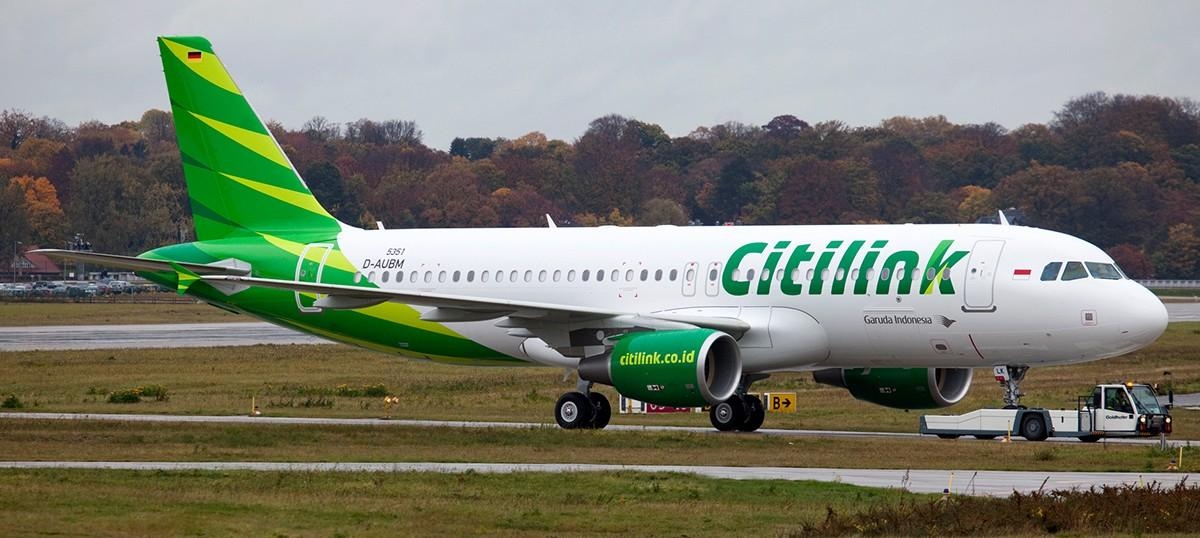
CITILINK starts CHONGQING and KUNMING, China, Direct Charters to beautiful BINTAN ISLAND

China TV Channels to Cover and Air Cheng Ho Festival

Cheng Beng (Qinming) Festival 2016 in Medan, North Sumatra
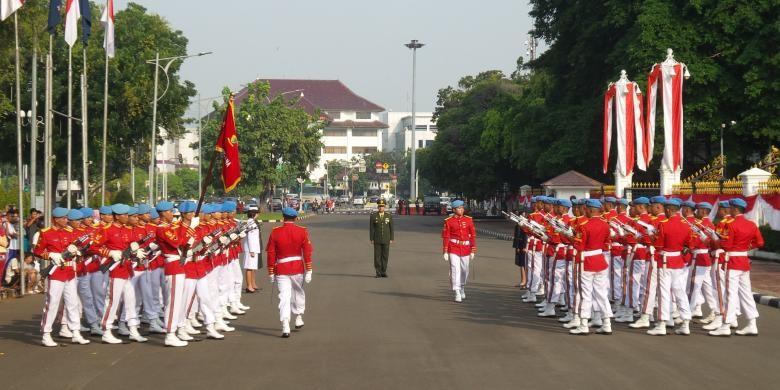
'Changing of the Guards' is now also Open to the Public

Central Java and Jogja Calendar of Events 2017: The Story of Java

Celebrating Duan Wu Jie Dragon Boat or Peh Cun in Indonesia
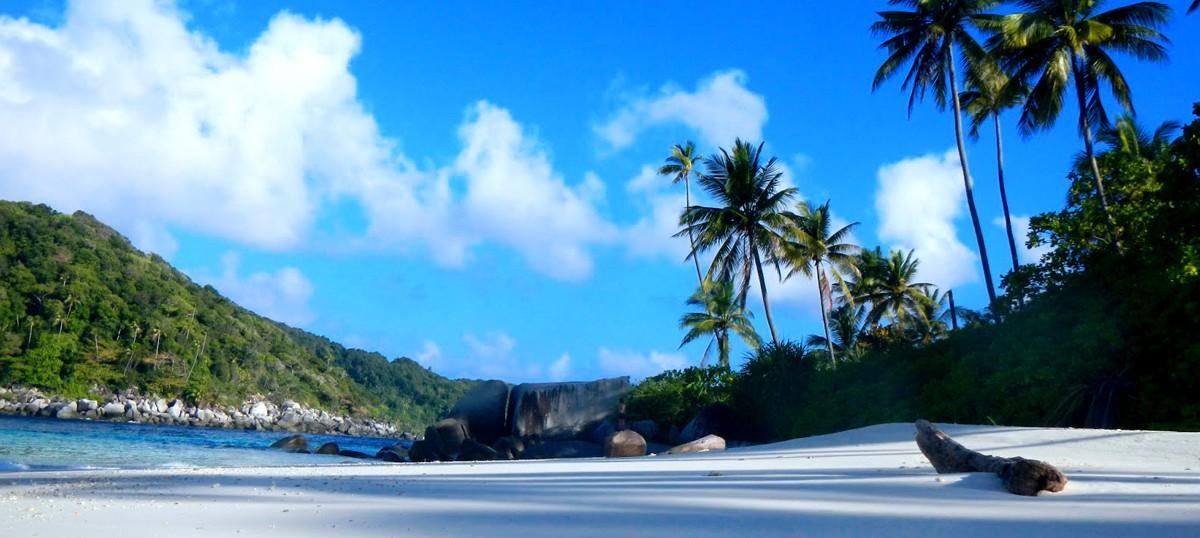
Breakthrough in Accessibility: SEAPLANES to Operate to Exotic ANAMBAS Islands

Bintan Triathlon 2016: Race, Swim, Cycle Along Woods and White Beaches

Bintan Resorts: Chosen Venue for 22 Shanghai Couples’ Wedding Ceremony and Celebrations
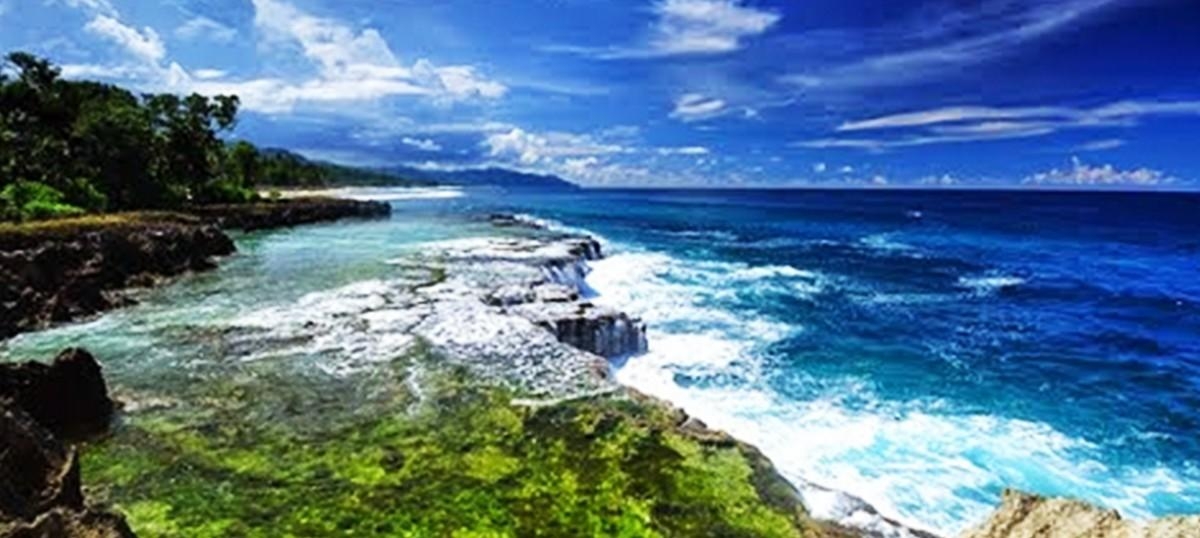
BIAK ISLAND Papua: NOW serves MS Coral Discoverer FLY-CRUISE Arrangements
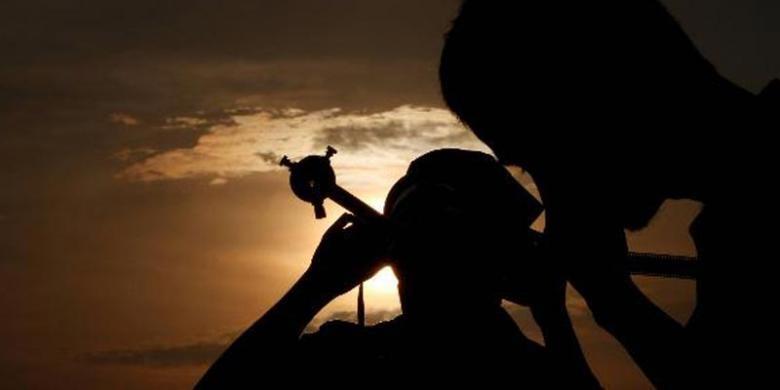
Belitung: Another Great Location to Watch the Total Solar Eclipse
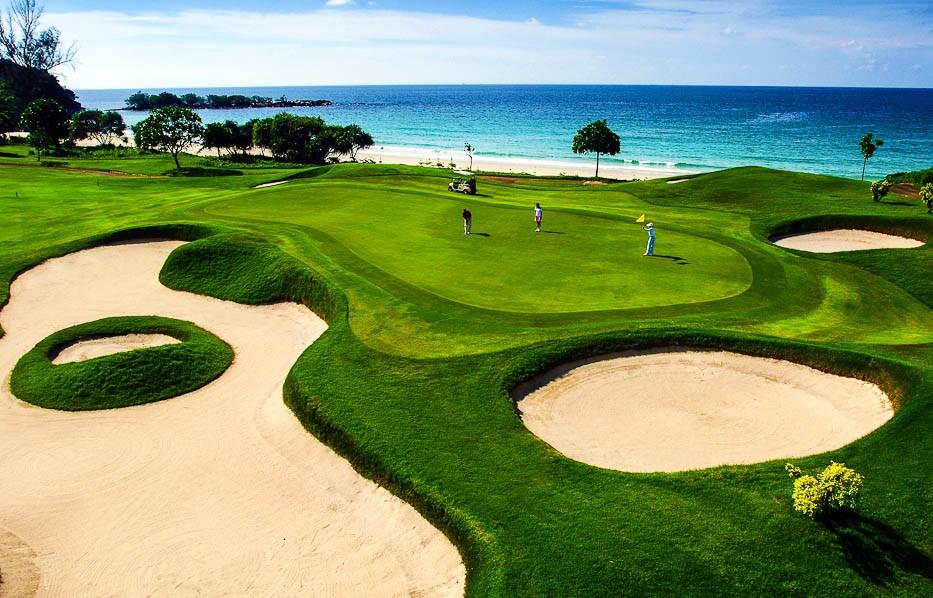
Batam and Bintan Fully Booked Over Eid Holidays
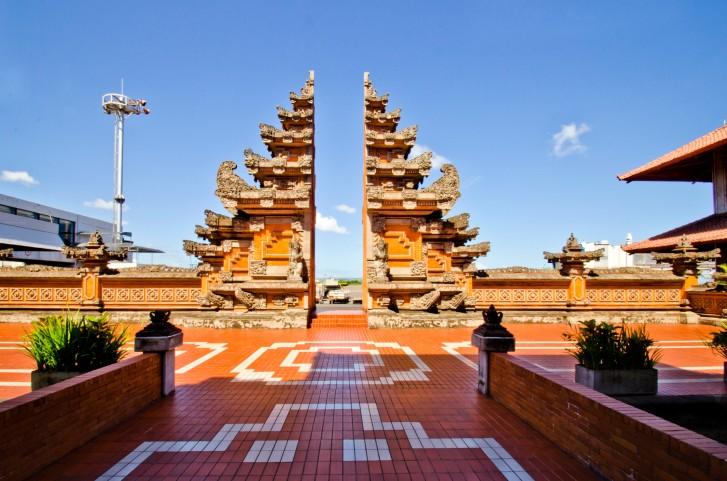
Bali’s Ngurah Rai Recognized 3rd among World’s Best Airports Serving 15 to 25 Million Passengers
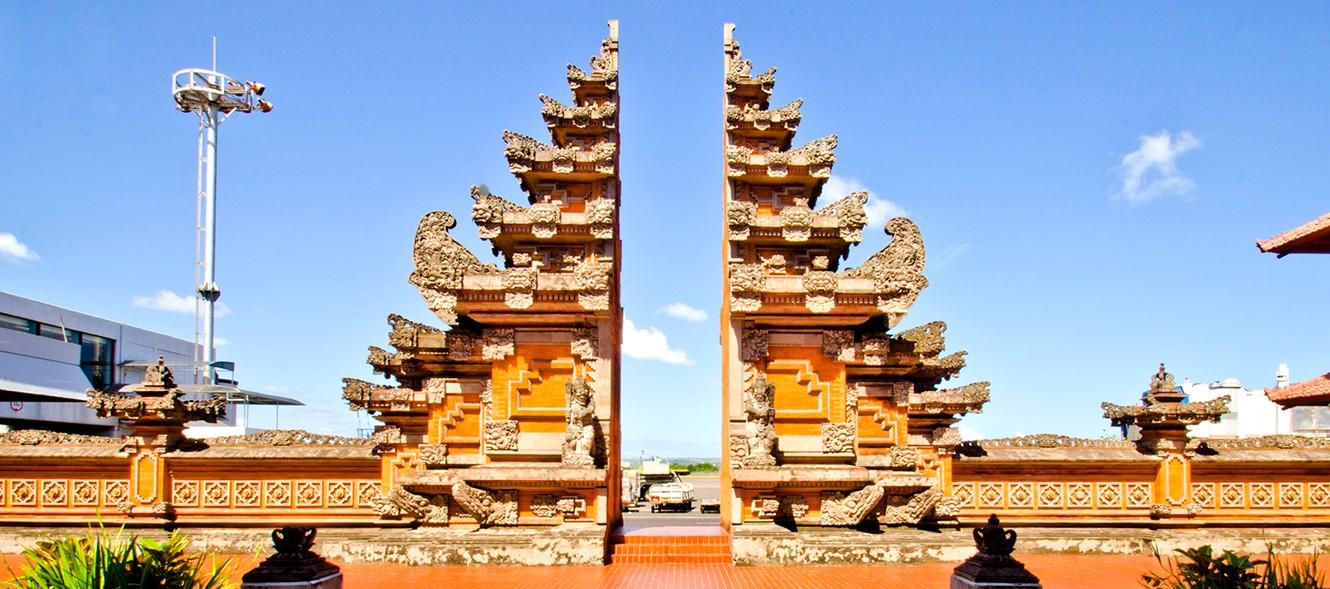
Bali Ngurah Rai Airport: Gate to the Island of Paradise

Bali Interhash 2016 and Cross Java by Rail

BALI: Crowned Best Honeymoon Destination 2016
Bakar Tongkang Festival 2016 in Riau: Burning a replica of the Last Ship
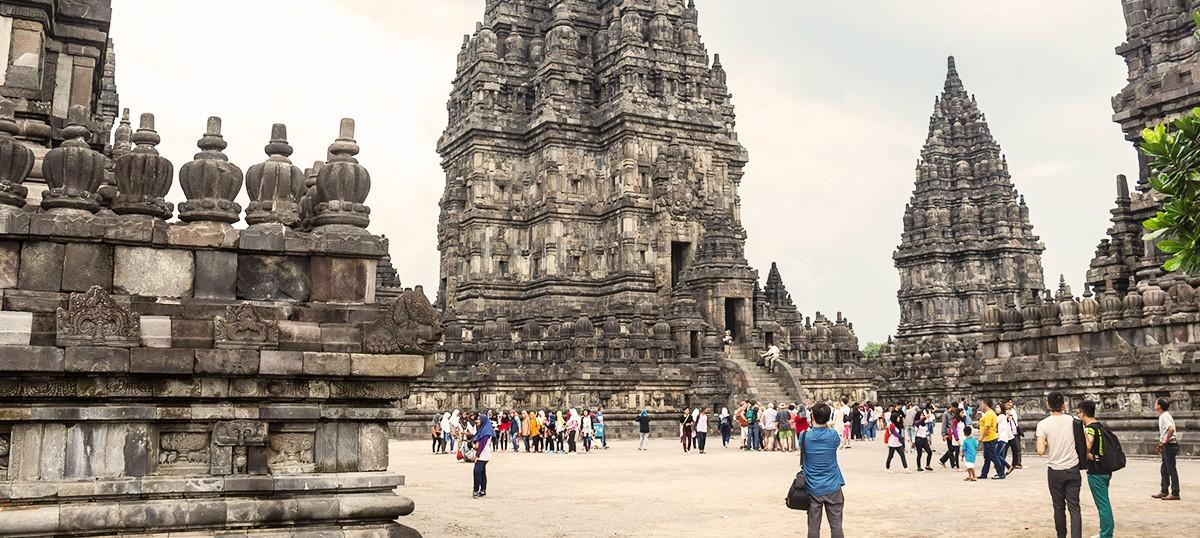
August Tourist Arrivals Exceed 1 Million : “We are On Track”
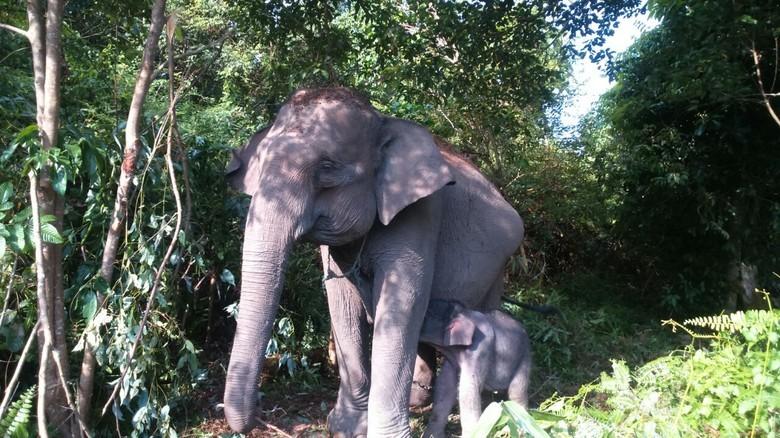
Another Elephant Calf born at the Tesso Nilo National Park in Riau, Sumatra
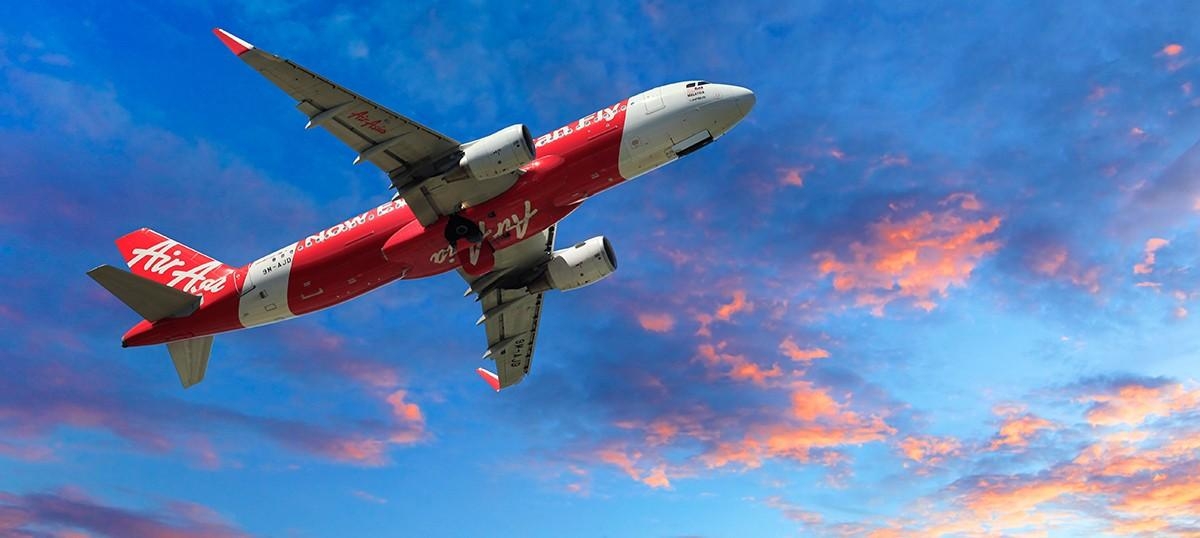
AirAsia Indonesia to fly from Kuala Lumpur to Yogya, Lombok and Pekanbaru
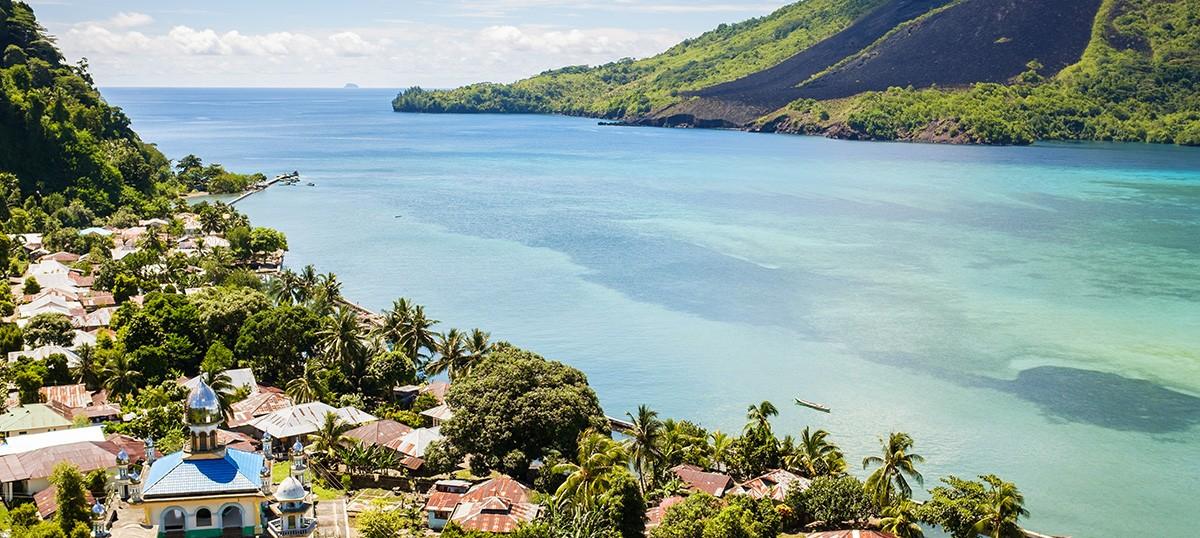
Aceh is Safe for tourists following earthquake at Pidie Jaya district
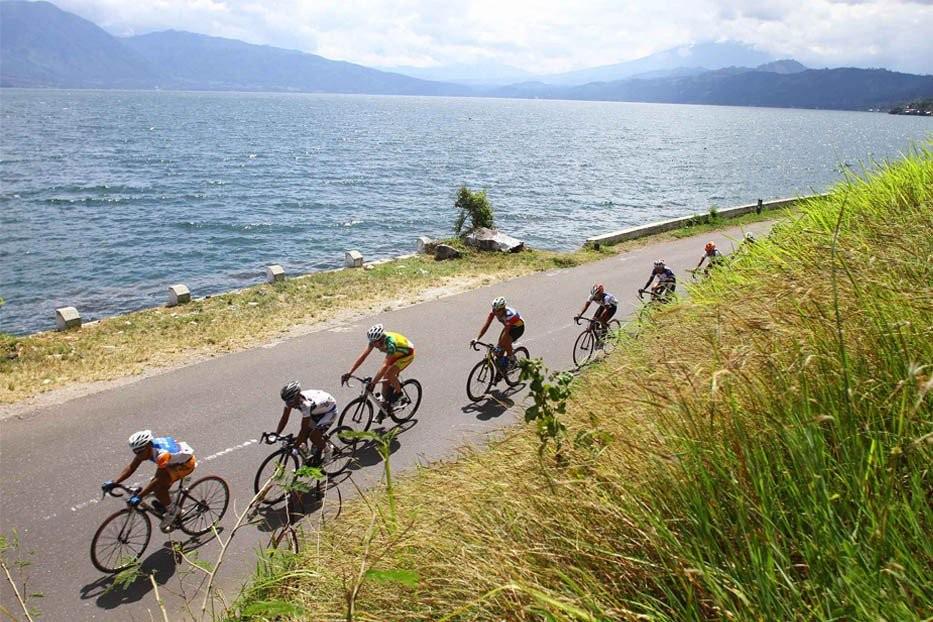
A Resounding Success: Tour de Flores will become an Annual Event
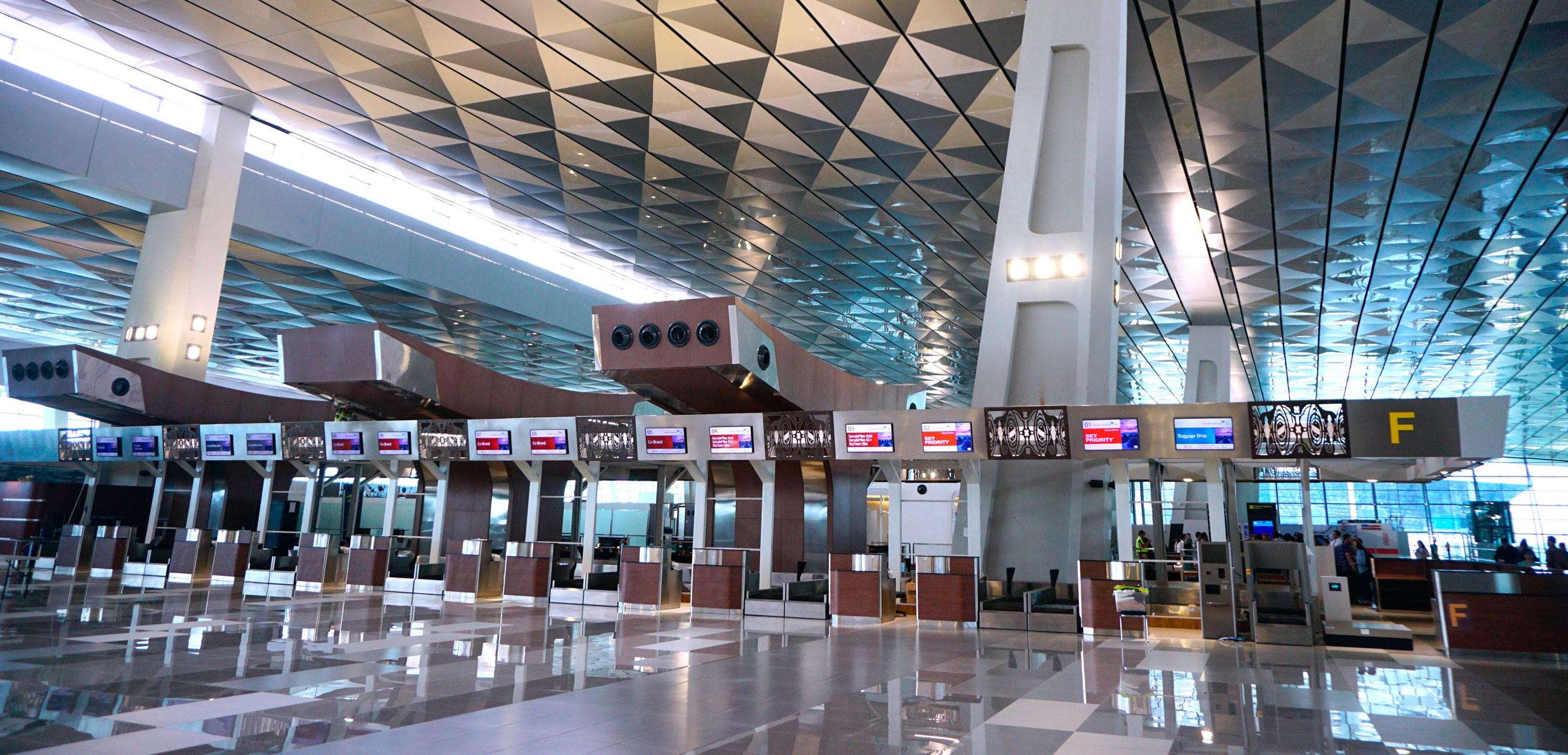
9 August 2016: Jakarta’s New ‘Terminal 3 Ultimate’ Operating
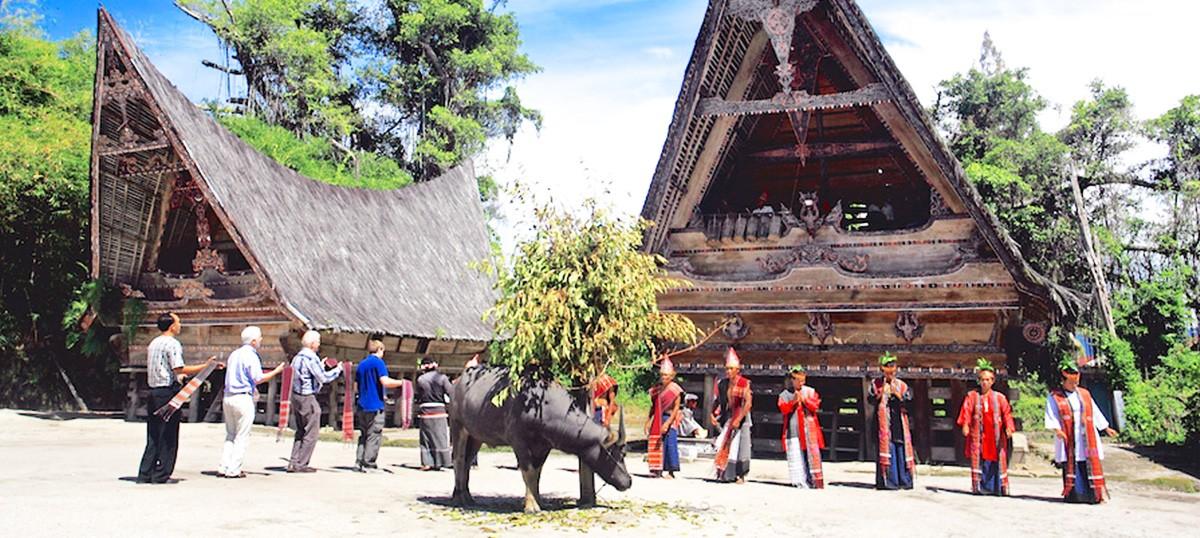
5 Things to Do on Samosir Island
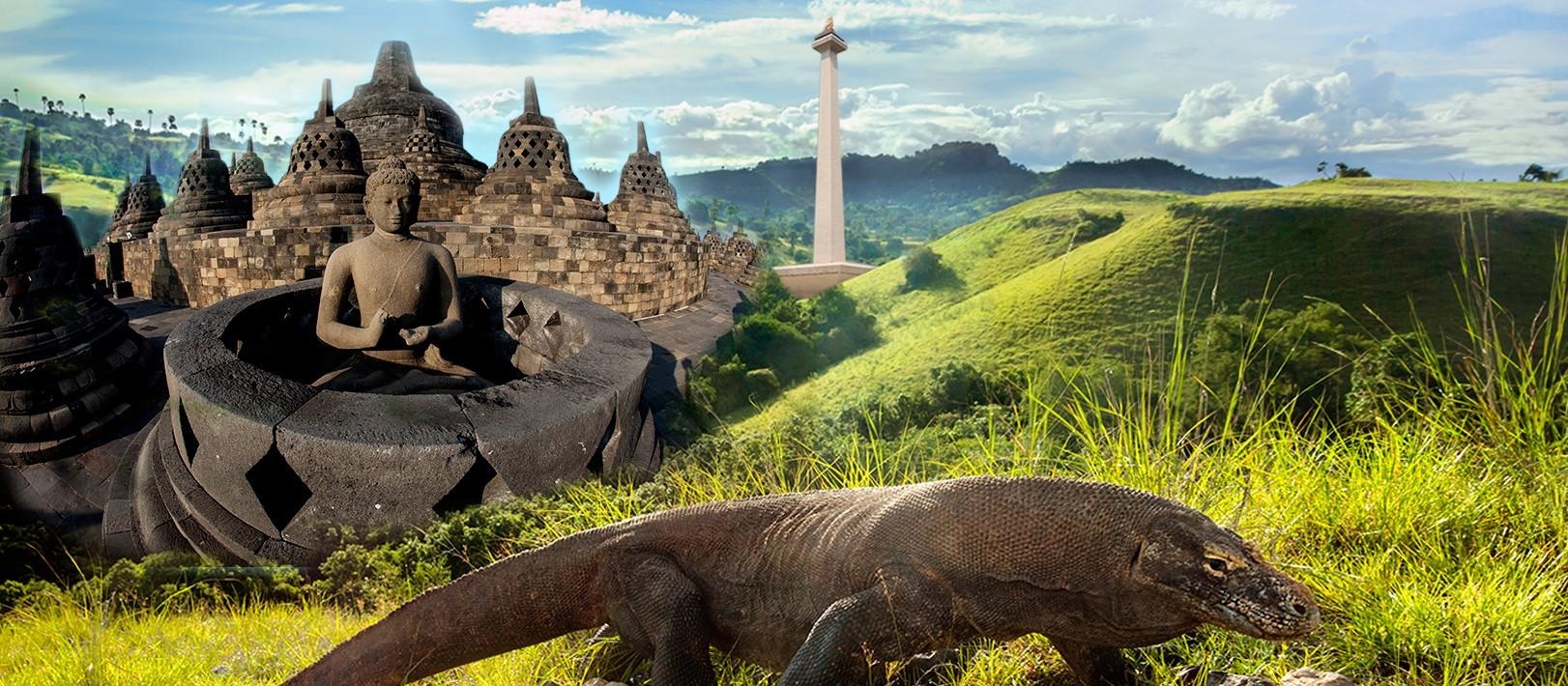
40 Indonesia Tourism Businesses participate in ATF Travex 2017 Singapore
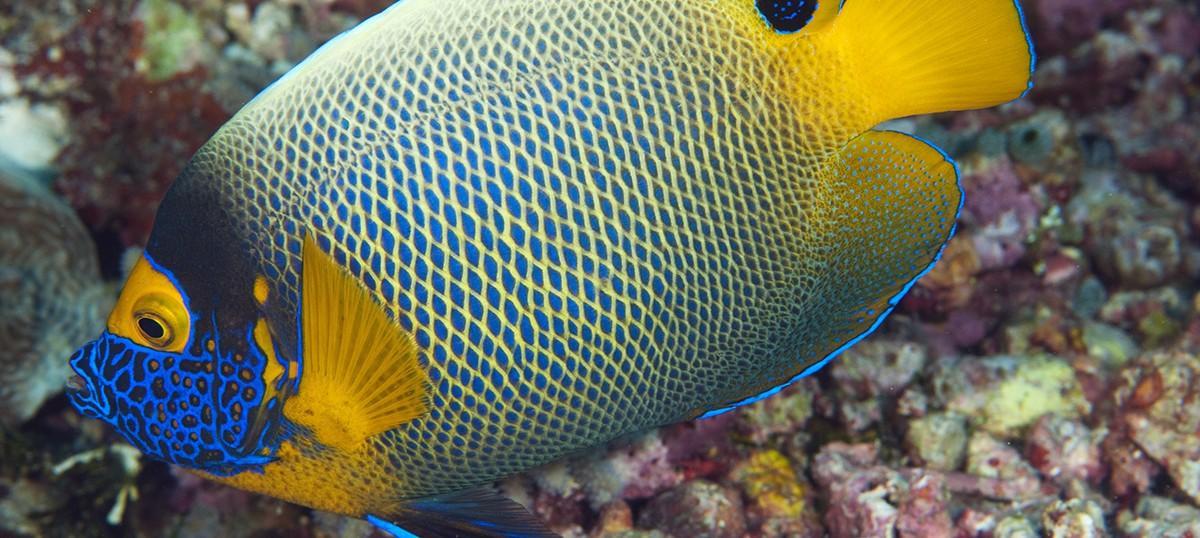
4 of ASIA’s TOP TEN DIVE SITES are in Indonesia
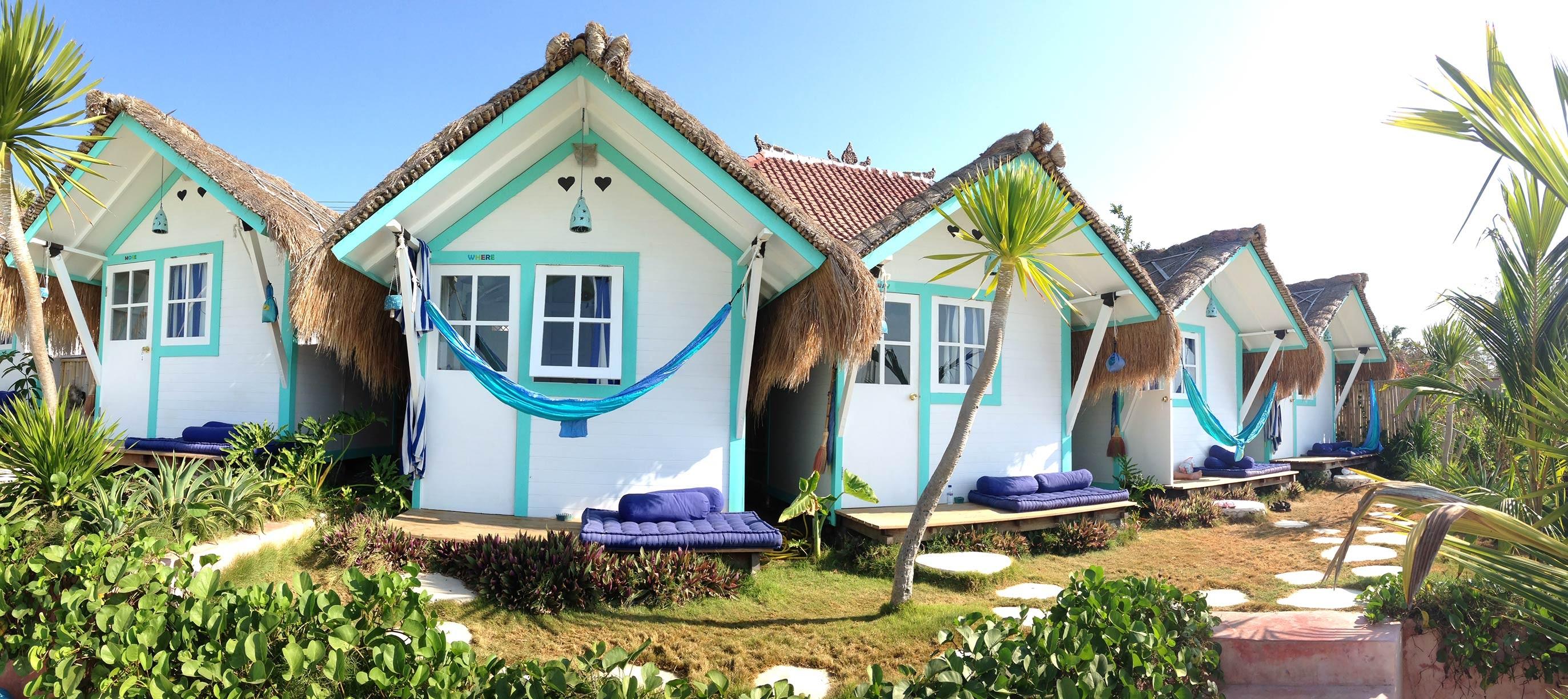
4+1 Unique Resorts in Bali
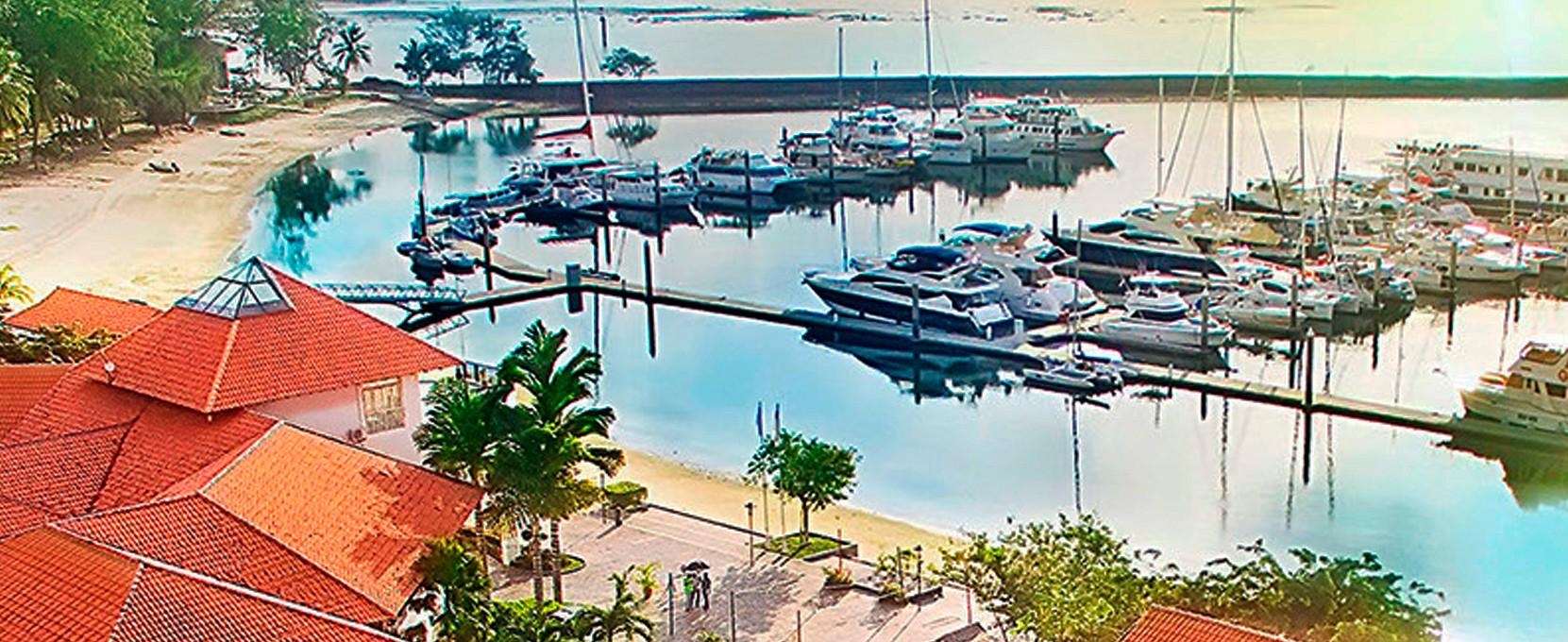
100 Singapore Yachts join Sail Karimata and Kepri Marine Festival 2016

MANADO grows in popularity with Tourists from China
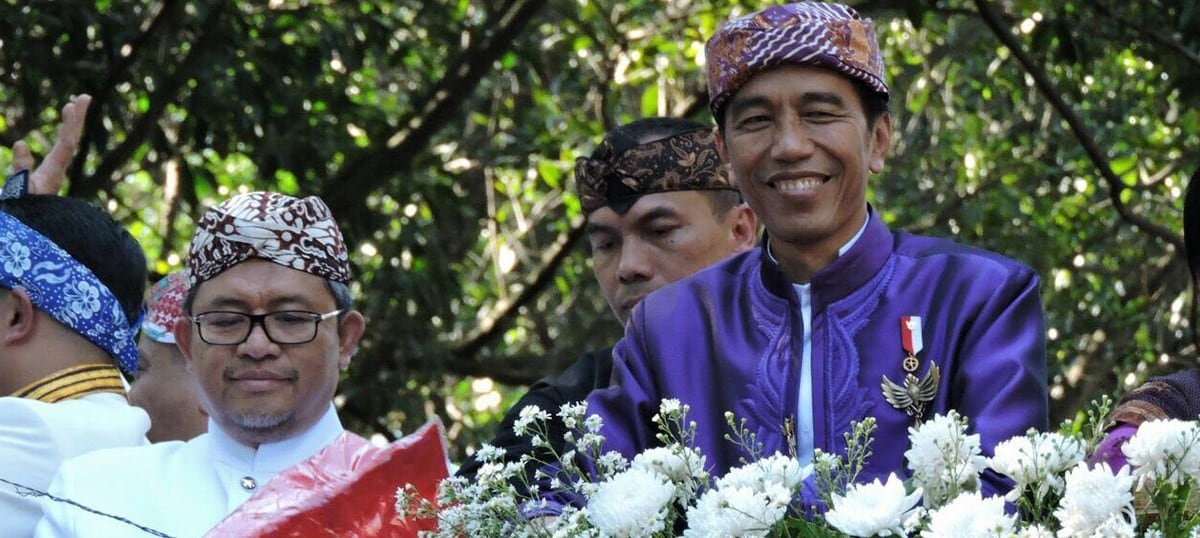
Independence Day Carnival 2017 in Bandung: the Ultimate National Festivities
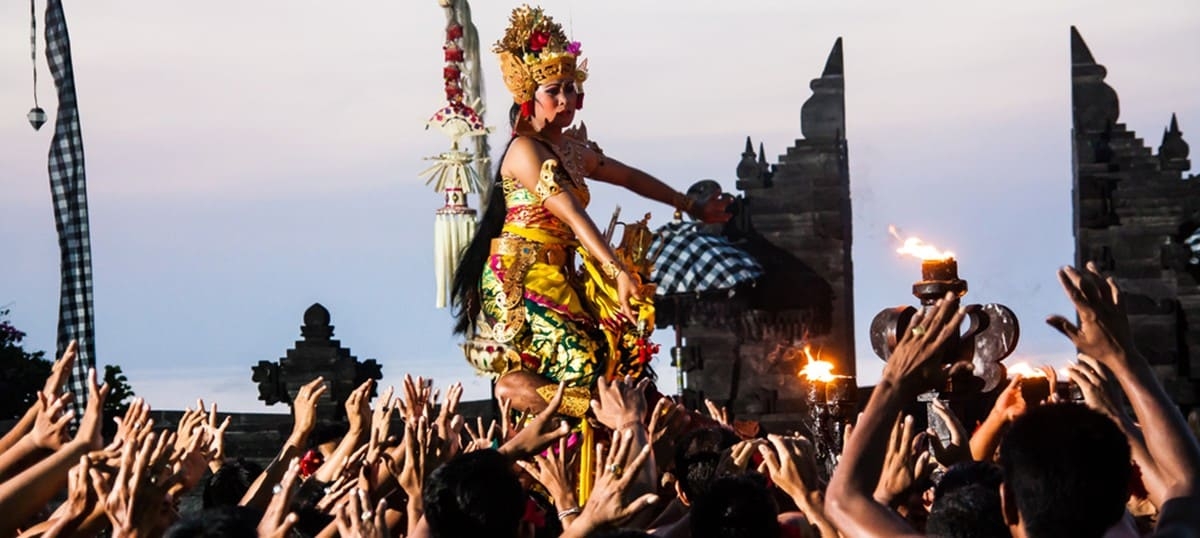
AirAsia to operate flights to Bali from Calcutta, India, besides Mumbai-Bali

Tight Coordination anticipating Mt. Agung’s Eventual Eruption
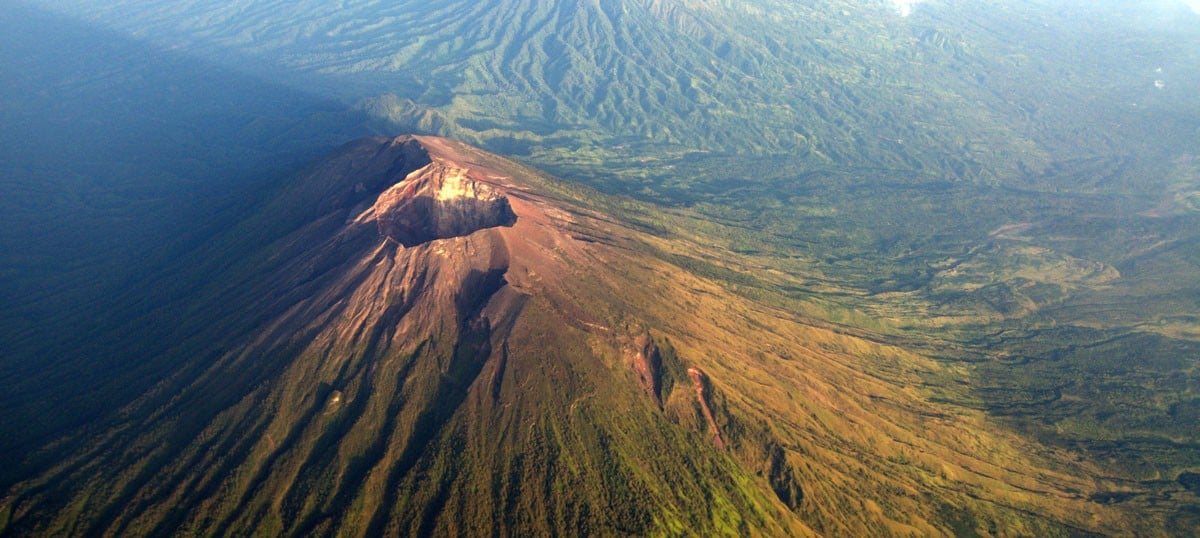
Ministry of Tourism Establishes Hospitality Task Force to Keep Public Fully Informed on Mount Agung
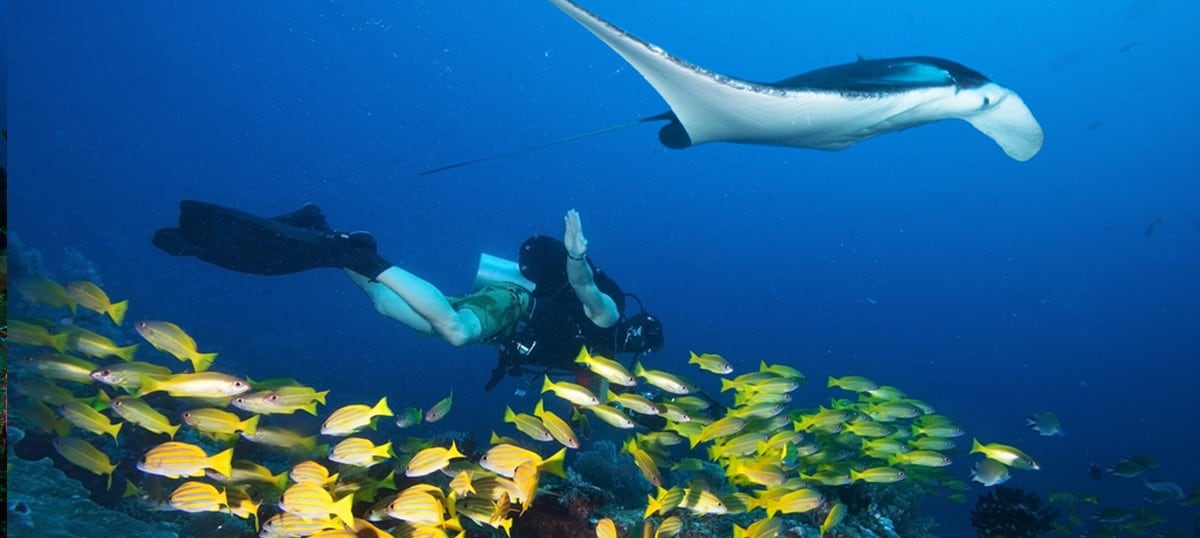
Mideast Market Raves about Indonesia’s Spectacular Underwater Worlds
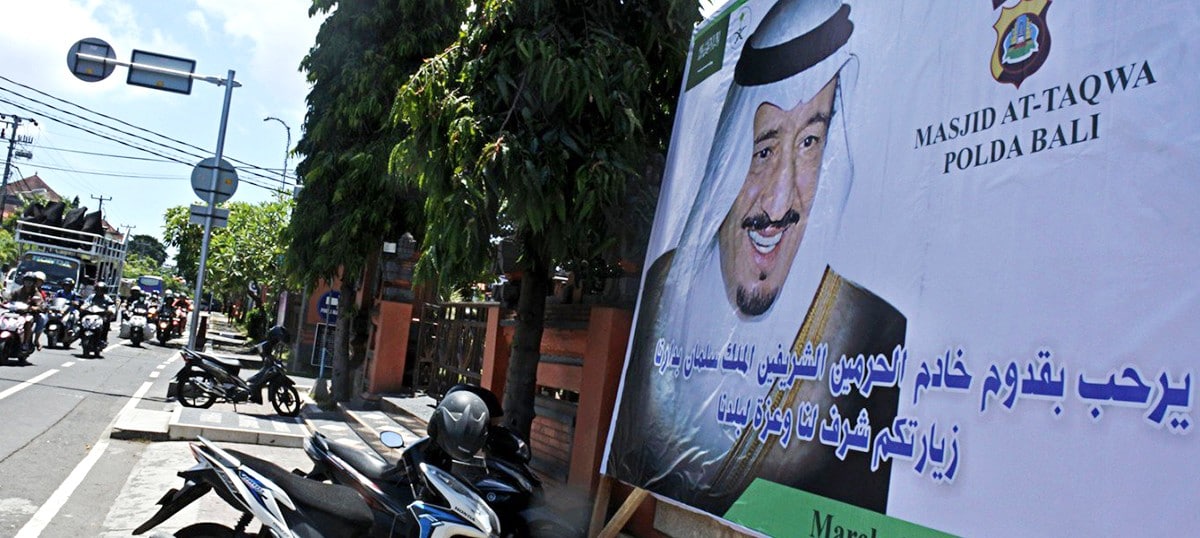
Wonderful Indonesia Mideast Sales Mission continues to Dubai in the United Arab Emirates

Wonderful Indonesia Festival in Bangkok: Legends, Cultural Shows, and Scrumptious Food
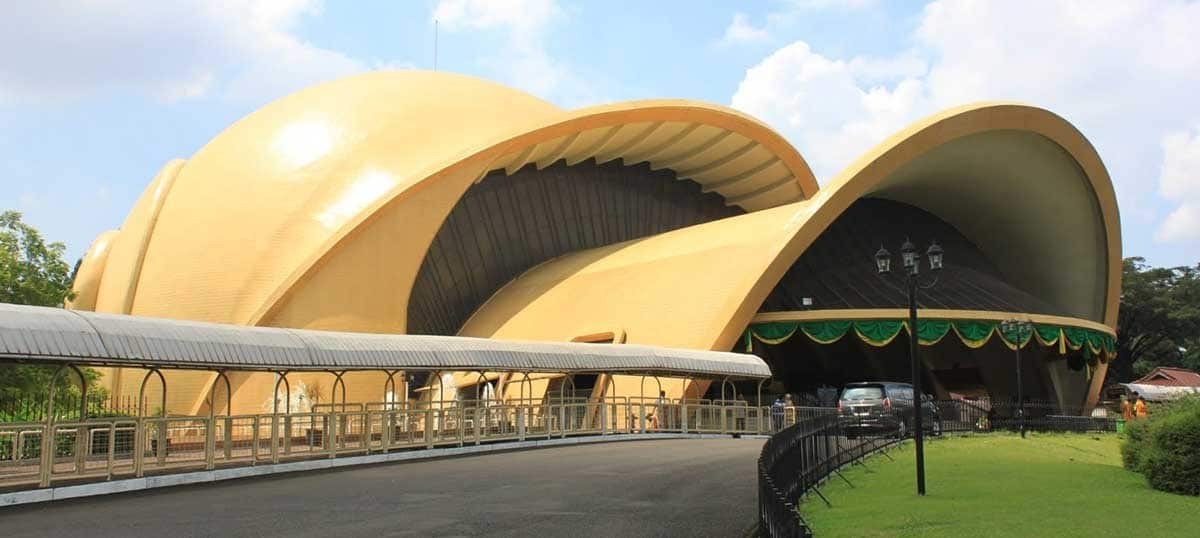
Jakarta in World’s Top Ten Fastest Growing Tourism Cities
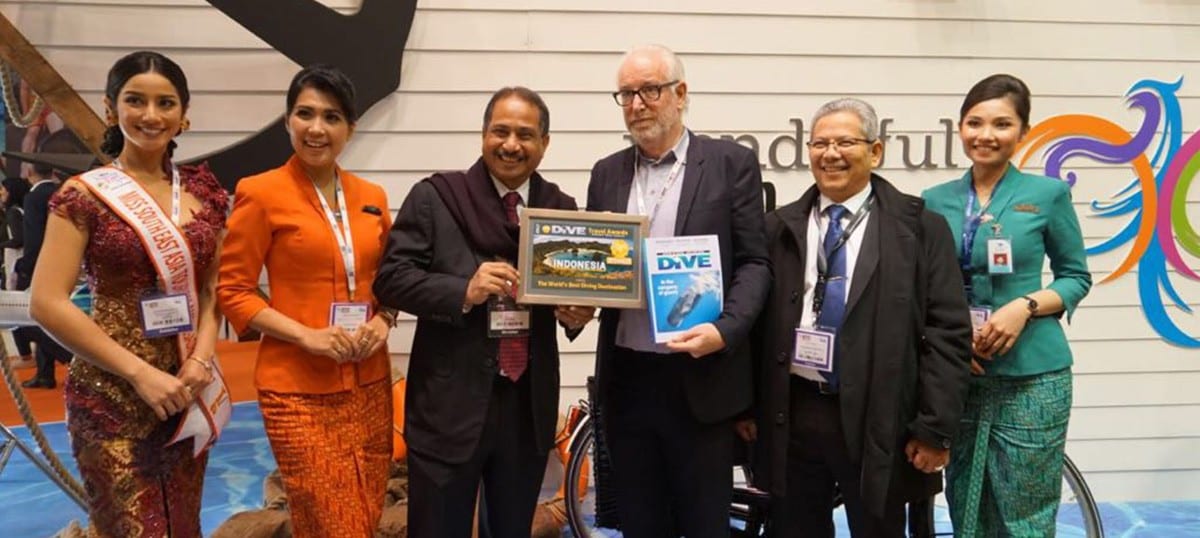
INDONESIA again Confirmed Top Dive Destination in the World: Dive Magazine 2017 Travel Awards
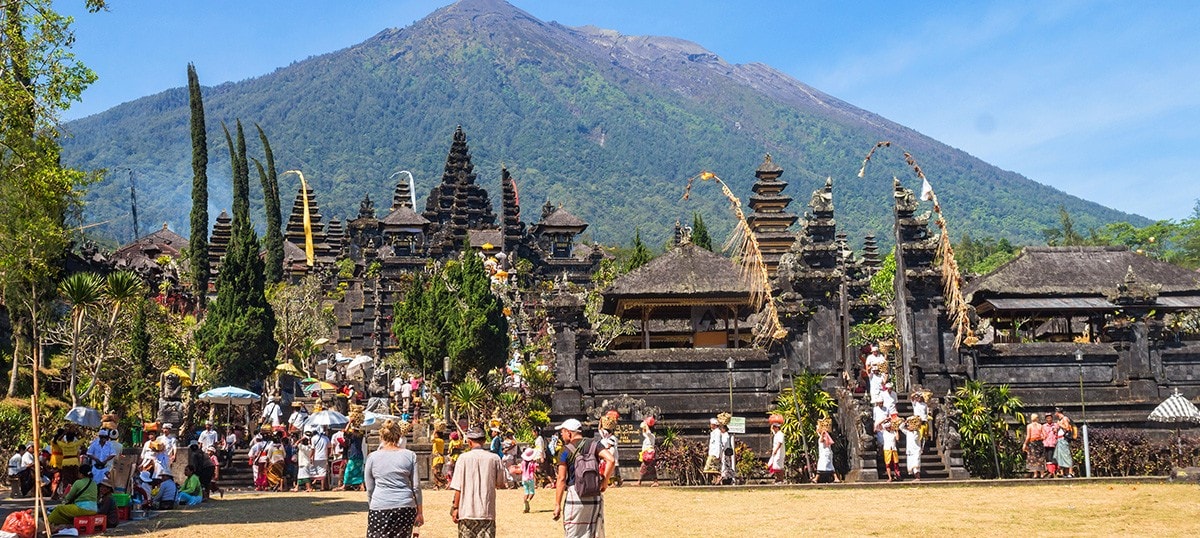
Bali’s Mount Agung Alert Status Lowered to Level 3 with Reduced Activities
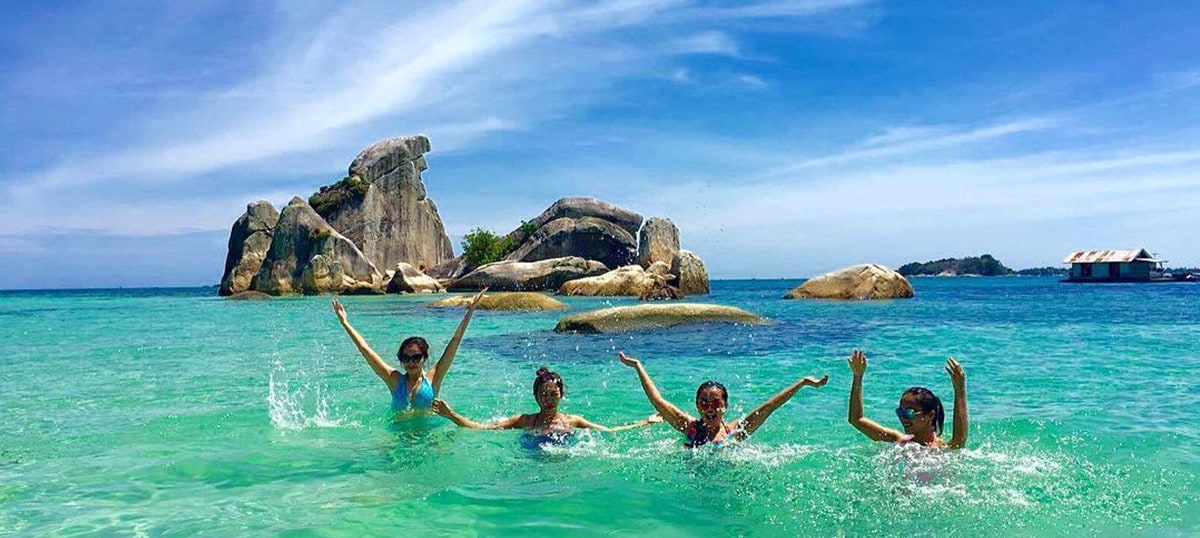
BELITUNG AIRPORT goes INTERNATIONAL: KL–Belitung 4D/3N at MYR 1,390/ Pax

PALEMBANG, South Sumatra, Scoot’s new Destination from Singapore
Travel Inspiration

Wonderful.Indonesia
See the Destination

Visit our other website
This is the official website of the Ministry of Tourism, Republic of Indonesia. The contents listed on this website are intended for informational purposes rather than commercial. Any displayed sale is meant as a token of partnership and will always redirect you to our partners' sites.
More than 11,000 evacuated in northern Indonesia as volcano erupts
Exclusion zone extended, flights disrupted as Ruang sends ash and smoke more than two kilometres into the sky.
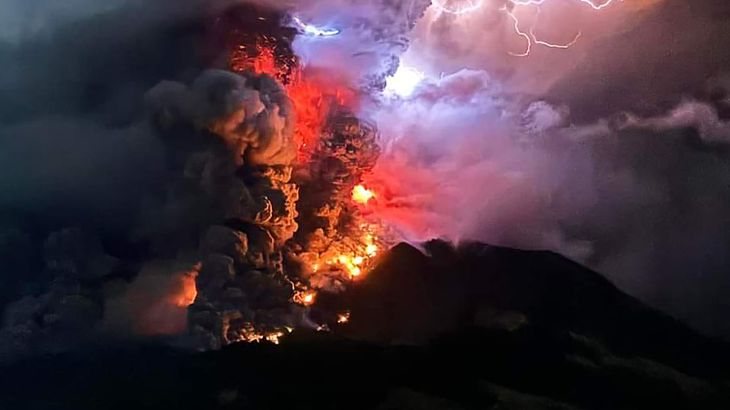
More than 11,000 people have been told to evacuate and air travel in the region has been disrupted after a volcano in northern Indonesia erupted multiple times.
Mount Ruang, located in North Sulawesi Province, first erupted at 9:45pm (13:45 GMT) on Tuesday, sending billowing clouds of smoke and ash high into the sky.
Keep reading
At least 15 killed after landslides hit indonesia’s sulawesi island, photos: thousands around the world rally for palestinians on al-quds day, at indonesia’s biggest bank, customers’ savings can vanish with a click, anies baswedan challenges indonesia presidential election, calls for rerun.
After four more eruptions on Wednesday, Indonesia’s volcanology agency raised the alert level for the 725-metre (2,379-foot) high mountain to four, the highest on the scale.
They also widened the exclusion zone around the crater from four kilometres (2.5 miles) to six kilometres (3.7 miles).
More than 800 people were evacuated initially from Ruang to nearby Tagulandang Island, which is located more than 100 kilometres (62 miles) north of the provincial capital, Manado.
But officials said on Thursday morning that more people would need to be evacuated as a result of the widening exclusion zone, and would be taken to Manado.
“At least 11,615 residents who are in the risk area must evacuate to a safe place,” Abdul Muhari, the head of the disaster agency’s disaster data, communications and information centre was quoted as saying by the Kompas newspaper.
Officials also worry that part of the volcano could collapse into the sea and cause a tsunami as it did during a previous eruption in 1871.
Video footage showed flows of red lava streaming down the mountain, reflected in the waters below, and billowing clouds of grey ash above Ruang’s crater.
Important Travel Update: Malaysia Airlines has suspended several flights to/from KL International Airport (KUL) to Sabah and Sarawak today, 18 April 2024 due to the volcanic eruption at Mount Ruang, Indonesia. Our priority is your safety. We’re closely monitoring the situation… — Malaysia Airlines (@MAS) April 18, 2024
Muhammad Wafid, the head of Indonesia’s geological agency, earlier said Ruang’s initial eruption sent an ash column two kilometres (1.2 miles) into the sky, with the second eruption pushing it to 2.5 kilometres (1.6 miles).
Aviation authorities announced the closure of Sam Ratulangi International Airport in Manado until at least Thursday evening “due to the spread of volcanic ash which could endanger flight safety”. The airport has connections to countries including China, Singapore and South Korea.
There was also significant disruption to flights to and from Kota Kinabalu International Airport in neighbouring Malaysia. Kota Kinabalu is on the northern tip of Malaysian Borneo, just over 1,100 kilometres (688 miles) to the northwest of Ruang.
The volcanology agency said activity had increased at Ruang after two earthquakes in recent weeks.
Indonesia, which sits along the ‘Ring of Fire’, a horseshoe-shaped series of tectonic fault lines around the Pacific Ocean, has 120 active volcanoes.
In 2018, the eruption of Indonesia’s Anak Krakatoa volcano triggered a tsunami along the coasts of Sumatra and Java after parts of the mountain fell into the ocean. Hundreds of people were killed .

- Useful Links
Hot Topics:
- Safeguarding National Security in Hong Kong
- Policy Address - Chapter on Security
OTA currently in force :
Supplementary Information
Residents who intend to visit the country or are already there should monitor the situation, exercise caution, attend to personal safety and avoid protests and large gatherings of people. Residents in Indonesia who need assistance may call the 24-hour hotline of the Assistance to Hong Kong Residents Unit of the Immigration Department at (852) 1868, call the 1868 hotline using network data or use the 1868 Chatbot via the Immigration Department Mobile Application, send message to the 1868 WhatsApp assistance hotline, send message to the 1868 WeChat assistance hotline or submit the Online Assistance Request Form, or contact the Chinese Embassy / Consulate-General in Indonesia at consular protection hotline: (Embassy – (62) 215764135, Consulate-General in Surabaya – (62) 315678284, Consulate-General in Medan – (62) 82165631070, Consulate-General in Denpasar – (62) 361239902).
Assistance to Hong Kong Residents Unit – Online Assistance Request Form
- On 18 April 2024, Mount Ruang in North Sulawesi, Indonesia erupted and emitted volcanic ash to 3,000 meters. The Indonesian authorities raised the alert level to the highest level 4 and ordered the emergency evacuation of nearby residents. Air traffic was affected.
- On 3 December 2023, Mount Marapi on the island of Sumatra in Indonesia erupted and emitted volcanic ash to 3,000 meters. The Indonesian authority imposed an exclusion zone around its crater.
- On 9 June 2023, Mount Anak Krakatau located in Sunda Strait in Indonesia erupted and emitted volcanic ash to 3,000 meters. The volcanic activity alert remained at level 3. Travellers should stay outside the exclusion zone as imposed by the local authorities and follow the local announcements.
- On 7 December 2022, an explosion occurred at a police station in West Java, resulting in casualties.
- On 4 December 2022, Mount Semeru on Java Island erupted and emitted volcanic ash cloud to 1,500 meters. The Indonesian authorities raised the volcanic activity alert to the highest level of 4. Travellers should stay outside the exclusion zone as imposed by the Indonesian authorities and follow the local announcements.
- On 21 November 2022, a magnitude 5.6 earthquake hit the West Java in Indonesia, resulting in serious casualties and damages.
- After the announcement of election results on 21 May 2019, violent protests erupted in Jakarta, resulting in casualties.
- On 22 December 2018, Sunda Strait was hit by tsunami caused by activities of Mount Anak Krakatau, resulting in casualties. On 27 December 2018, the volcanic activity alert of Mount Anak Krakatau was raised to level 3 of the 4-level alert system.
- On 28 September 2018, Central Sulawesi was struck by a magnitude 7.5 earthquake and tsunami, causing serious casualties and damages. On 3 October 2018, Mount Soputan in Northern Sulawesi was reported to spew ash. The volcanic activity alert was raised to level 3 of the 4-level alert system.
- On 5 August 2018, Lombok was struck by a magnitude 7 earthquake. Multiple earthquakes and aftershocks of magnitude above 6 occurred thereafter. Serious casualties and damages have been resulted. There were reports of disruption in power and water supply.
- On 28 June 2018, the Mount Agung on the island of Bali began to spew volcanic ash and vapour higher than two kilometers into the air. The volcanic activity alert remained at level 3. Air traffic was temporarily suspended.
- On 16 May 2018, a knife attack occurred at a police station in Sumatra, resulting in casualties.
- On 13 and 14 May 2018, explosions occurred at three churches and a police headquarters in Surabaya, resulting in casualties.
- On 10 February 2018, the Indonesian authorities lowered the volcanic activity alert for Mount Agung on the island of Bali to level 3. Travellers should continue to follow the local announcements and stay outside the exclusion zone as imposed by the Indonesian authorities.
- On 27 November 2017, the Indonesian authorities raised the volcanic activity alert for Mount Agung on the island of Bali to the highest level of 4. Travellers should stay outside the exclusion zone as imposed by the Indonesian authorities and follow the local announcements.
- On 21 November 2017, the Indonesian authorities reported that Mount Agung began spewing clouds of gray smoke to a height of around 700 meters above the mountain's peak. The volcanic activity alert remained at level 3.
- On 22 September 2017, the Indonesian authorities raised the volcanic activity alert for Mount Agung on the island of Bali to the highest level of 4, indicating that an eruption could be imminent. On 29 October 2017, the Indonesian authorities lowered the volcanic activity alert to level 3.
- On 24 May 2017, explosions occurred near a bus station in Jakarta, resulting in casualties.
- On 14 January 2016, a series of explosions occurred in central Jakarta, resulting in casualties.
- In early November 2015, Mount Rinjani on Lombok erupted. Air traffic is affected and some airports including the international airports in Bali and Lombok were once closed.
- In early July 2015, Mount Raung in East Java erupted. Air traffic was affected.
- Political rallies were held in the period around the presidential elections on 9 July 2014.
- Protests in different cities in end March 2012.
- An explosion in Central Java on 25 September 2011 resulted in casualties.
- A bomb attack in West Java on 15 April 2011.
- Severe bomb explosions in Jakarta in July 2009.
- Current OTA issued on : 20 October 2009, 11:00
Registration for Outbound Travel Information (ROTI)
Before departing Hong Kong, residents may register via ROTI their travel itineraries and contact details to receive updates on OTA and related information. The Immigration Department may contact and assist the registrants in an emergency.
Register Now
Hyperlinks to other travel advisories:
- Outbound Travel Alert of Ministry of Foreign Affairs of the People's Republic of China (Chinese only)
- Travel Health News from Travel Health Service of the Department of Health
Relevant Press Releases

Indonesia's Ruang volcano erupts, raising alerts
J AKARTA (Reuters) -Indonesia's Ruang volcano spewed explosive incandescent lava into the night sky early on Tuesday as lightning flashes lit up its crater, prompting authorities to raise the alert status and warn of a possible tsunami.
The Center for Volcanology and Geological Hazard Mitigation (PVMBG) warned residents living on Tagulandang island, the island closest to the volcano, that a tsunami could be triggered by volcanic material collapsing into the ocean.
The warning was issued on Tuesday morning, with PVMBG official Hetty Triastuty saying it remained in placed as of the afternoon.
The agency raised the alert status of Ruang to the highest level following the early morning eruption, urging residents not to go near the volcano.
Tuesday's eruption follows a series of eruptions earlier this month that forced hundreds to evacuate, and the airport in the provincial capital of Manado to close. That eruption also caused damage to some homes. At the time, the volcanology also issued a warning about the potential for a tsunami.
Footage shared by Indonesia's disaster mitigation agency showed strikes of lightning flashing above Ruang's crater, as fiery red clouds of lava and rocks were projected into the air and rained down around the island.
The agency said the eruption column reached 5 kilometres (3.1 miles) high, and urged any remaining residents within a 7-km, previously 6-km, radius to immediately evacuate, warning of possible further "explosive eruptions".
Ruang island is about 100 km from Manado, the capital of North Sulawesi province in the north-central region of the sprawling Indonesian archipelago. It home to more than 800 residents, most of whom evacuated following the recent eruptions.
The eruption corresponded with a spike in seismic activity and deep volcanic earthquakes, the disaster agency said.
Authorities closed Manado's Sam Ratulangi airport again on Tuesday, citing the possible spread of volcanic ash, the airport operator said in an Instagram post. The airport will remain closed until noon on Wednesday, the transport ministry said.
Authorities downgraded the status level to level 3 last week before bumping it up again to level 4 on Tuesday.
Indonesia straddles the so-called "Pacific Ring of Fire," an area of high seismic activity where multiple tectonic plates meet.
(Reporting by Stanley Widianto and Ananda Teresia; Writing by Kate Lamb; Editing by Lincoln Feast, Christian Schmollinger and Kim Coghill)

Airport Near Volcano Reopens as Indonesia Lowers Eruption Alert Level
Indonesian authorities reopened an international airport near a volcano that erupted last week as they lowered warnings

This photo provided by the Indonesian National Search and Rescue Agency (BASARNAS) shows a view of an eruption of Mount Ruang in the Sulawesi island, Indonesia, Friday, April 19, 2024. More people living near the erupting volcano on Indonesia's Sulawesi Island were evacuated on Friday due to the dangers of spreading ash, falling rocks, hot volcanic clouds and the possibility of a tsunami. (National Search and Rescue Agency via AP)
MANADO, Indonesia (AP) — Indonesian authorities reopened an international airport near a volcano that erupted last week as they lowered a warning level on Monday.
Sam Ratulangi airport has been closed since Thursday due to eruptions at nearby Mount Ruang.
Indonesia’s Disaster Management Agency lowered the volcano's alert level from four, the second-highest level, to three, but said residents were still ordered to remain at least 4 kilometers (2.7 miles) away from the mountain.
More than 3,000 residents have been evacuated since Thursday due to dangers including ash, falling rocks, hot volcanic clouds and fears of a tsunami . A joint team from the local authorities combed the villages surrounding the volcano and evacuated residents by boat.
Danger continued with the possibility of small-scale eruptions, which could cause rock slides and other damage in the immediate area of the volcano.
Officials opened the airport after satellite imagery showed that rains had washed away volcanic ash covering the tarmac.
Photos You Should See - April 2024

Indonesia , an archipelago of 270 million people, has 120 active volcanoes. It is prone to volcanic activity because it sits along the “Ring of Fire,” a horseshoe-shaped series of seismic fault lines around the Pacific Ocean.
Tarigan reported from Jakarta.
Copyright 2024 The Associated Press . All rights reserved. This material may not be published, broadcast, rewritten or redistributed.
Join the Conversation
Tags: Associated Press , world news , volcanoes
America 2024

Health News Bulletin
Stay informed on the latest news on health and COVID-19 from the editors at U.S. News & World Report.
Sign in to manage your newsletters »
Sign up to receive the latest updates from U.S News & World Report and our trusted partners and sponsors. By clicking submit, you are agreeing to our Terms and Conditions & Privacy Policy .
You May Also Like
The 10 worst presidents.
U.S. News Staff Feb. 23, 2024

Cartoons on President Donald Trump
Feb. 1, 2017, at 1:24 p.m.

Photos: Obama Behind the Scenes
April 8, 2022

Photos: Who Supports Joe Biden?
March 11, 2020

Nationwide Campus Protests Escalate
Laura Mannweiler April 30, 2024

What to Know: Trump Gag Order Violations
Lauren Camera April 30, 2024

Different jobs with med degree
Jarek Rutz April 30, 2024

Motion To Oust Johnson Dead On Arrival
Aneeta Mathur-Ashton April 30, 2024

Consumers Losing Confidence in Economy
Tim Smart April 30, 2024

Home Prices Rise, Defying Mortgage Rates

Mountain View, CA
Mountain View
Around the Globe
Hurricane tracker.
Severe Weather
Radar & Maps
News & features, winter center, news / weather news, ruang volcano erupts with fierce lightning storm, blazes nearby school.
Over 3,500 earthquakes preceded a spectacular eruption of the Ruang Volcano in Indonesia, which sent lava flying into nearby towns, prompting evacuations.
By Jesse Ferrell , AccuWeather meteorologist and senior weather editor
Published Apr 30, 2024 10:50 AM PDT | Updated Apr 30, 2024 10:50 AM PDT
Indonesia’s remote Mount Ruang volcano erupted multiple times on April 30. The volcano, which erupted more than half a dozen times this month, forced evacuations.
Indonesia's Ruang volcano erupted on Tuesday with a blaze of lightning and lava. This explosion is the latest of six major eruptions, the last just over three weeks ago , and the source of more than 3,500 earthquakes this month, according to the Center for Volcanology and Geological Disaster Mitigation .
Tuesday's eruption lofted lava and embers onto nearby Tagulandang Island, setting the middle school on fire . Most of the island's 12,000 residents were already under an evacuation notice.

Mount Ruang erupts on April 30, 2024 (PVMBG)
Videos of the eruption showed plentiful volcanic lightning , which is more frequent and fleeting than lightning strikes occurring in a thunderstorm. Before the eruption was complete, more than 16,000 lightning strikes had been detected around Ruang.
The eruption was captured by Japan's Himawari weather satellite, showing an explosion in ash and sulfur dioxide emanating from the eruption.
Himawari satellite loop of the Ruang Volcano erupting ash and sulfur dioxide on April 30, 2024 (NOAA/CIRA).
There are fears that the volcano's eruptions could alter the weather or climate . Prior to this month's eruptions, the last eruption of Mount Ruang was in September 2022 .
More to read:

Weather News

Brothers sucked out of their home by tornado survive to tell the tale

Storm chaser recalls intercepting weekend tornadoes

The difference between tornado watches and warnings
Top Stories
Trending Today
Accuweather early, accuweather prime, forecast victories.
More than 100 tornadoes, including an EF4, struck nation's heartland
4 hours ago

More severe storms eye tornado-weary central US
3 hours ago

11 hours ago

Weather Forecasts
Warmth, chill and rain to eye Northeast for first few days of May

A tornado and a power outage didn't stop this couple's wedding

Featured Stories
Good news: The worst could be over for gas prices this spring
8 hours ago

Global wine production worst in 62 years due to 'extreme climate'

SpaceX sends another batch of Internet satellites aloft

Gold watch worn by Titanic passenger sells for record-breaking sum

Hawaii attraction to be removed following bad tourist behavior

We have updated our Privacy Policy and Cookie Policy .
Get AccuWeather alerts as they happen with our browser notifications.
Notifications Enabled
Thanks! We’ll keep you informed.
We’re sorry, this site is currently experiencing technical difficulties. Please try again in a few moments. Exception: request blocked
Indonesian volcano eruption forces evacuations, airport closure
- Medium Text
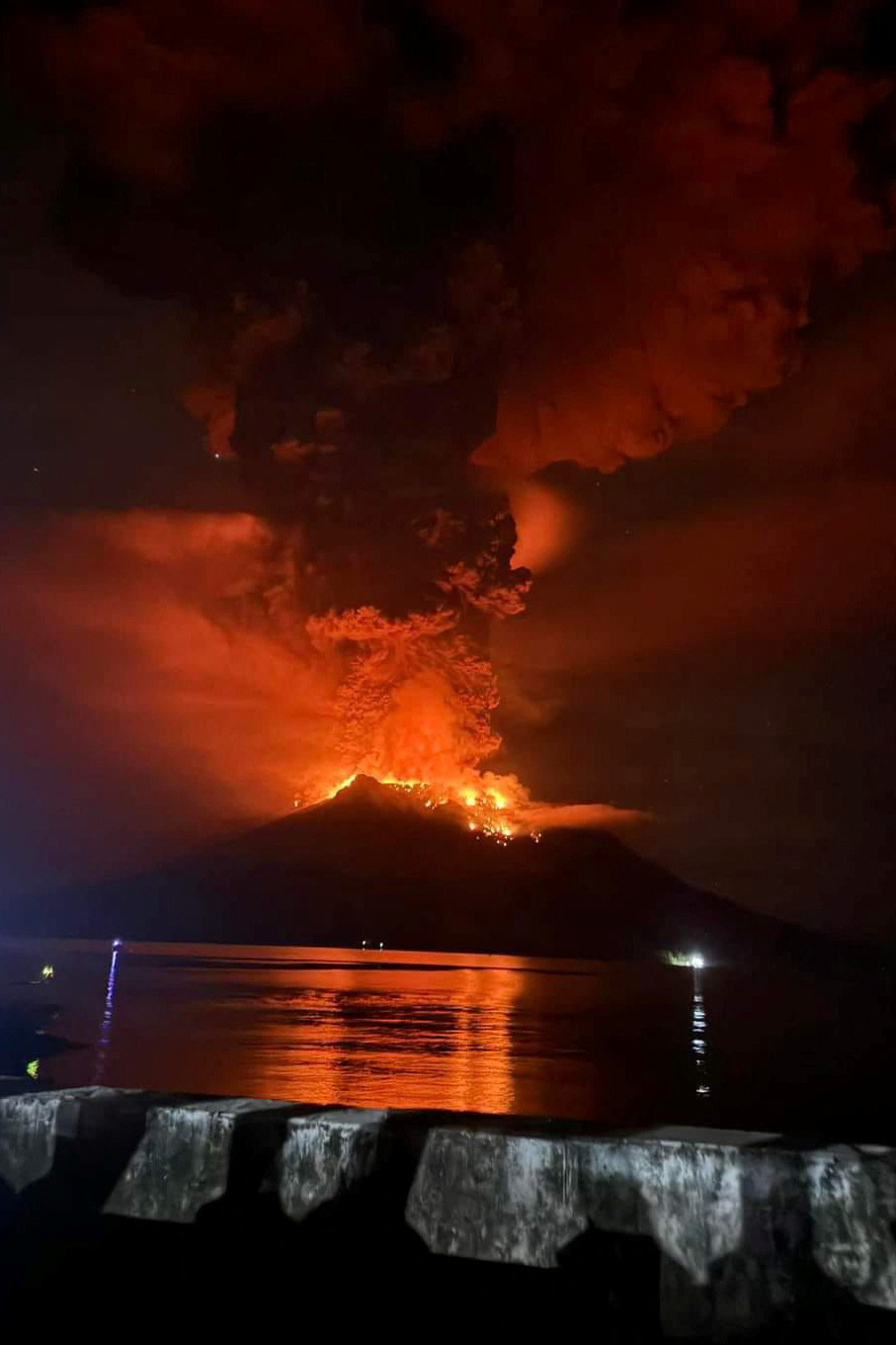
Sign up here.
Reporting by Fransiska Nangoy; Writing by Kate Lamb; Editing by Clarence Fernandez
Our Standards: The Thomson Reuters Trust Principles. New Tab , opens new tab
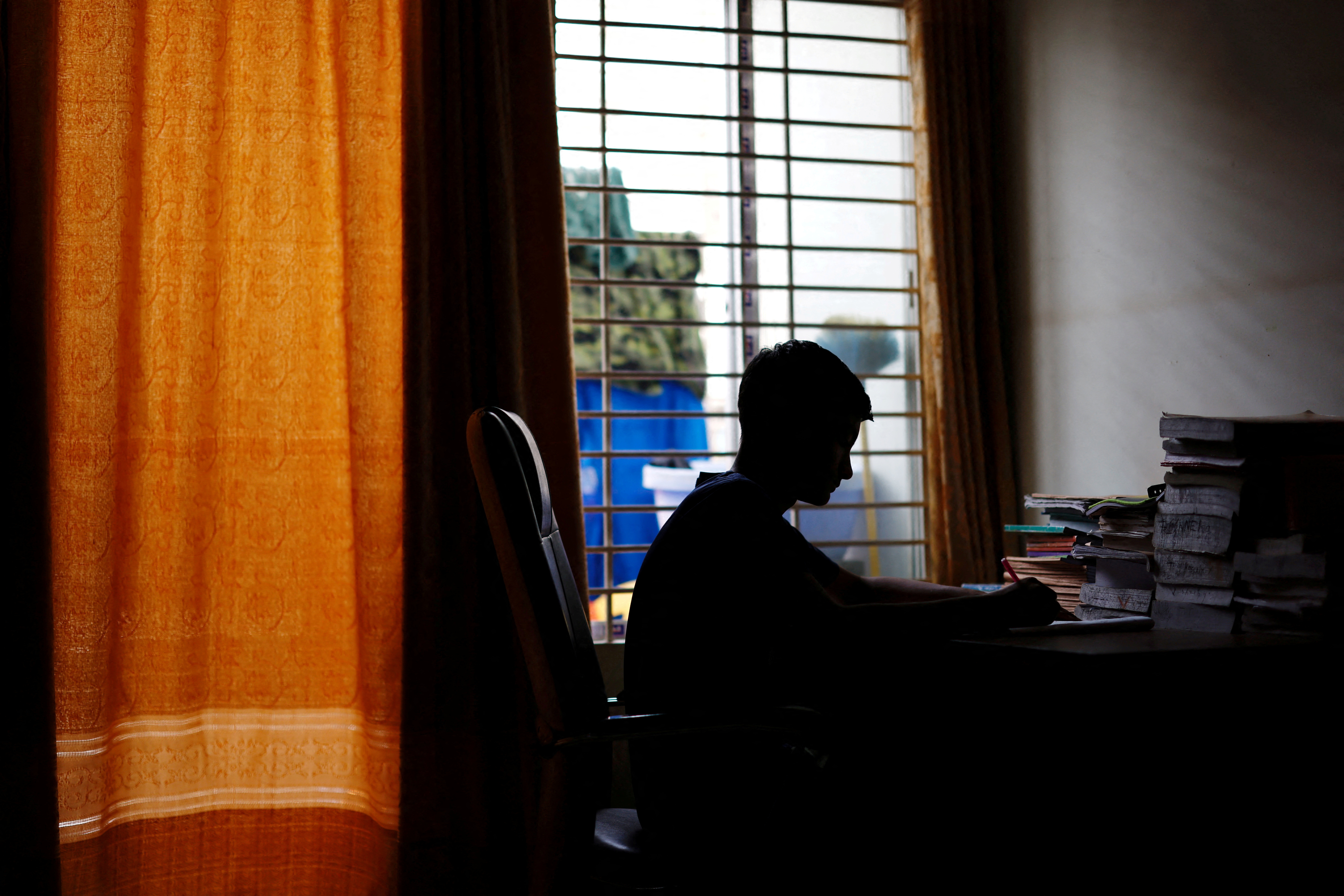
World Chevron

Judge fines Trump $9,000, threatens jail for contempt in hush money trial
The judge overseeing Donald Trump's criminal hush money trial fined the former U.S. president $9,000 for contempt of court on Tuesday and said he would consider jailing him if he continued to violate a gag order.


IMAGES
VIDEO
COMMENTS
Read the entire Travel Advisory. Do Not travel to: The provinces of Central Papua (Papua Tengah) and Highland Papua (Papua Pegunungan) due to civil unrest. Terrorists continue plotting possible attacks in Indonesia. Terrorists may attack with little or no warning, targeting police stations, places of worship, hotels, bars, nightclubs, markets ...
Volcanic activity can disrupt domestic and international flights. There are 4 volcano alert levels in Indonesia; 1 - normal, 2 - advisory, 3 - watch, 4 - warning. Before you travel to areas that are prone to volcanic activity, monitor media and ensure you read the Indonesian Government's latest advice on current volcanic activity, including:
Maritime Travel: Mariners planning travel to Indonesia should also check for U.S. maritime advisories and alerts on the Maritime Administration website. Information may also be posted to the websites of the U.S. Coast Guard and the National Geospace Intelligence Agency (select "broadcast warnings").
For information traffic safety and road conditions in Indonesia, see Travel and Transportation on US Department of State's country-specific information for Indonesia. ... Monitor travel advisories and alerts and read travel tips from the US Department of State. Enroll in the Smart Traveler Enrollment Program (STEP). Leave a copy of your ...
30 November 2023. New International Travel Regulations to Enter Indonesia as of 1 February 2022. As an immediate follow-up to prevent the spread of SARS-COV-2 B.1.1.529 from South Africa and some other countries in the world, COVID-19 Task Force issued the Circular of the Head of the COVID-19 Handling Task Force Number 4 of 2022 regarding International Travel Health Protocol during the Corona ...
Advisory on Coronavirus for Travelers to Indonesia. Tue, 17 Mar 2020. Due to the recent concern regarding the outbreak of COVID-19 in Indonesia, the Government of the Republic of Indonesia would be implementing the following measures in order to minimize the risk of the pandemic from spreading even further: 1| The Government continues to ...
Location: Indonesia Event: Government Announces New Travel Restrictions Effective September 19, 2021, the Government of Indonesia (GOI) introduced new Effective September 19, 2021, the Government of Indonesia (GOI) introduced new travel requirements and COVID-19 testing procedures which will affect all travelers arriving to or traveling within Indonesia.
Event: Alert: COVID-19 Update 2021 Indonesian Travel Restrictions, U.S. Embassy Jakarta, Indonesia (29 November 2021) The Government of Indonesia has announced new travel restrictions in response to the discovery of the new "Omicron" variant of COVID-19: Foreign nationals will not be allowed entry to Indonesia if they have had any transit ...
Latest FCDO travel advice for Indonesia including on entry requirements, ... Get email alerts Warnings and insurance Still current at: 29 April 2024 Updated: 23 April 2024
While near any volcano, you should: monitor local media. exercise caution. follow the advice of the local authorities, including any evacuation orders. Ash clouds can affect flight schedules and ...
At least 8 weeks before your trip check: the latest information on health risks and find out what vaccinations you need for Indonesia on TravelHealthPro. where to get vaccines and whether you have ...
Indonesia shares a land border with 3 neighbouring states. For this region of countries (including Indonesia), the Advisory Index is 3.3 (average value over all countries). All countries have some reported advisories: Papua New Guinea (3.8), East Timor with 3.2 and Malaysia with 2.8 (of 5).
U.S. DEPARTMENT of STATE — BUREAU of CONSULAR AFFAIRS. Travel.State.Gov > Travel Advisories > Indonesia Travel Advisory . Congressional Liaison; Special Issuance Agency; Legal Resources
Weather Alert - U.S. Consulate Surabaya; Peace Corps Volunteers to Support English Language Learning in East Java, West Java, and East Nusa Tenggara ... Please consult the Indonesia travel page at Travel.State.Gov for full information about travel to Indonesia. Entry Requirements: Starting on June 9, 2023, the Indonesian Government no longer ...
Indonesia has 129 active volcanoes and periodically experiences major volcanic events that can be dangerous, even life-threatening. Ash clouds can disrupt air travel, including on the island of Bali, and cause or worsen respiratory problems. Active volcanoes are monitored to provide residents with an early warning should unusual activity occur.
Event. Authorities have tightened domestic intercity travel restrictions as of Aug. 28. Most people aged 18 and above who wish to travel intercity must now have received a booster COVID-19 dose. Individuals with medical conditions preventing them from receiving COVID-19 vaccines are exempt from the policy but must present a doctor's certificate ...
General Travel Advice and Warnings for Indonesia. The decision to travel to Indonesia is your choice and you are in charge of your personal welfare whilst in Indonesia. The content on this web page is offered information only and collected from travel advice and warnings for Indonesia by authorities around the globe to their citizens.
For active volcanoes, the alert level of Indonesia's Natural Disaster Management Authority can change with little warning. New Zealanders are advised to exercise caution, check news reports and follow local advice before travelling to areas within Indonesia that are prone to volcanic activity. ... General travel advice Indonesia is a diverse ...
Indonesia Travel Advisory : Level 2: Exercise Increased Caution: July 24, 2023: Iran Travel Advisory : Level 4: Do Not Travel: January 11, 2024: ... TRAVEL ADVISORIES AND ALERTS: THE DETAILS Enroll in STEP. Subscribe to get up-to-date safety and security information and help us reach you in an emergency abroad.
How to Avoid Crime & Corruption When Visiting Indonesia. Crime can be a major problem throughout Indonesia, though it's most serious in large cities such as Kuta and Jakarta. Check out how you can try to avoid trouble and stay safe. Is Indonesia safe for travelers? Here's our help, advice and support for planning a successful trip and traveling ...
Stay informed with the latest updates and stories on Indonesia's travel and tourism. Explore new adventures and destinations gb-en Global Global (English) ... Bali's Mount Agung Alert Status Lowered to Level 3 with Reduced Activities.
More than 11,000 people have been told to evacuate and air travel in the region has been disrupted after a volcano in northern Indonesia erupted multiple times. Mount Ruang, located in North ...
The Indonesian authorities raised the volcanic activity alert to the highest level of 4. Travellers should stay outside the exclusion zone as imposed by the Indonesian authorities and follow the local announcements. On 21 November 2022, a magnitude 5.6 earthquake hit the West Java in Indonesia, resulting in serious casualties and damages.
JAKARTA (Reuters) -Indonesia's Ruang volcano spewed explosive incandescent lava into the night sky early on Tuesday as lightning flashes lit up its crater, prompting authorities to raise the alert ...
Indonesia's Disaster Management Agency lowered the volcano's alert level from four, the second-highest level, to three, but said residents were still ordered to remain at least 4 kilometers (2.7 ...
Travel Alert - U. S. Consulate General Surabaya (13 February, 2024) Alert: U.S. Embassy Jakarta - General Elections (10 February, 2024) Weather Alert - U.S. Consulate Surabaya (22 January, 2024) Demonstration Alert - U.S. Consulate Surabaya (6 November, 2023) Demonstration Alert - U.S. Embassy Jakarta (3 November, 2023)
Over 3,500 earthquakes preceded a spectacular eruption of the Ruang Volcano in Indonesia, which sent lava flying into nearby towns, prompting evacuations.
Event: The Mt. Ruang volcano on Ruang Island, North Sulawesi province, erupted today 30 April 2024 after earlier eruptions this month. The Geological Disaster Mitigation Agency of Indonesia has raised Mt. Ruang to its highest volcanic activity alert level - Level 4. Event: The Mt. Ruang volcano on Ruang Island, North Sulawesi province, erupted today 30 April 2024 after earlier eruptions this ...
Indonesia shut a provincial airport and evacuated hundreds of people from the vicinity of the Ruang volcano after it belched explosive plumes of lava, rocks and ash for days, officials said on ...